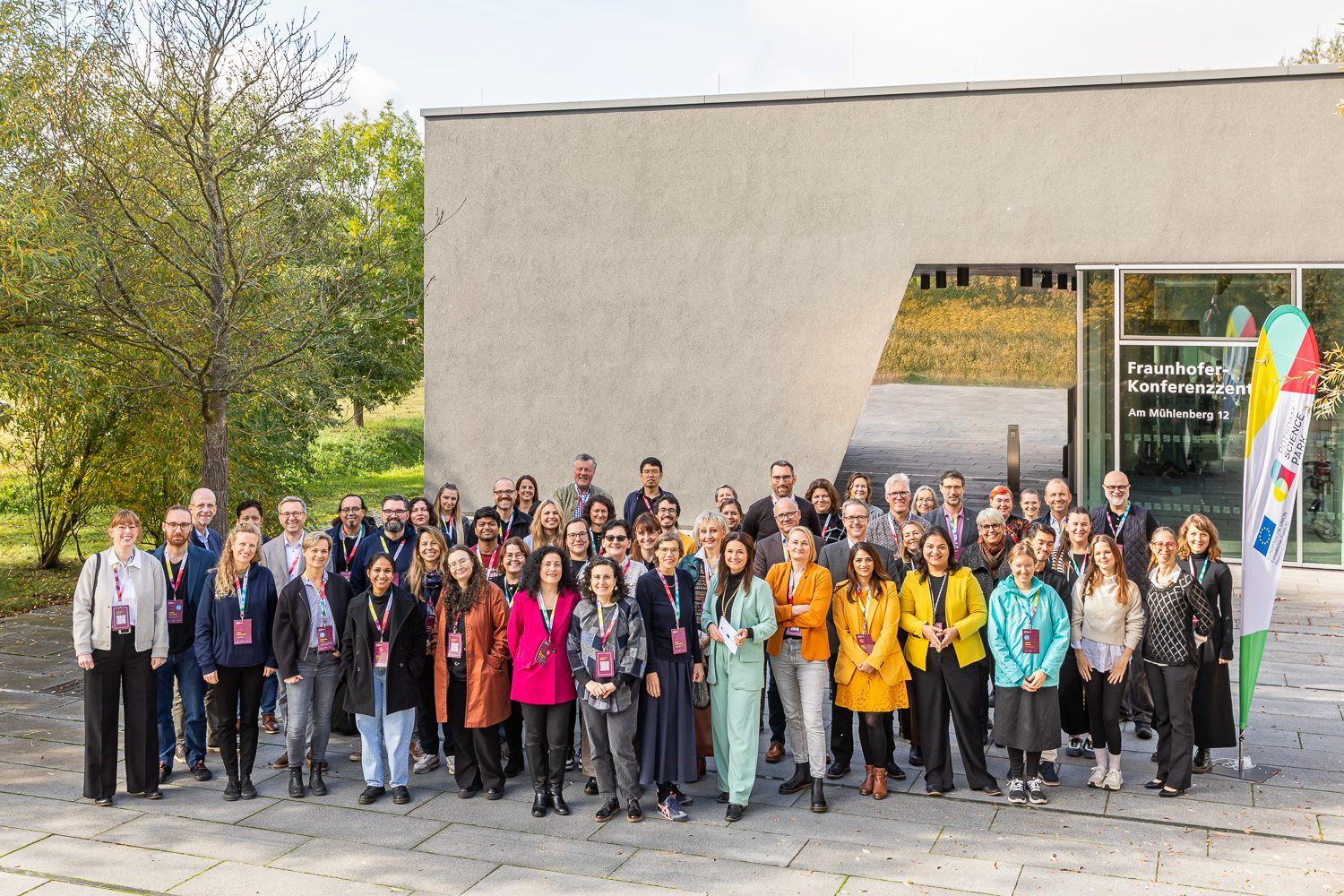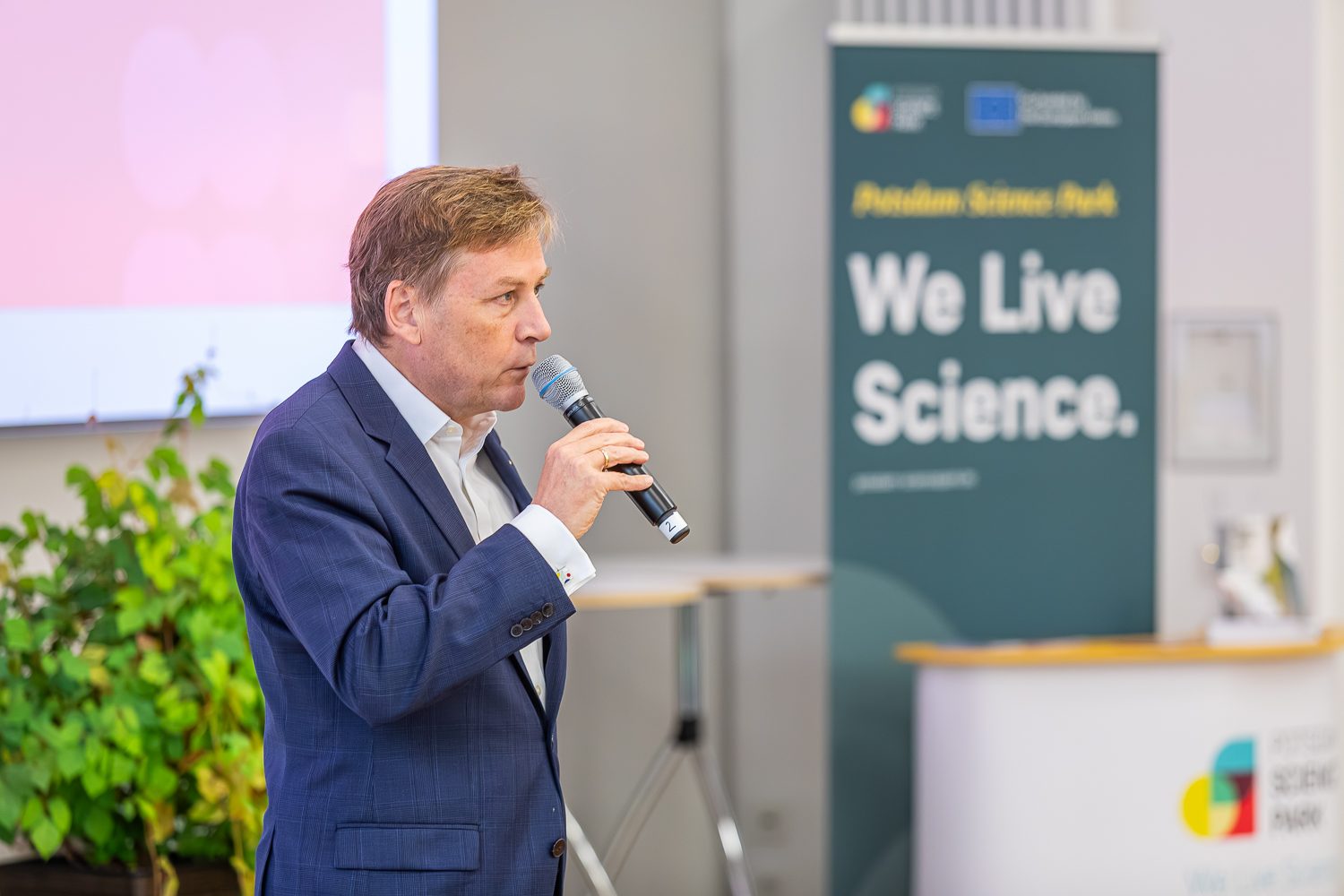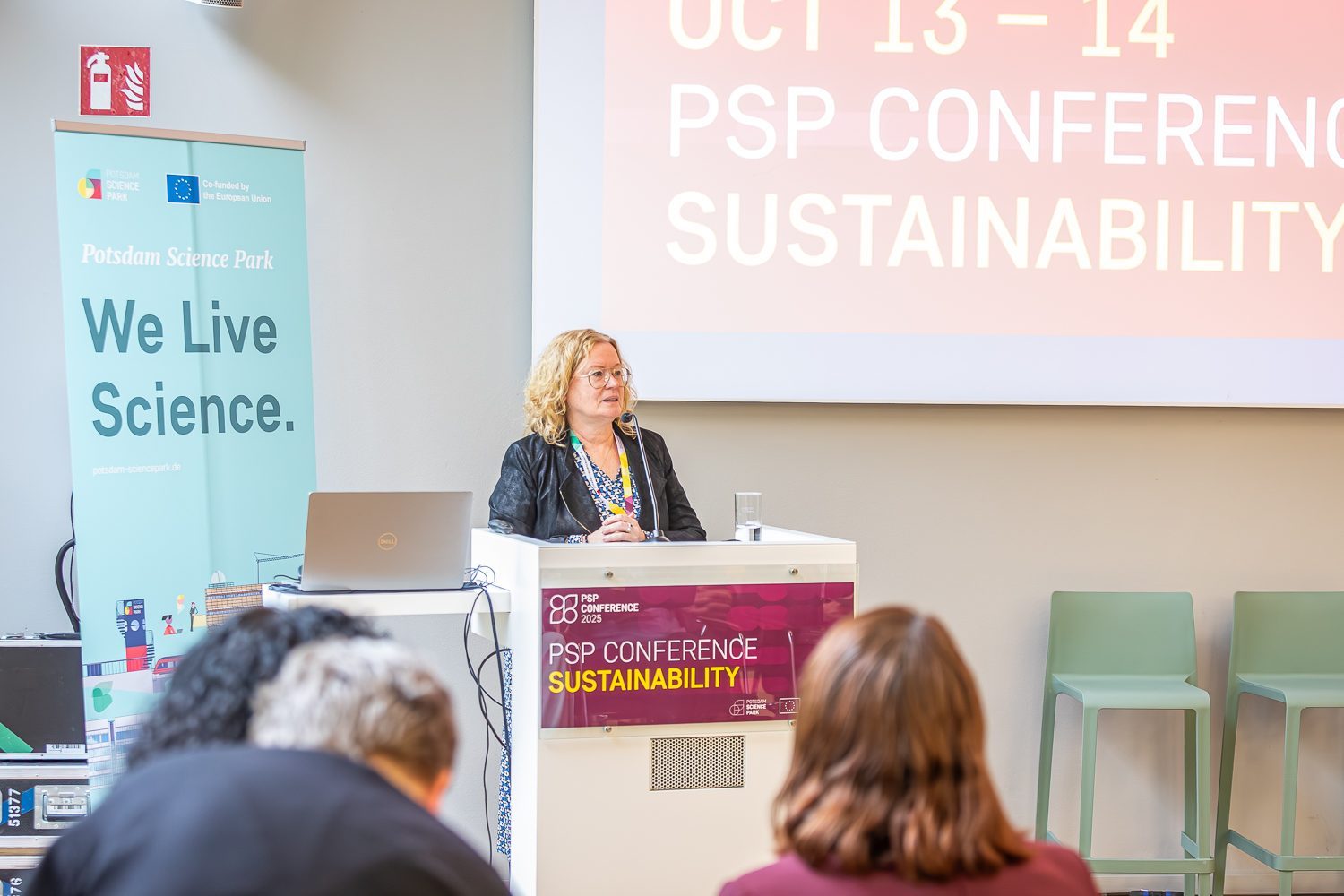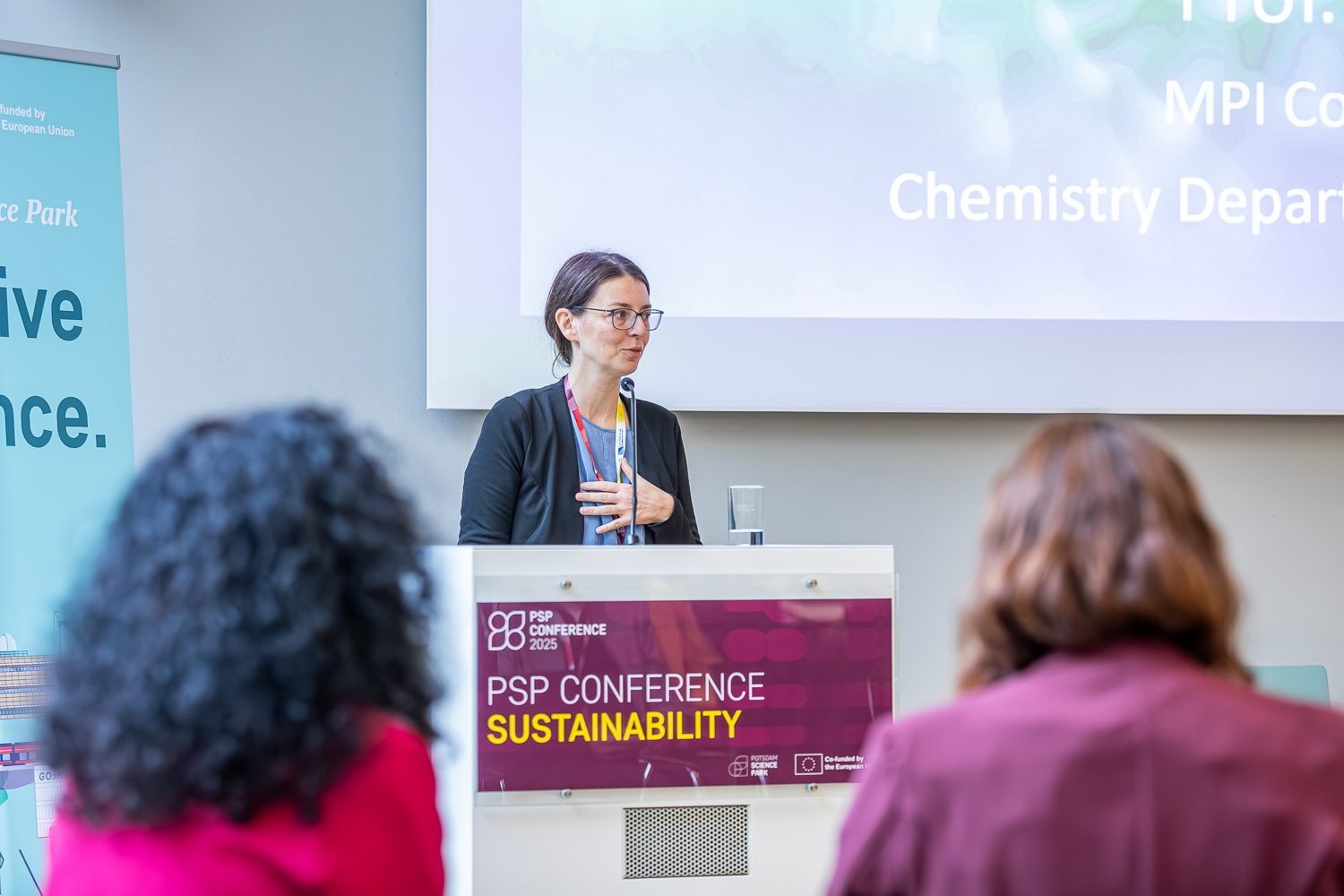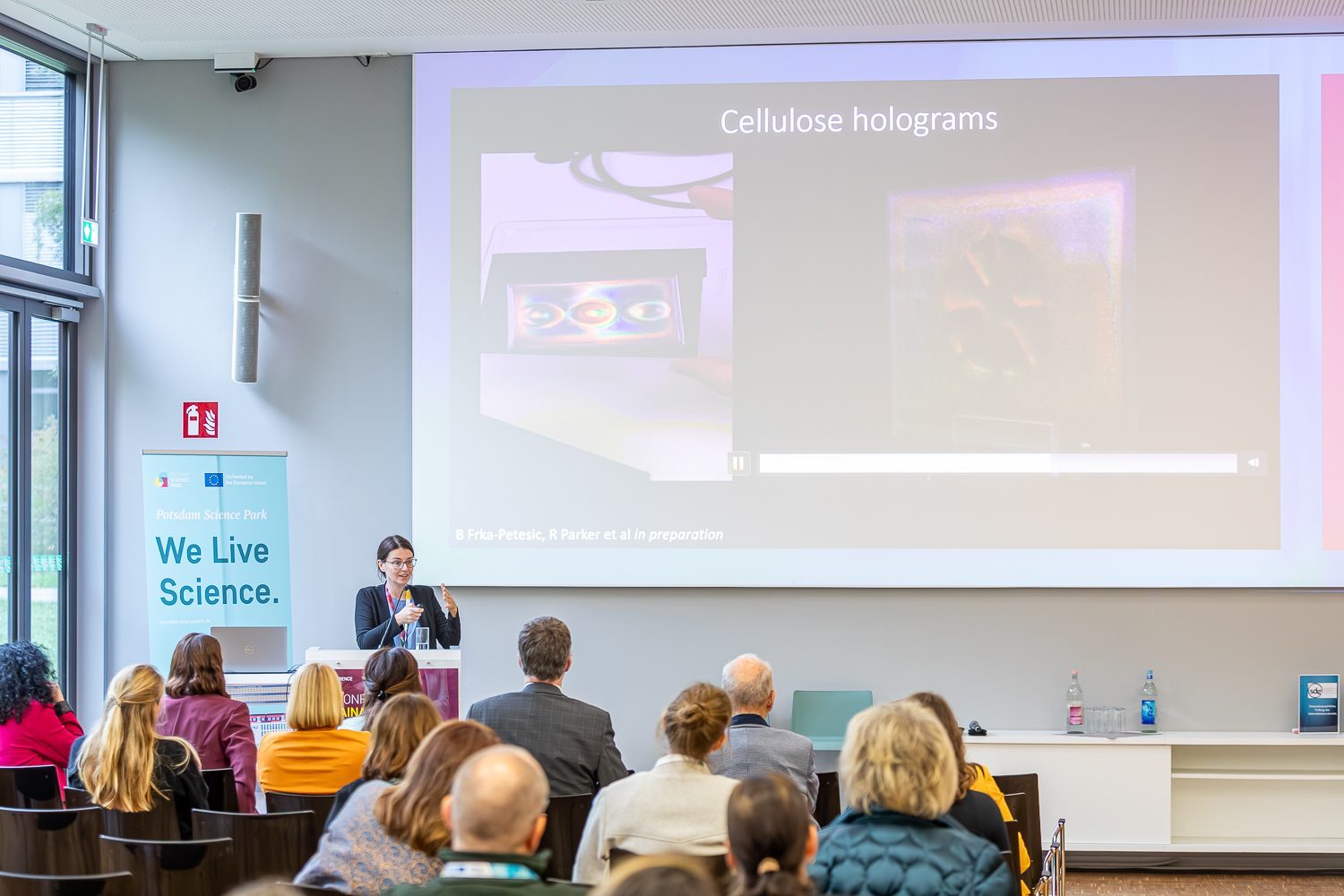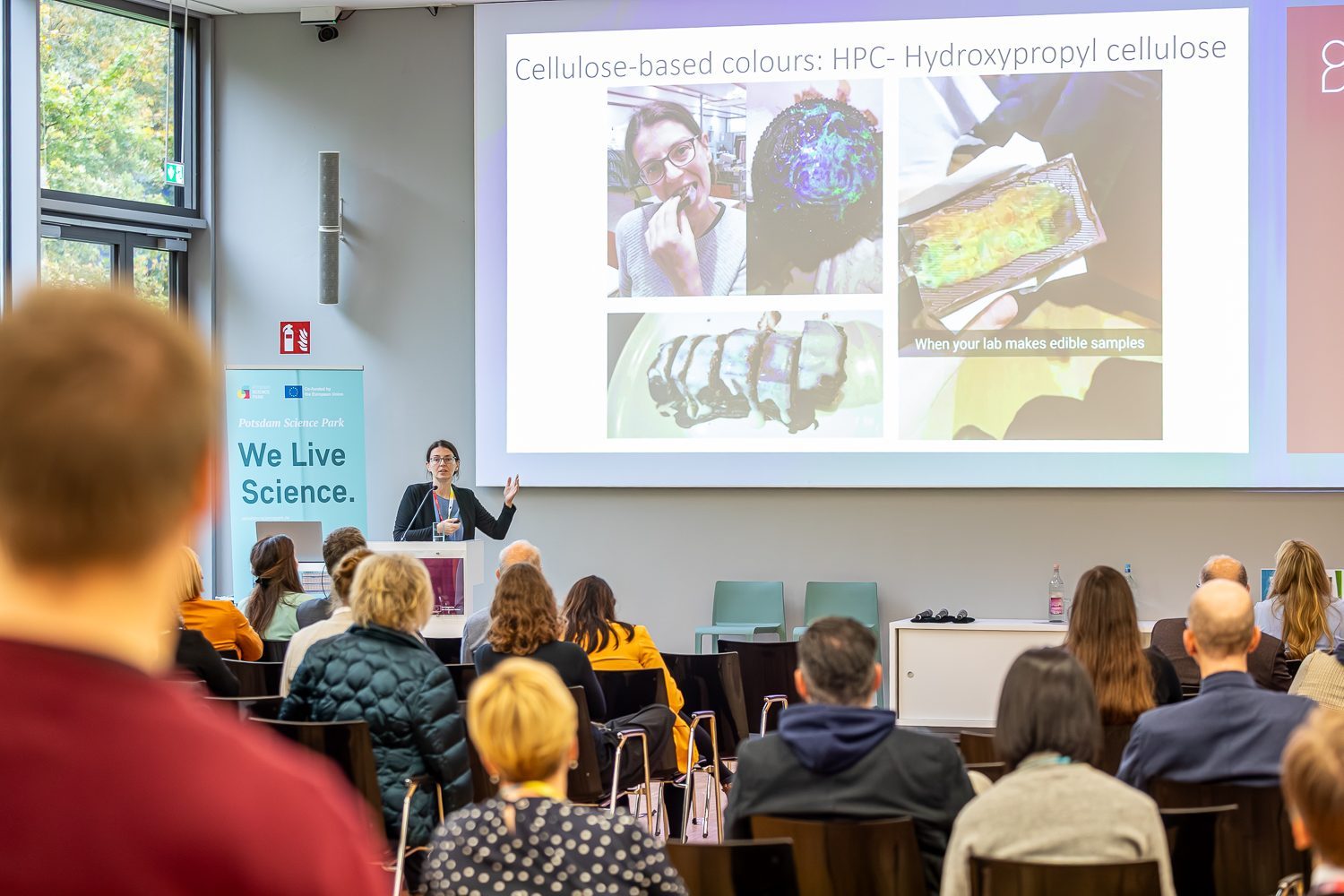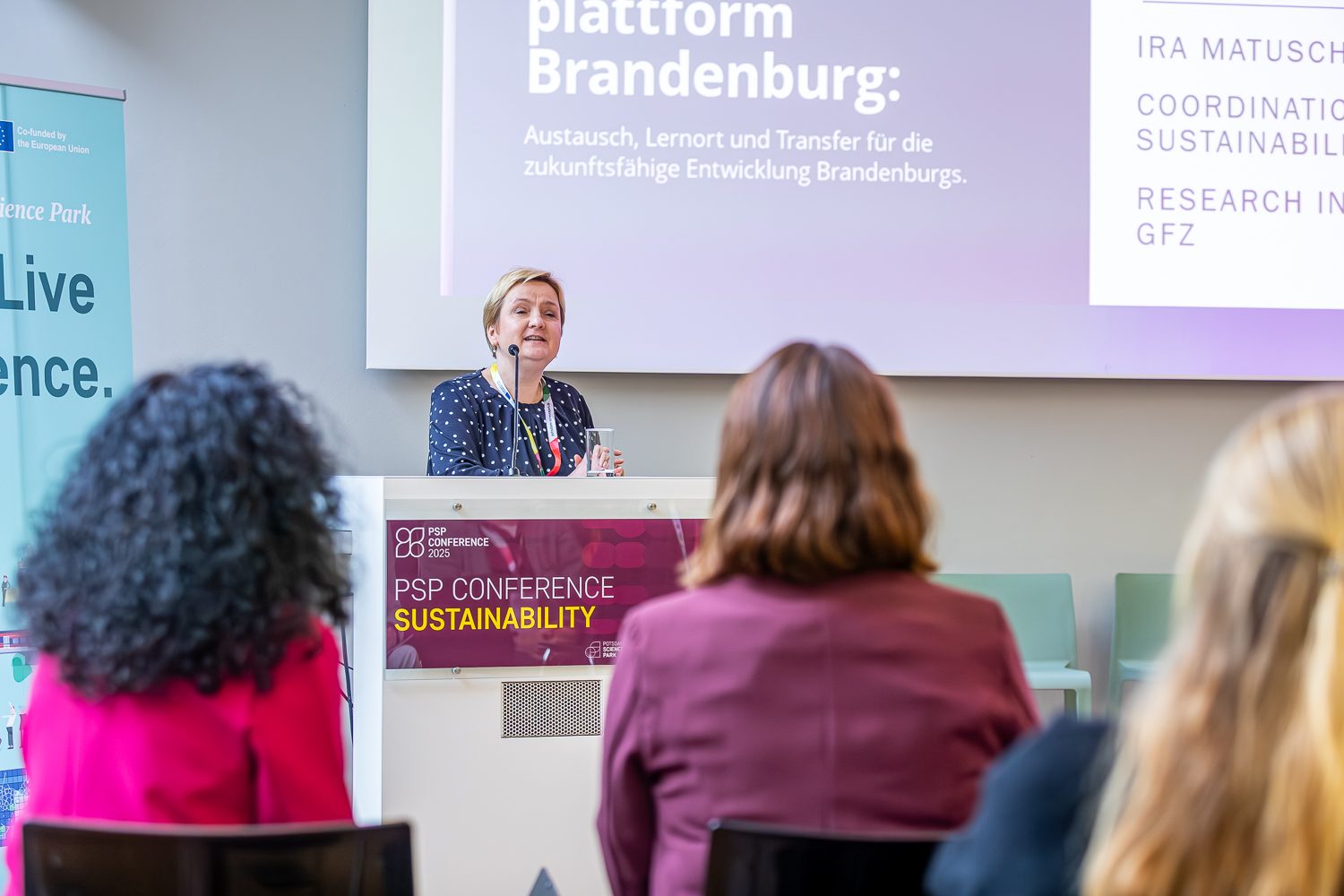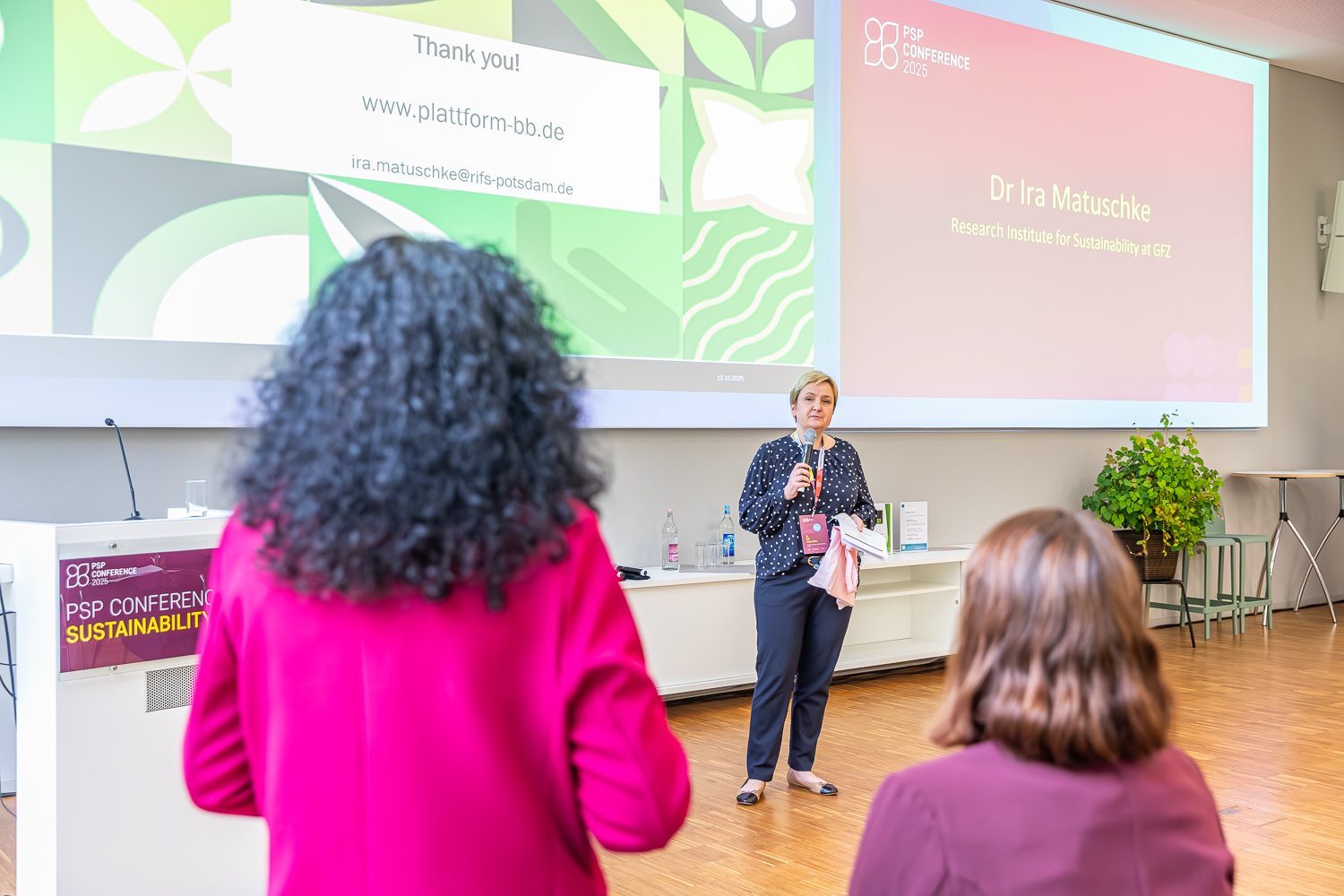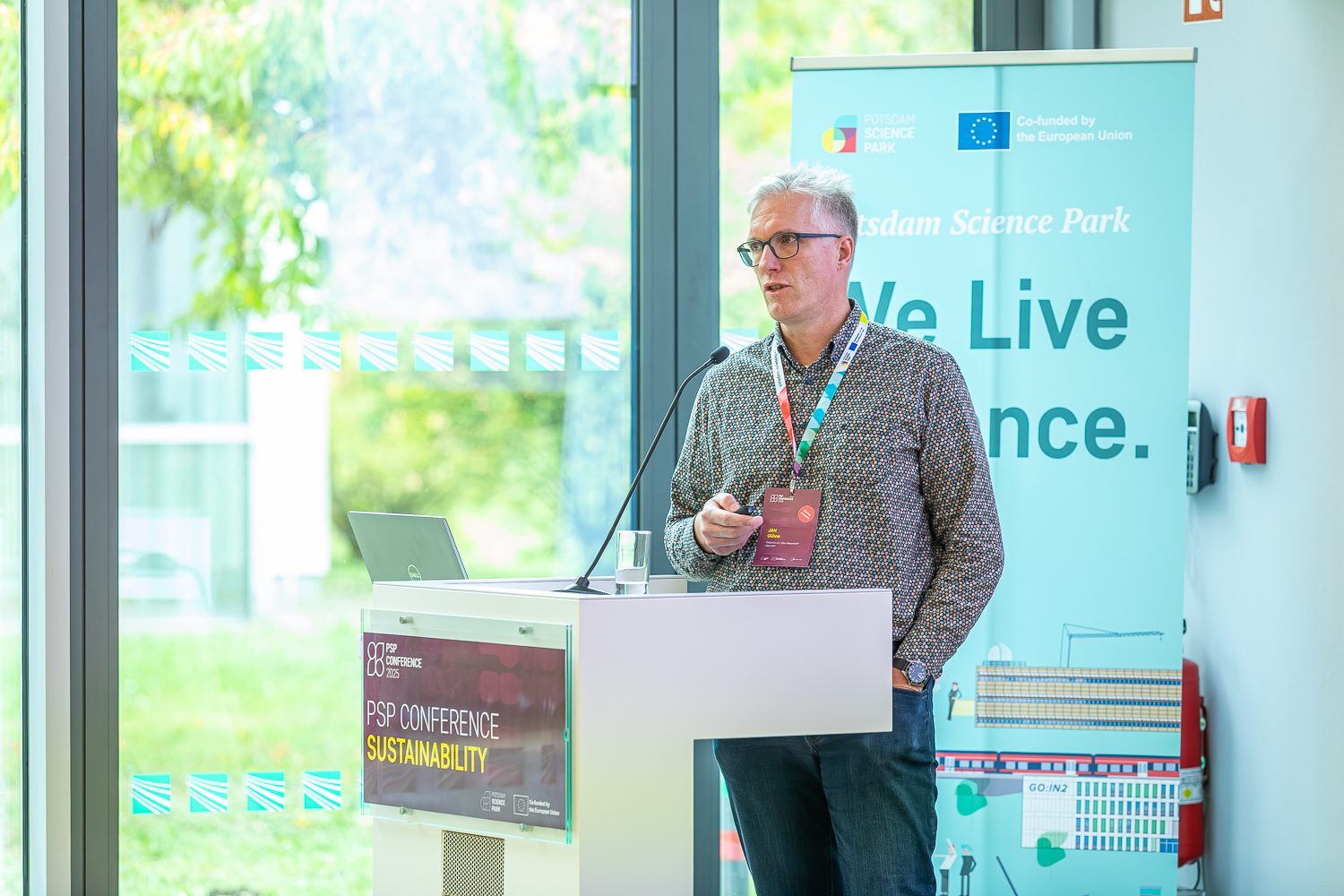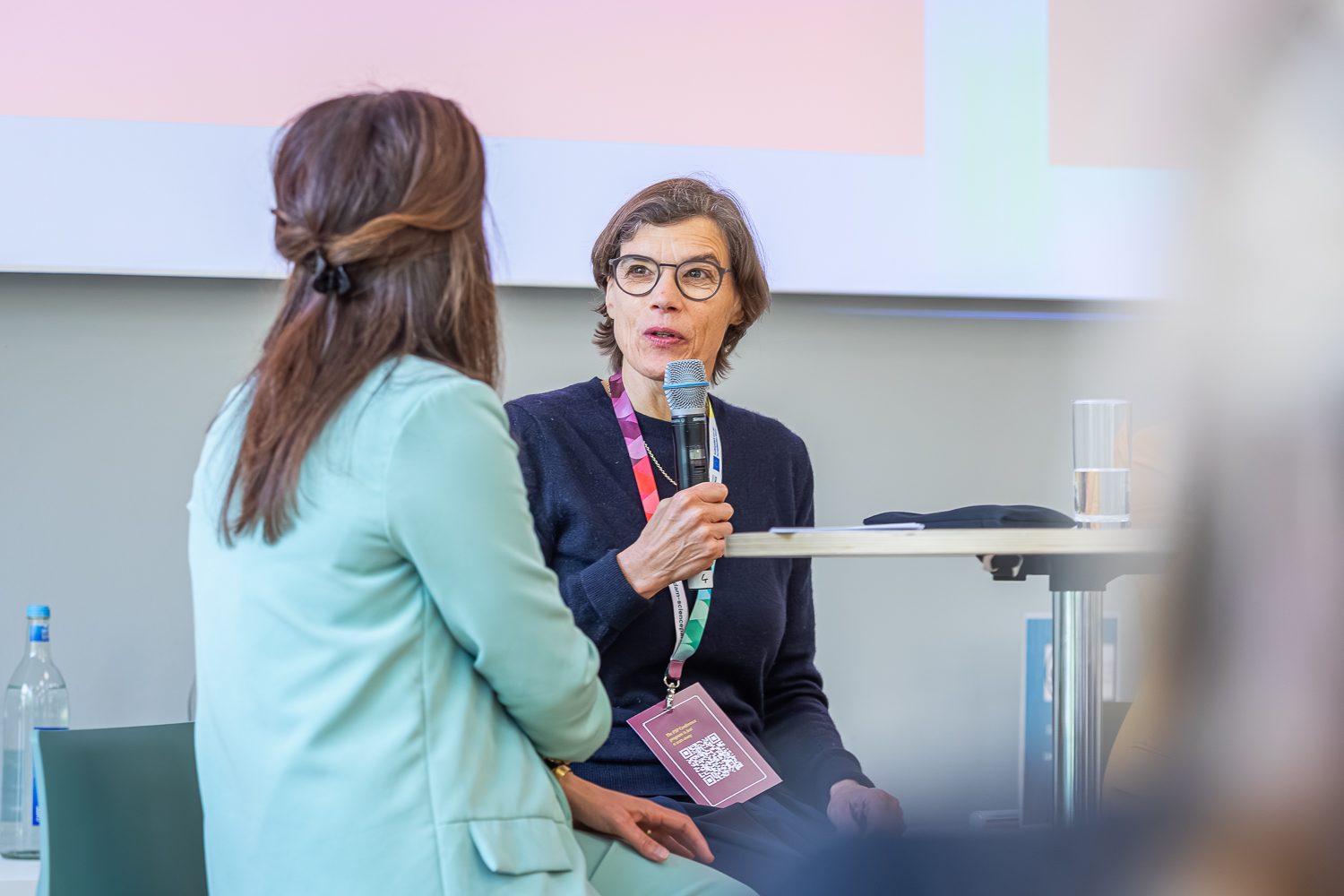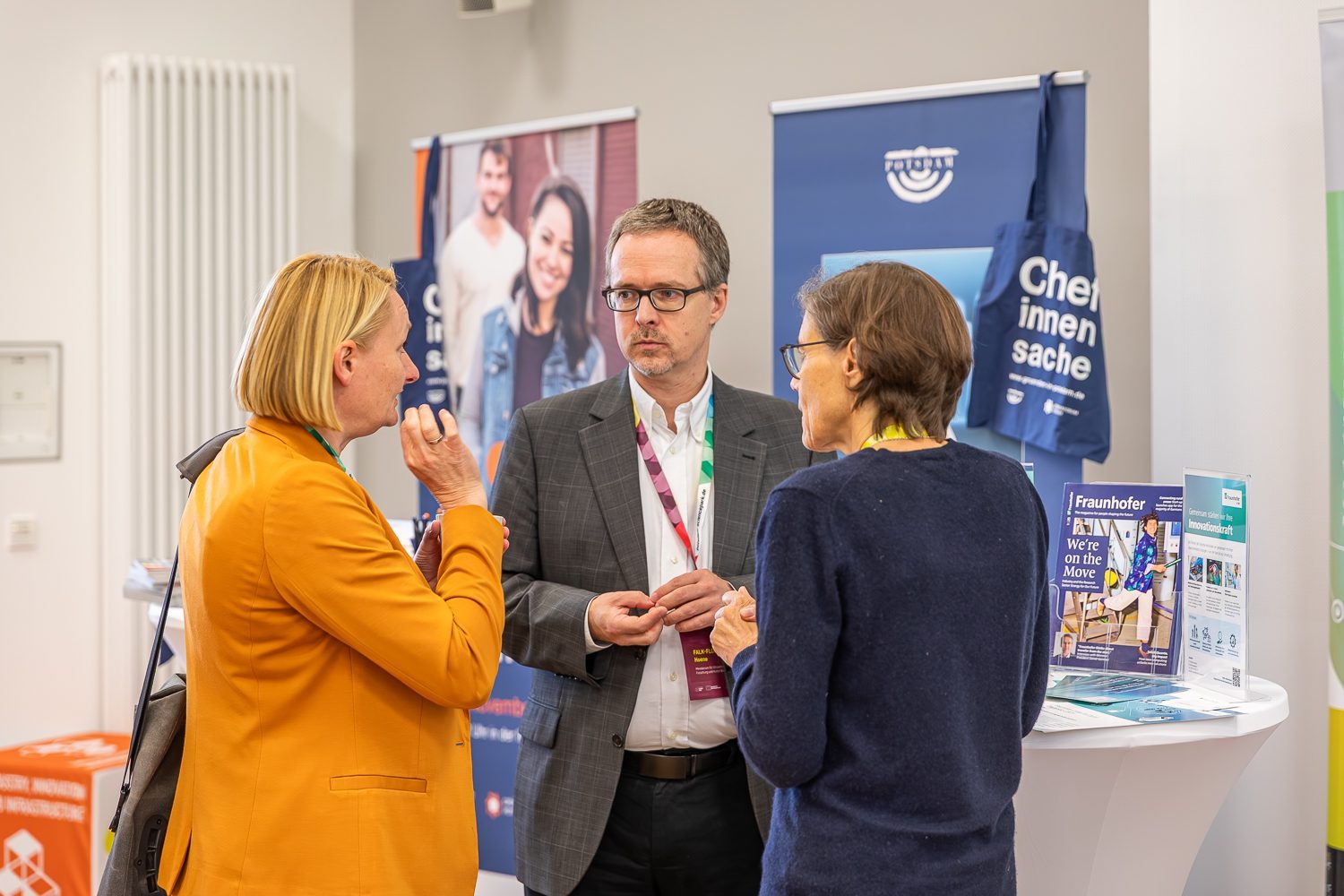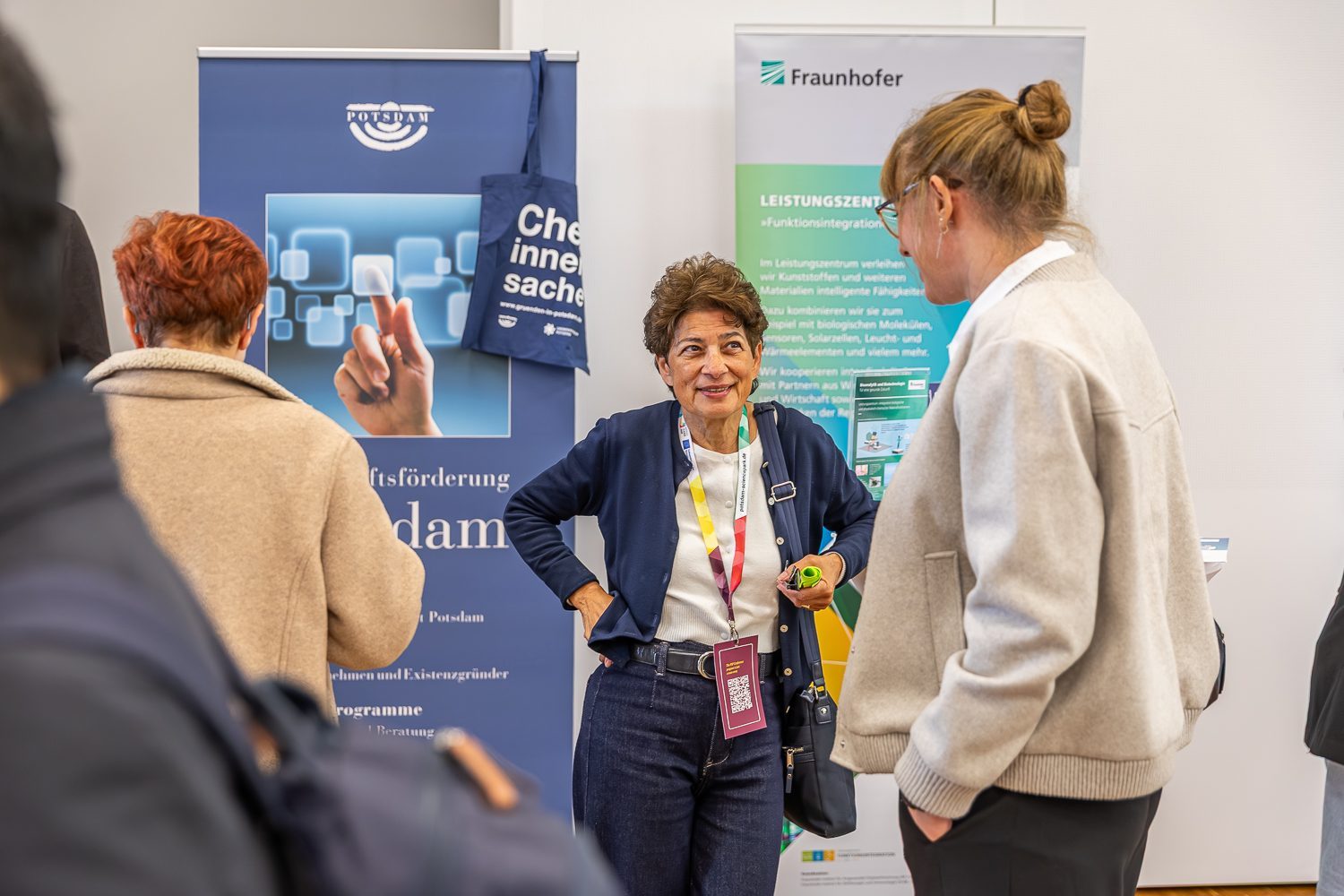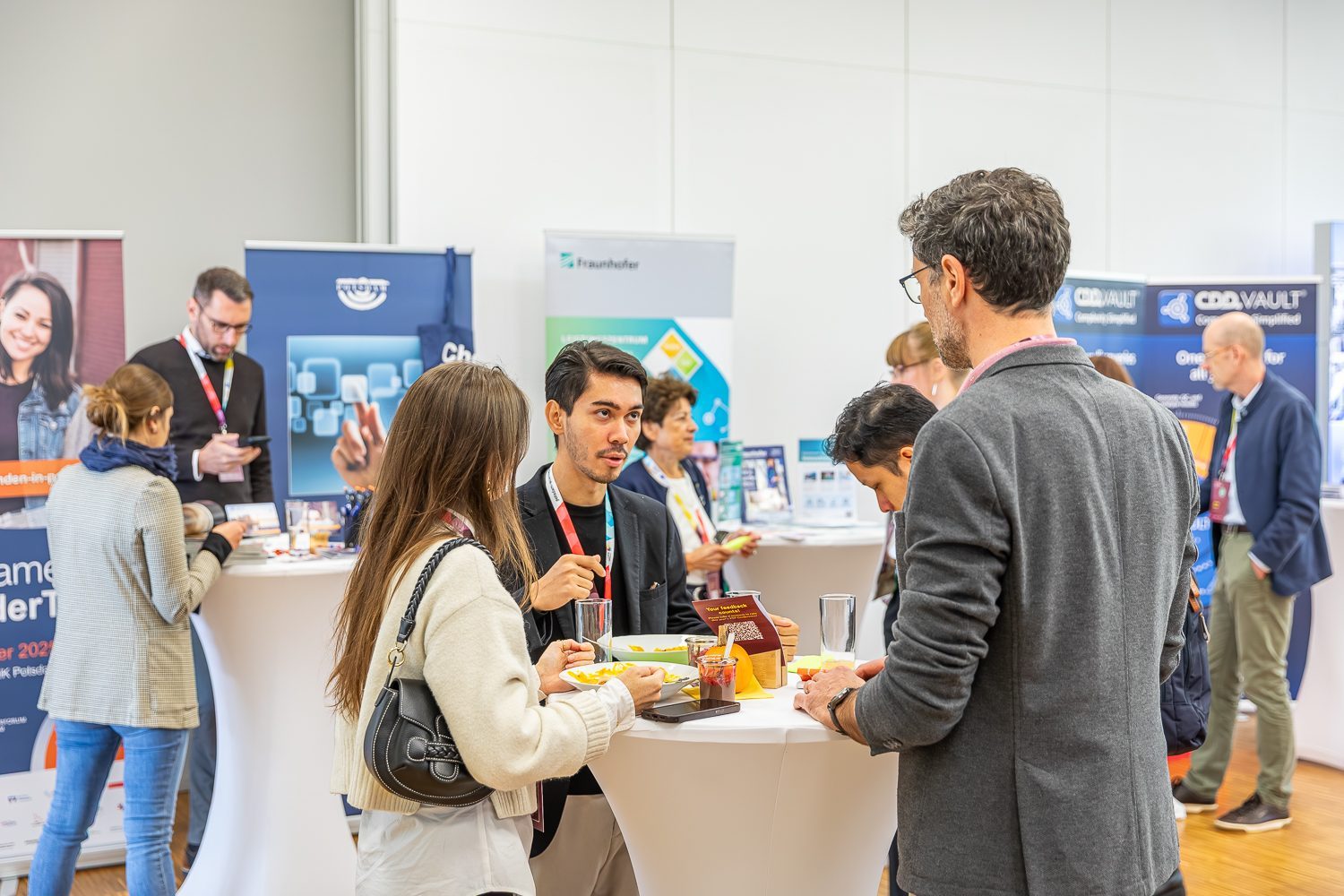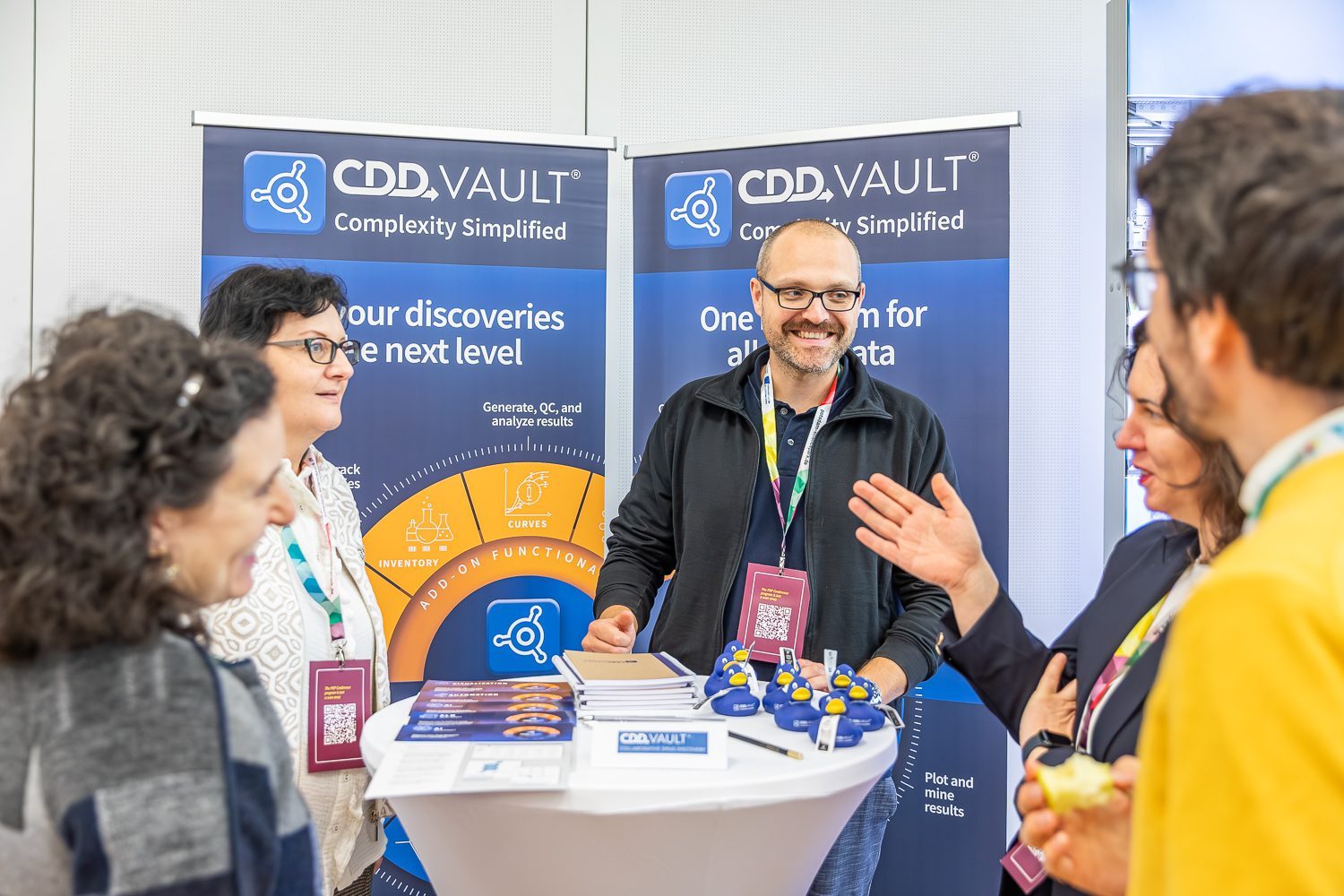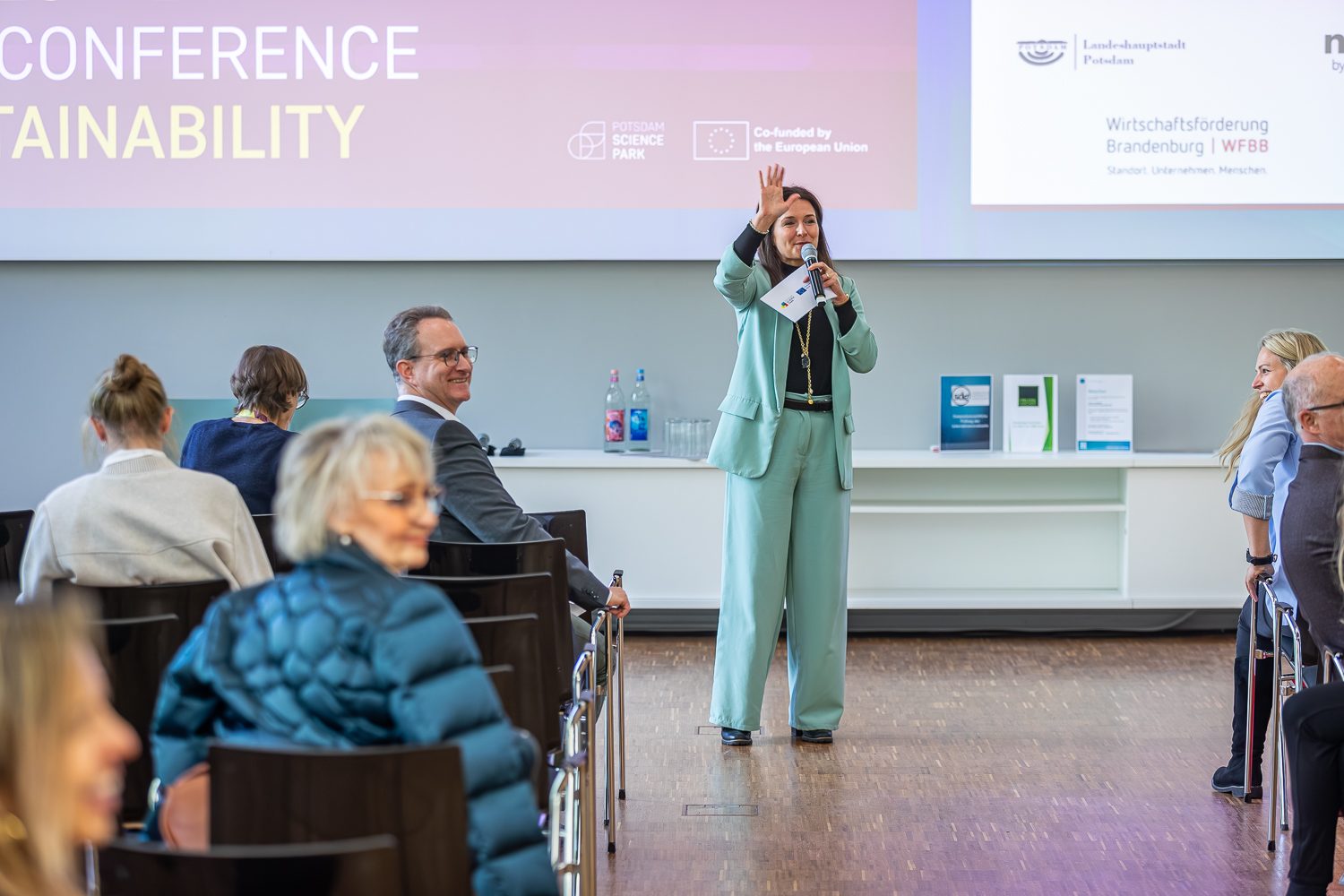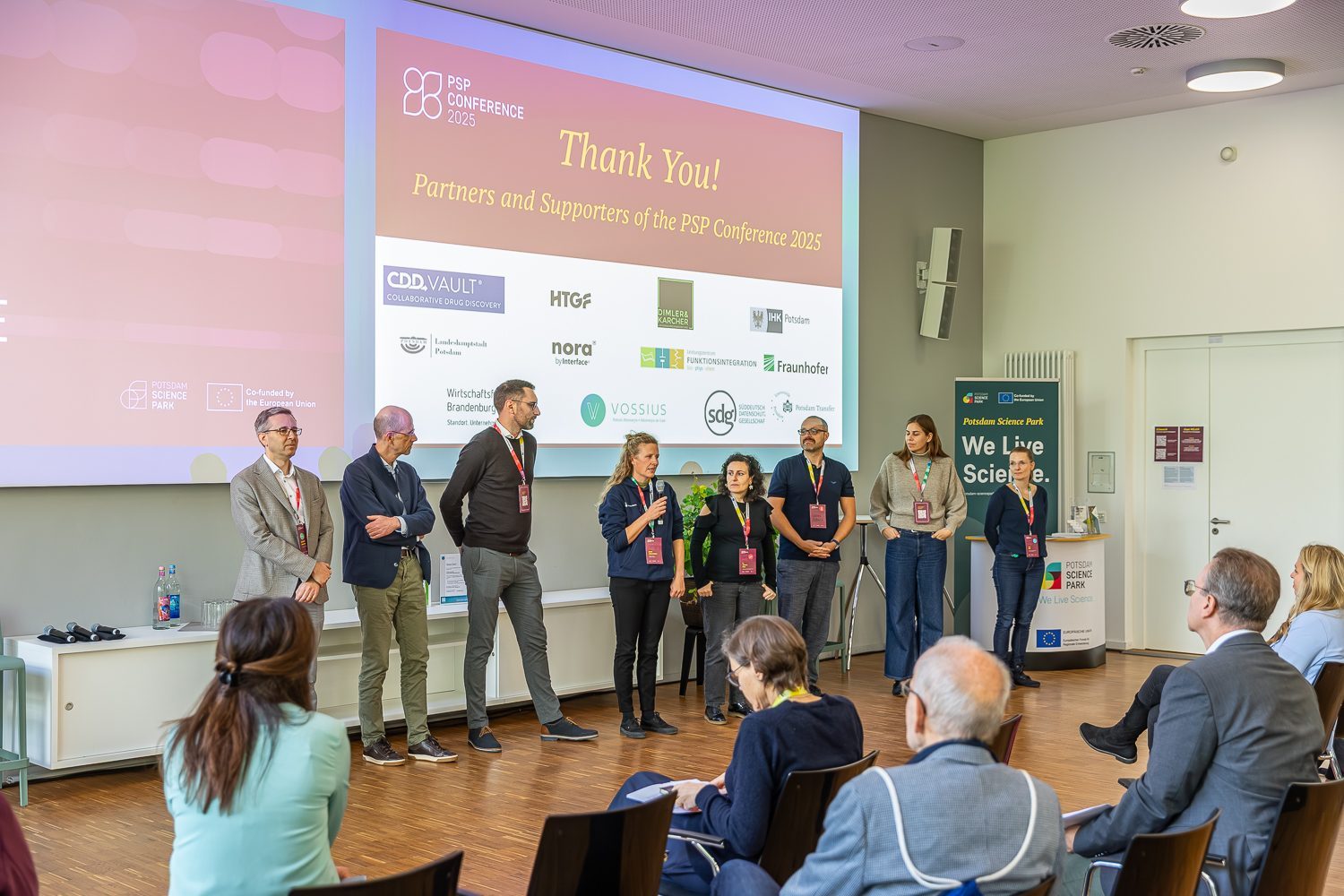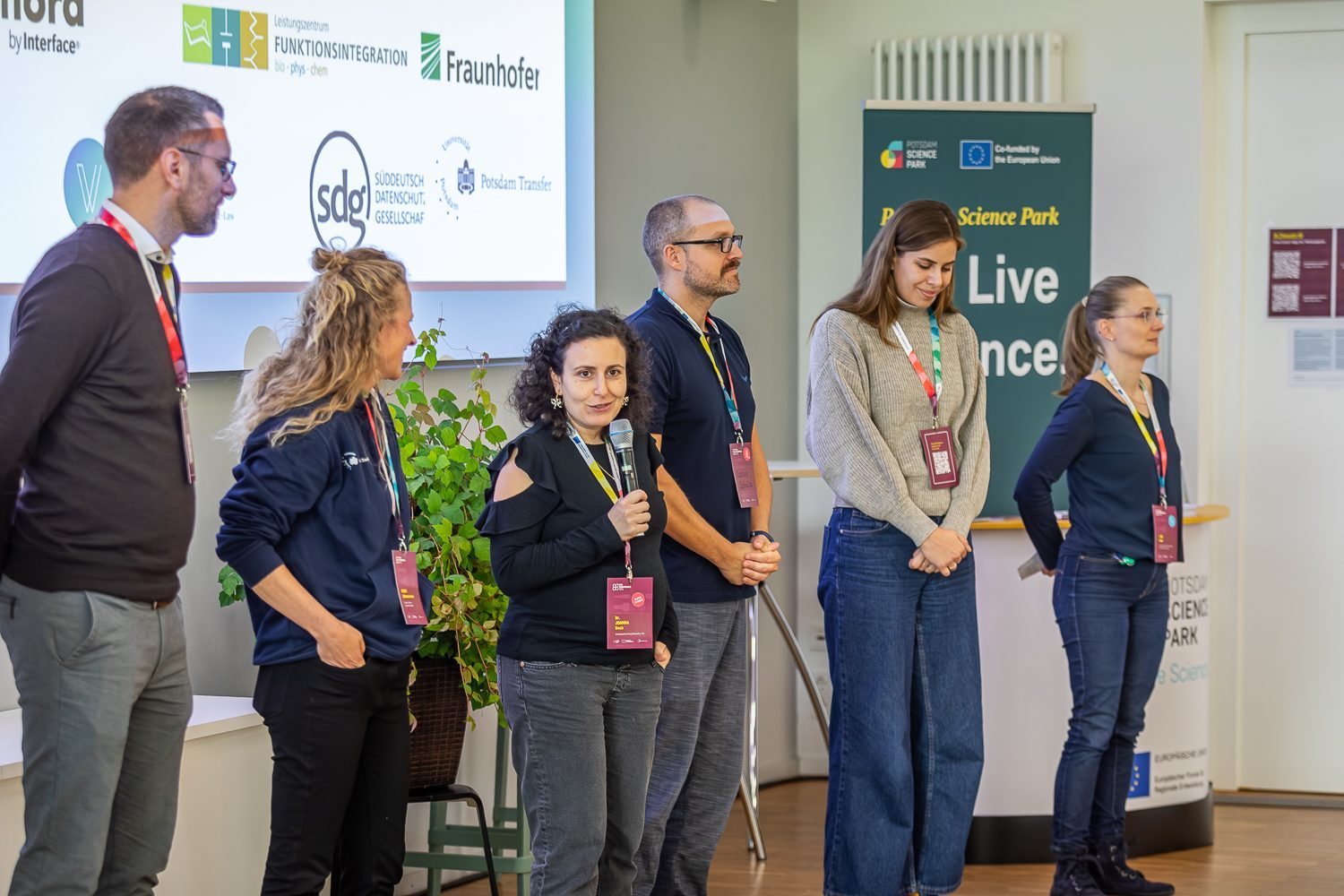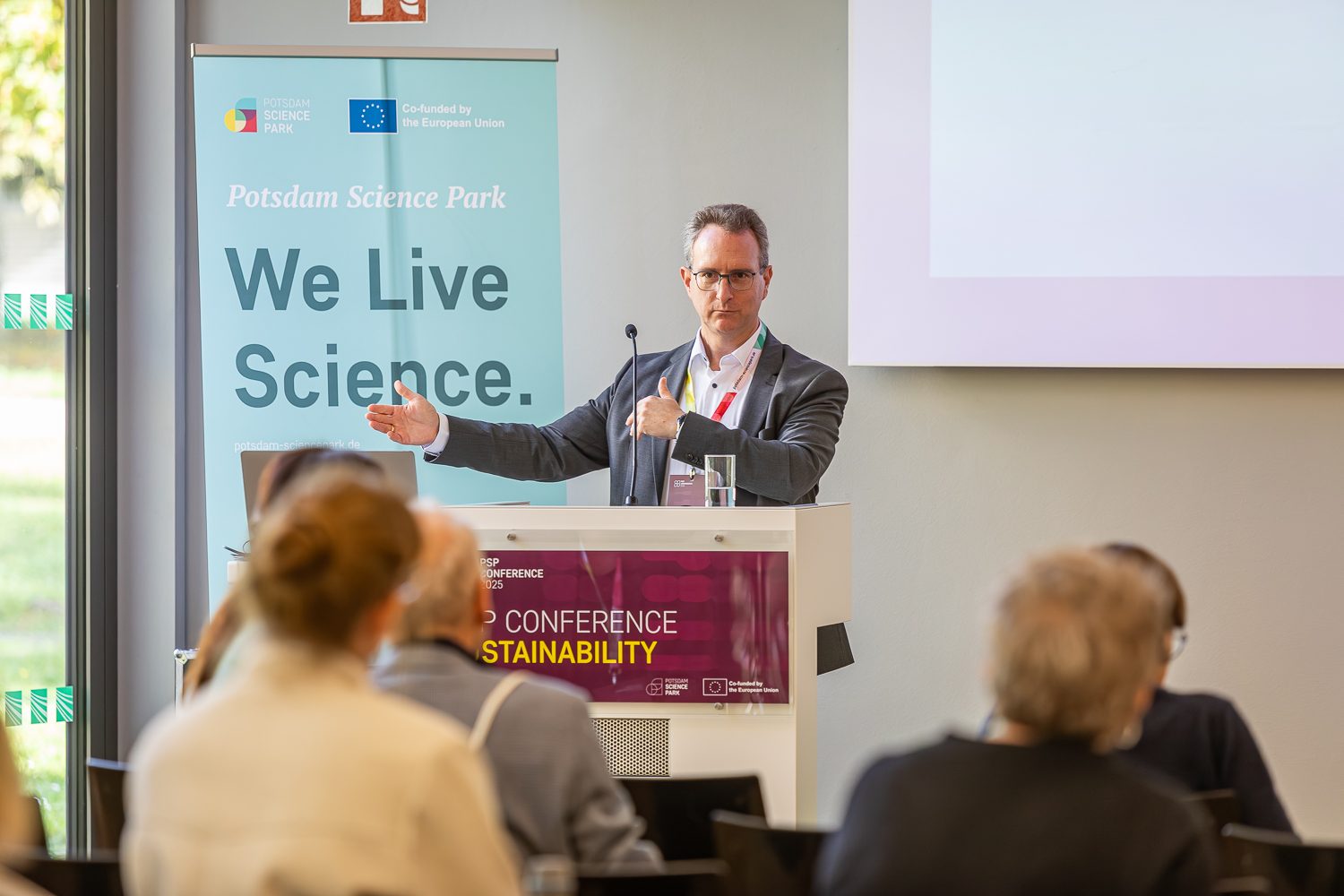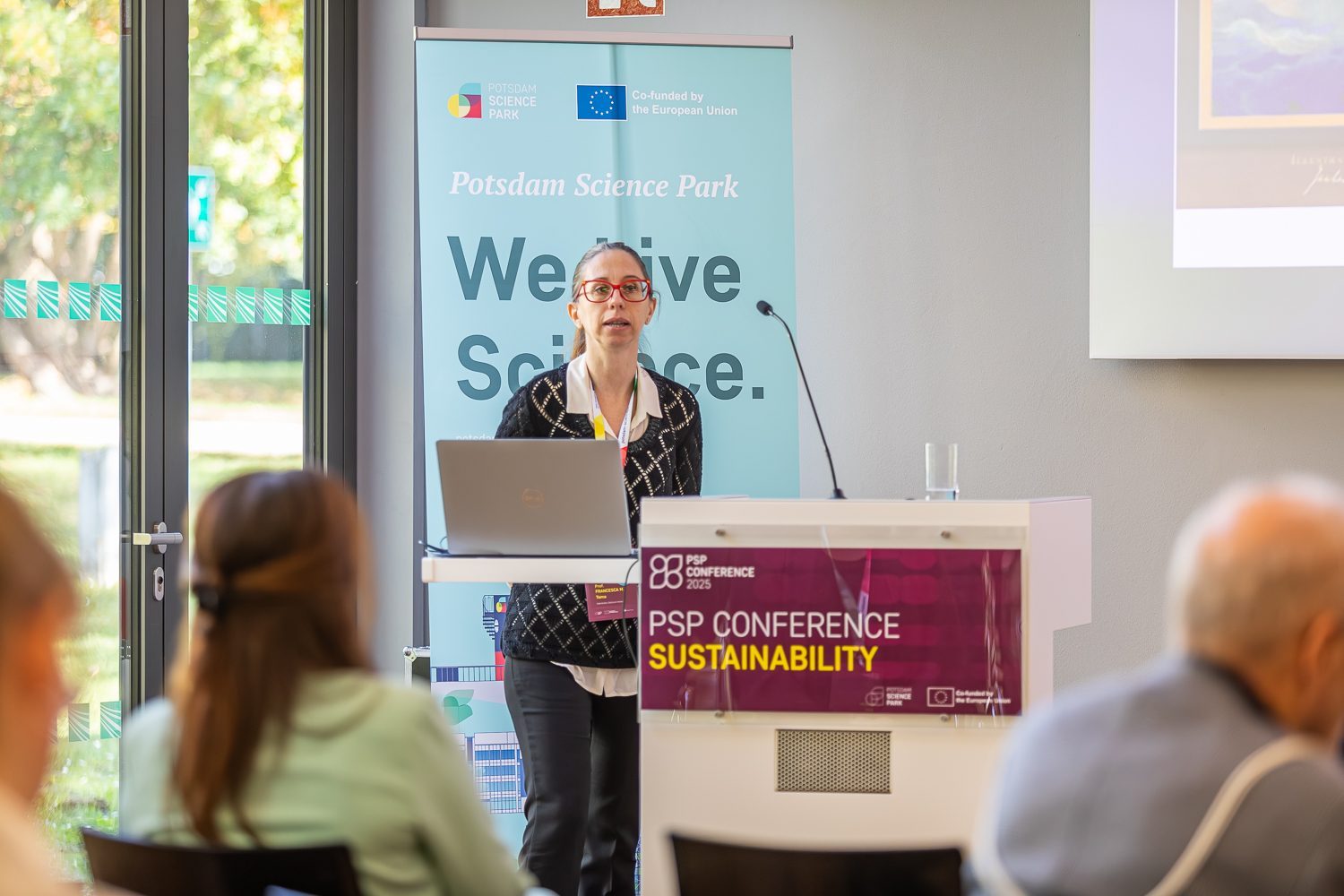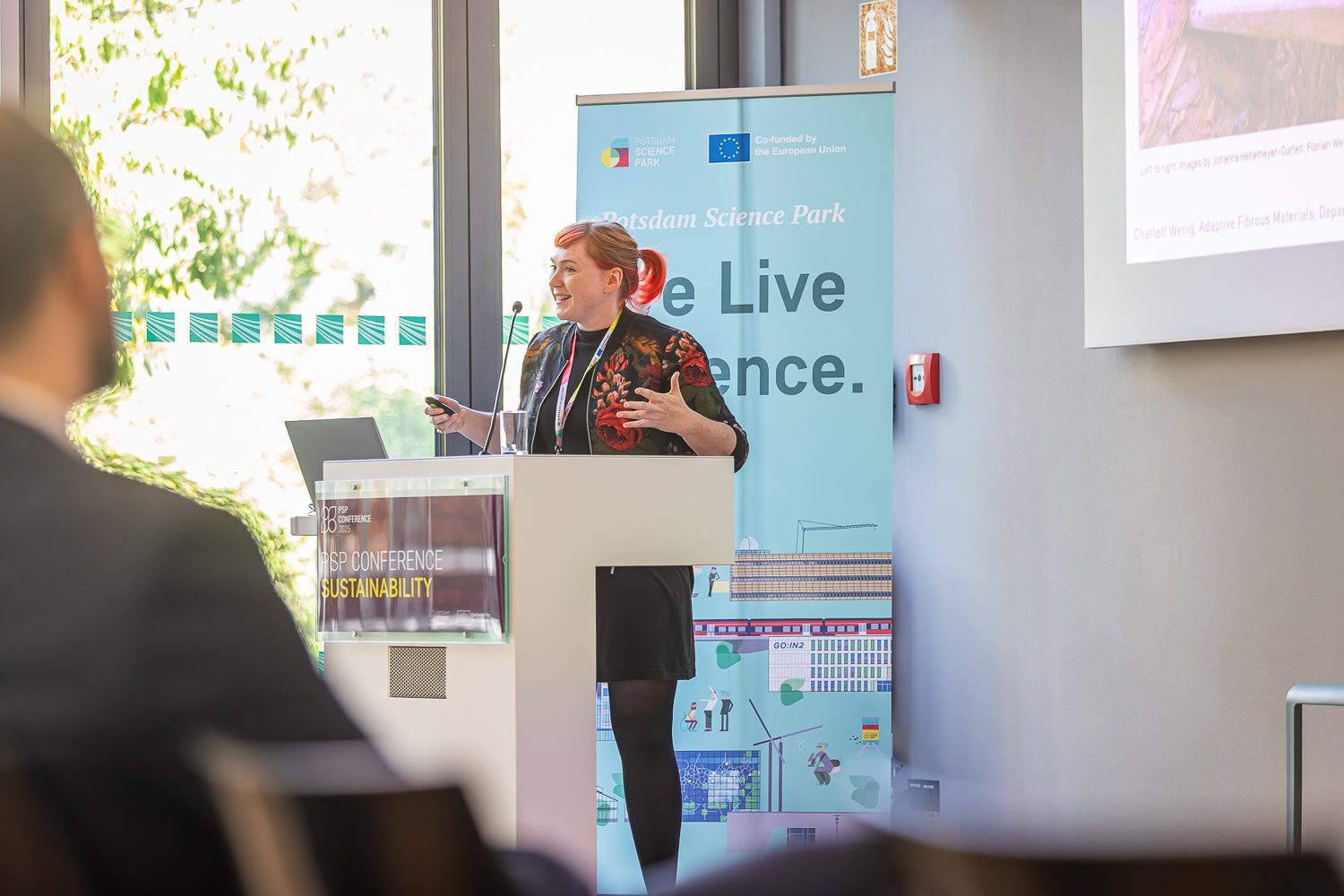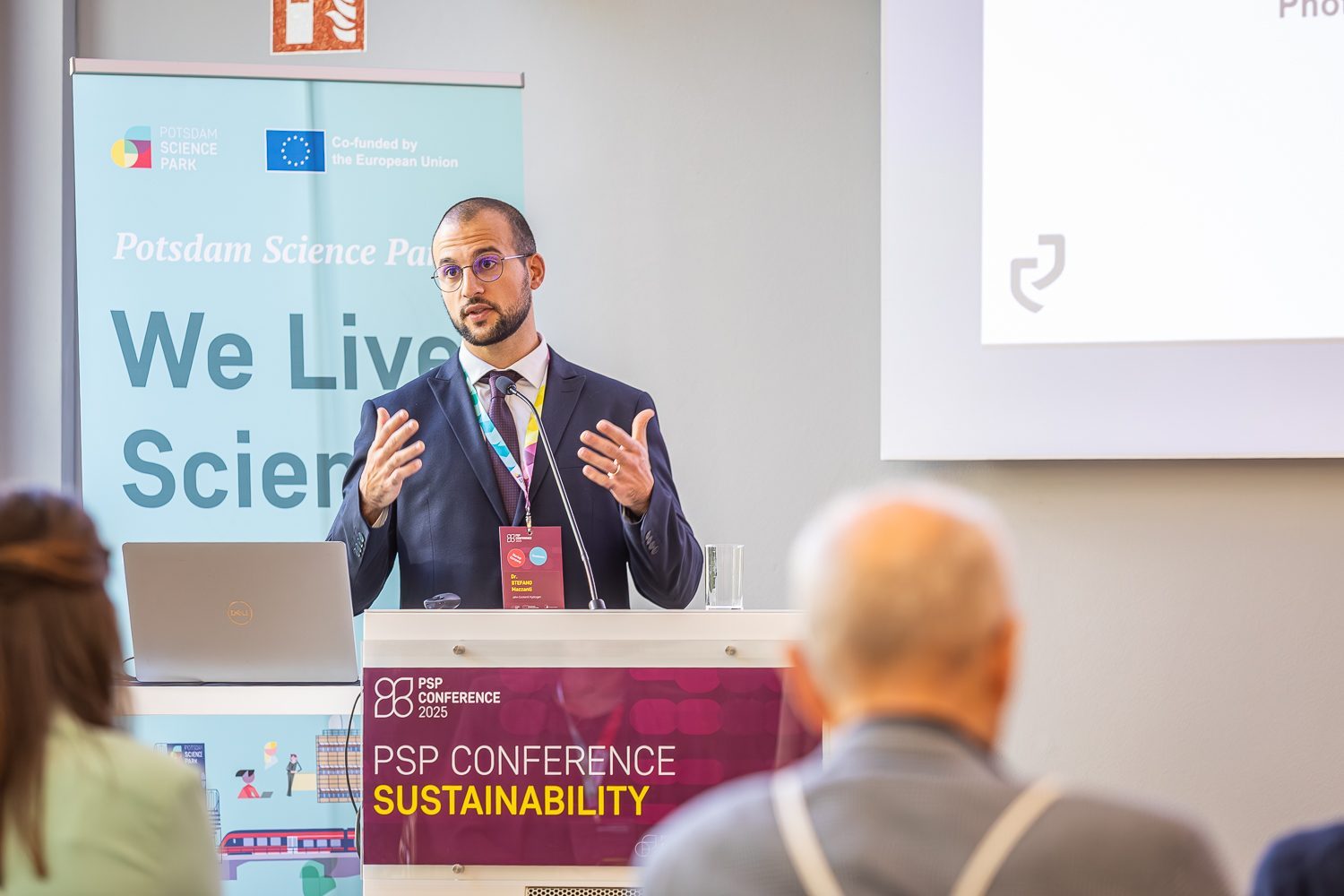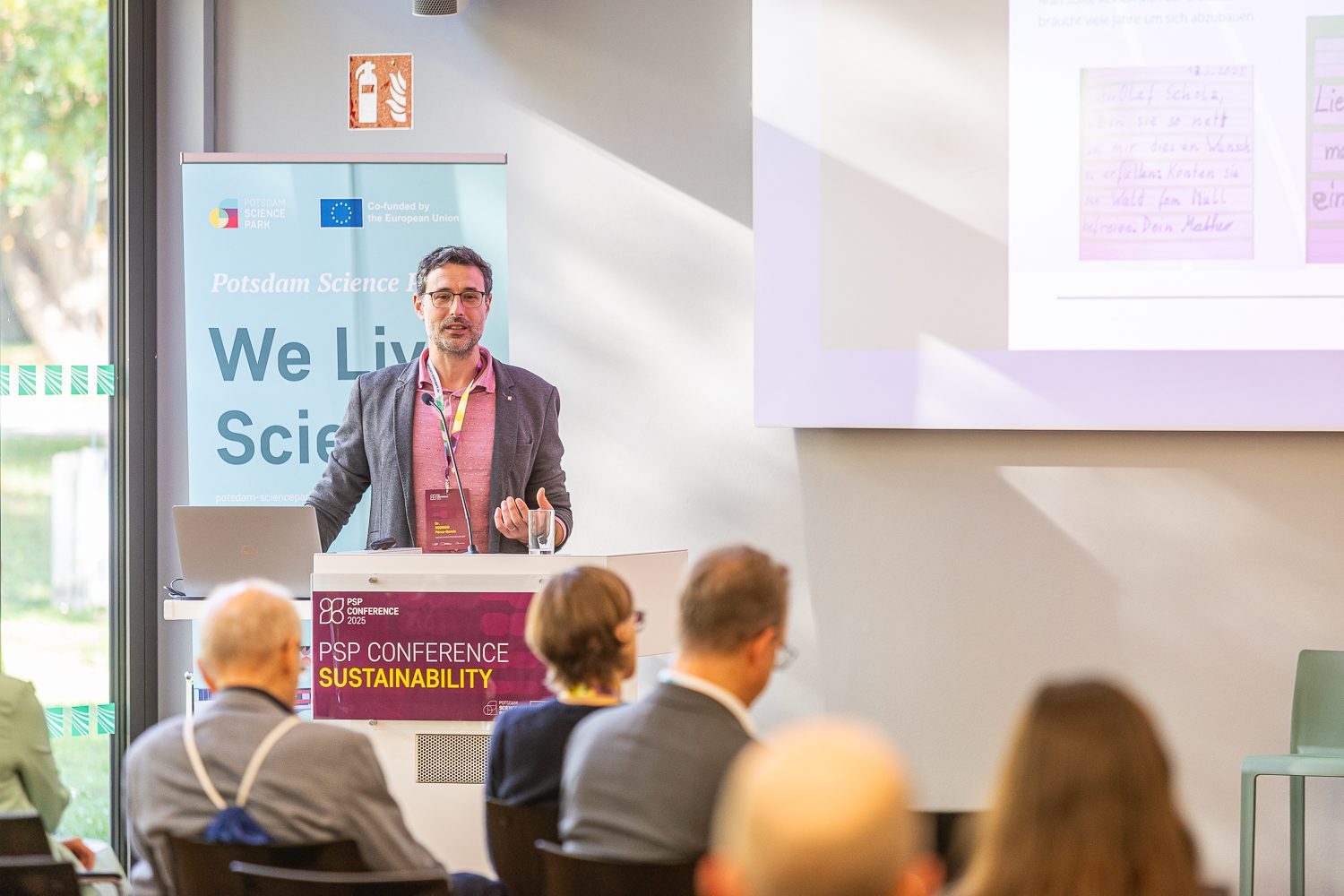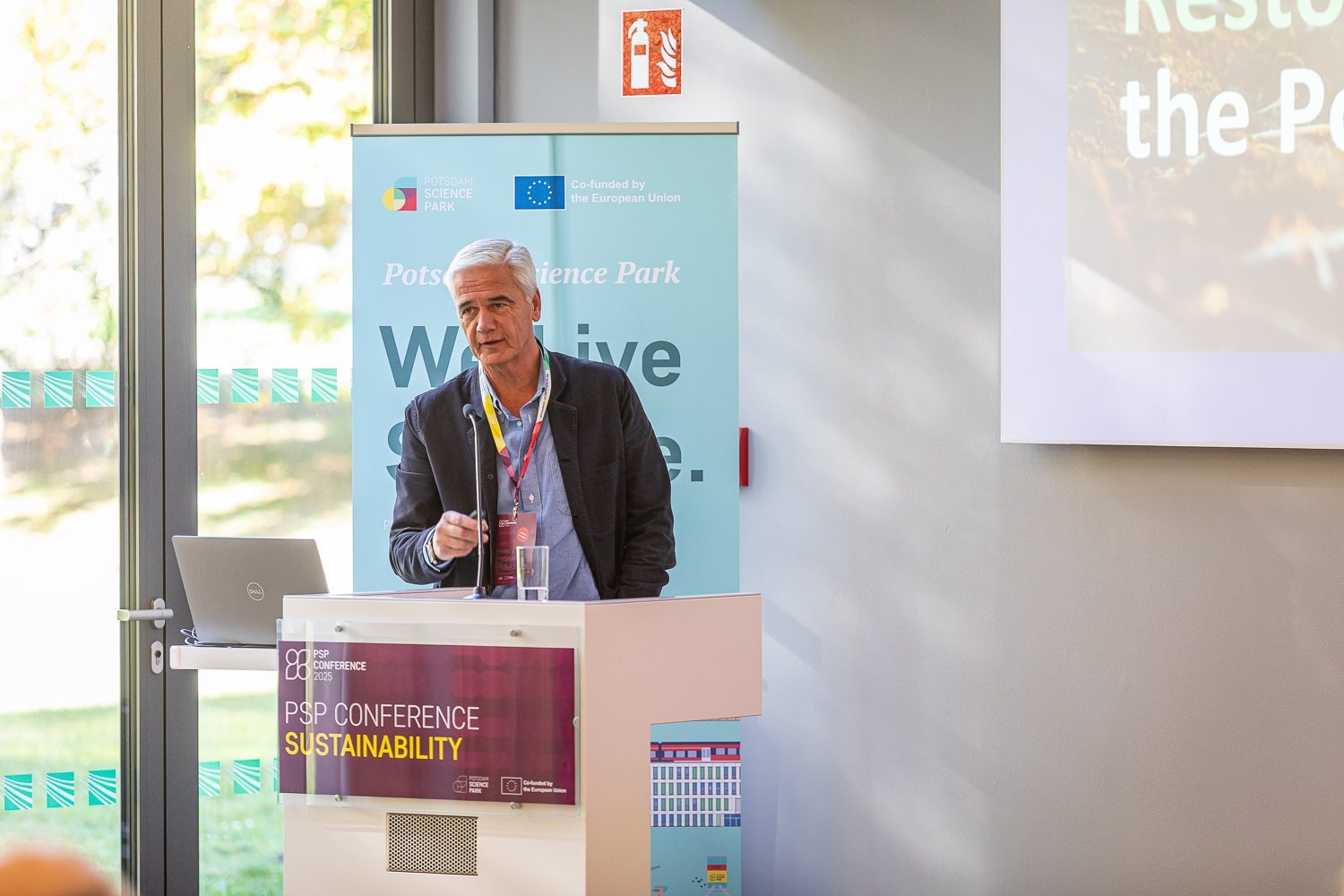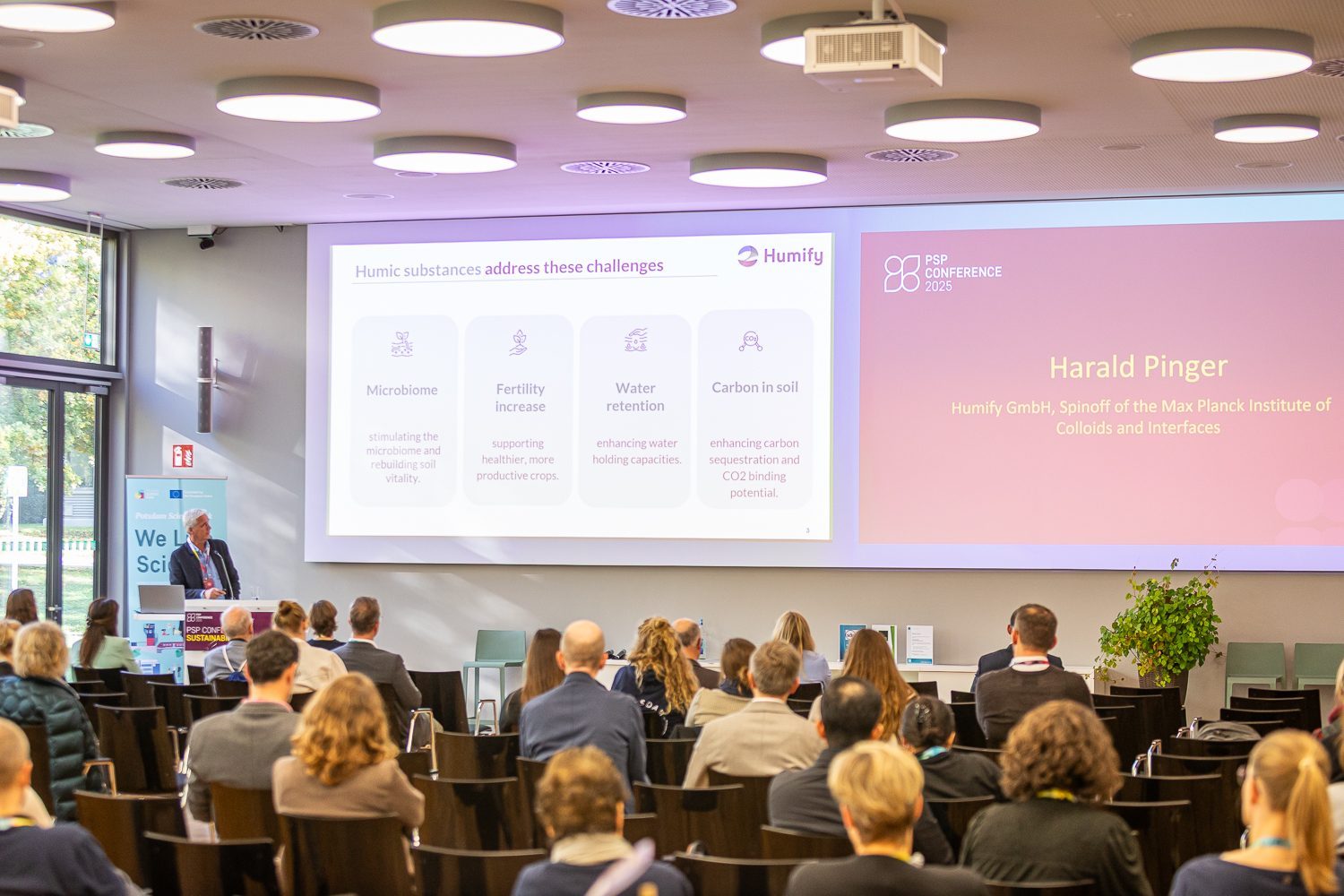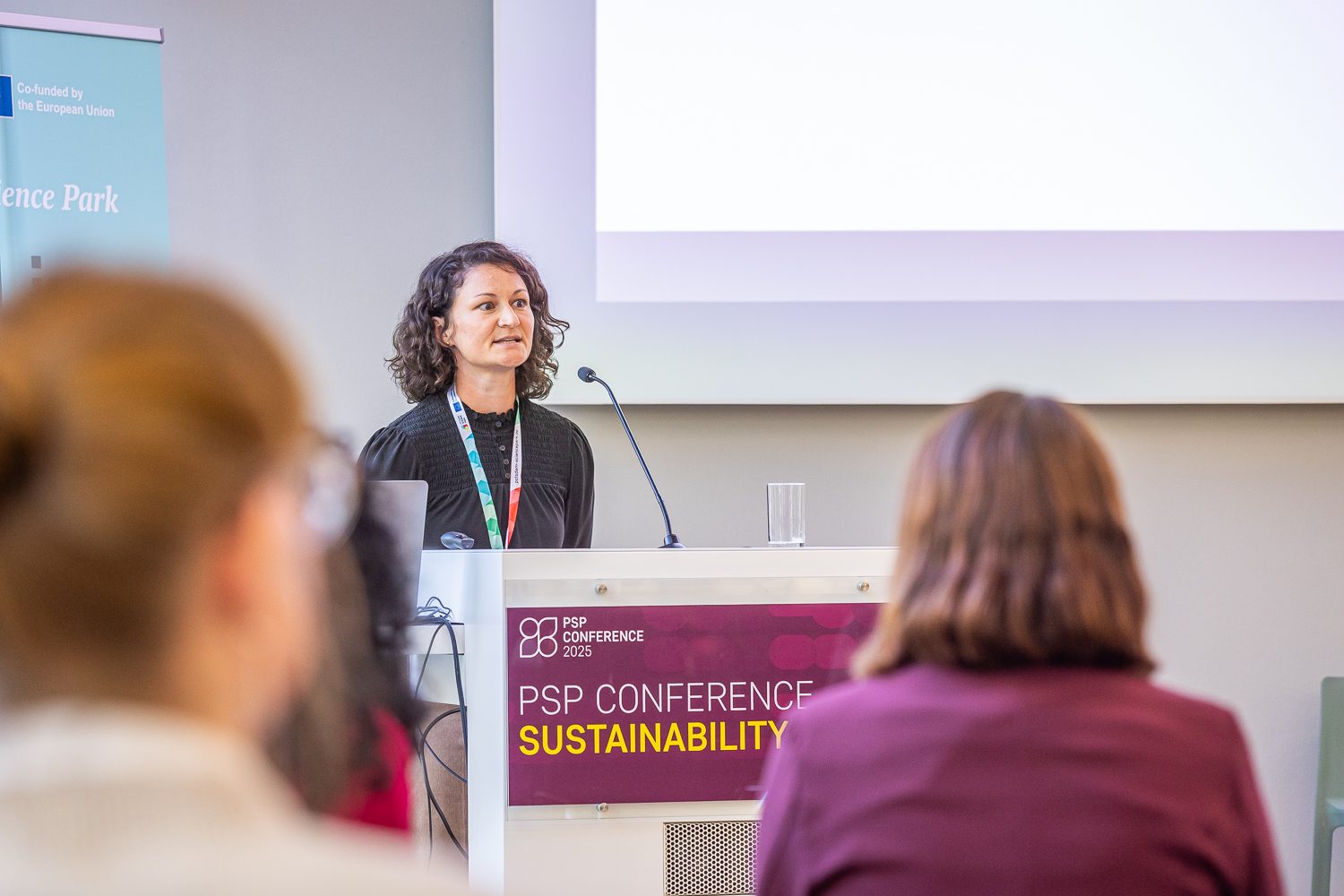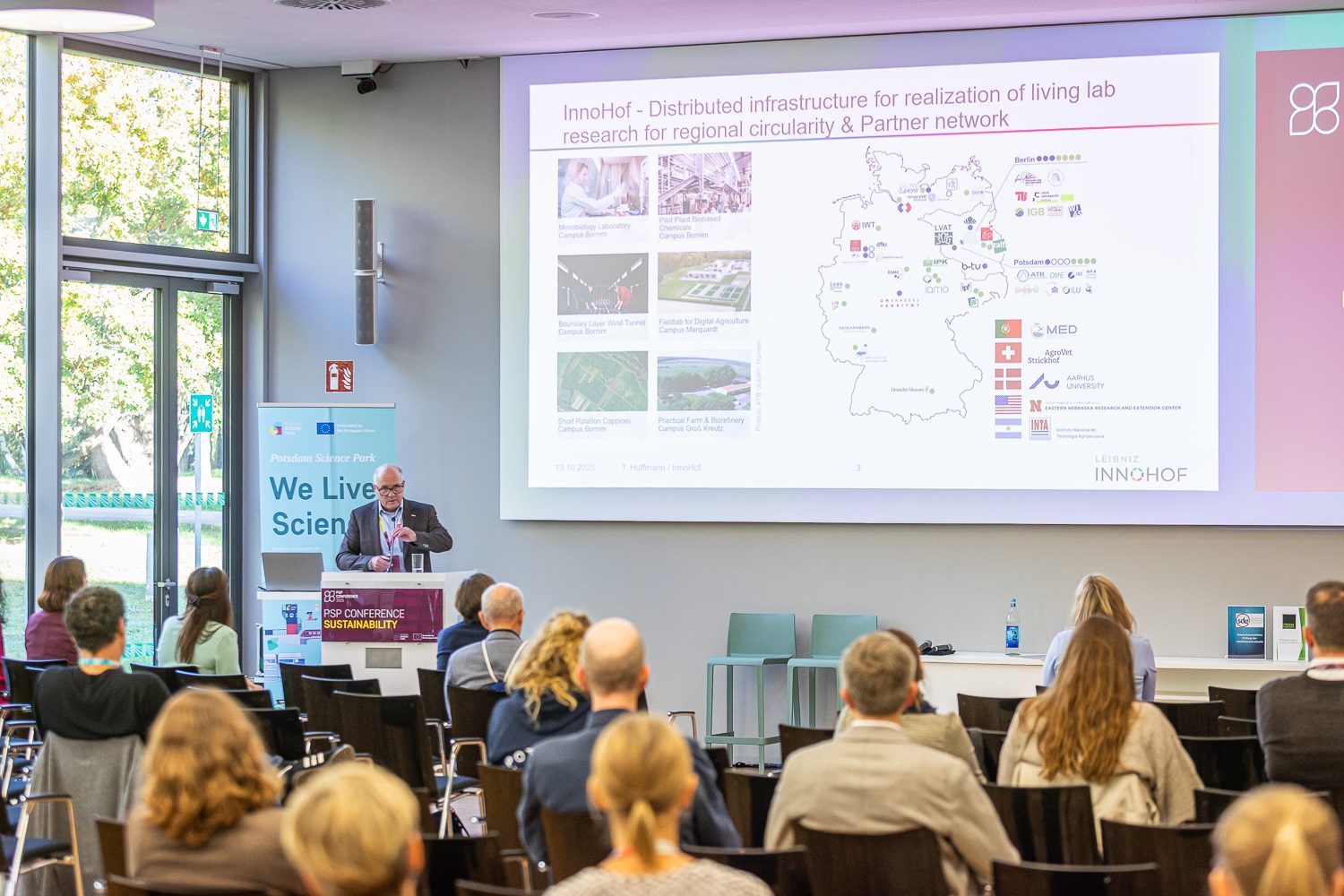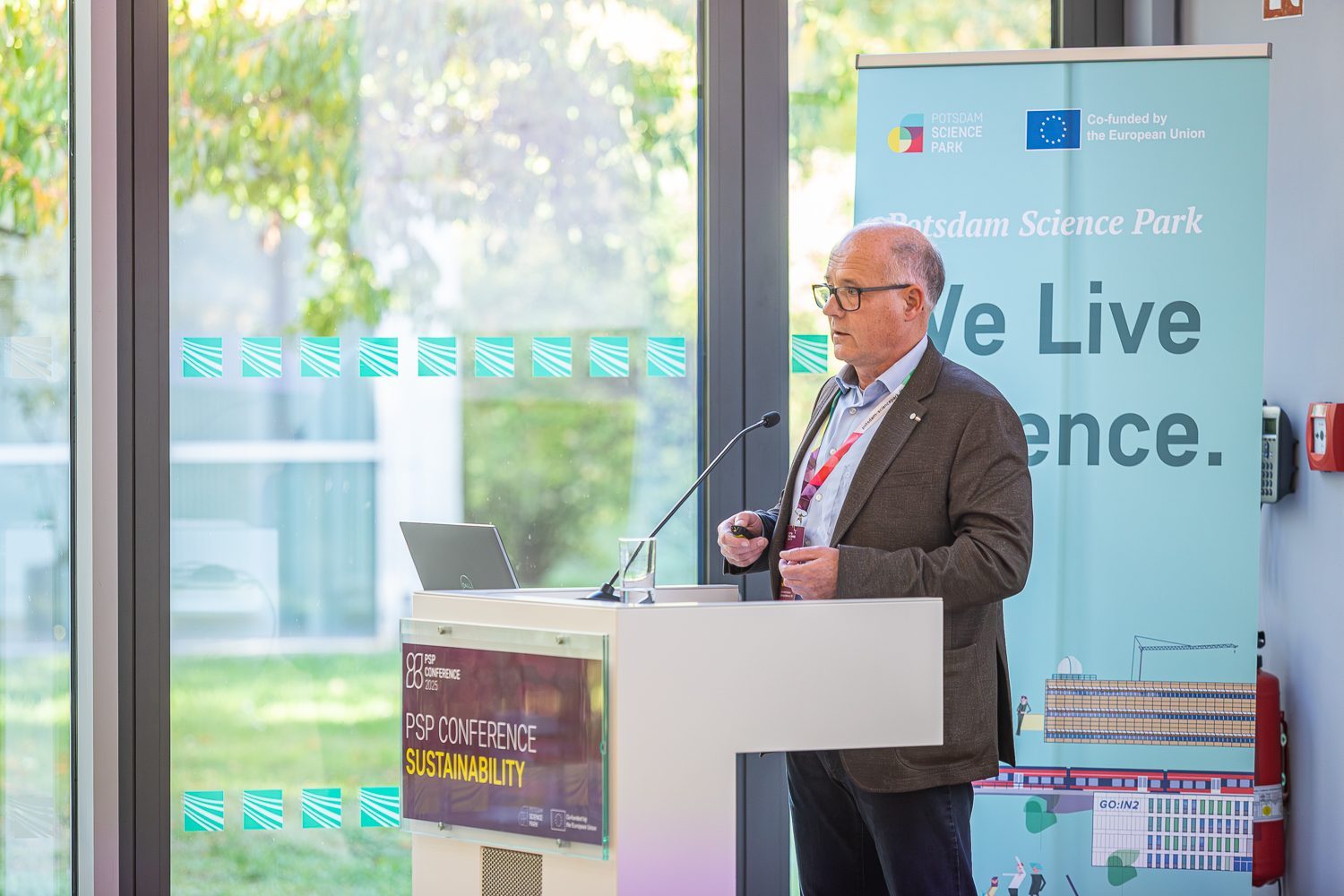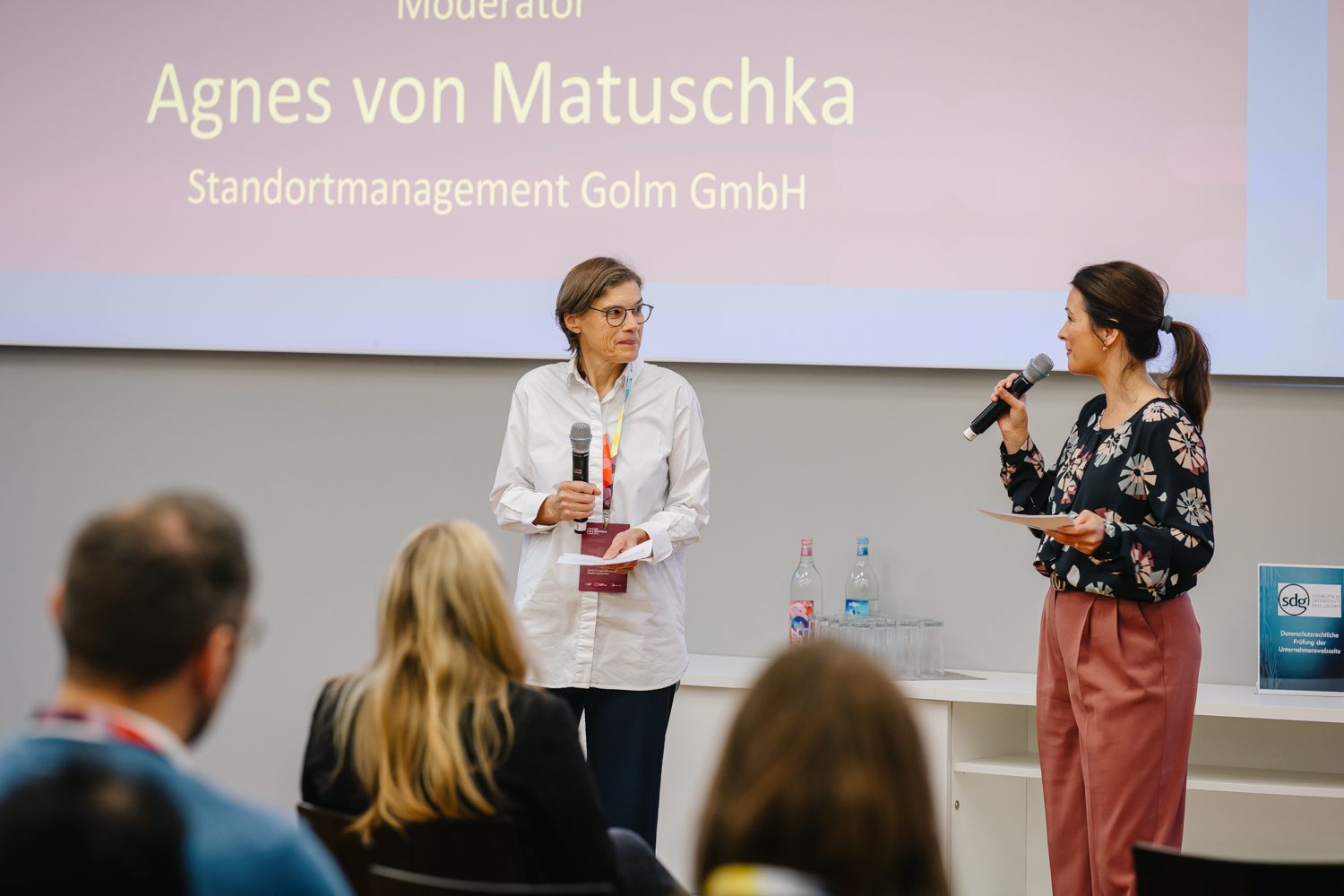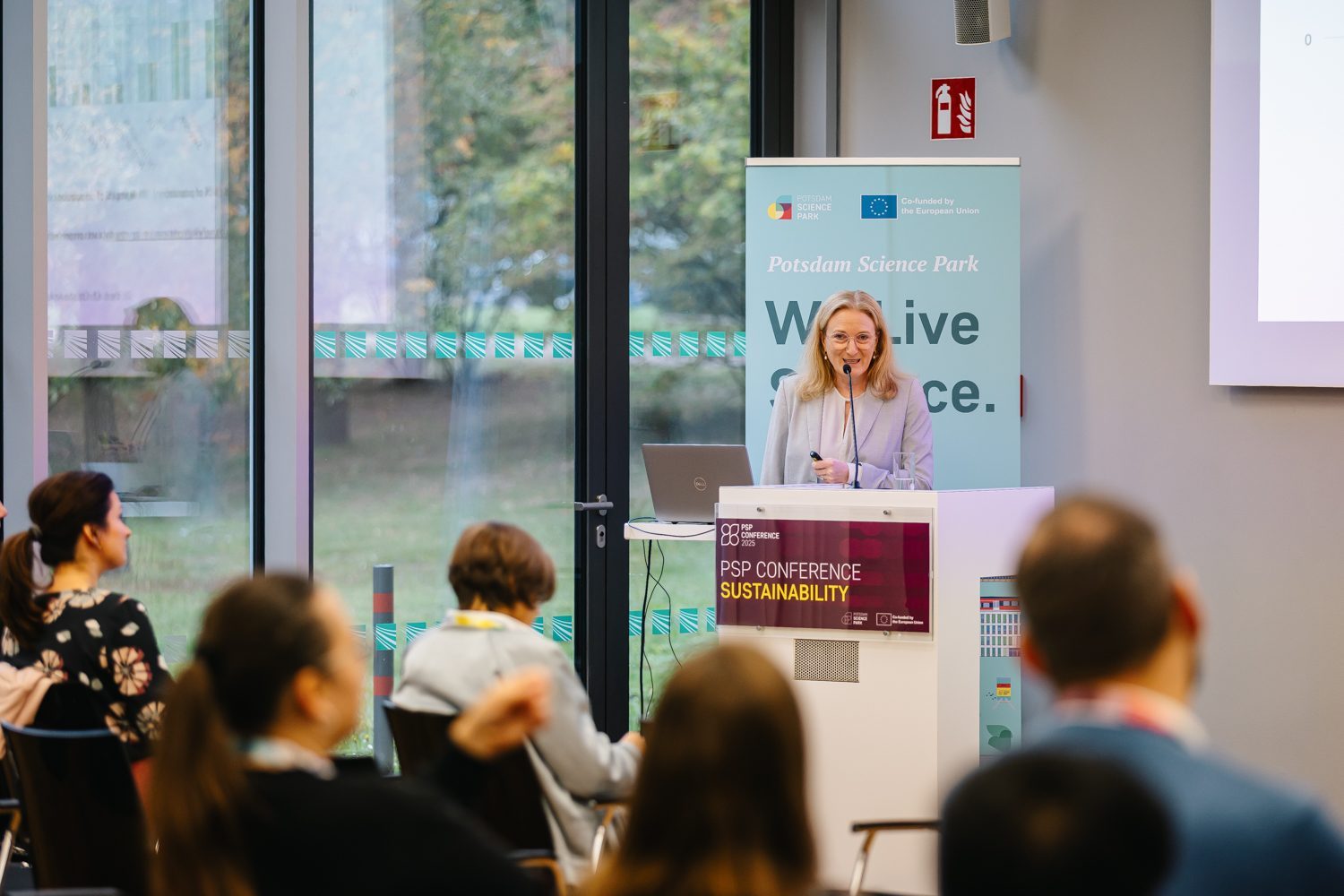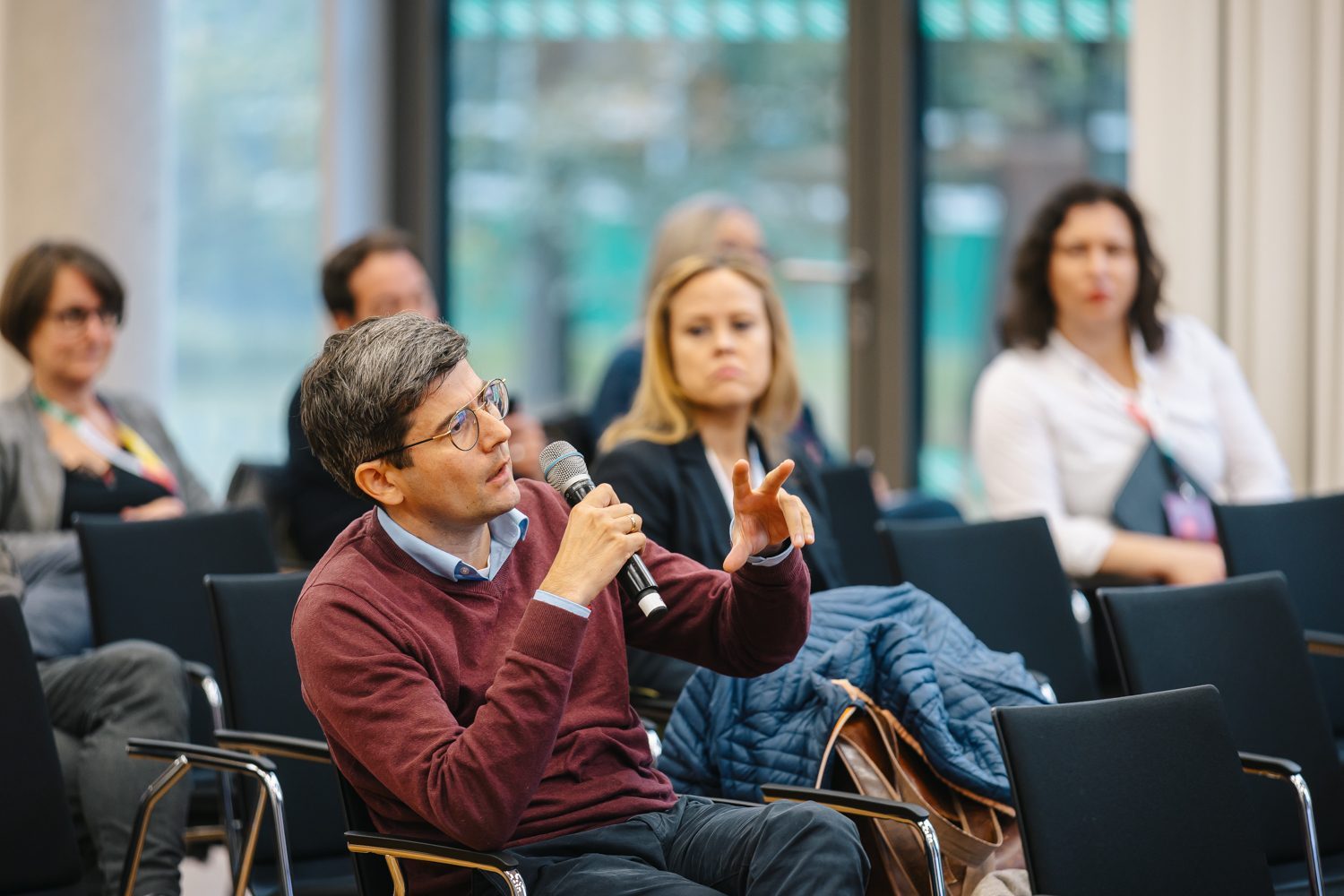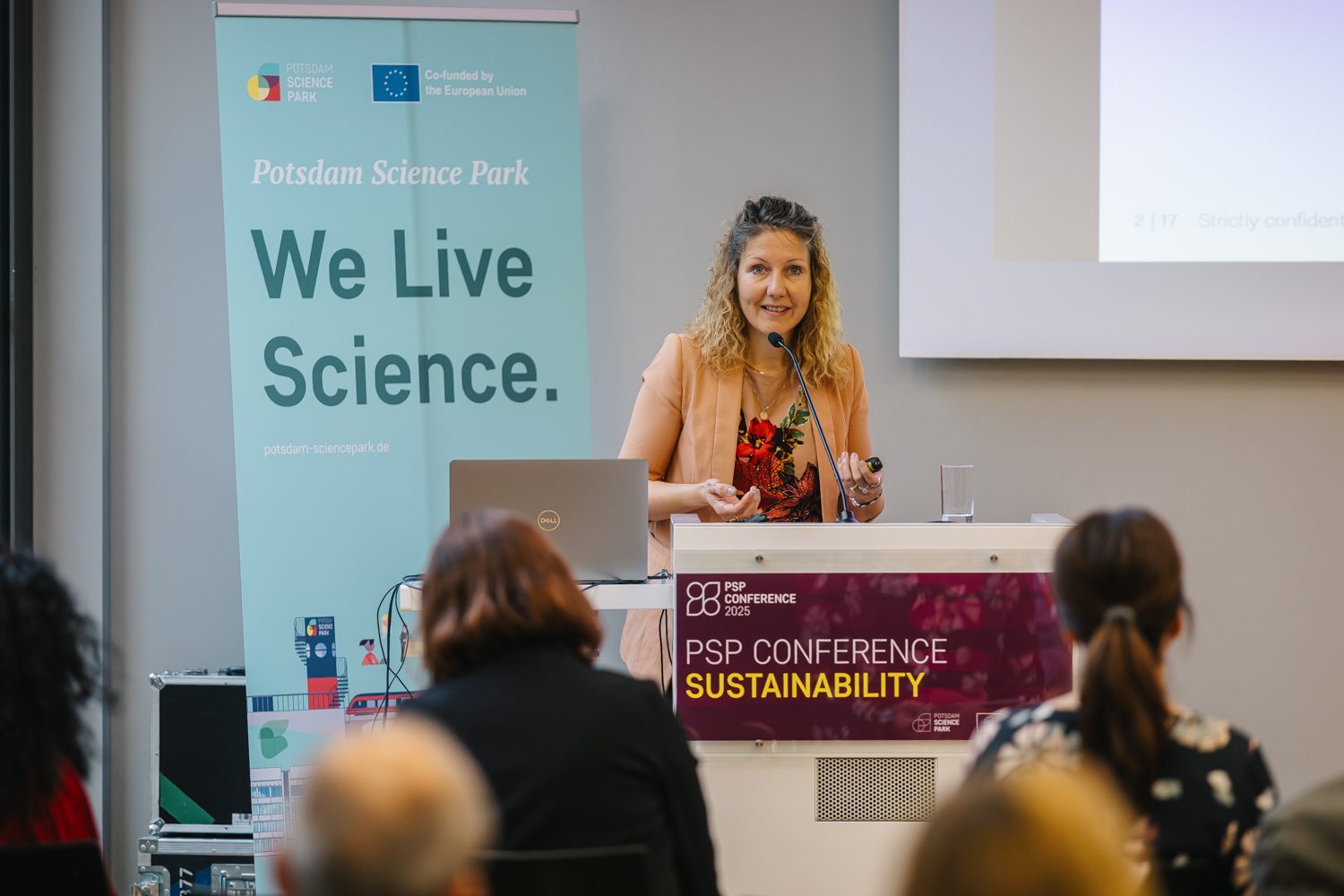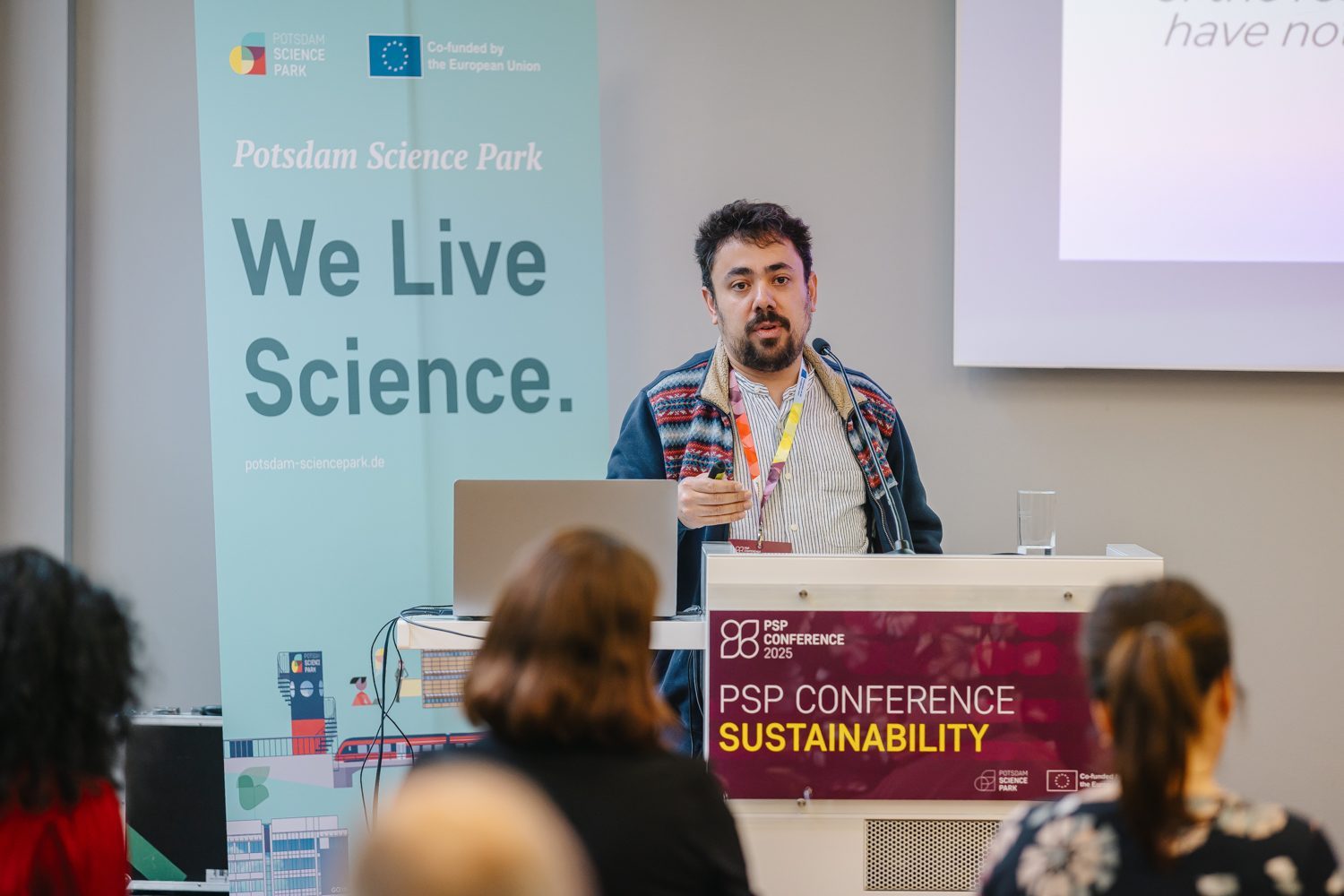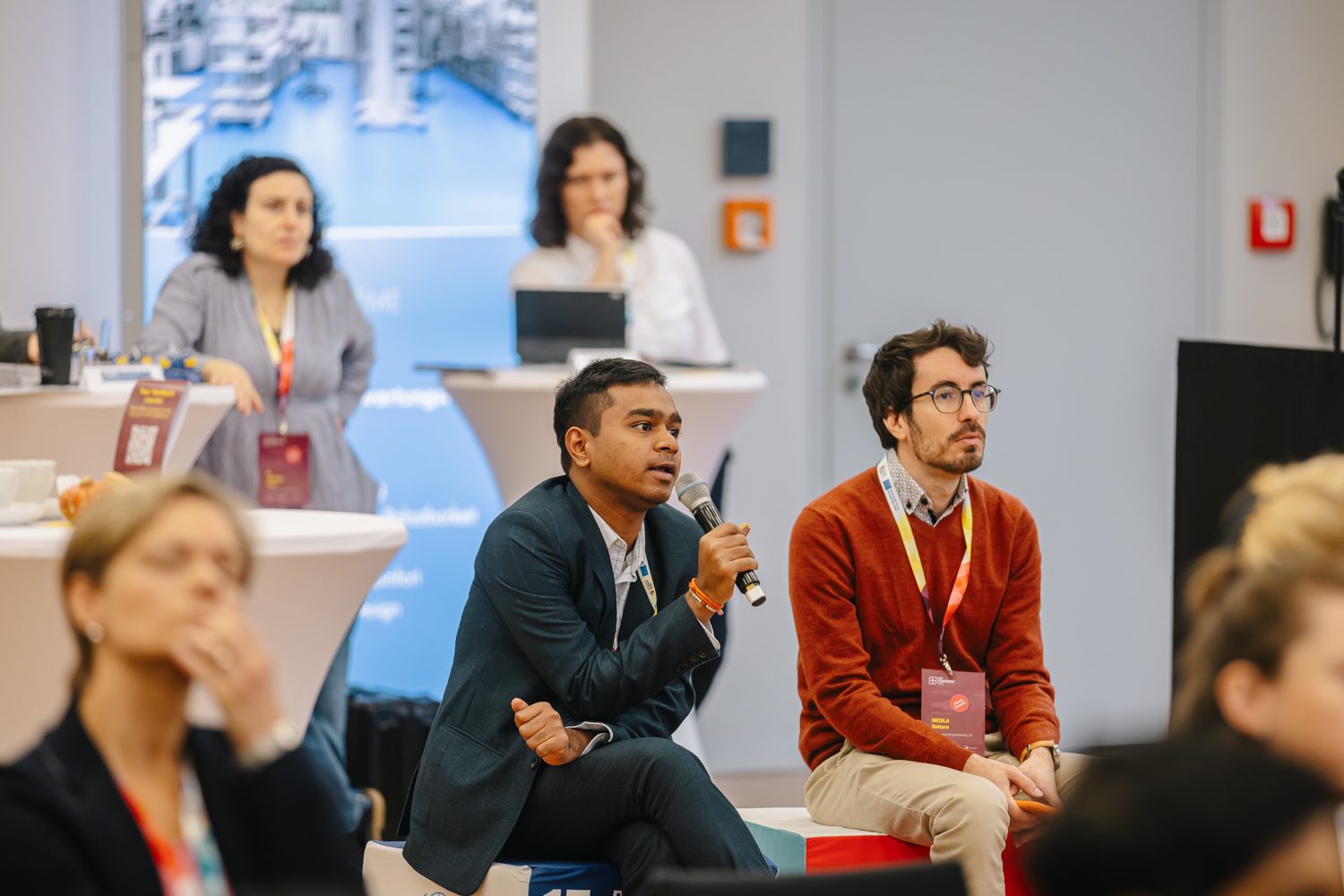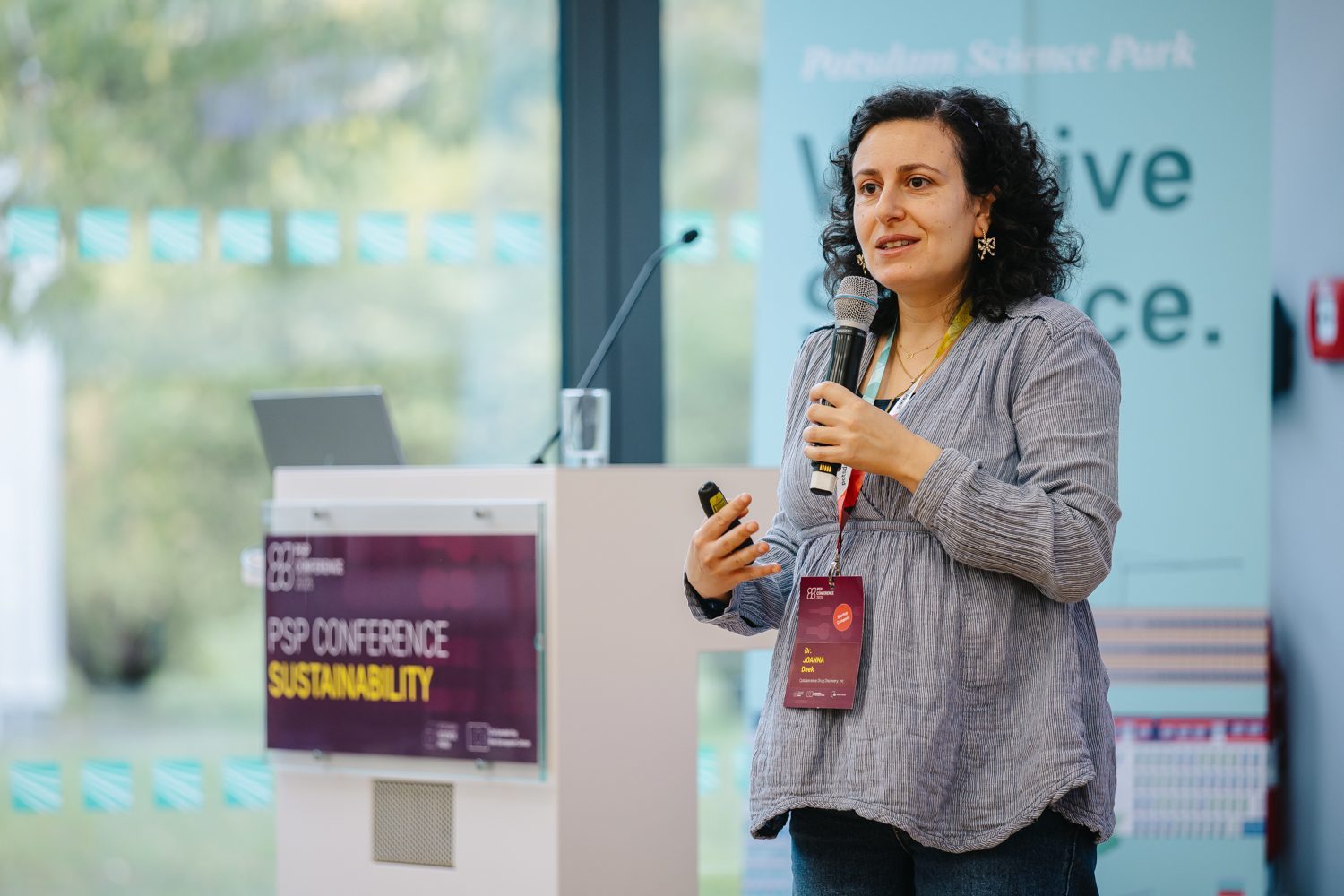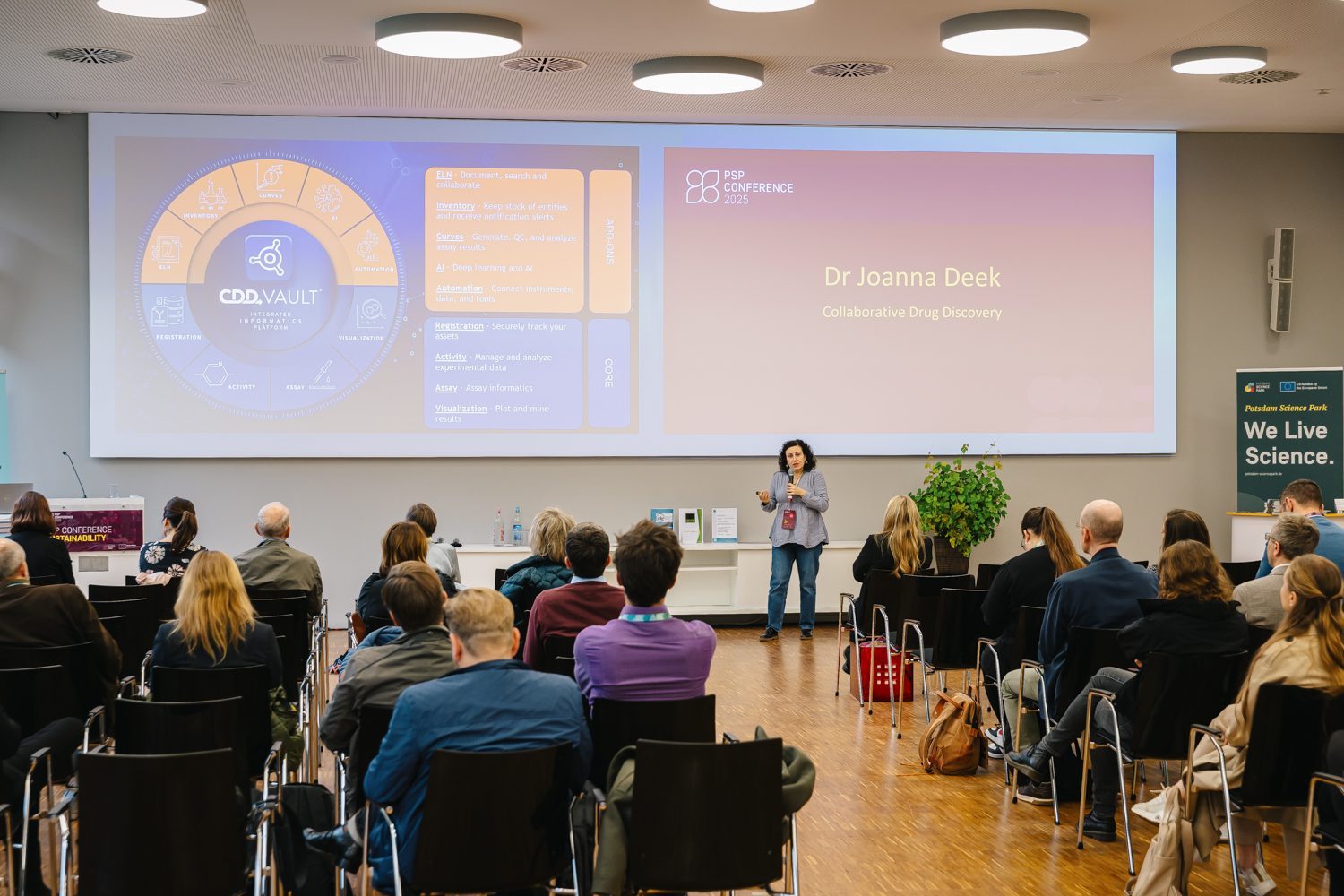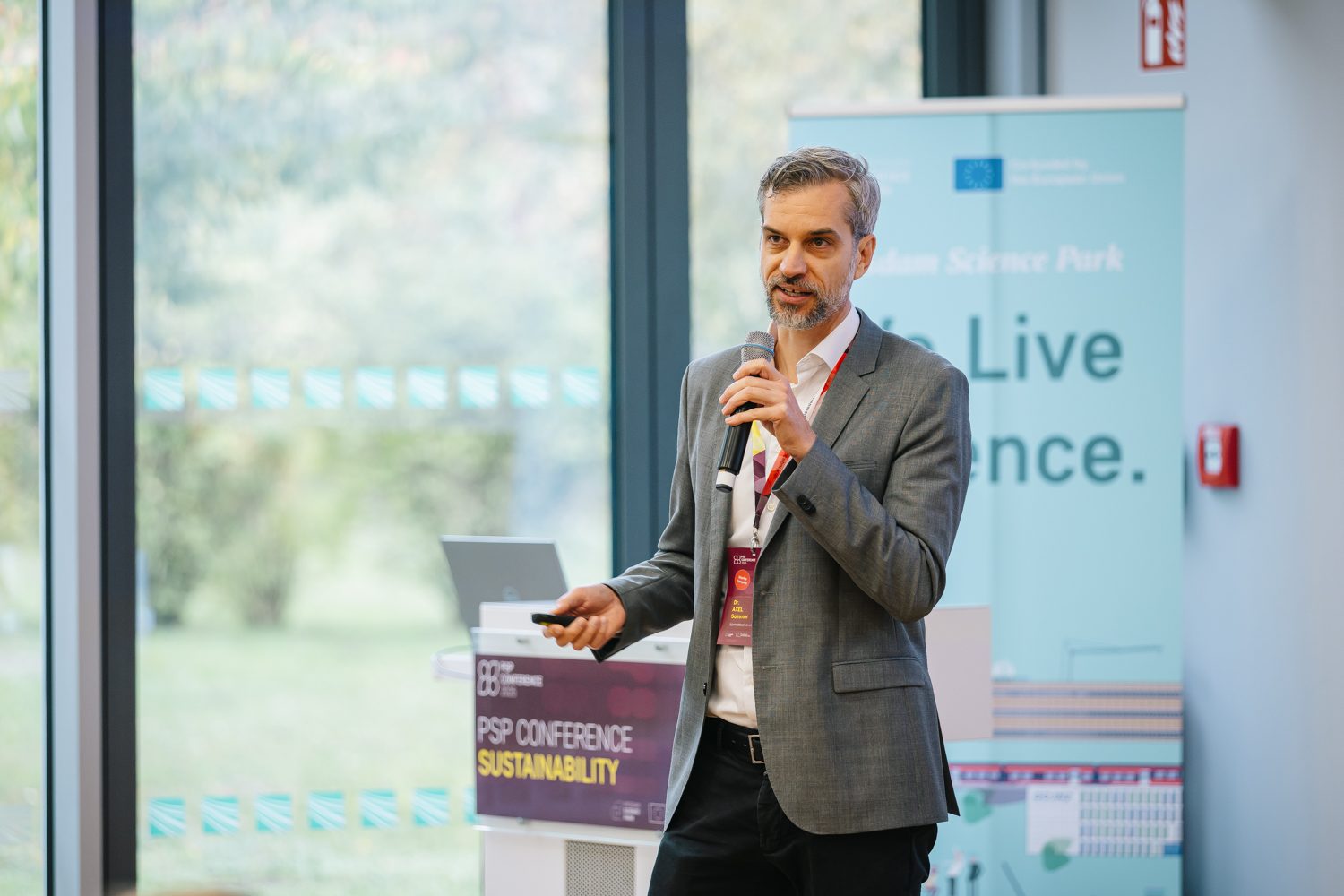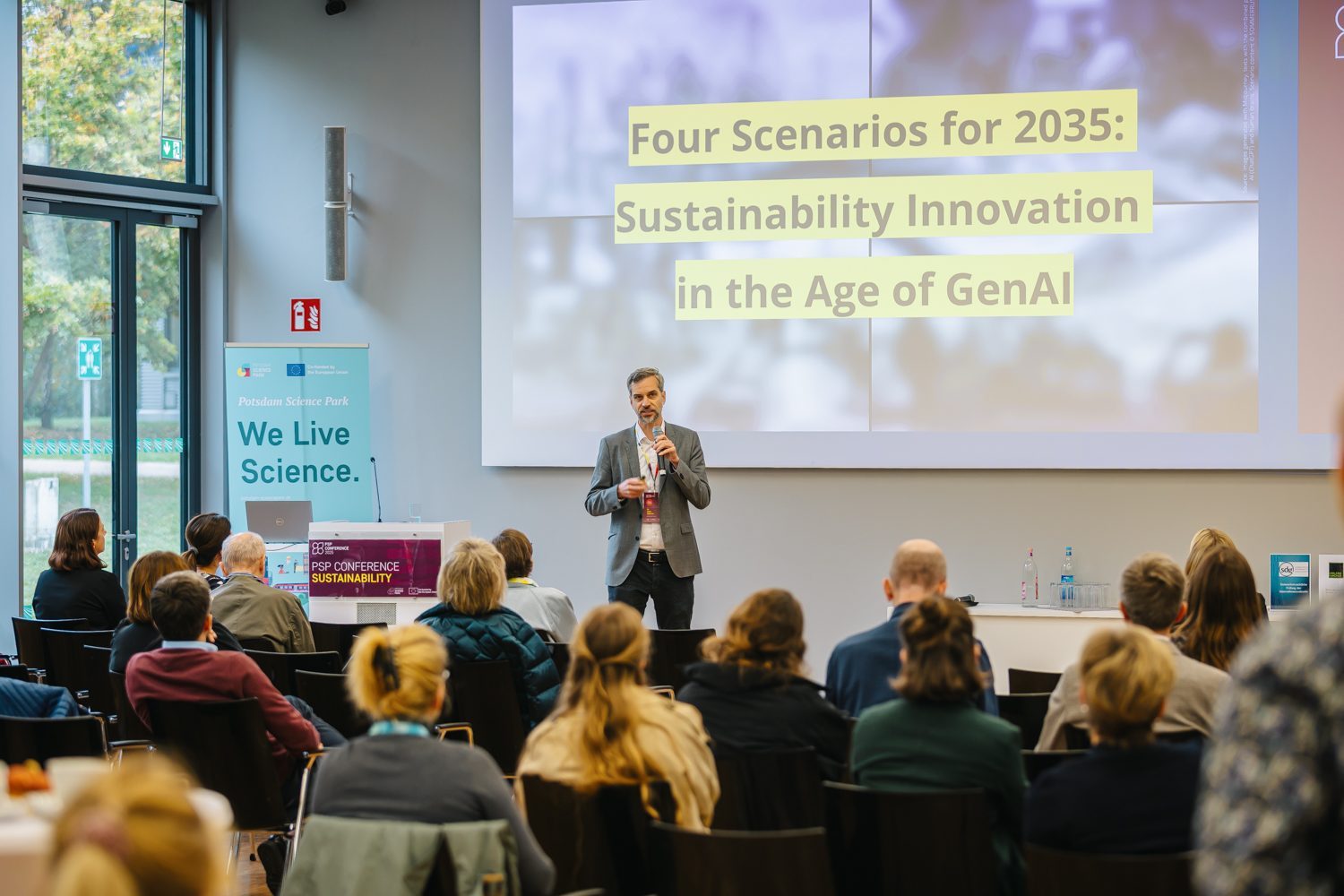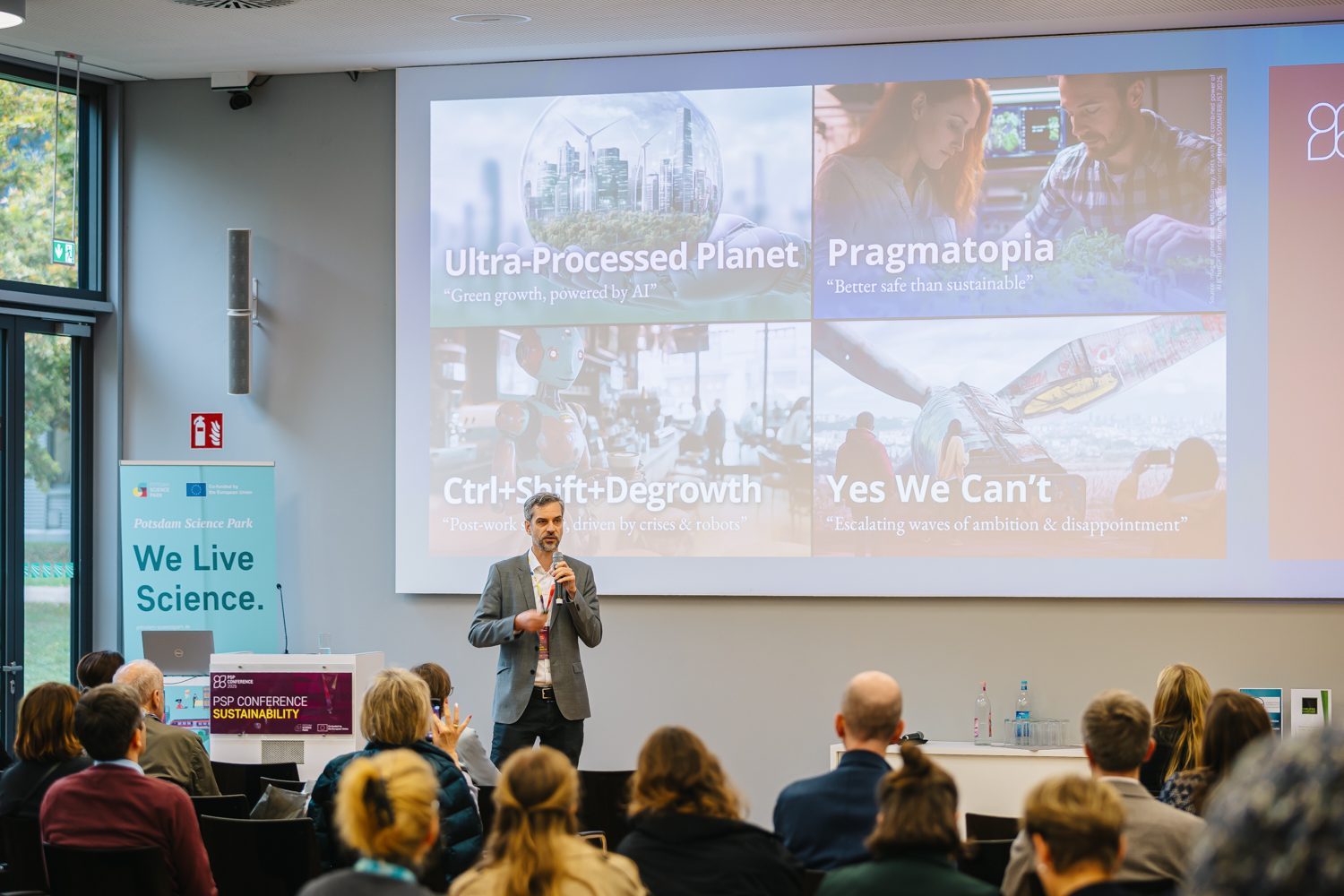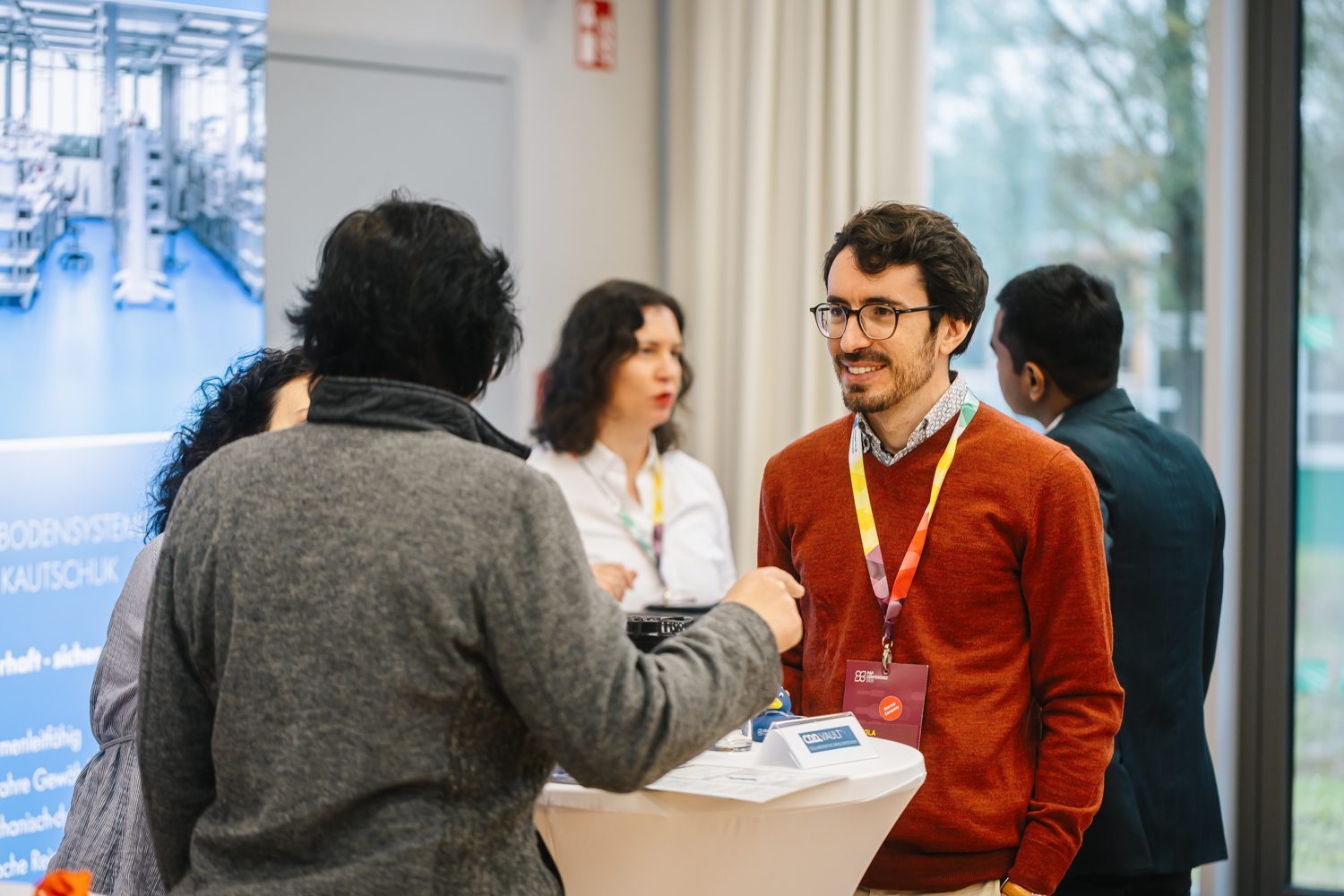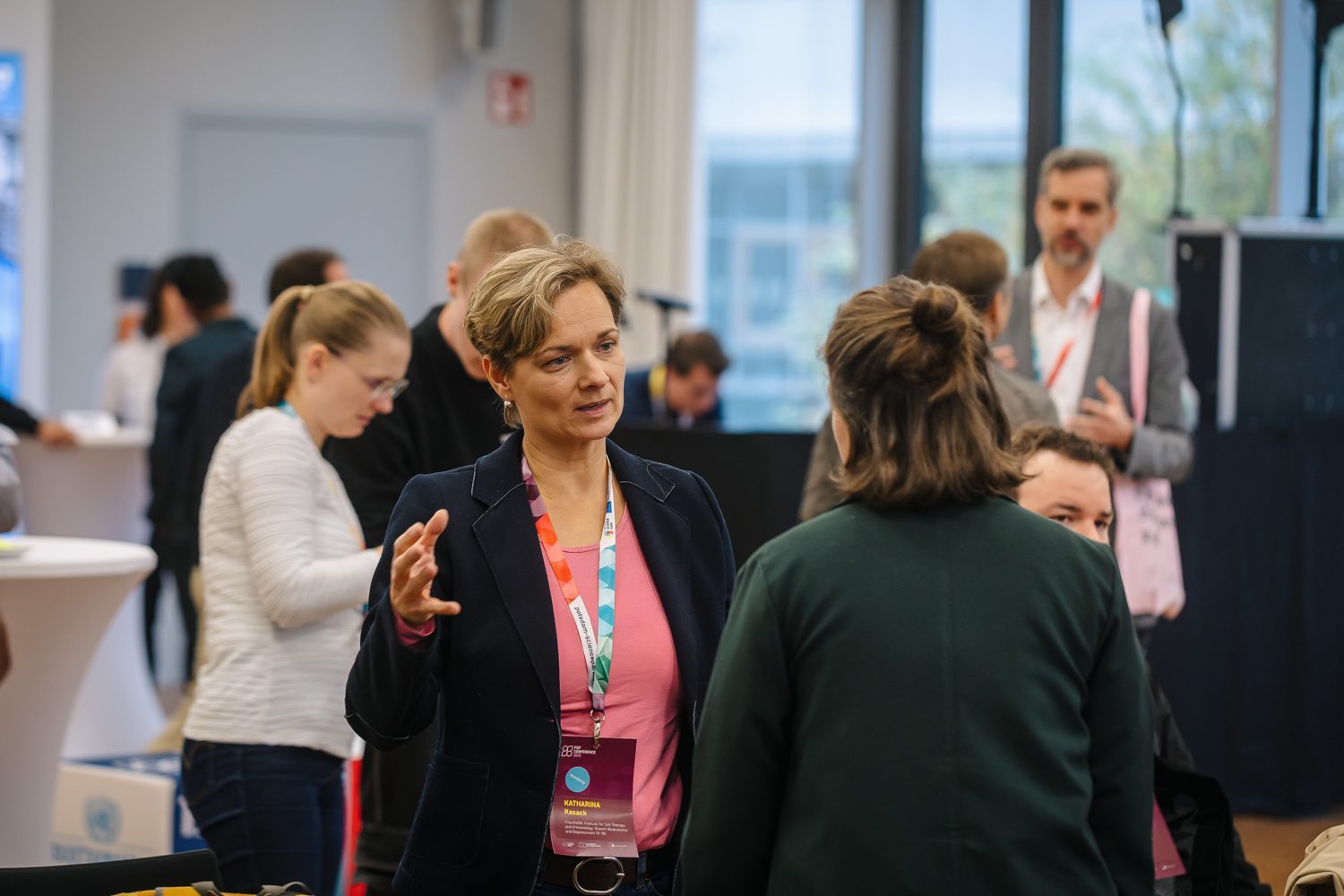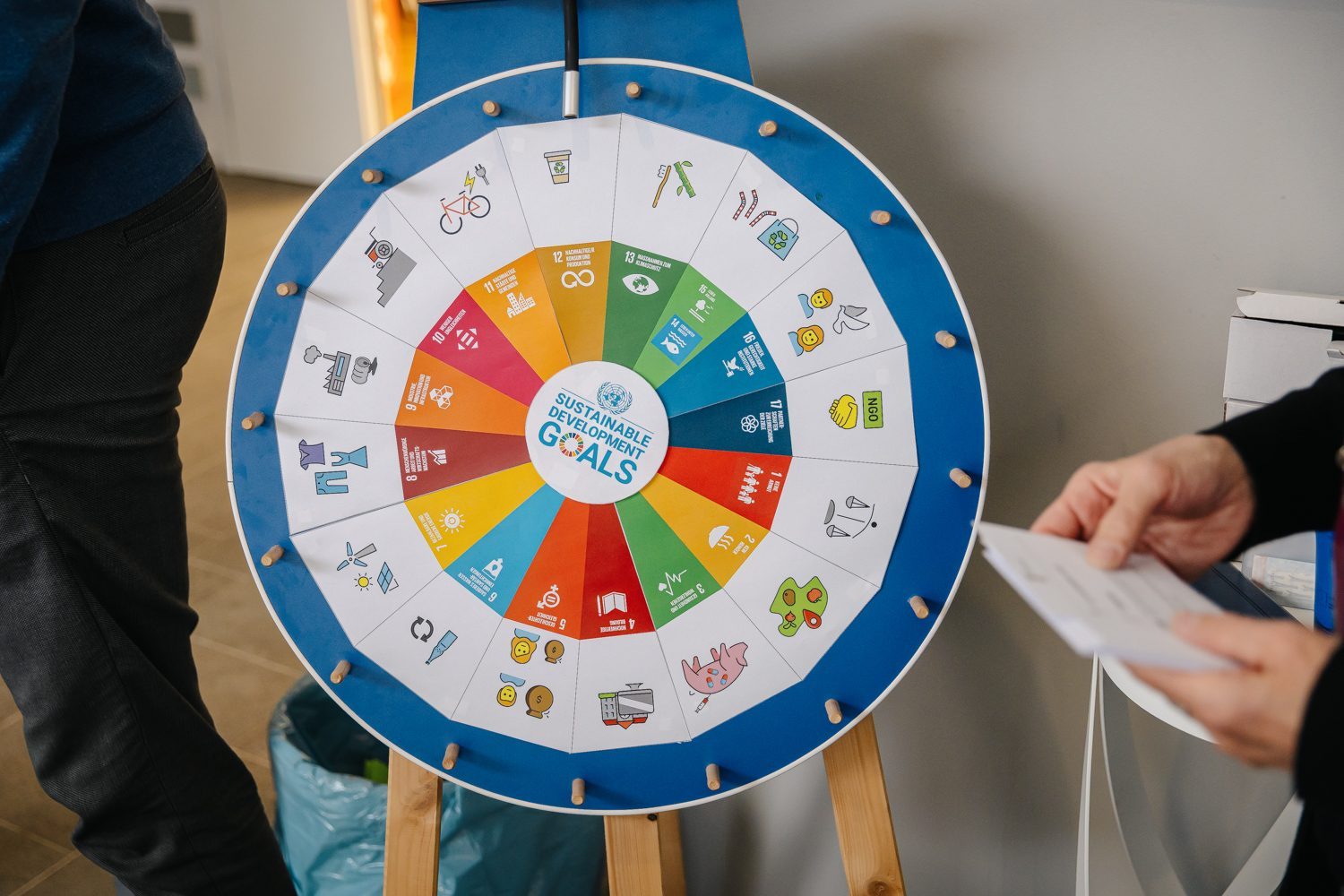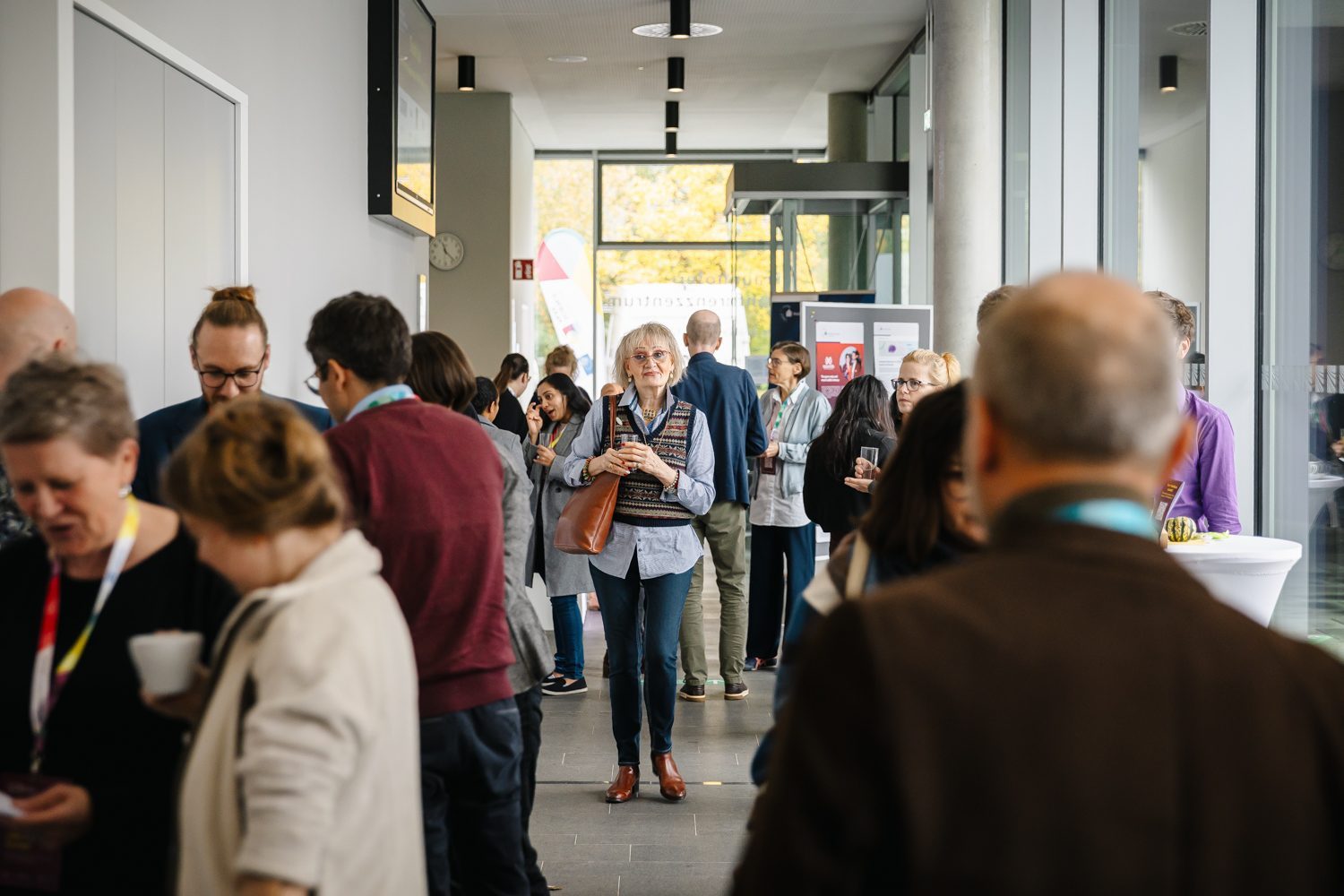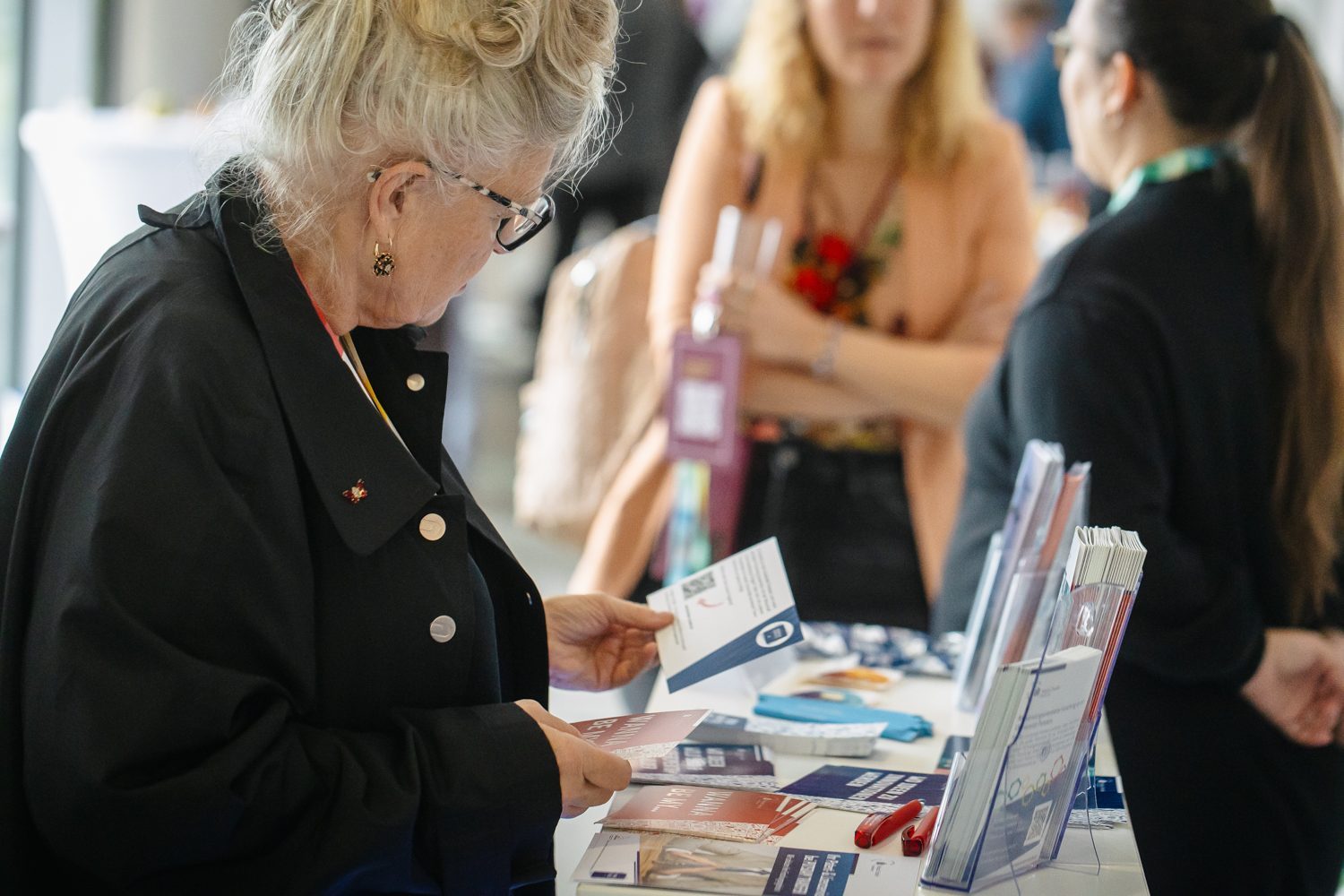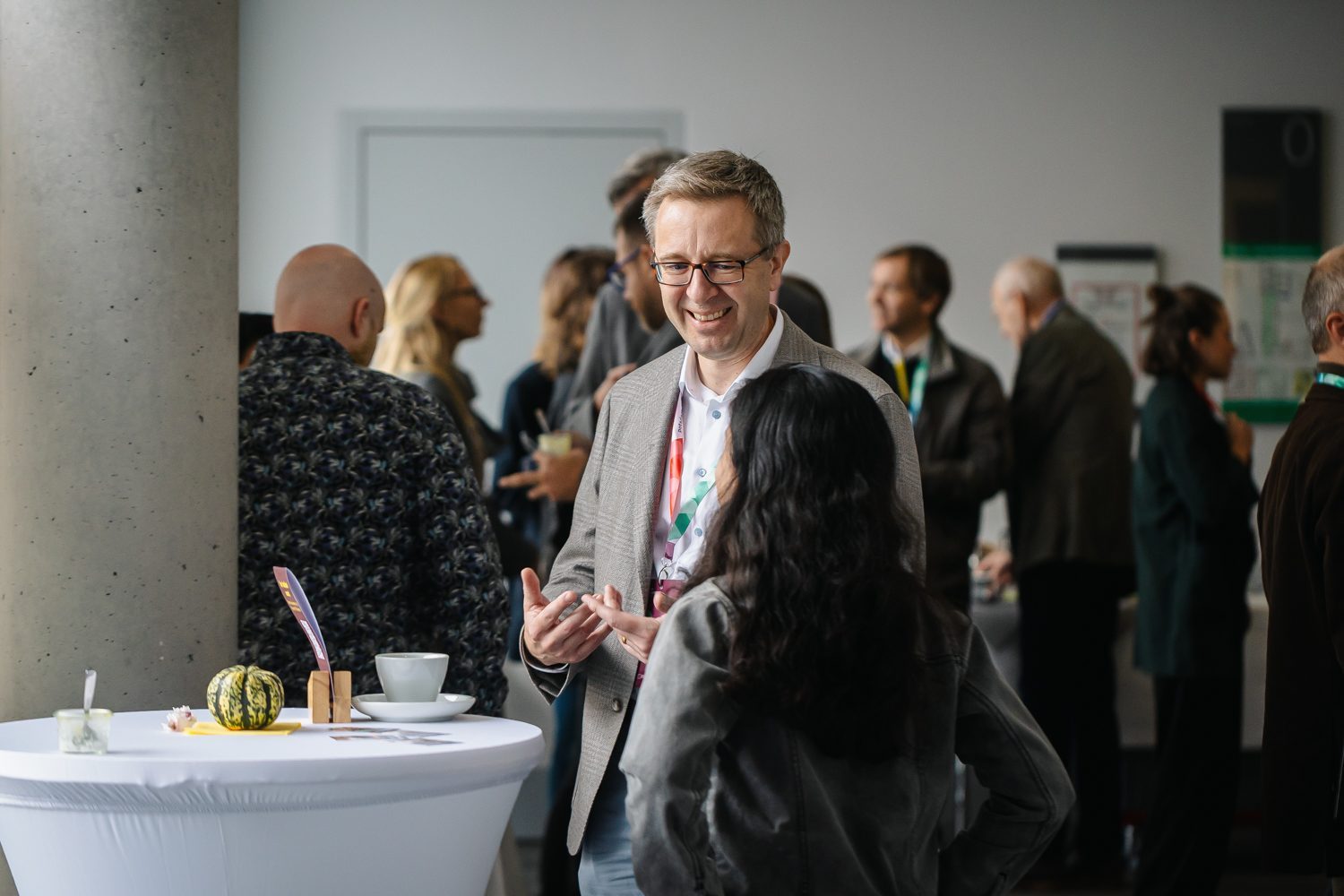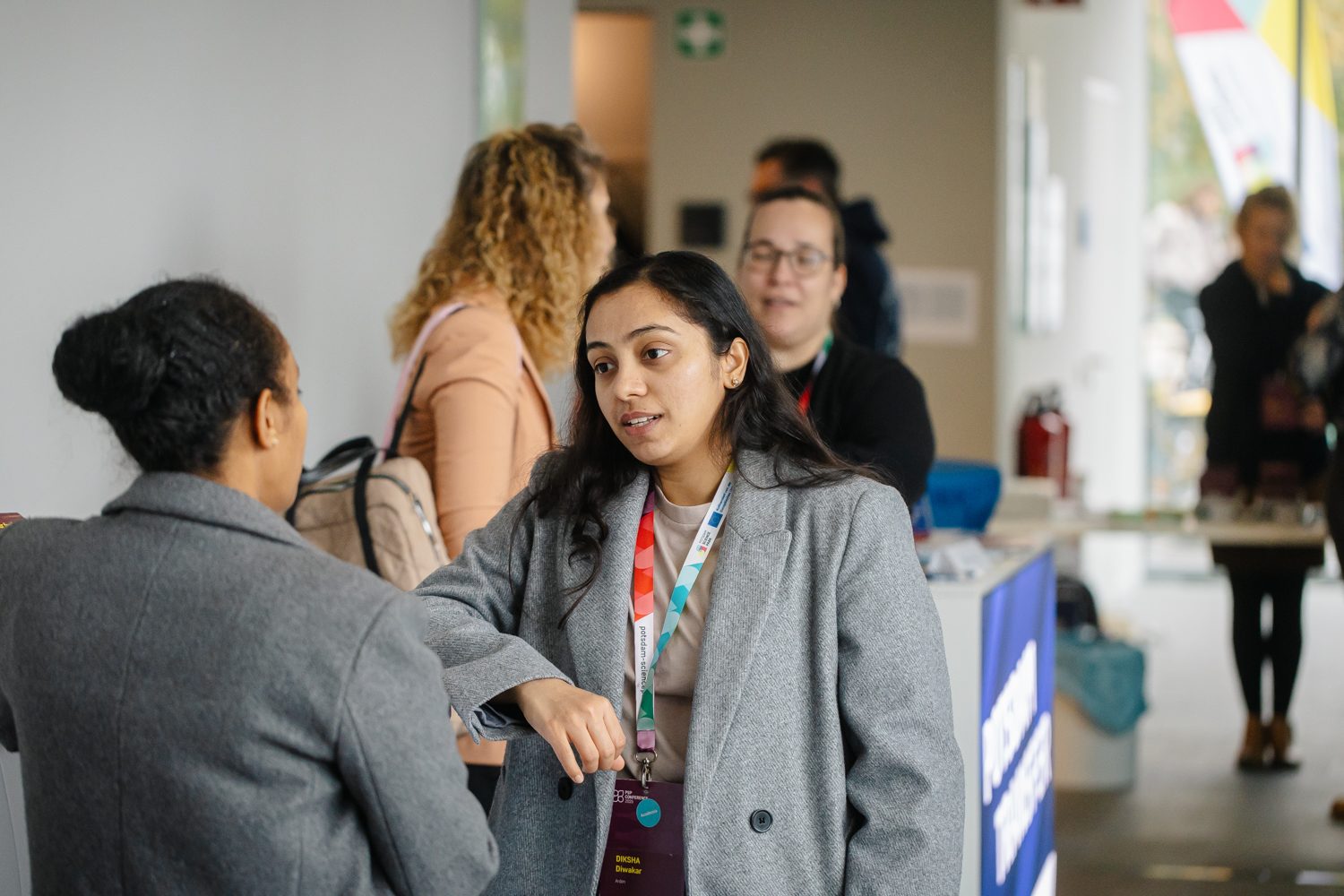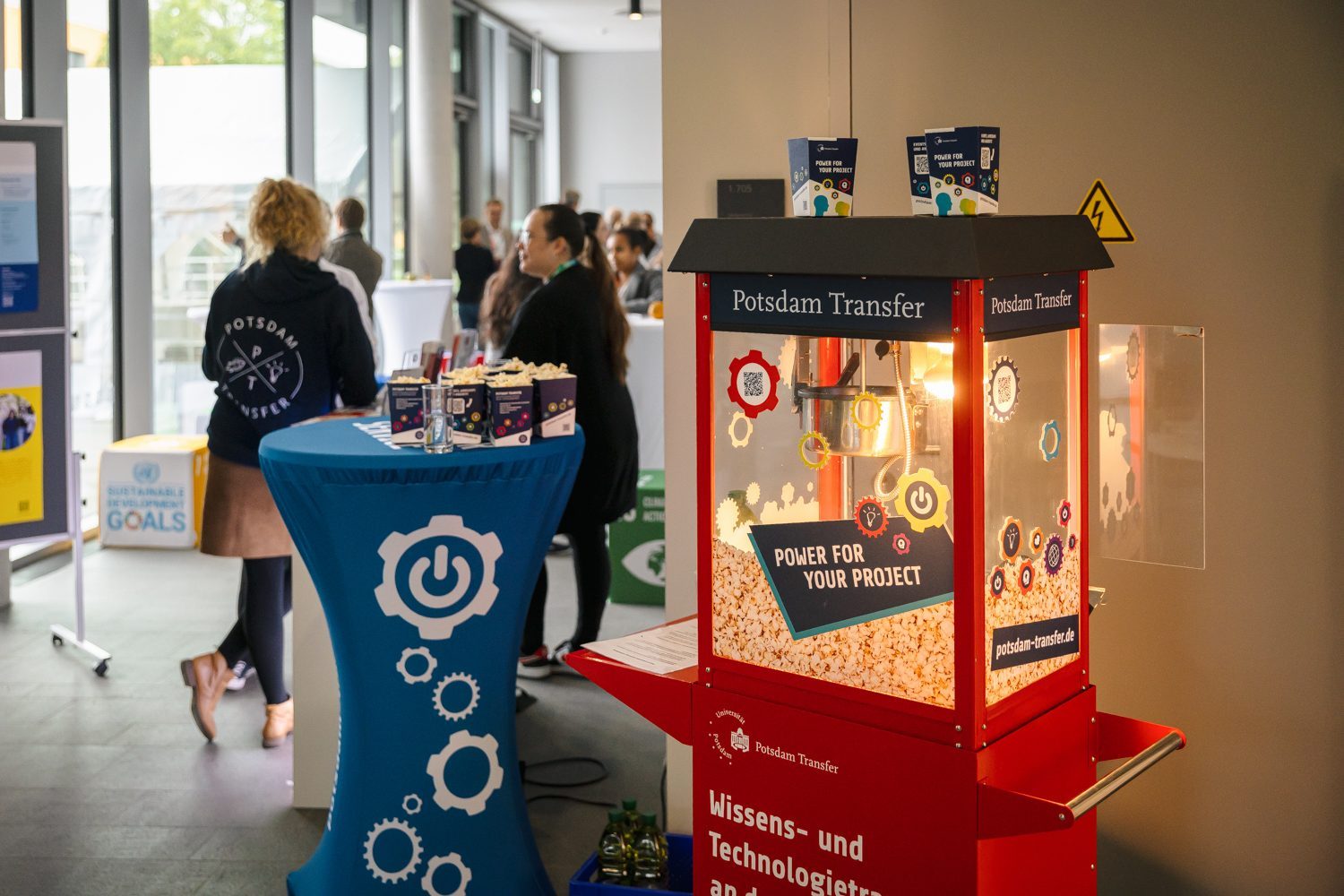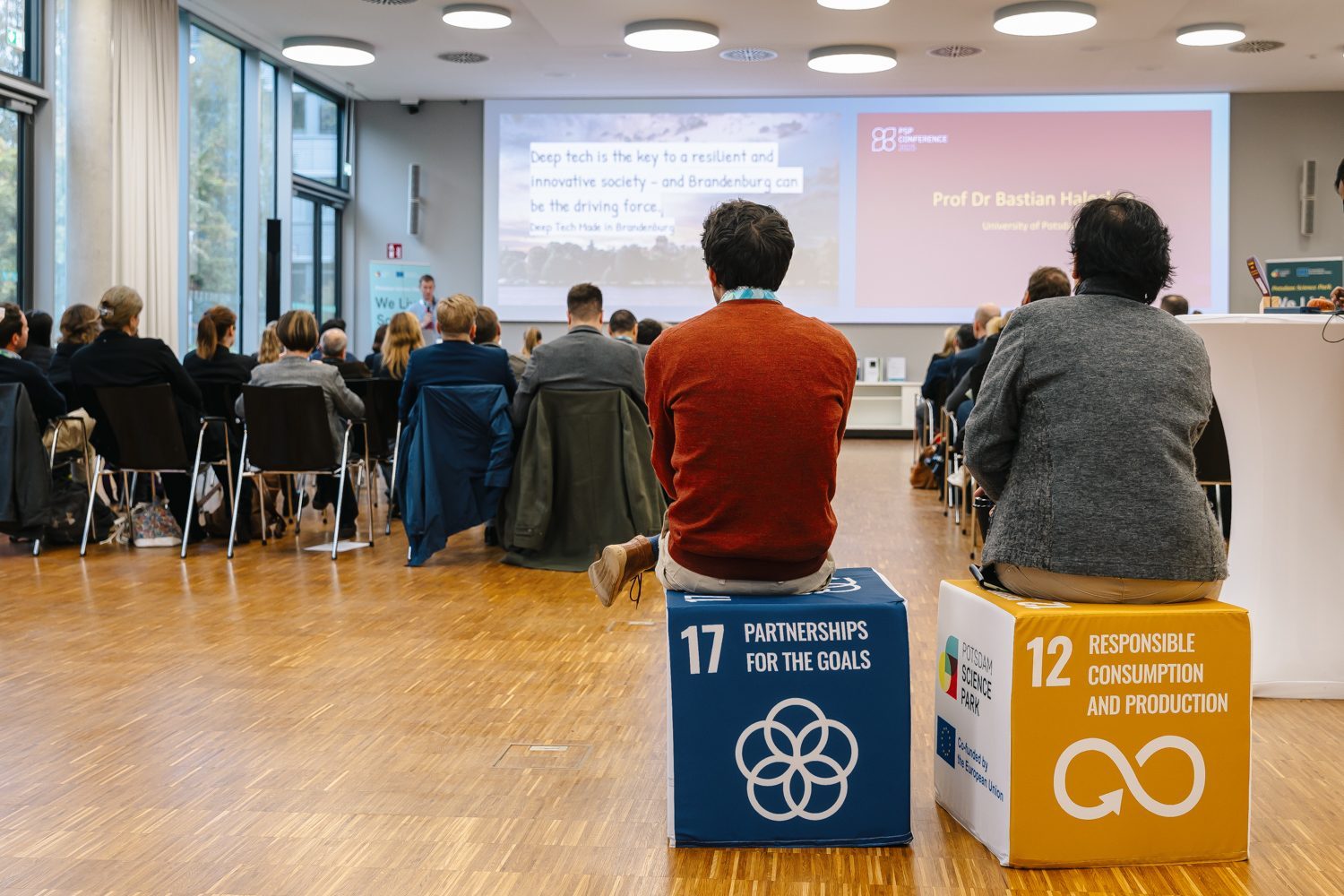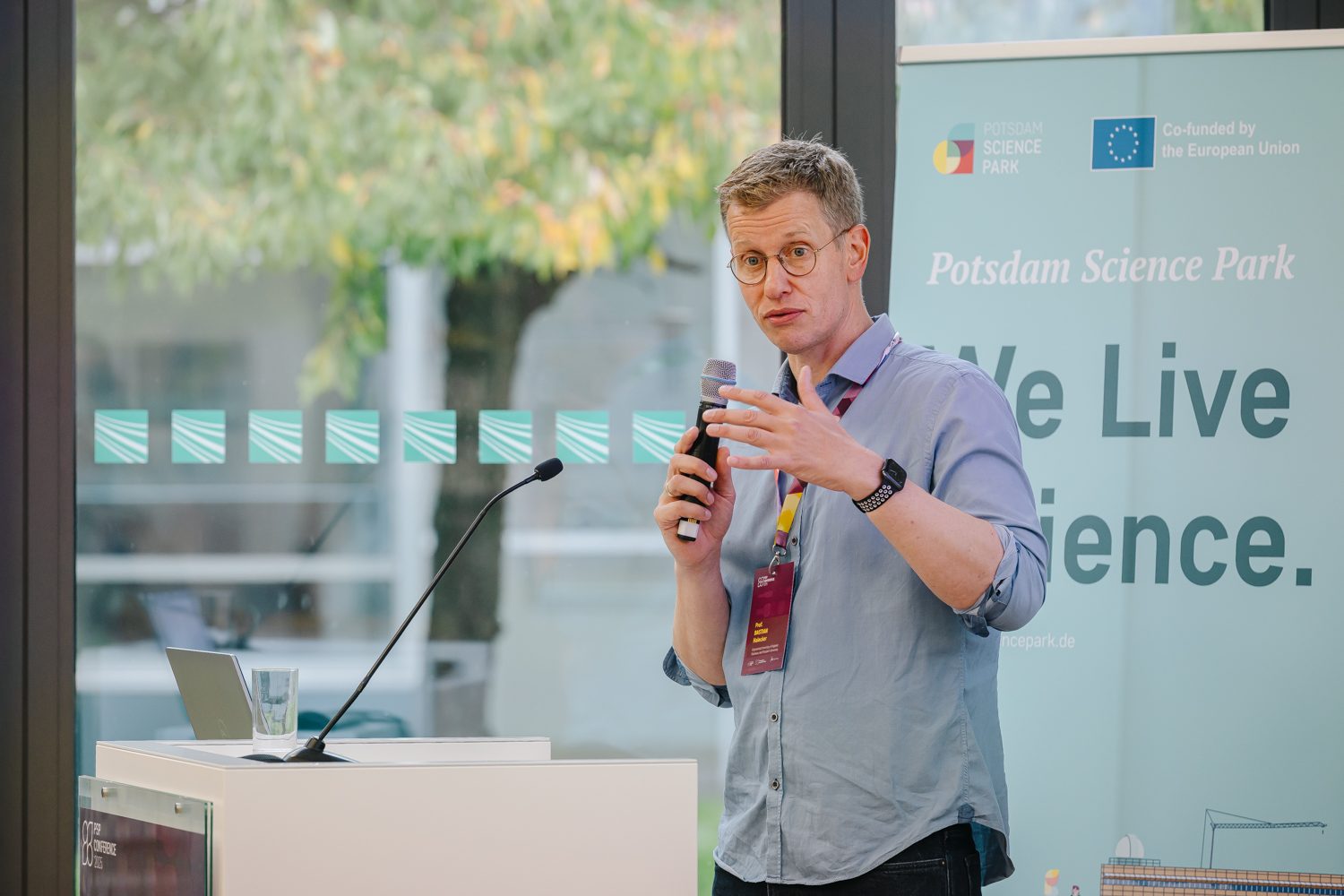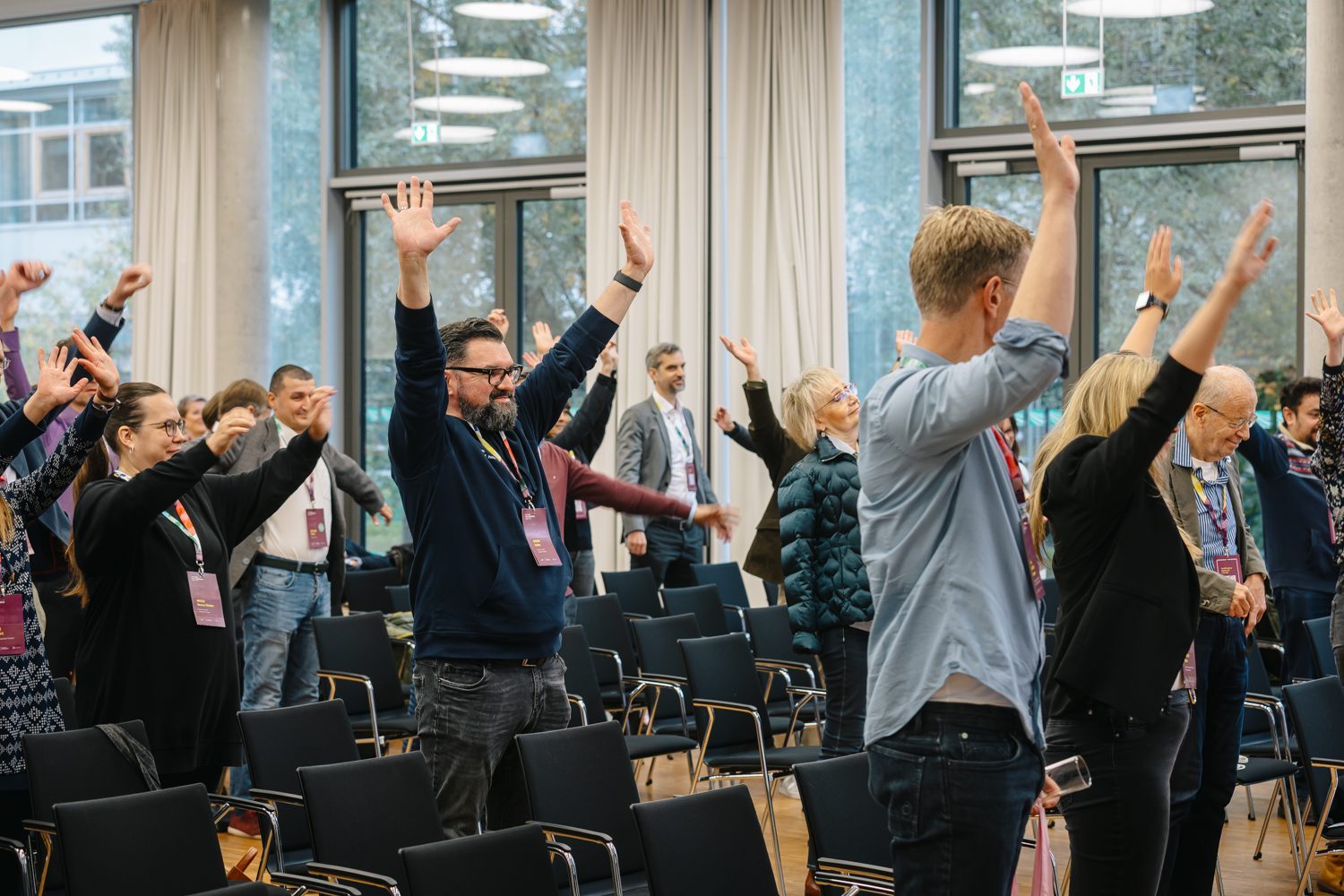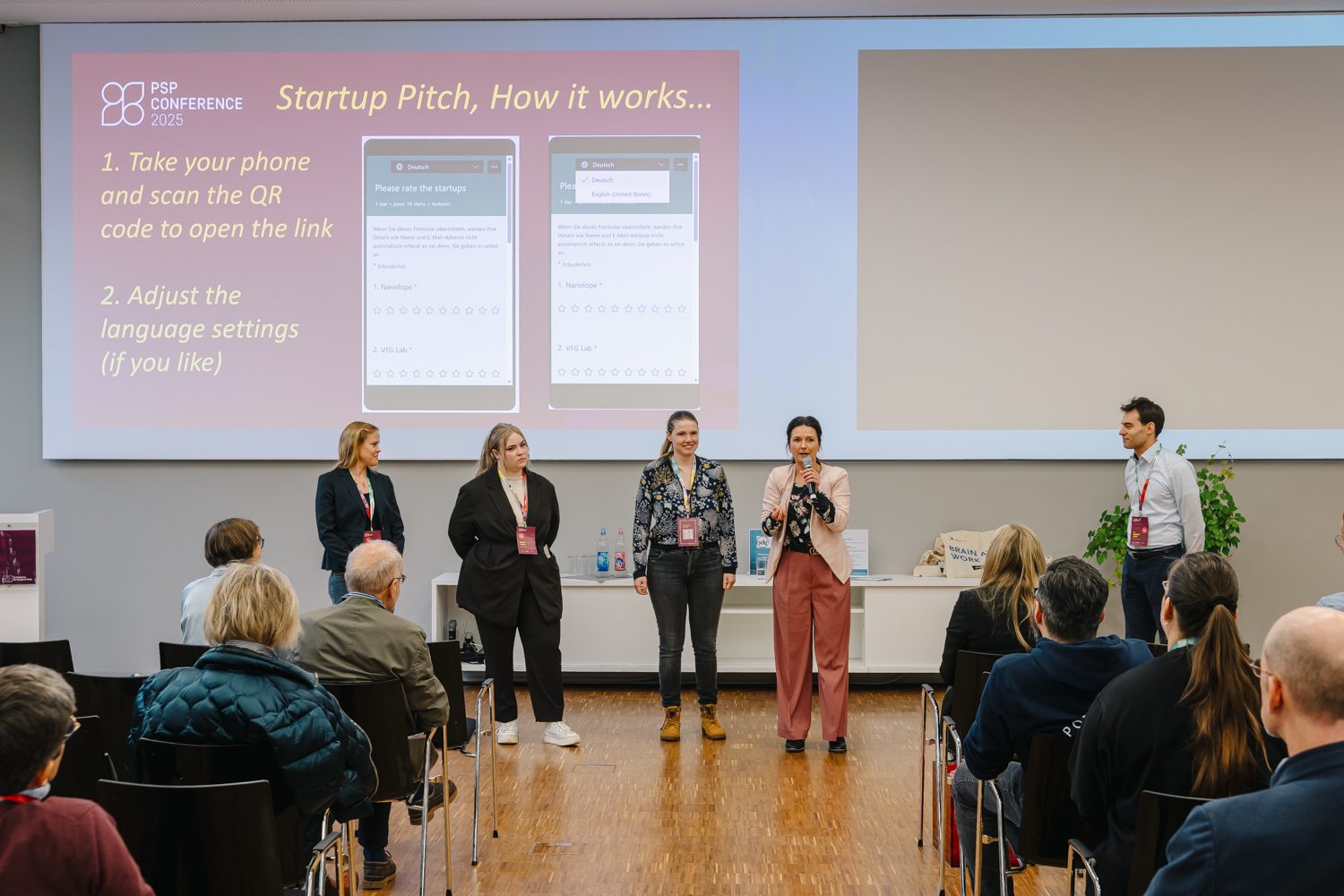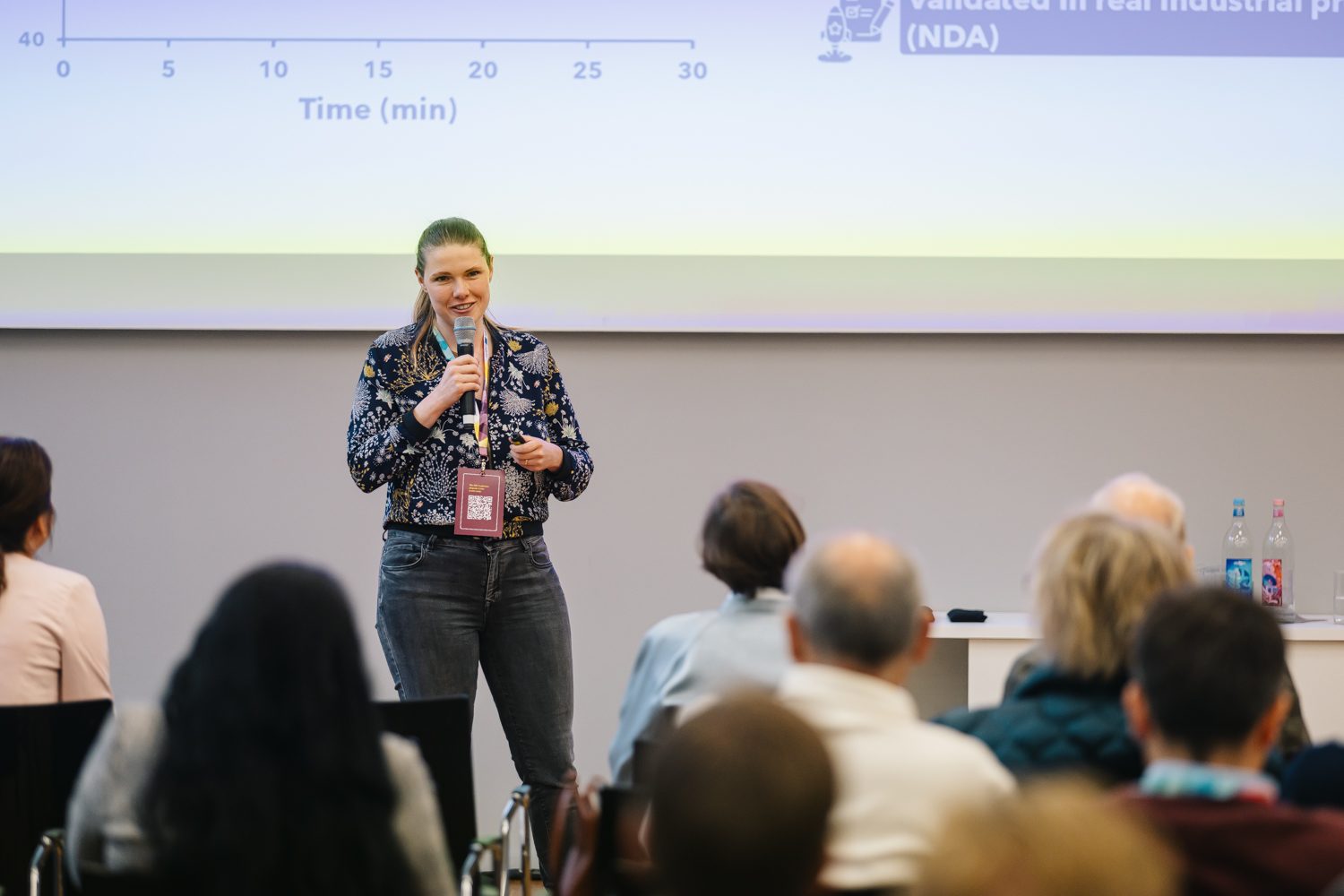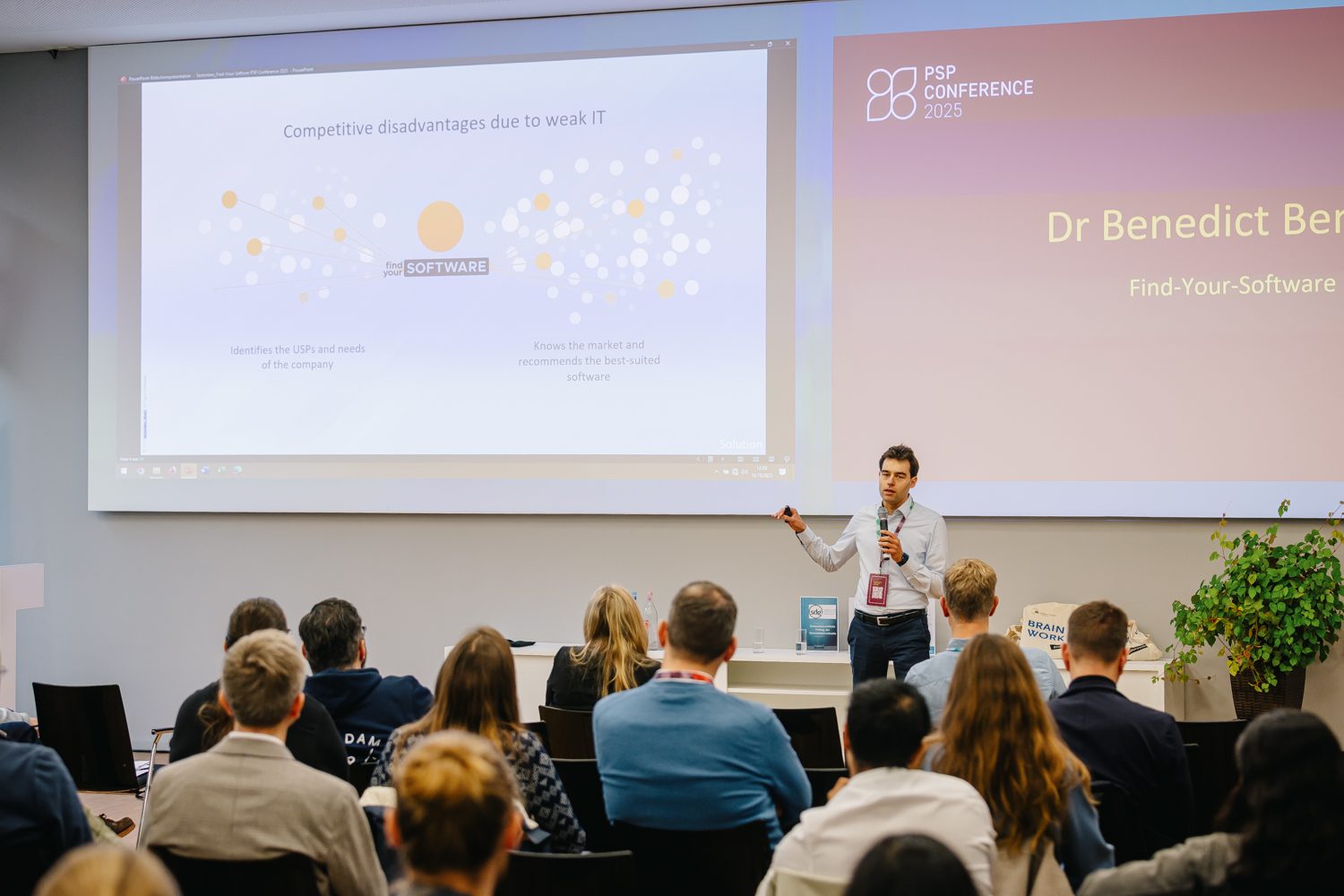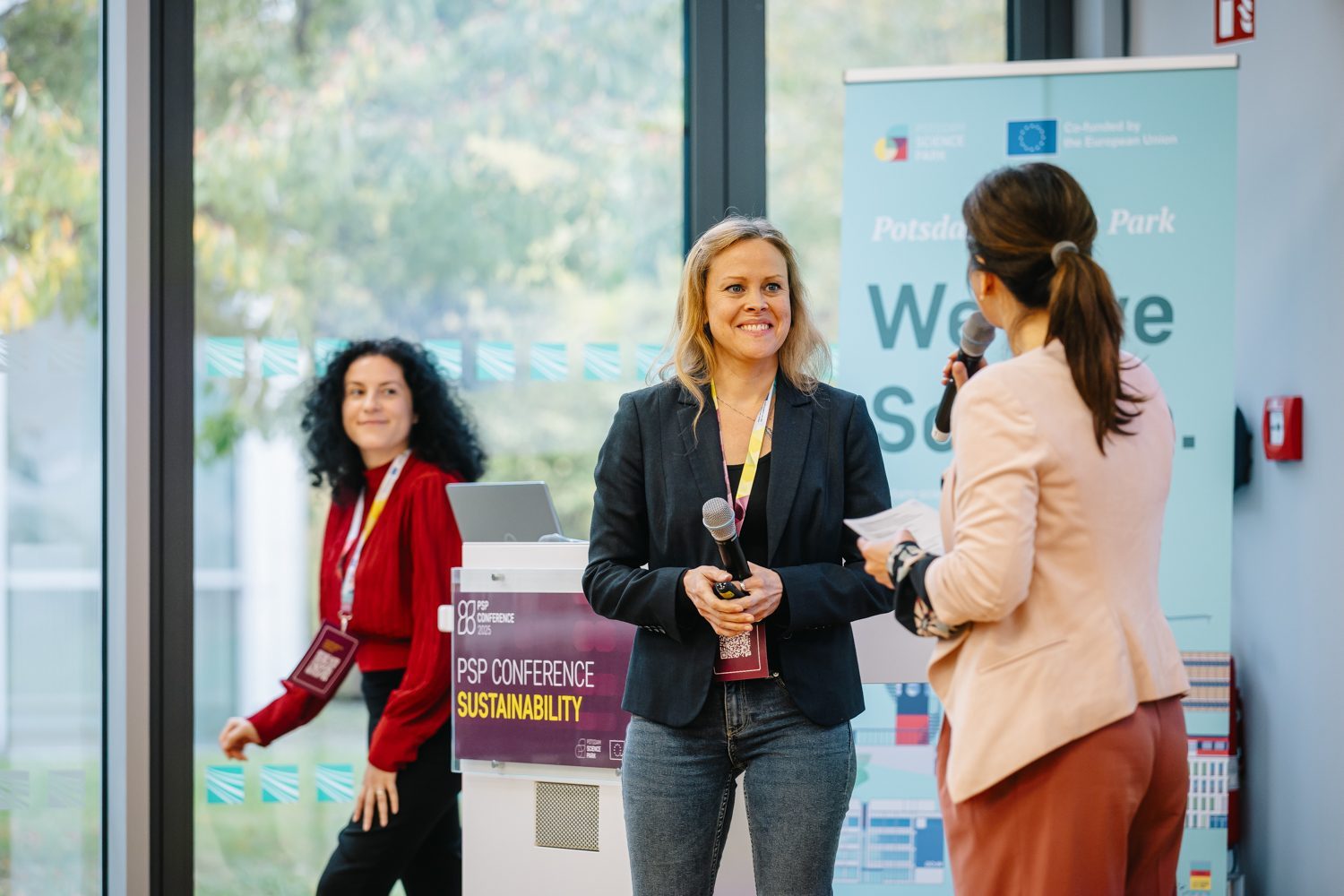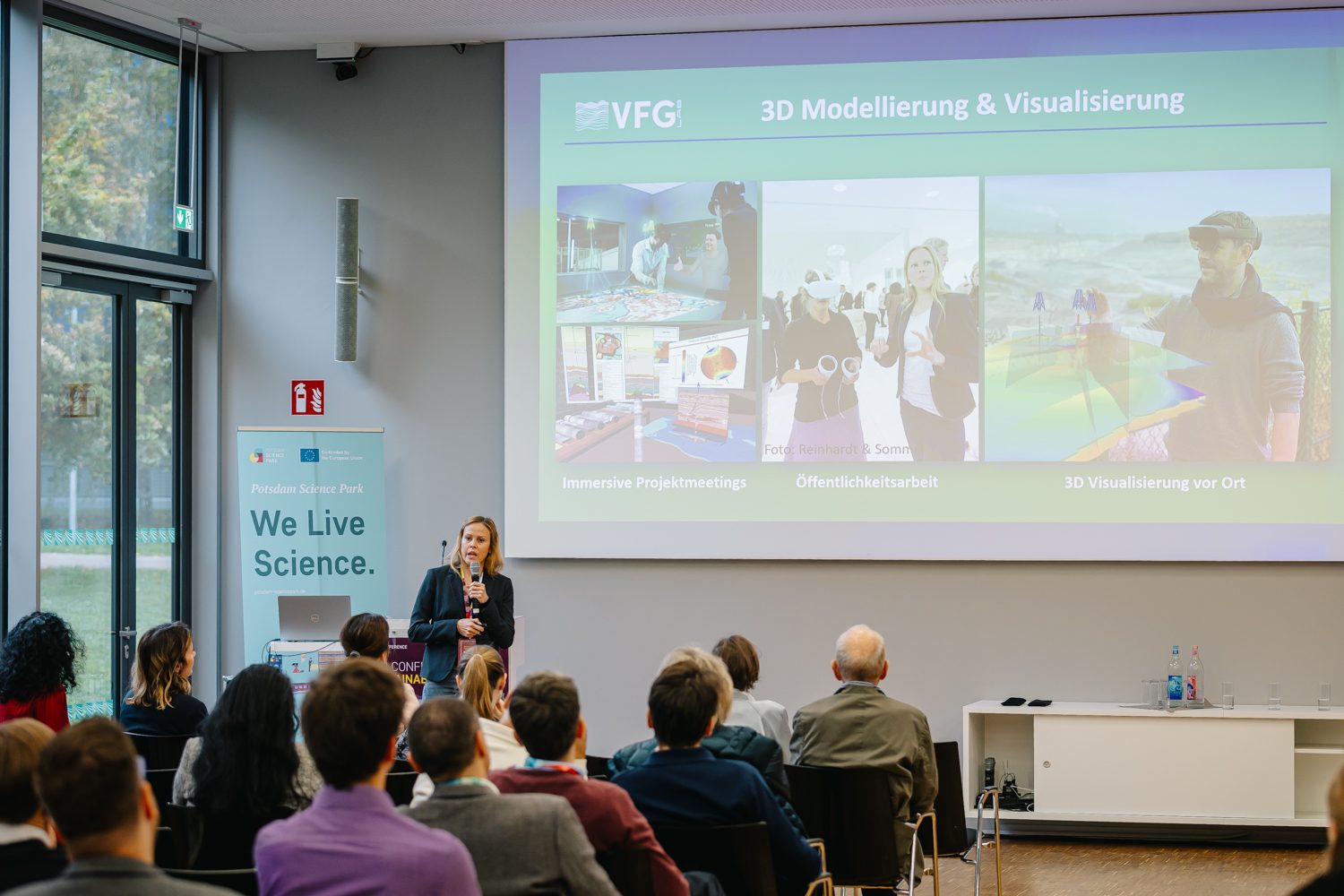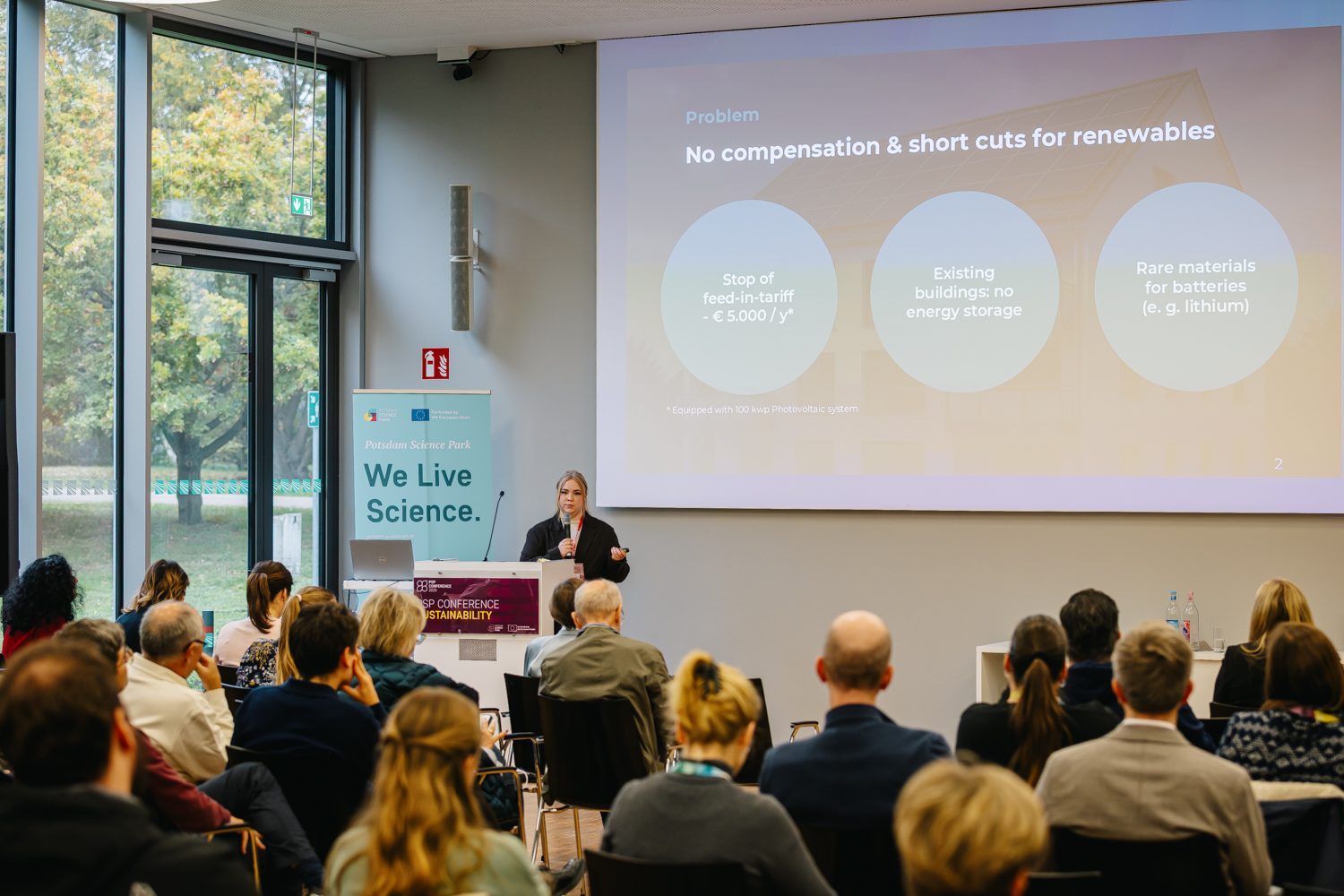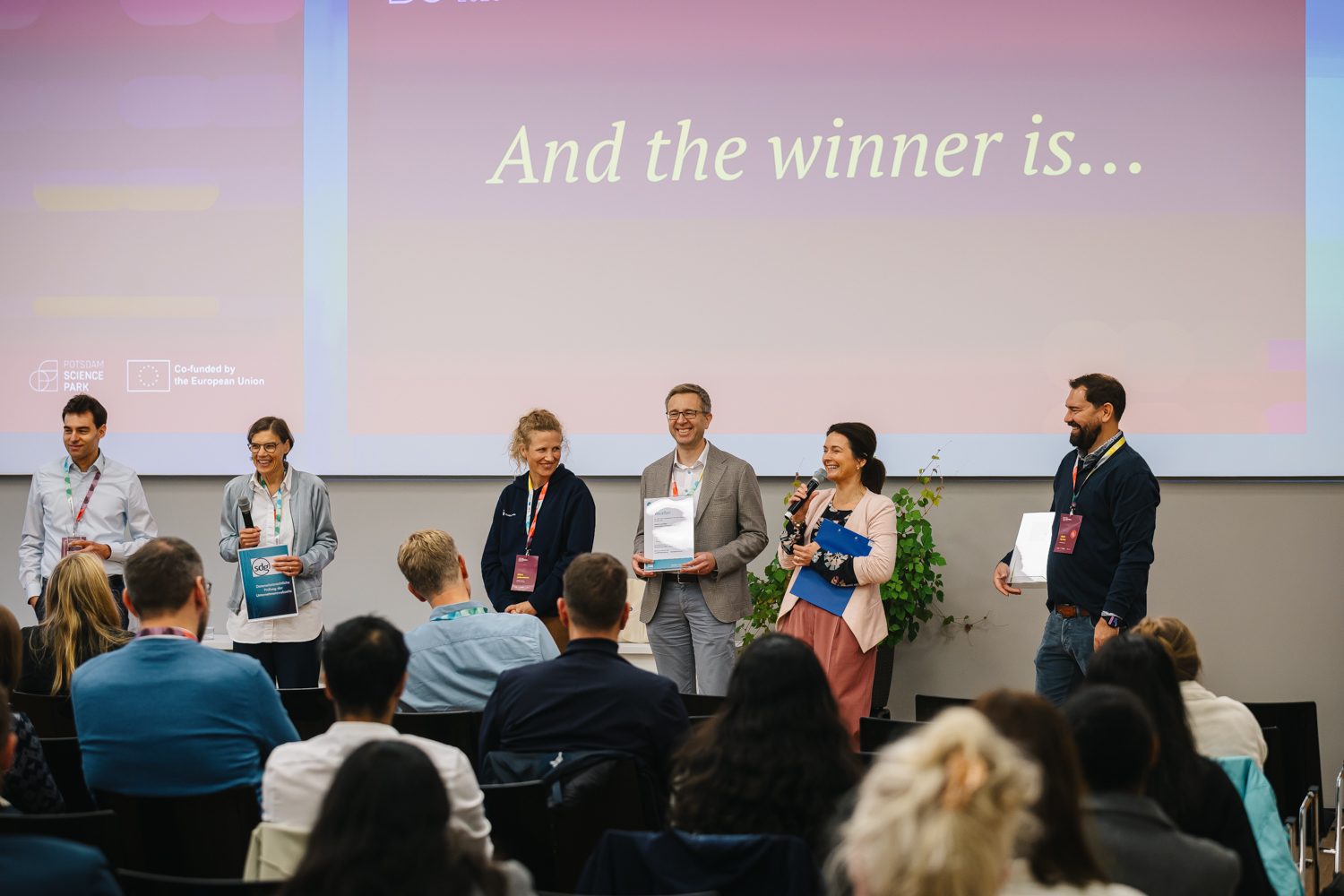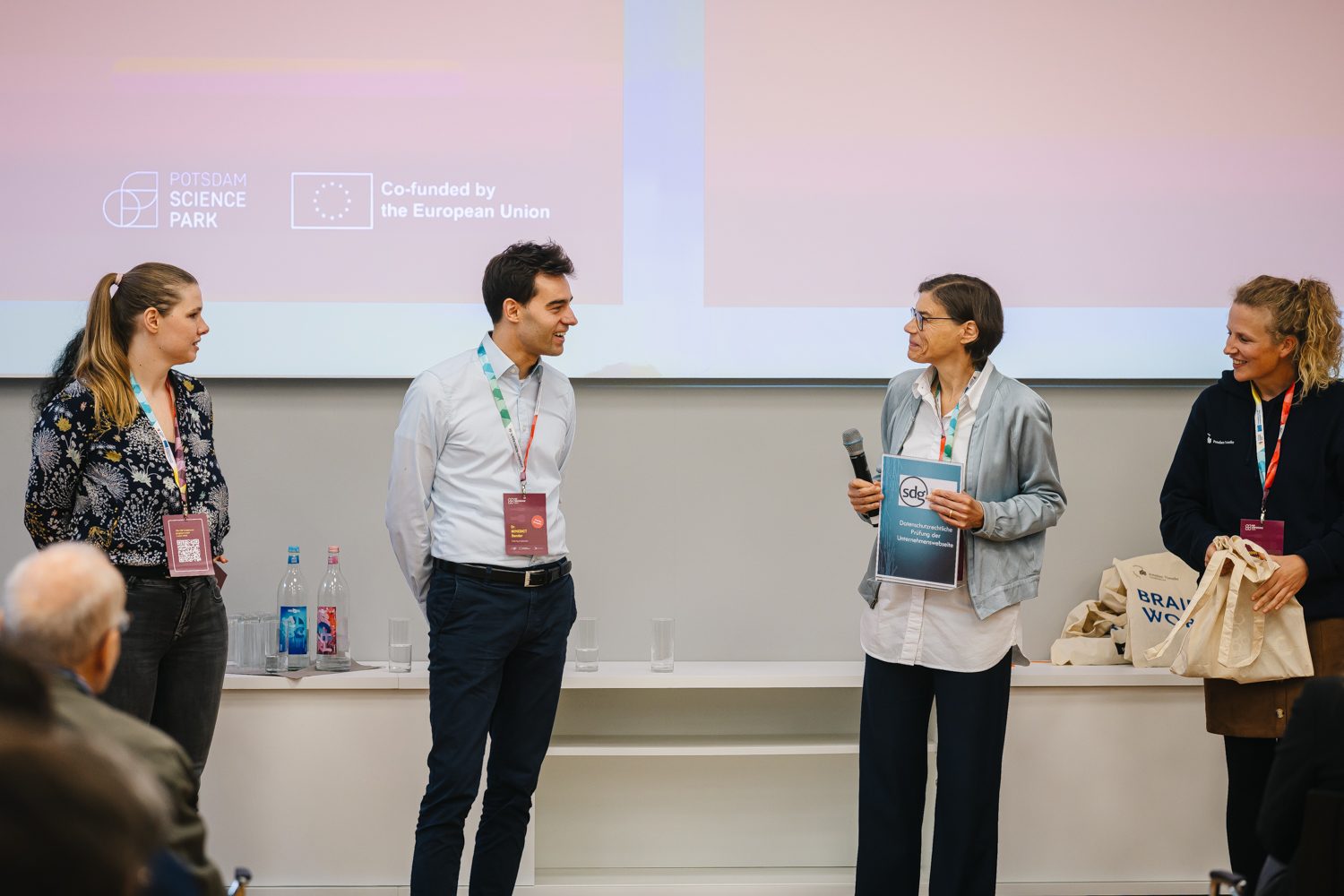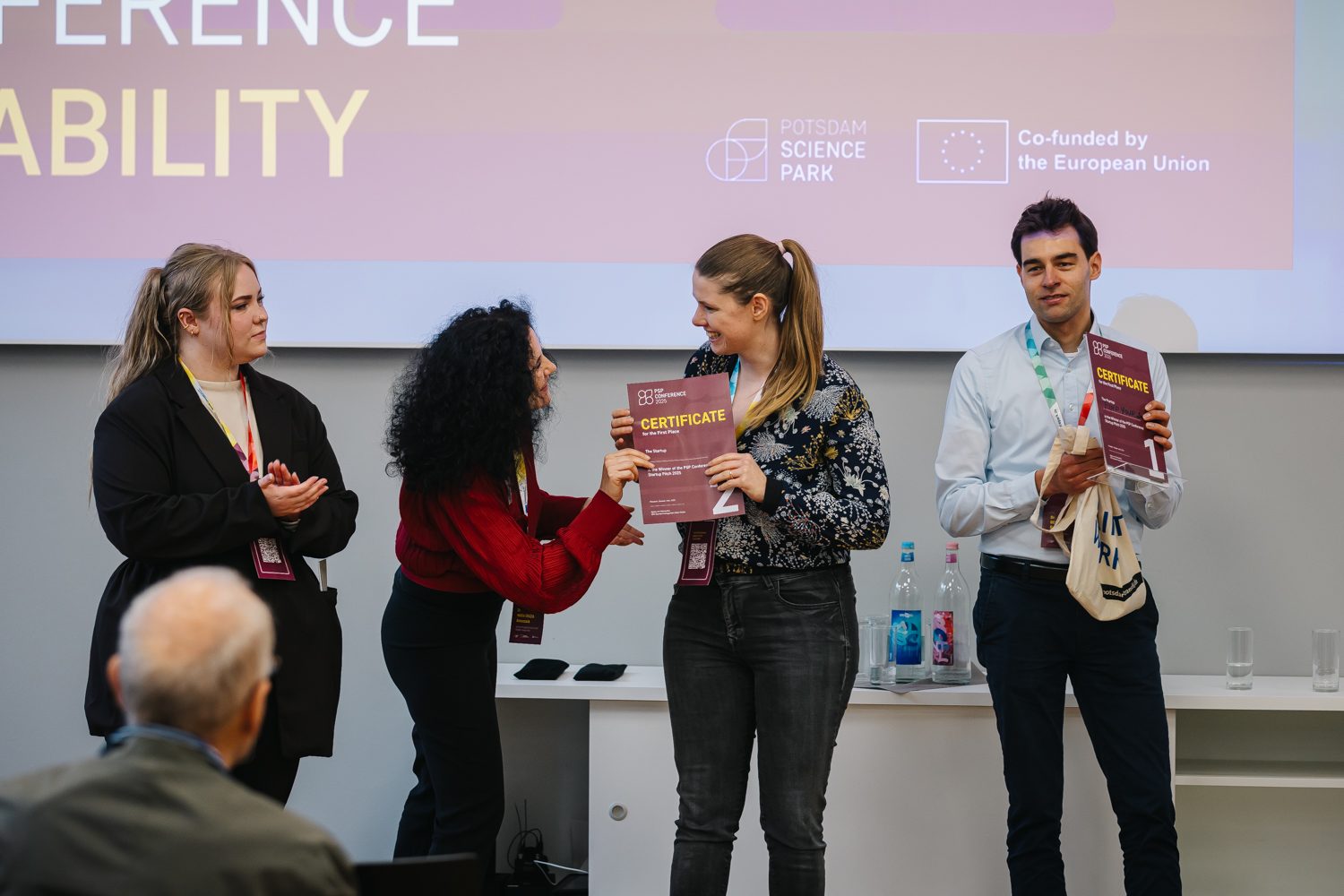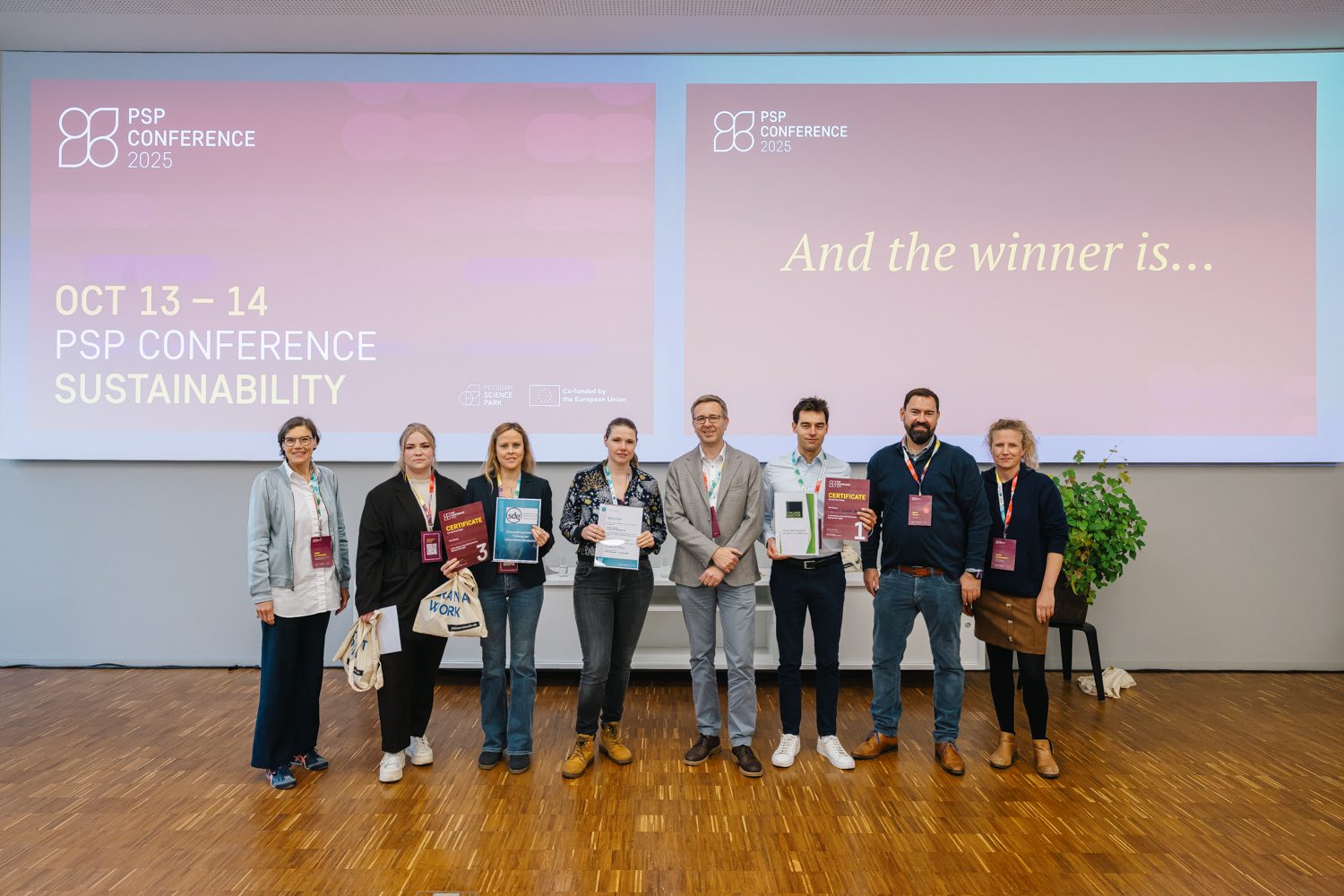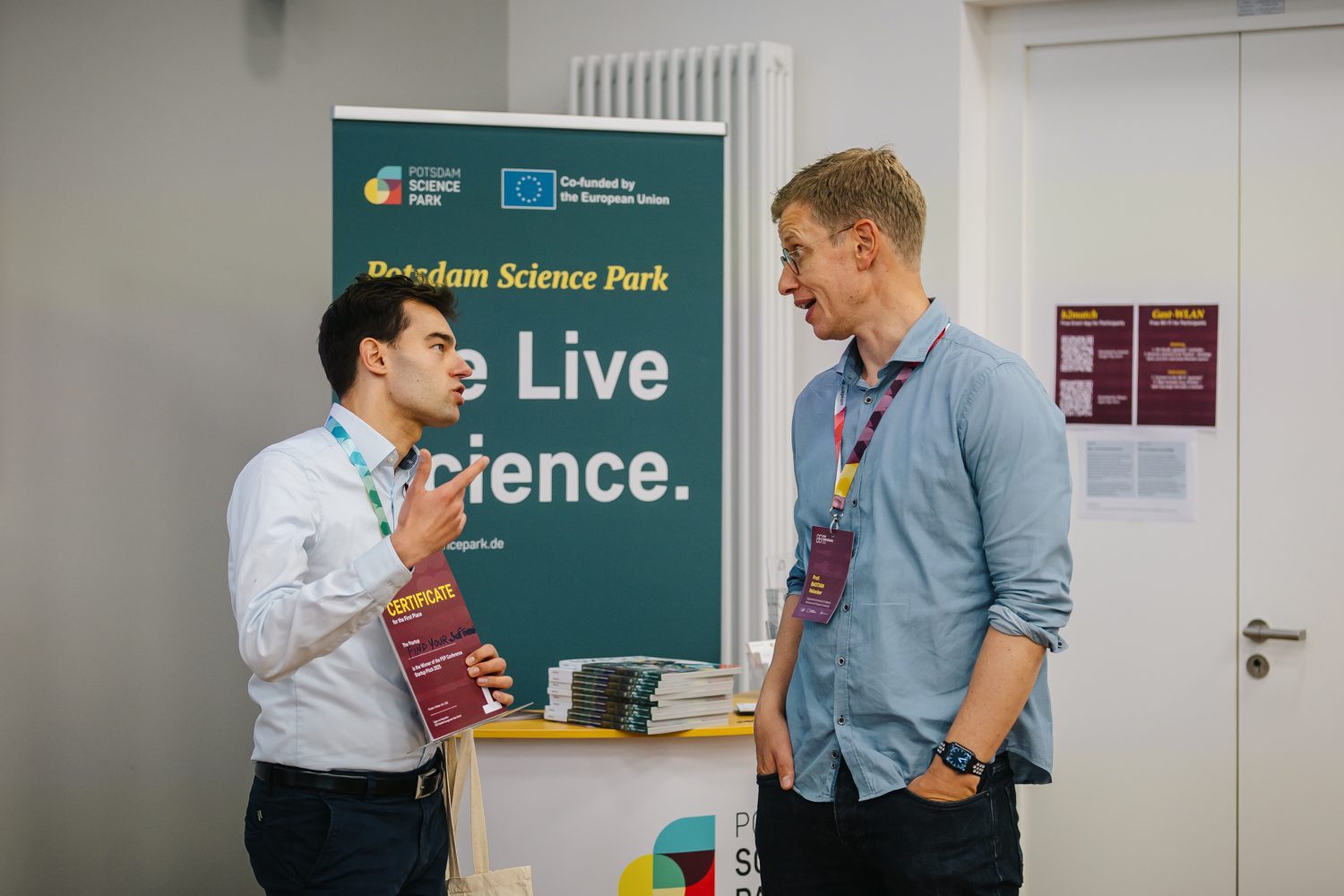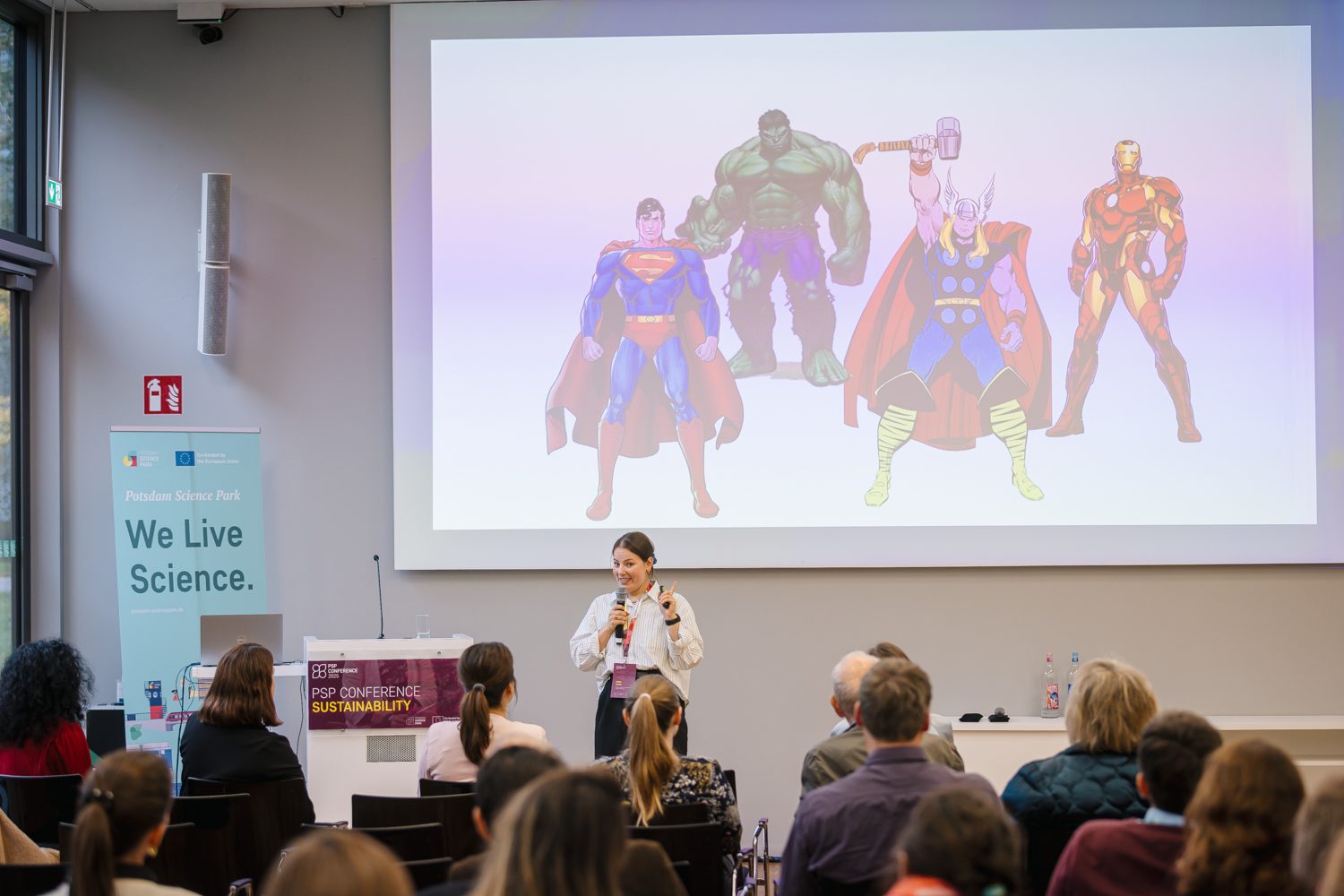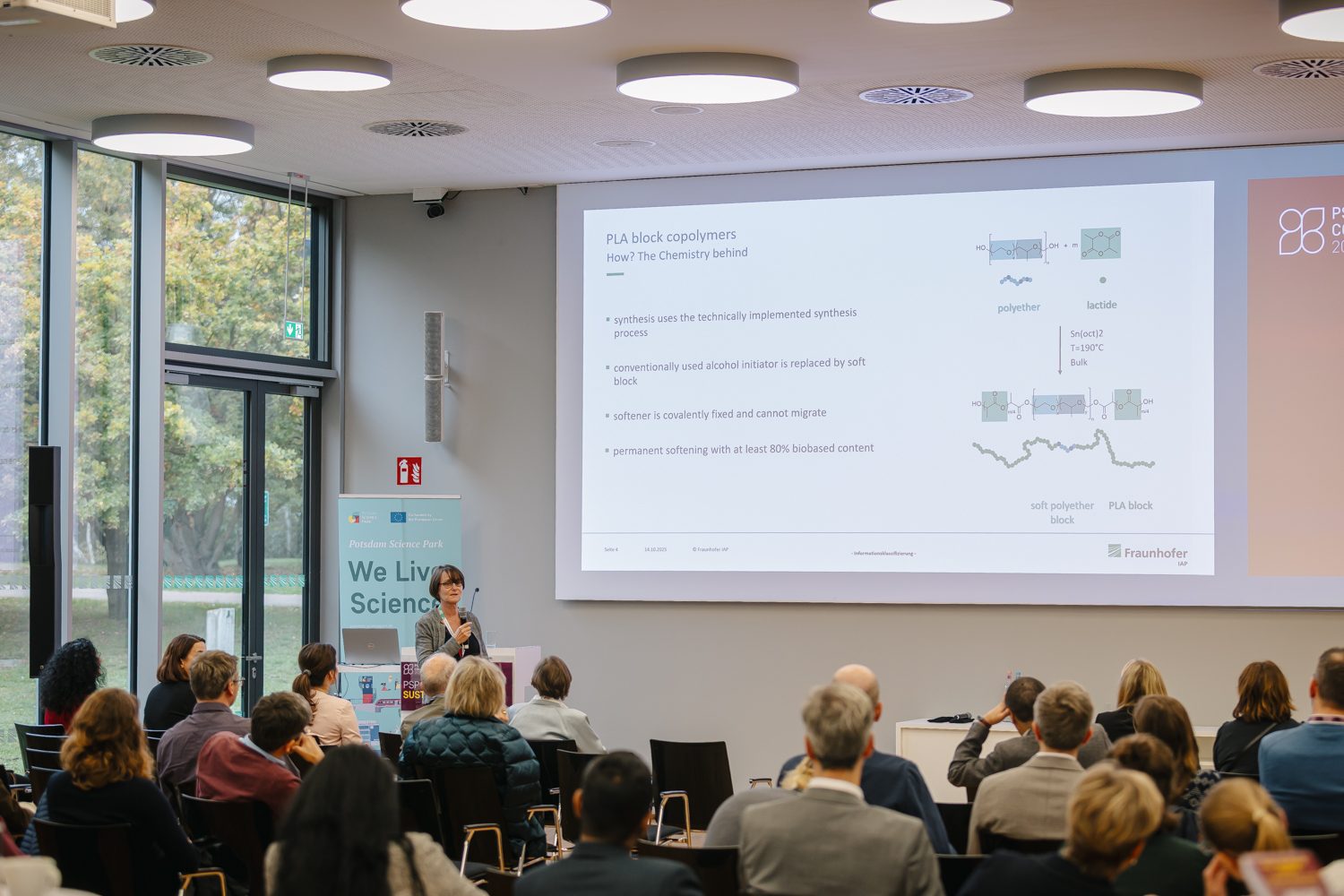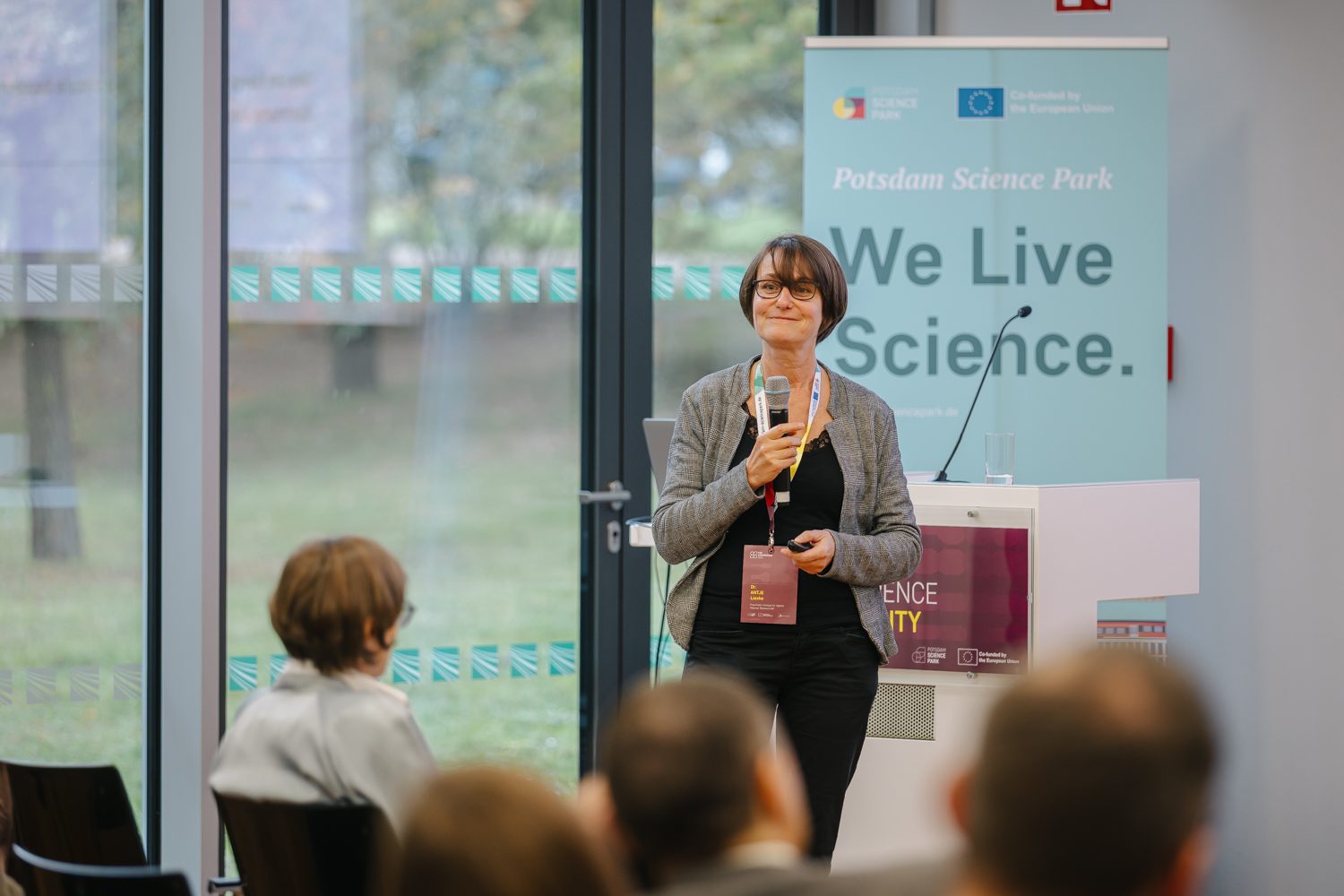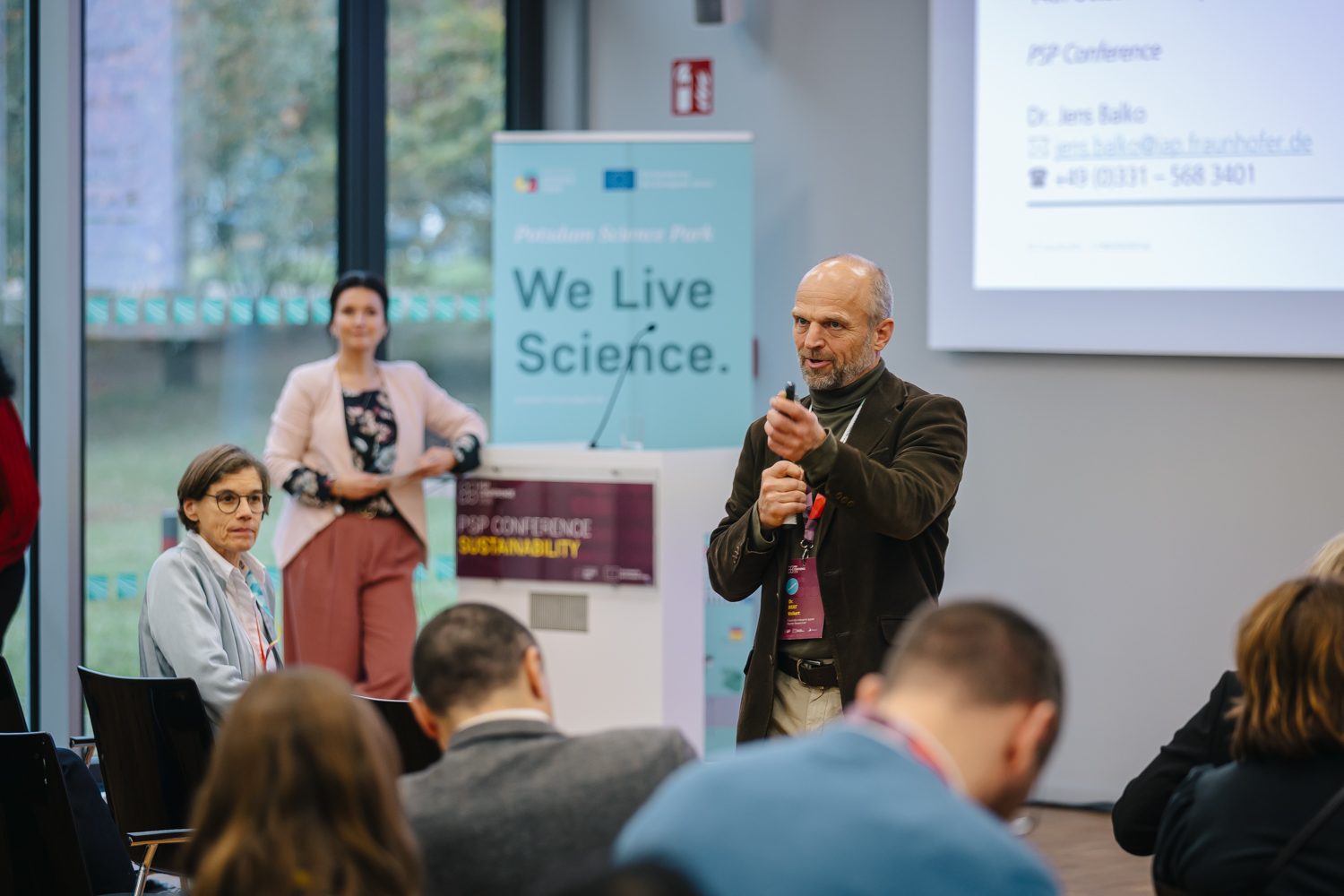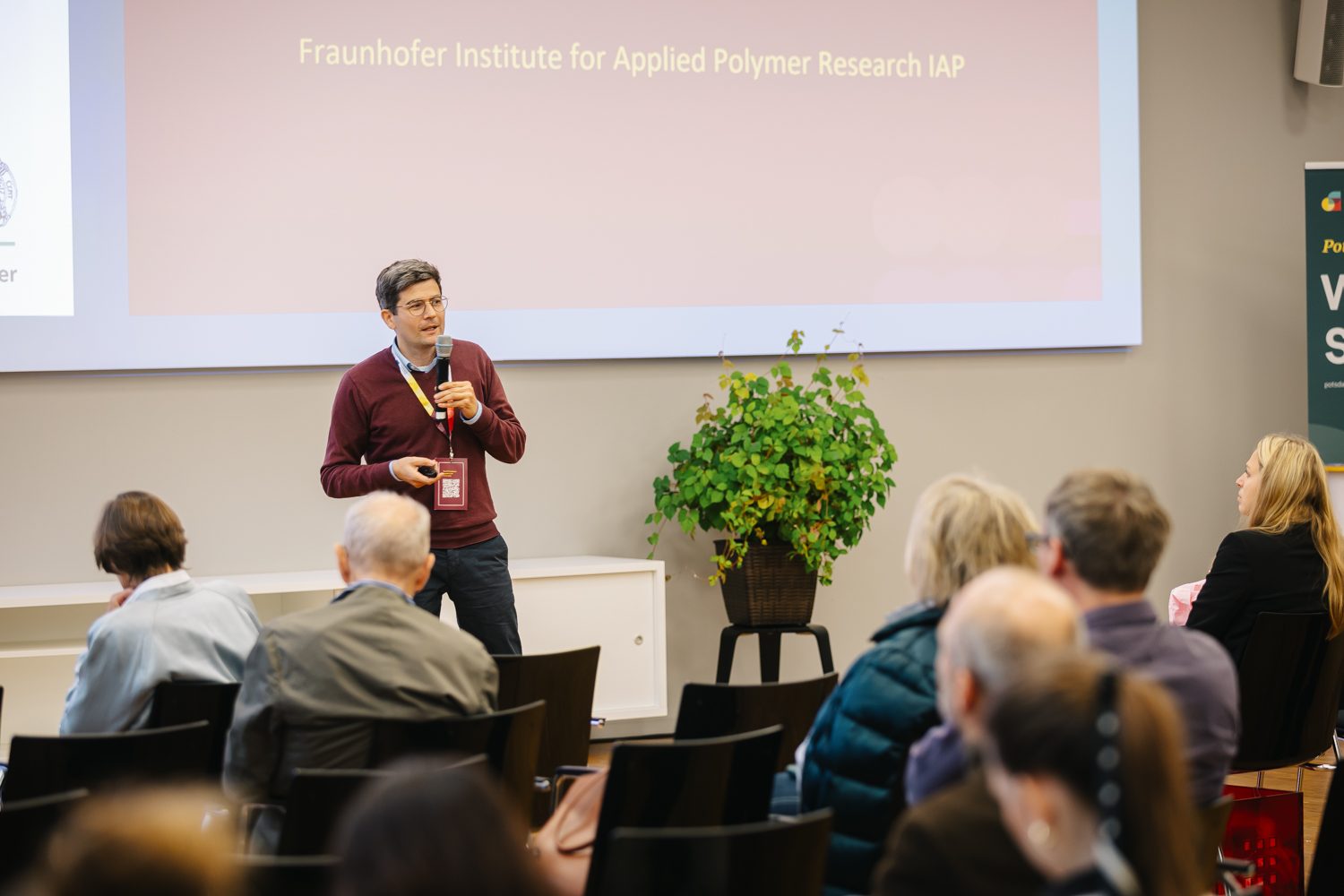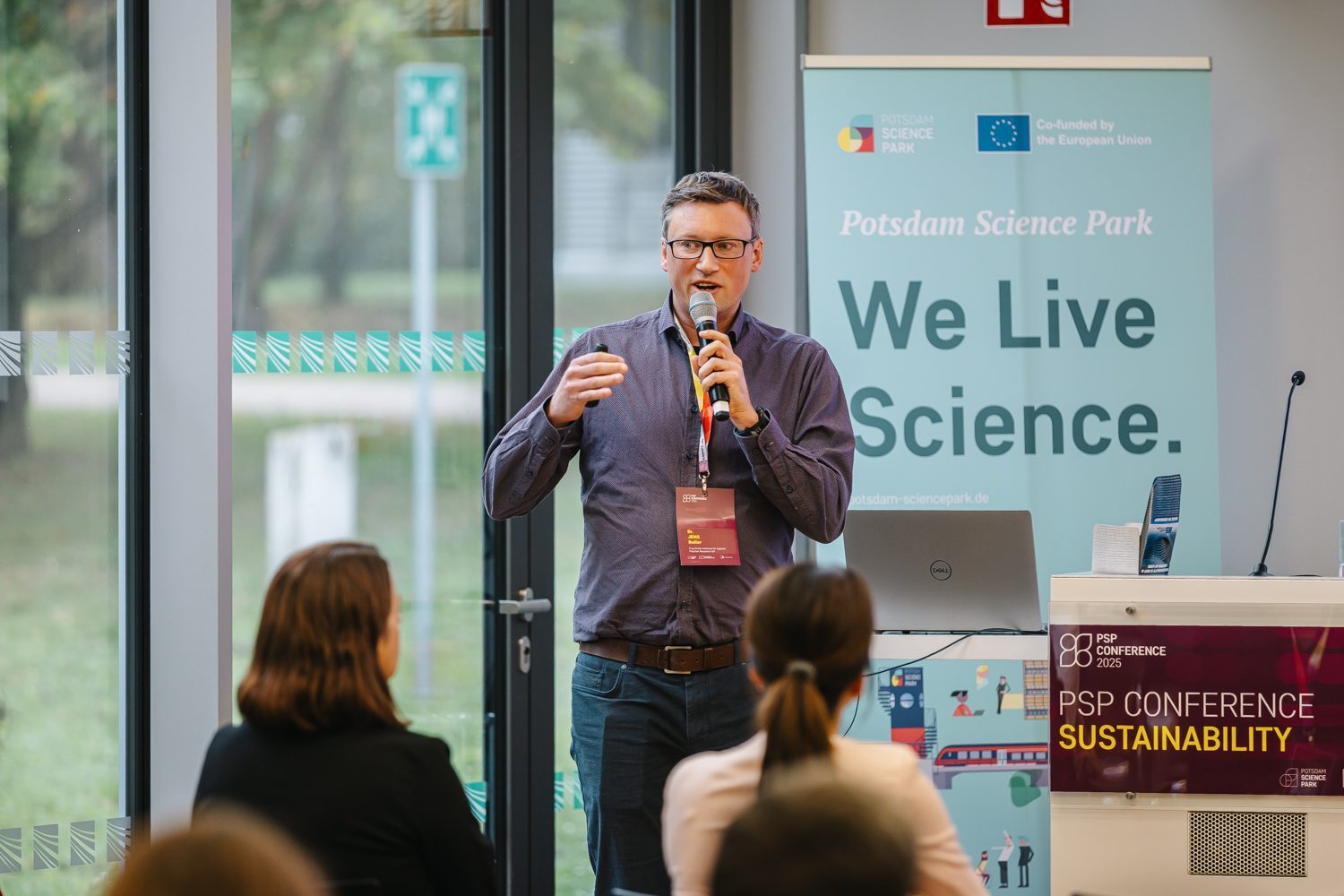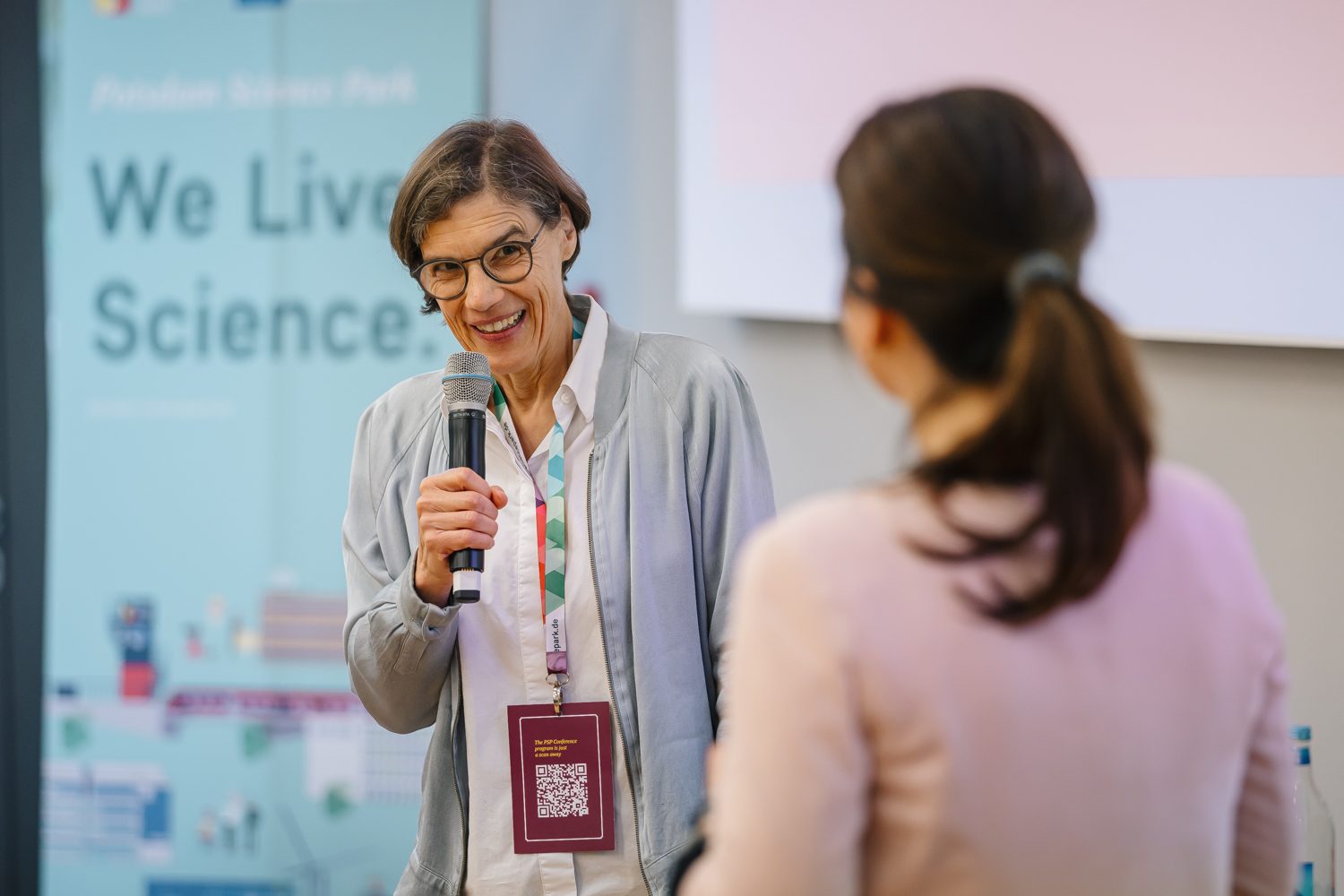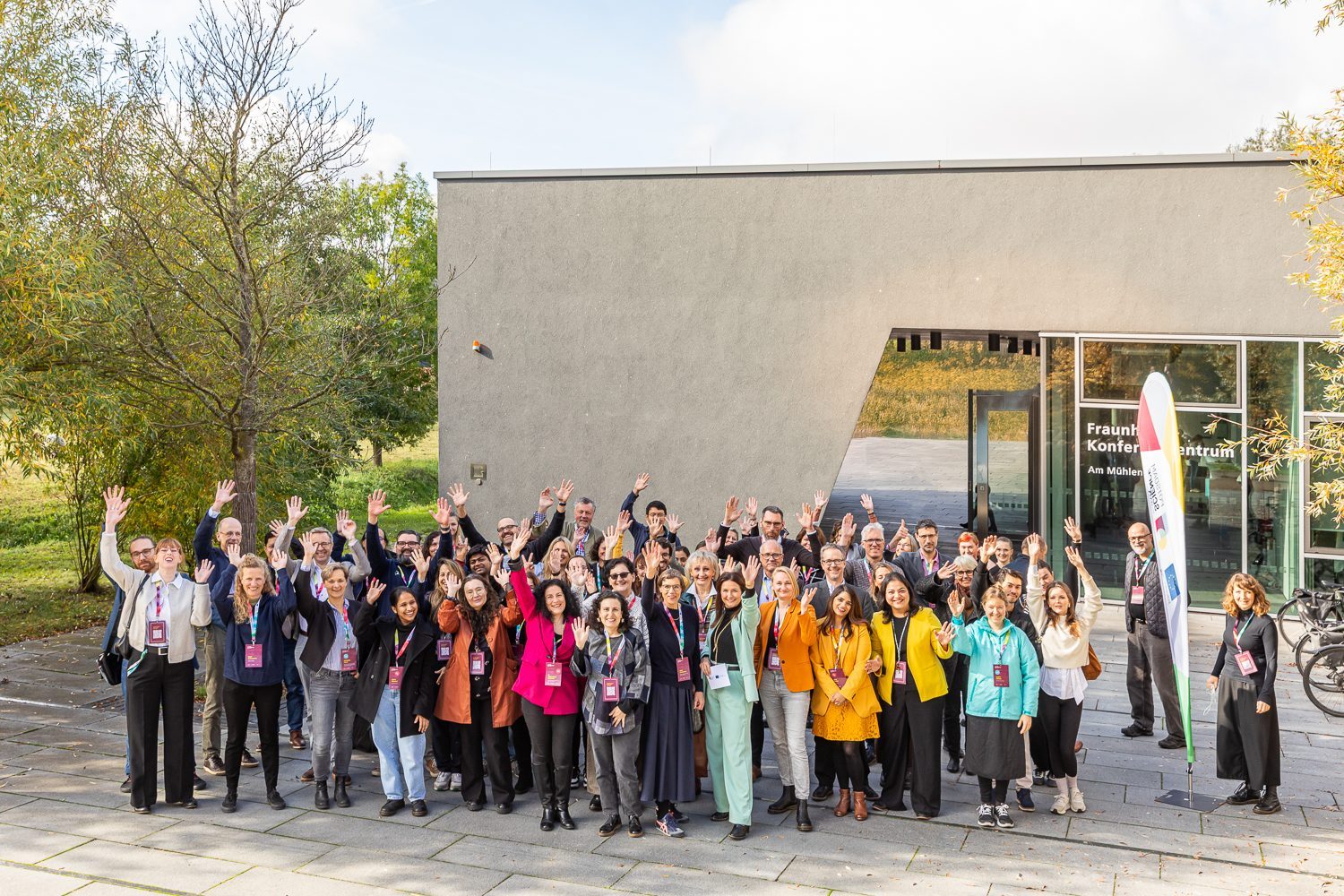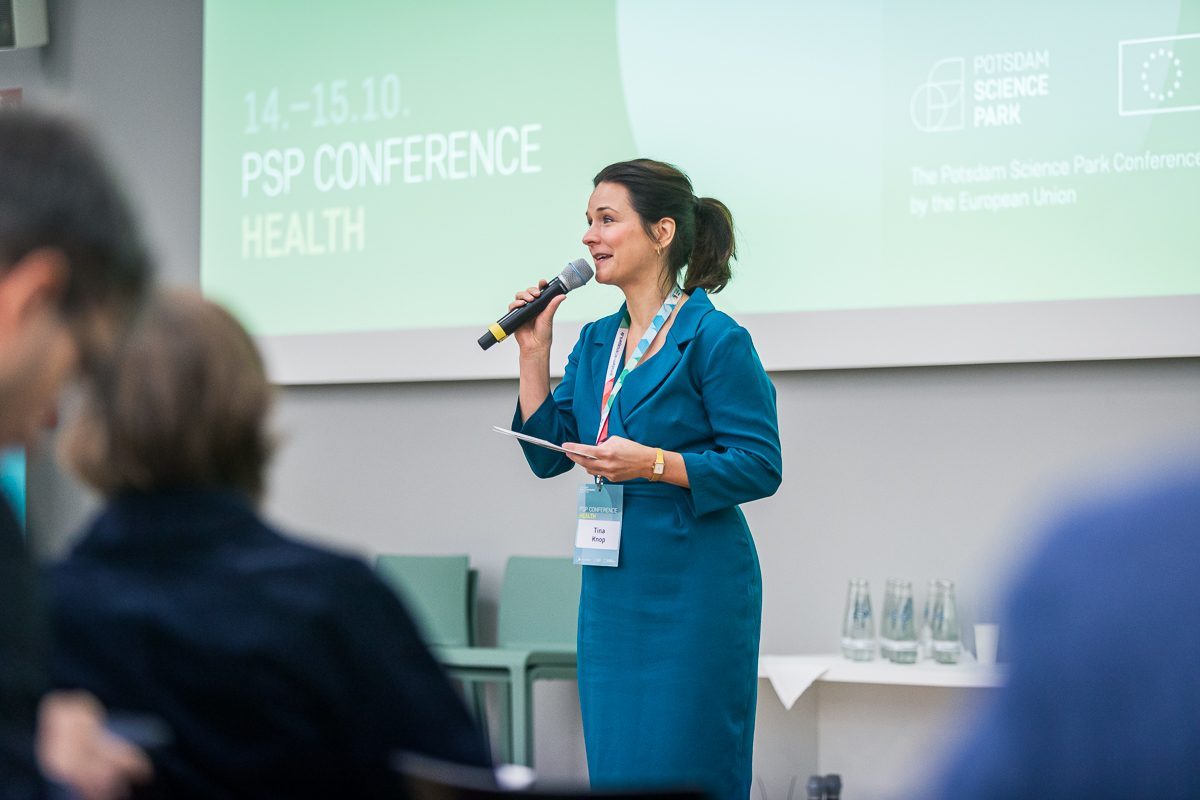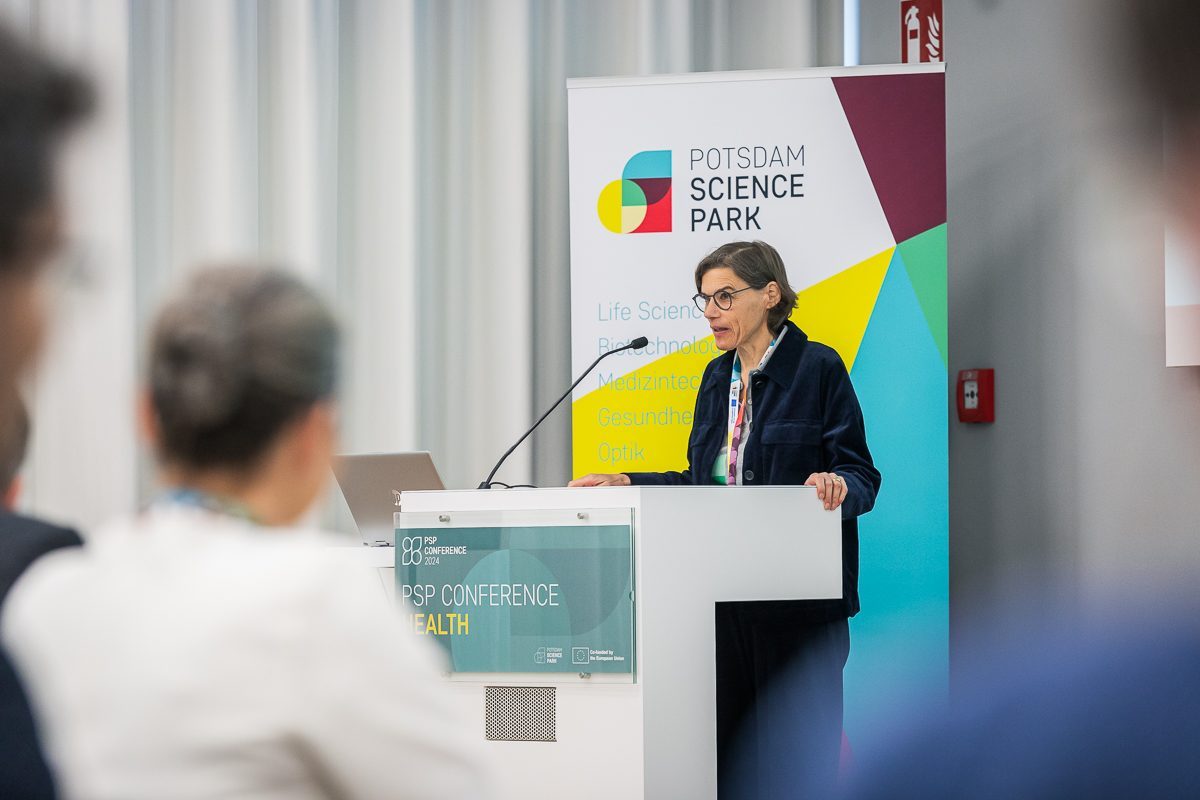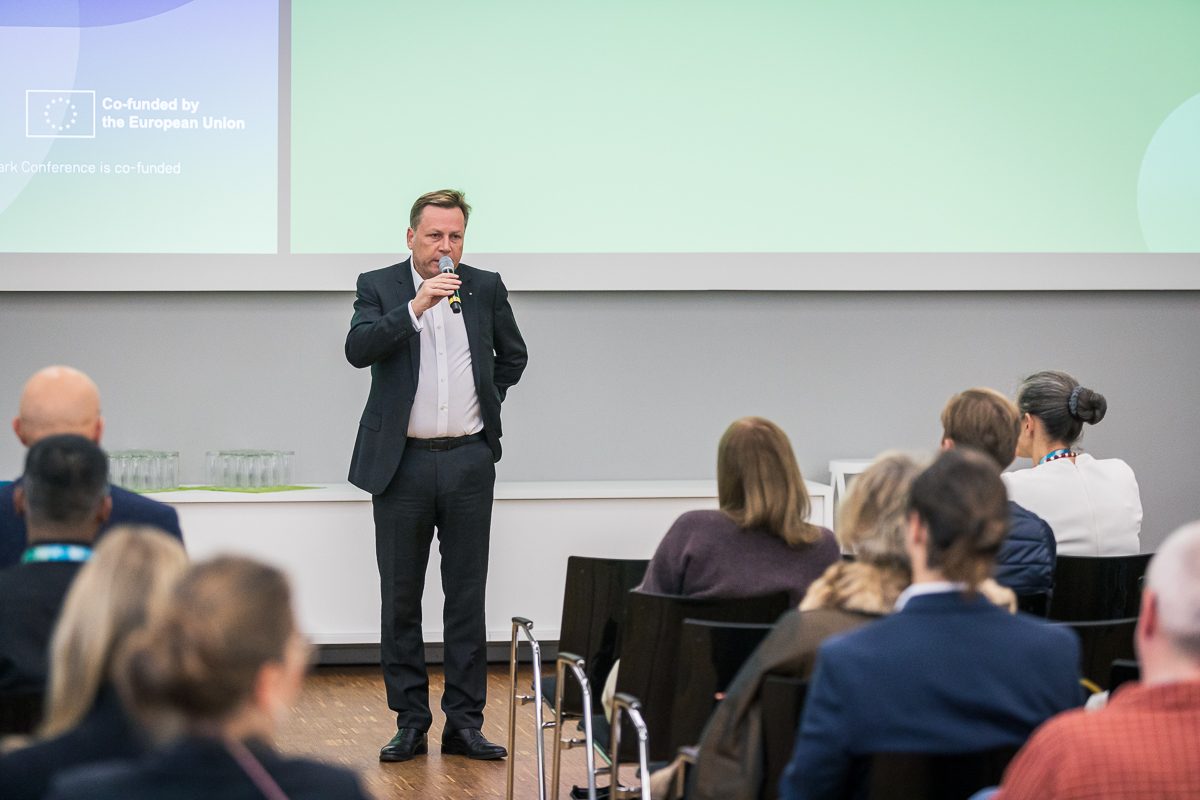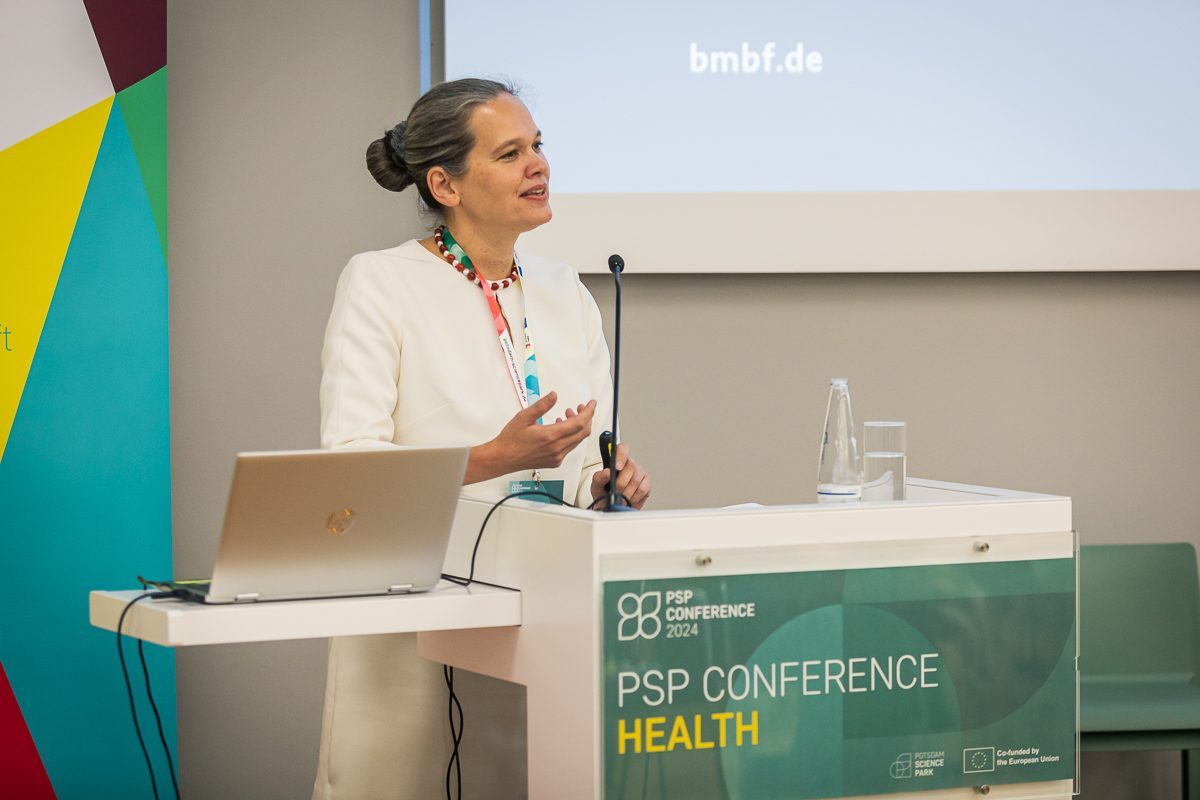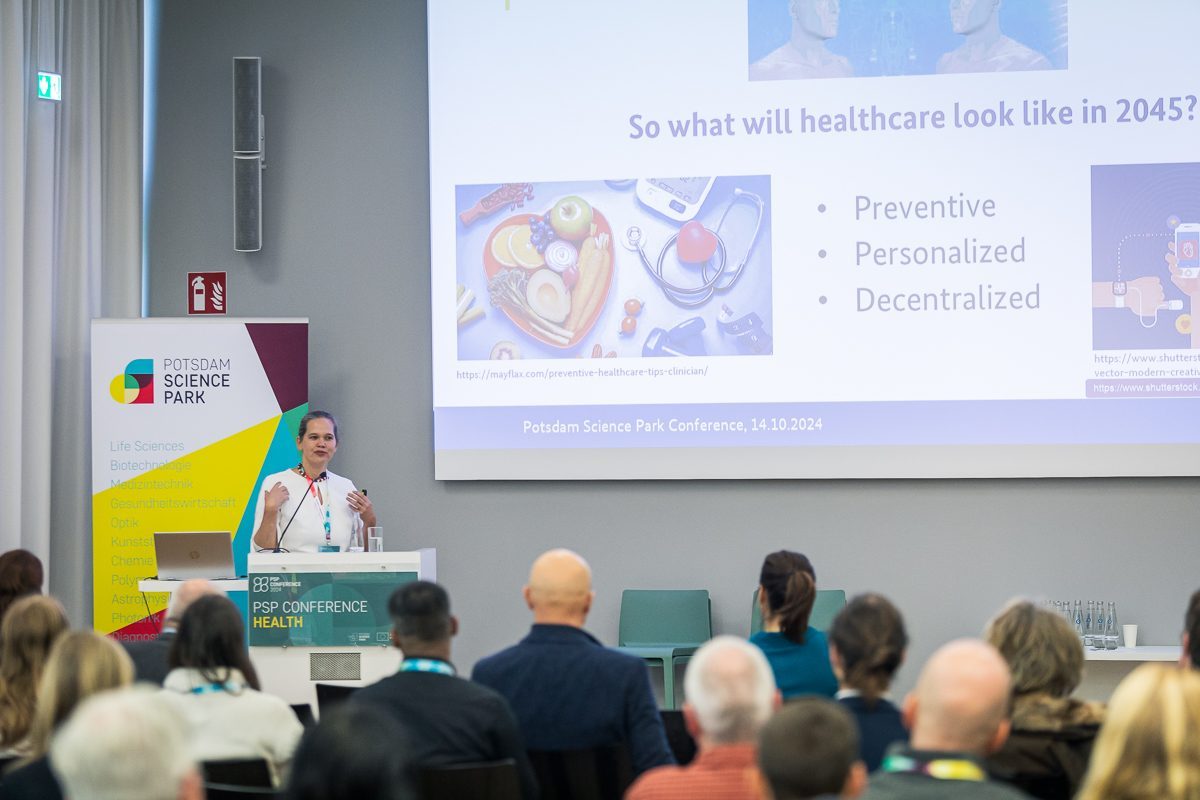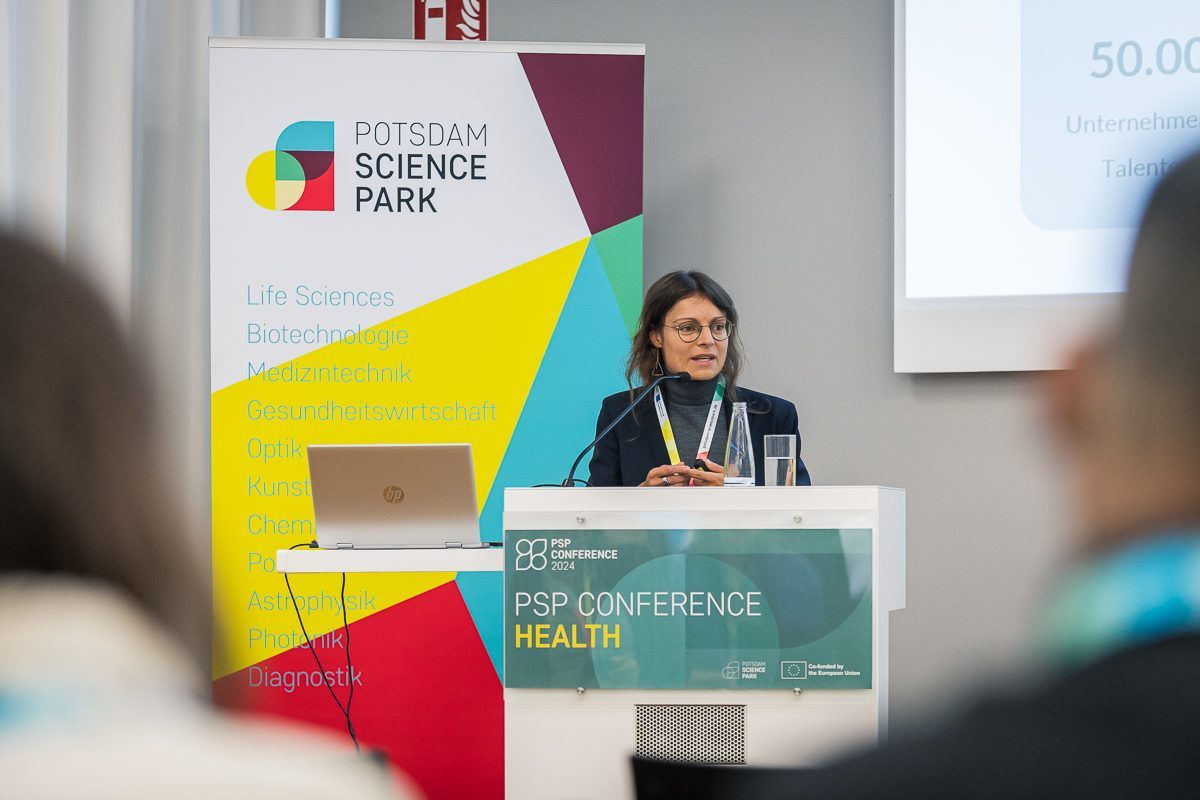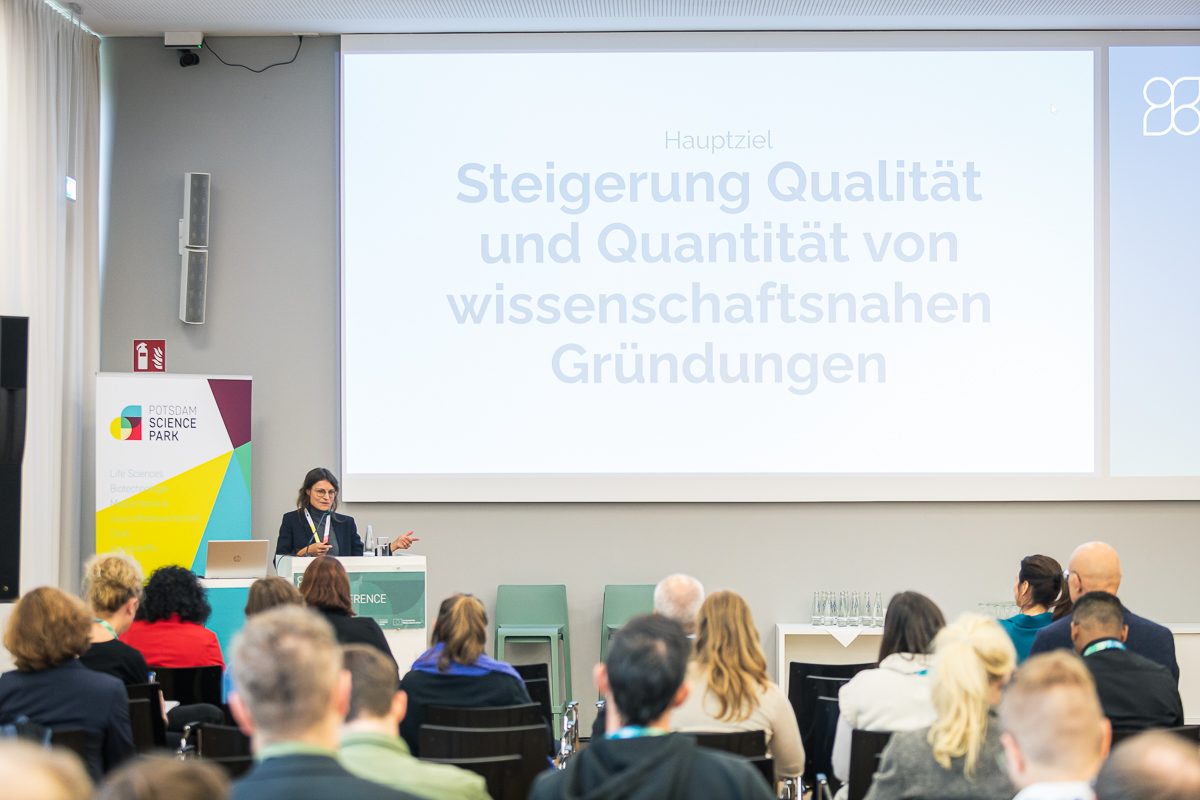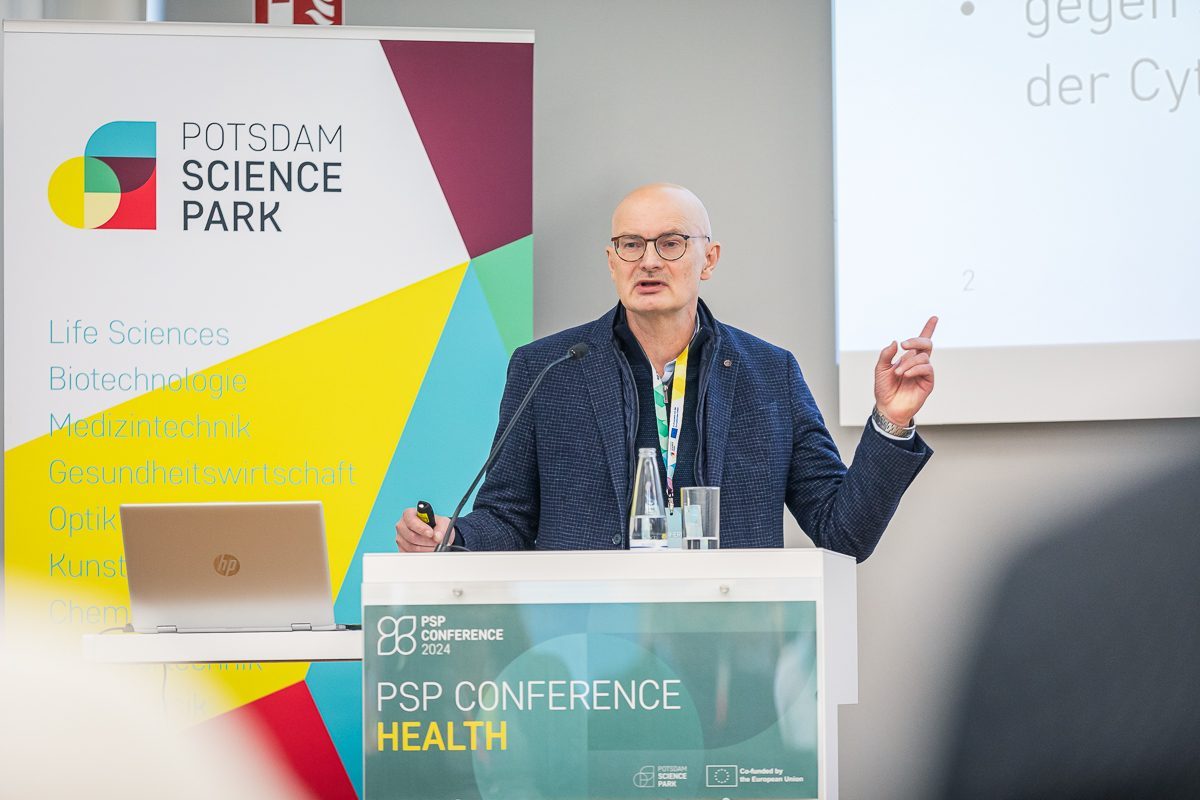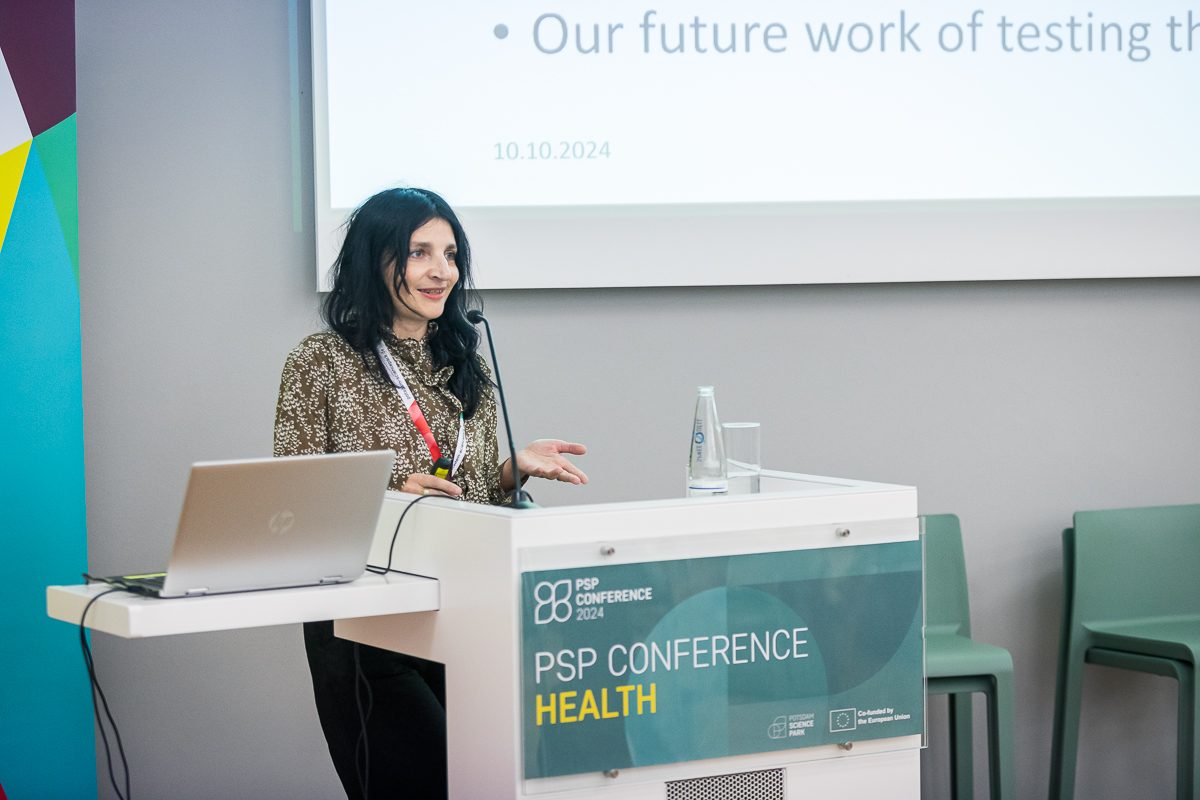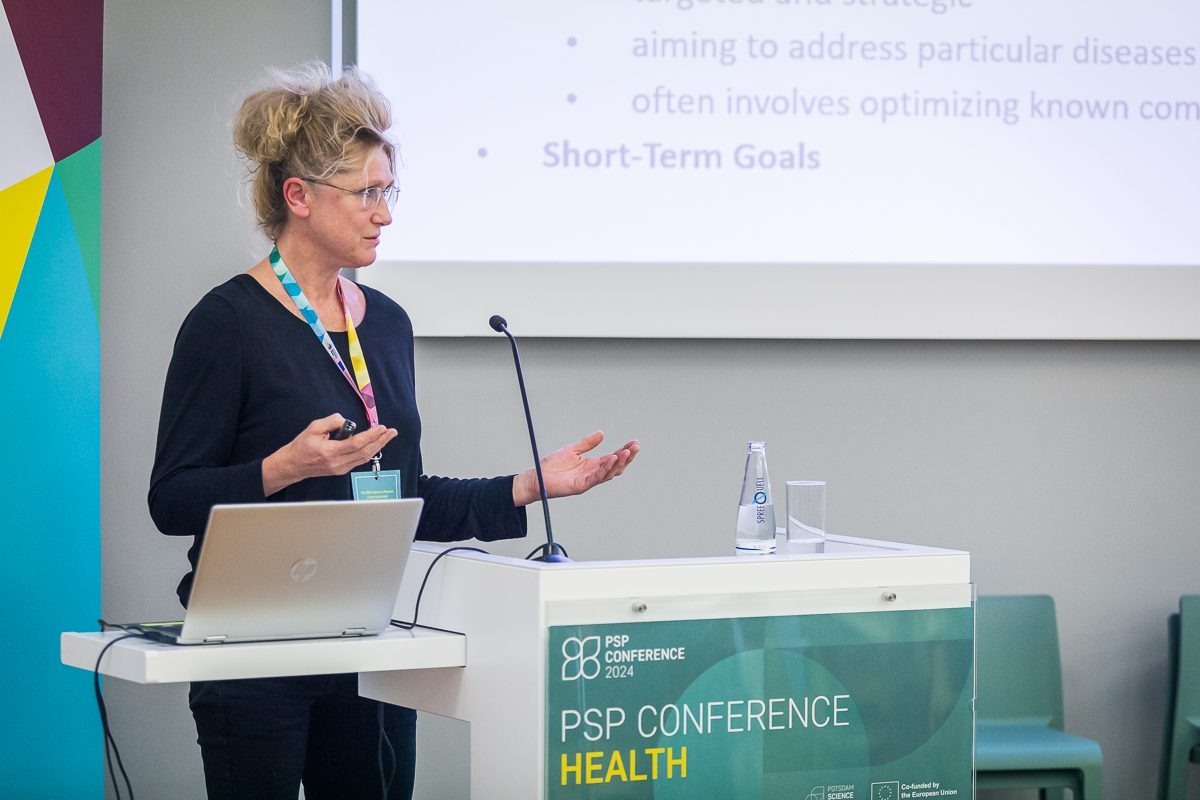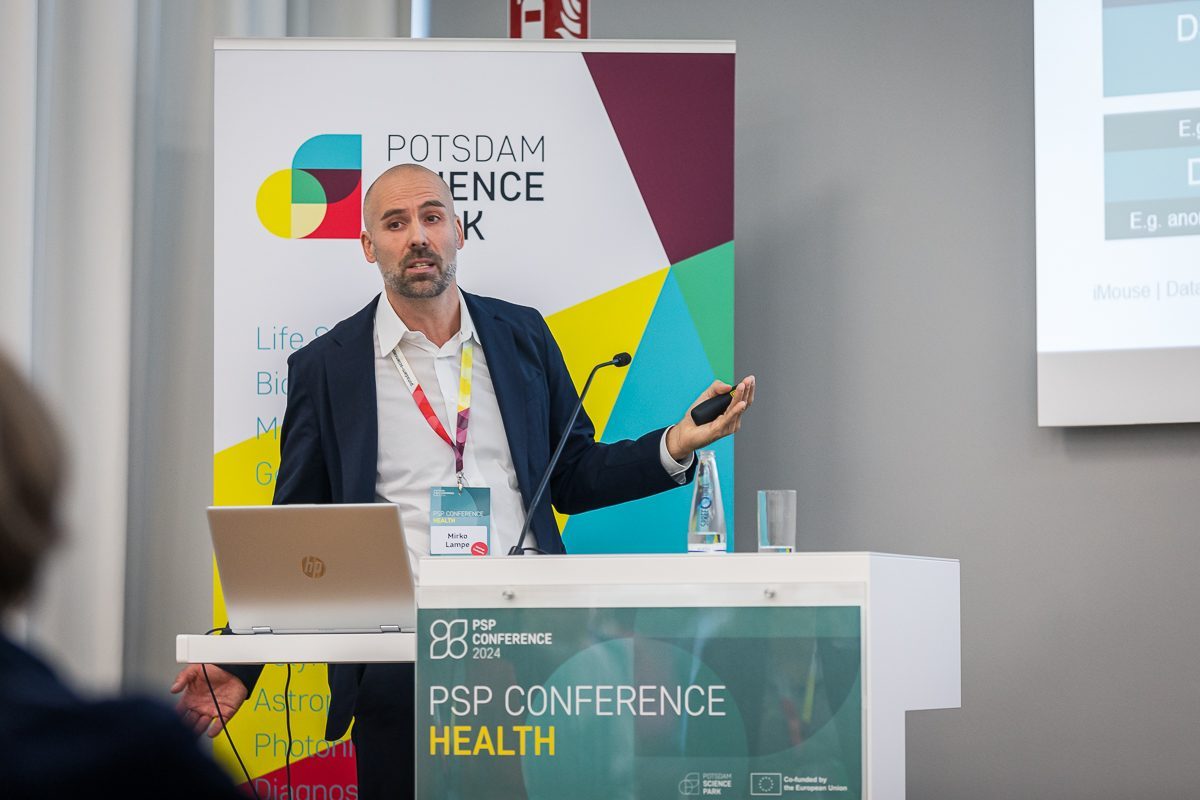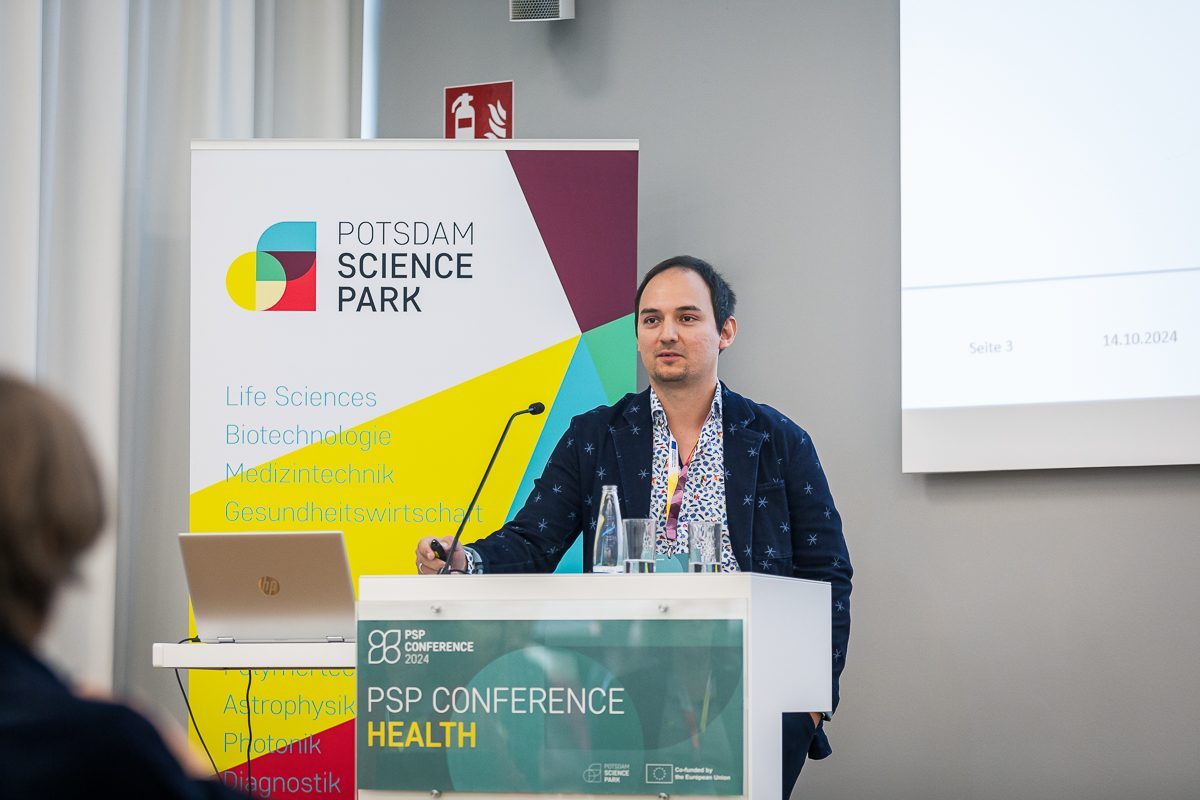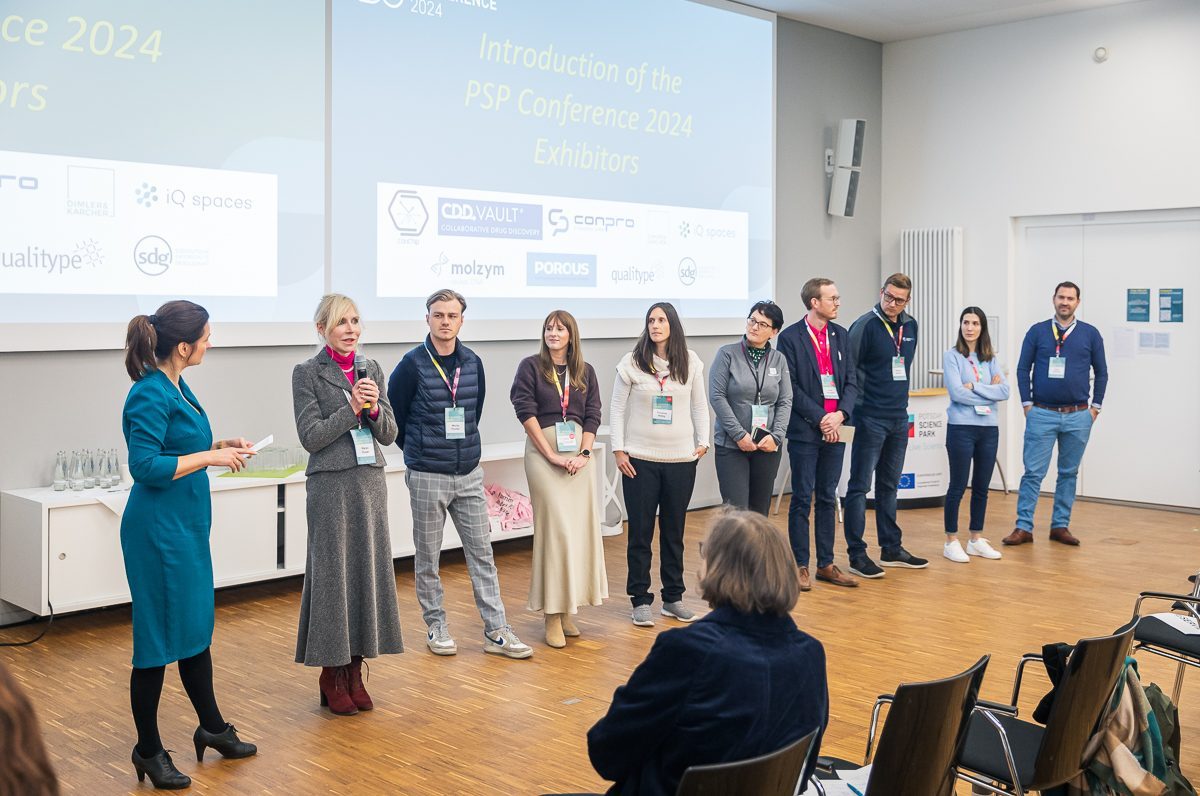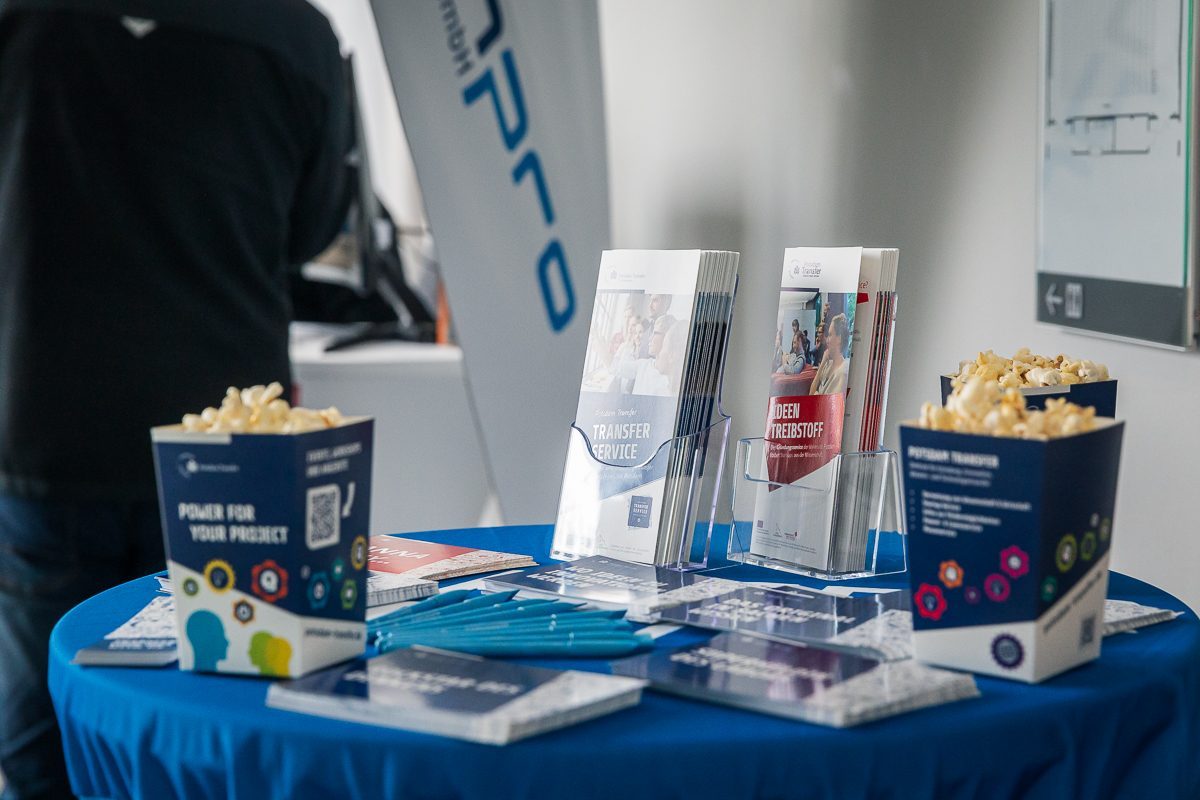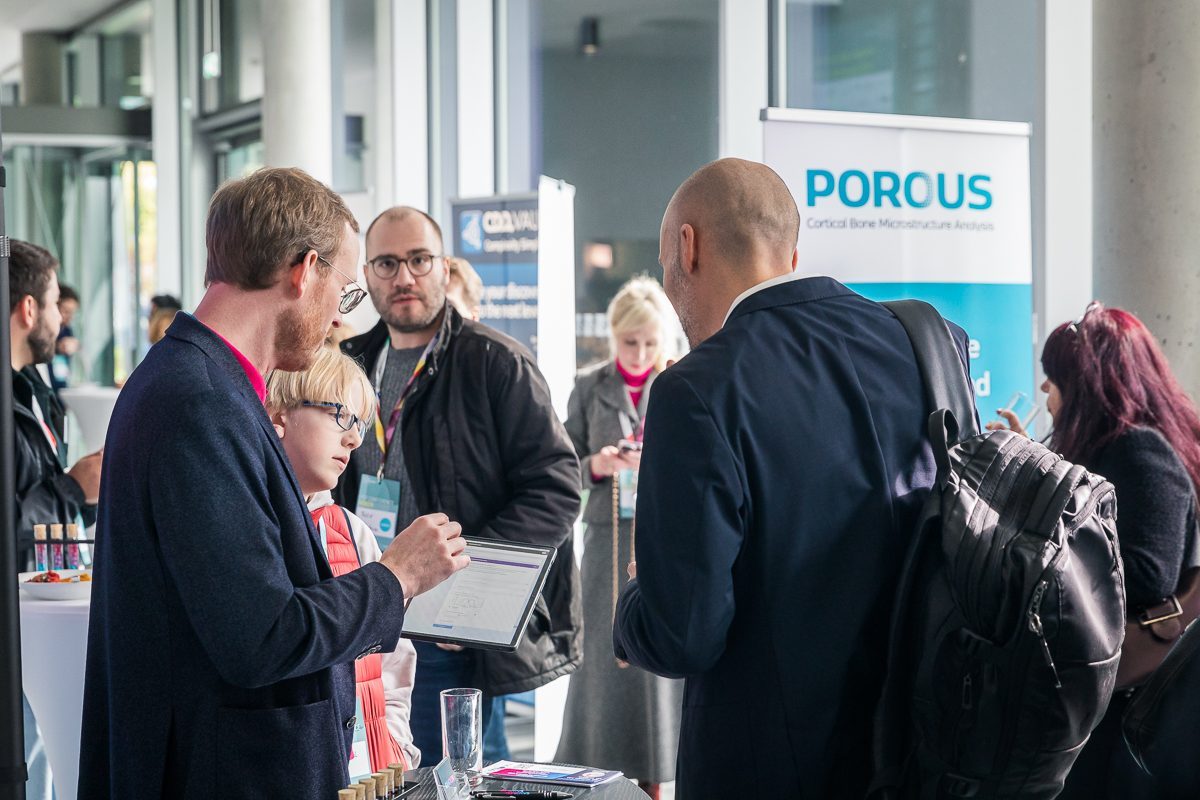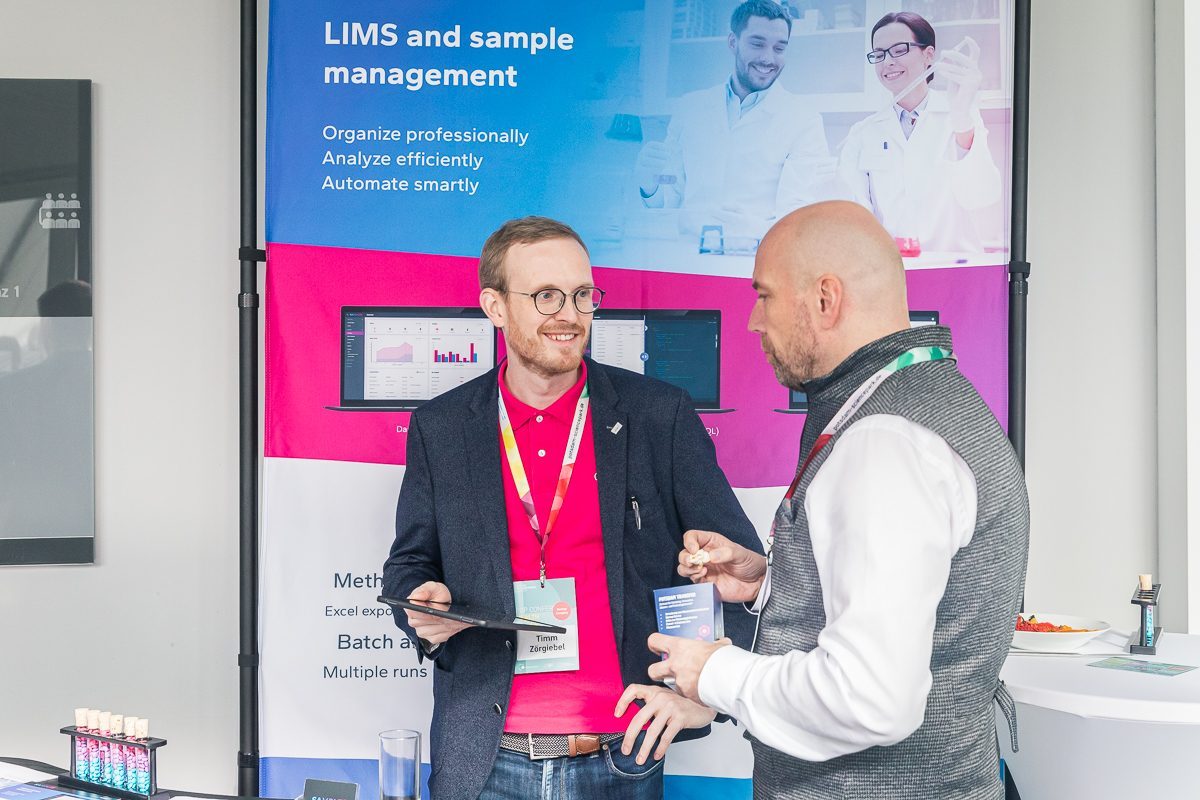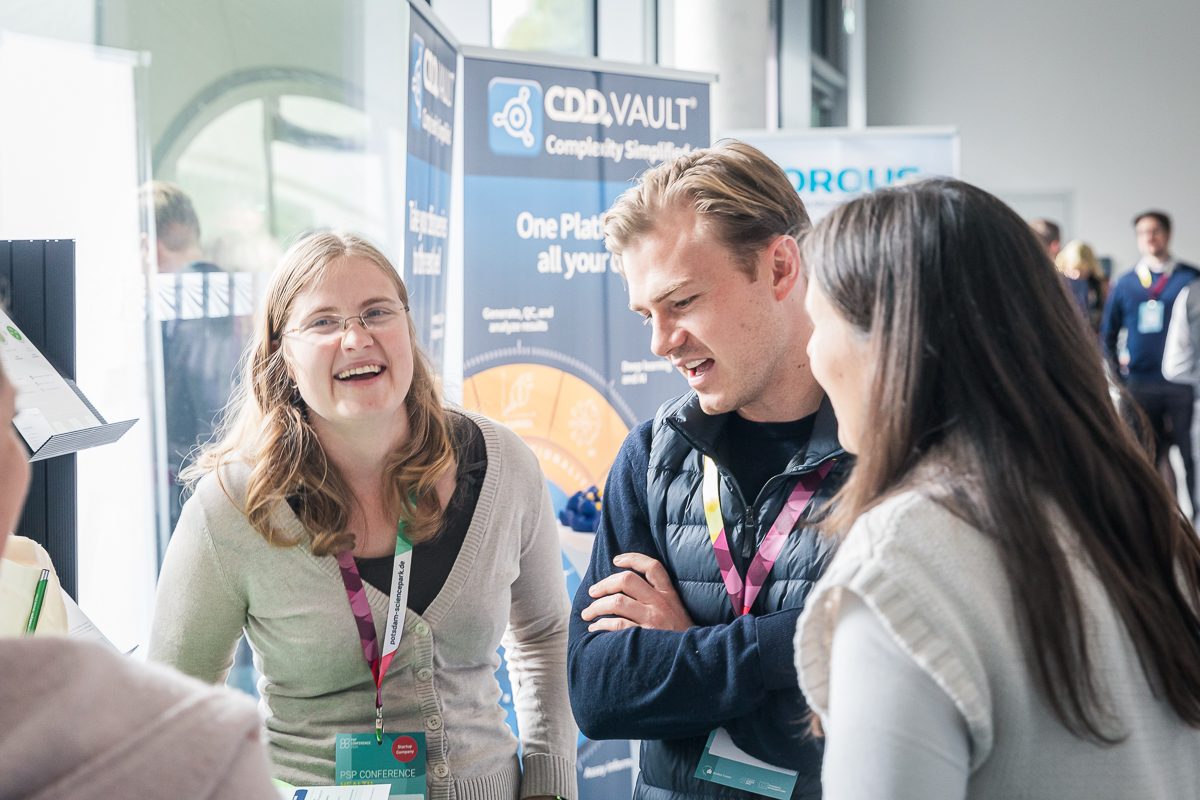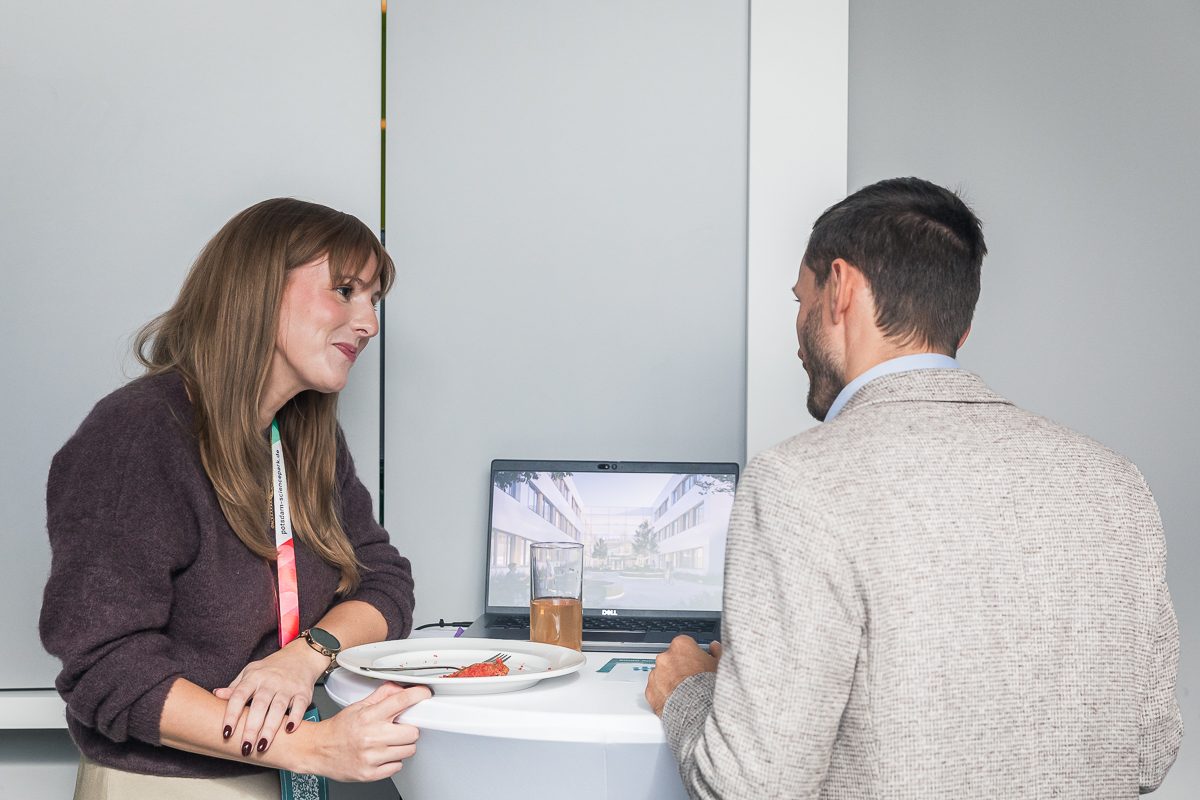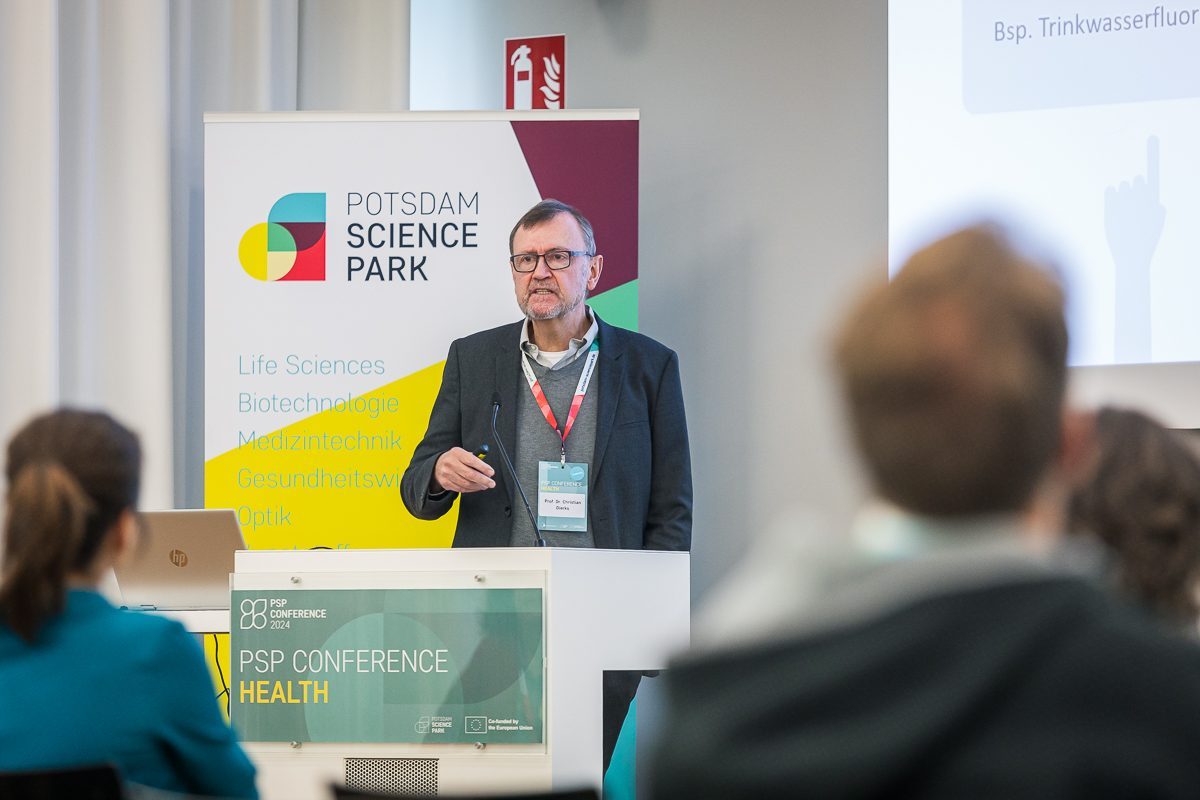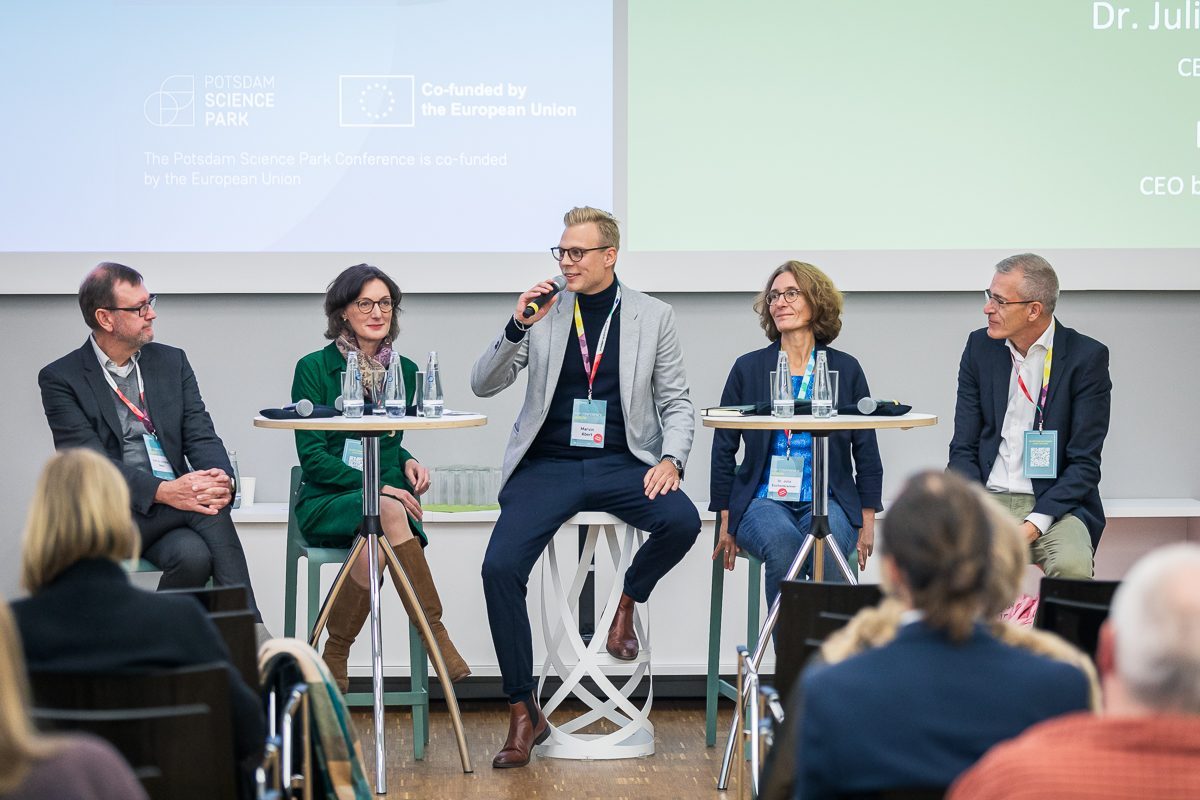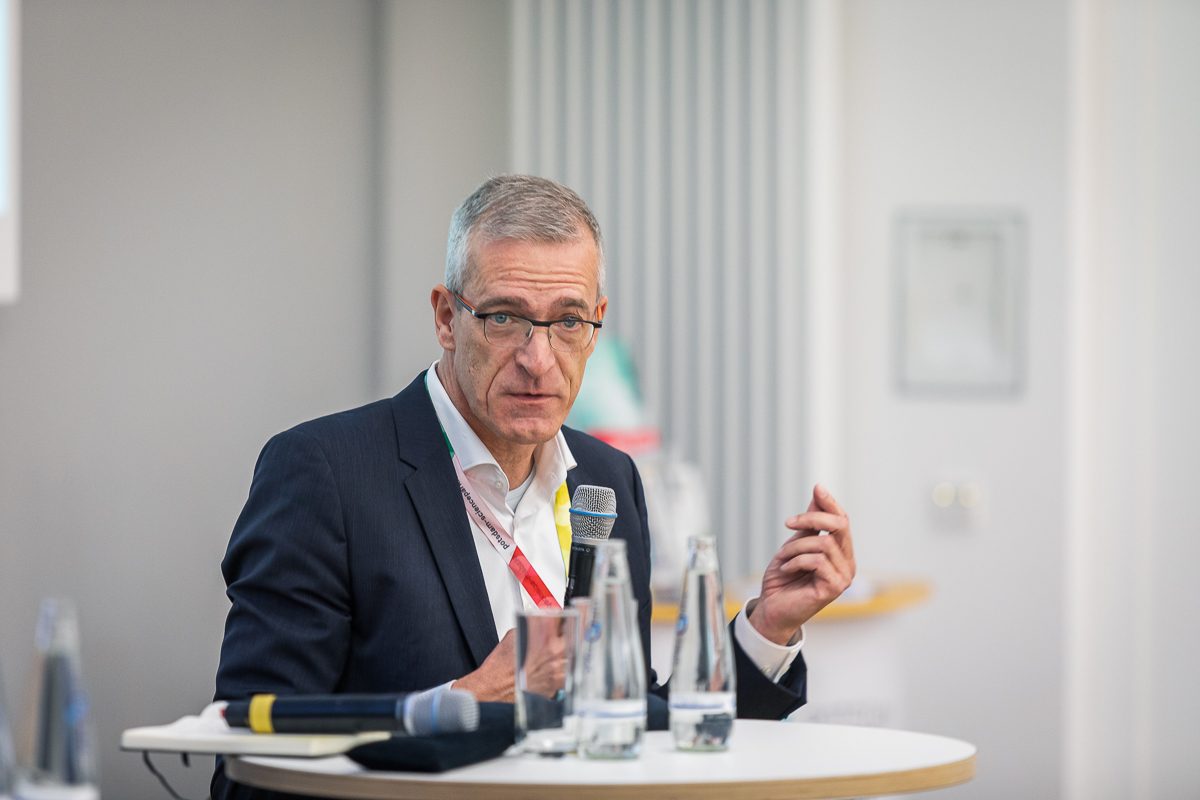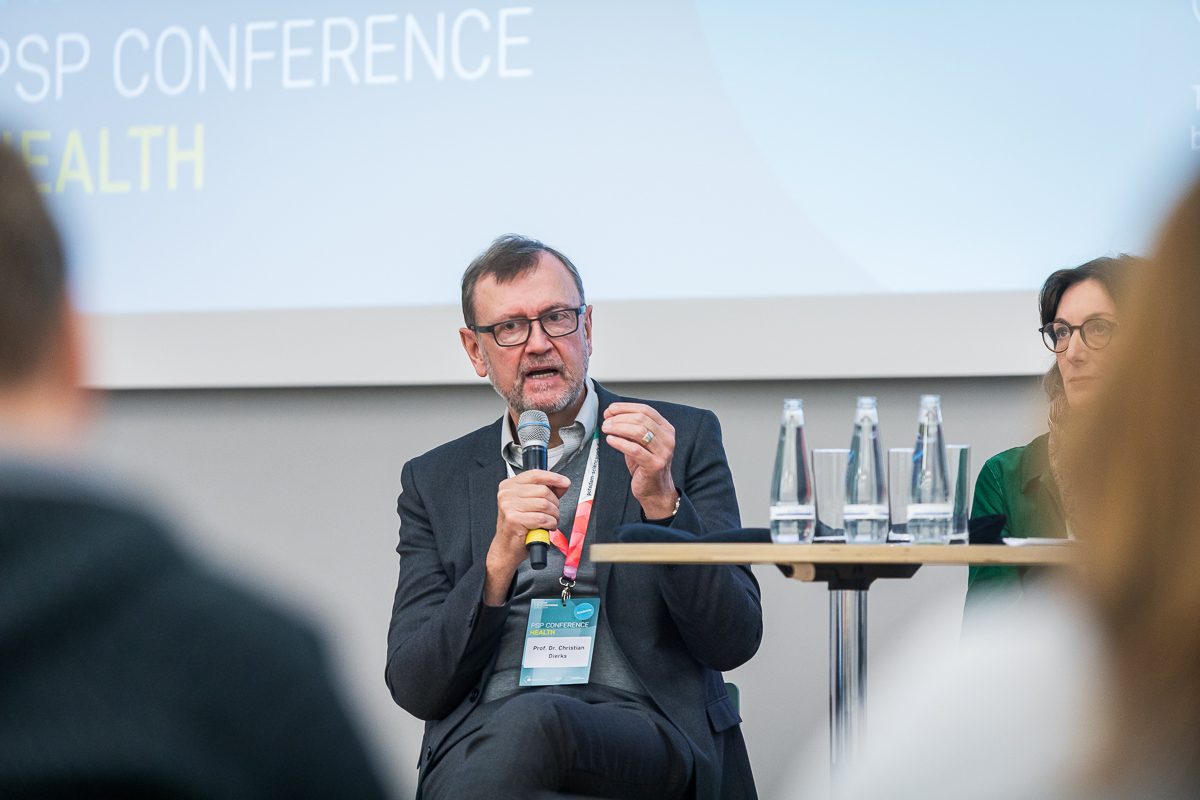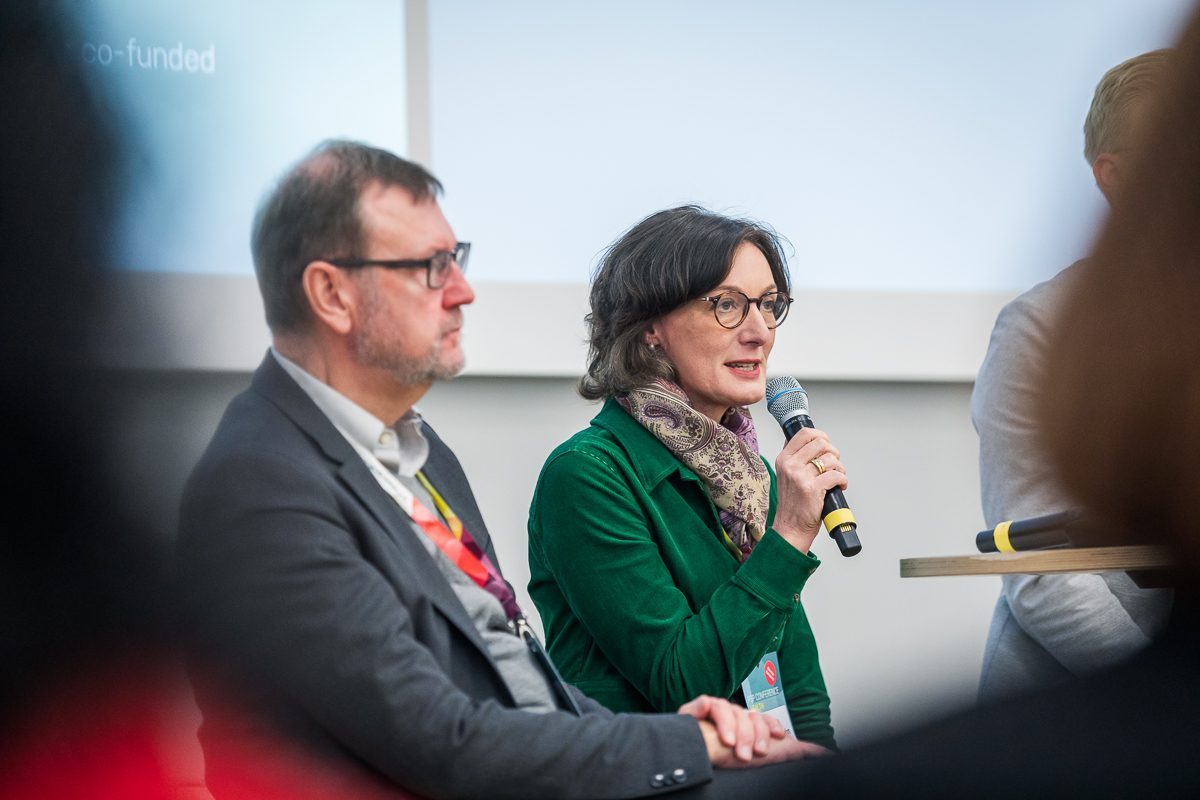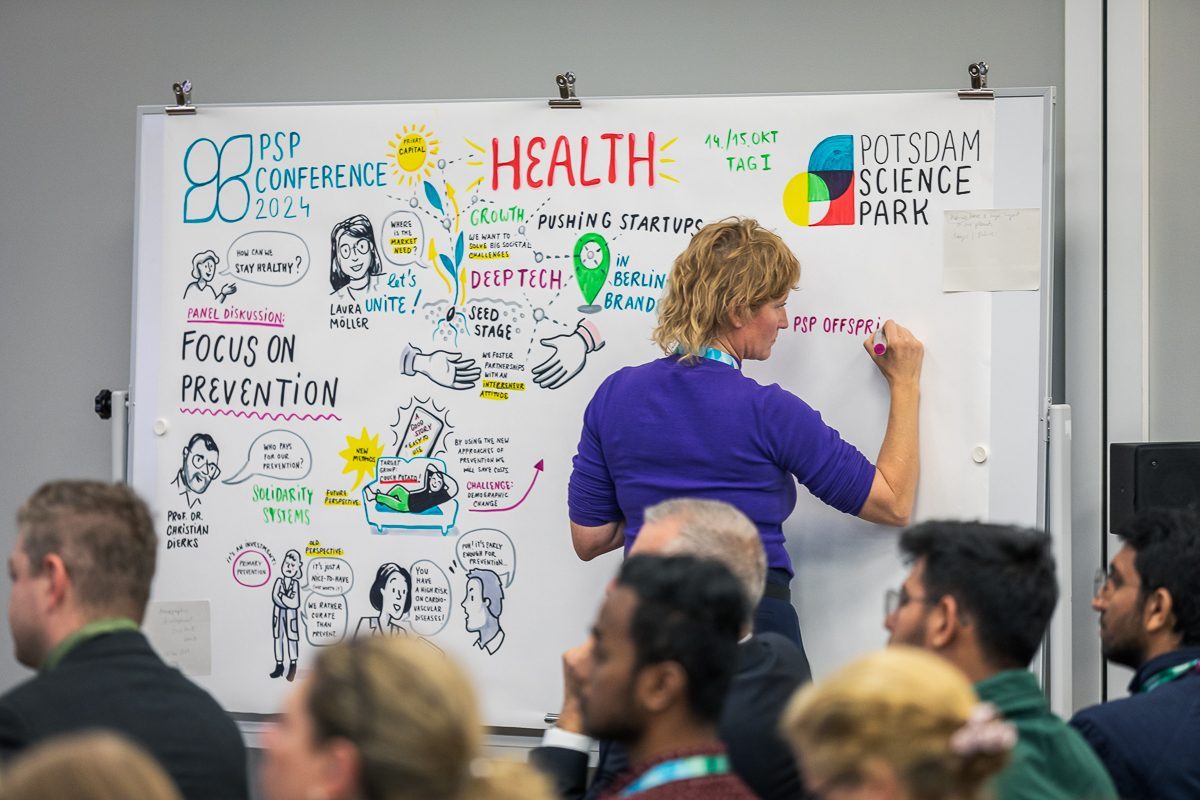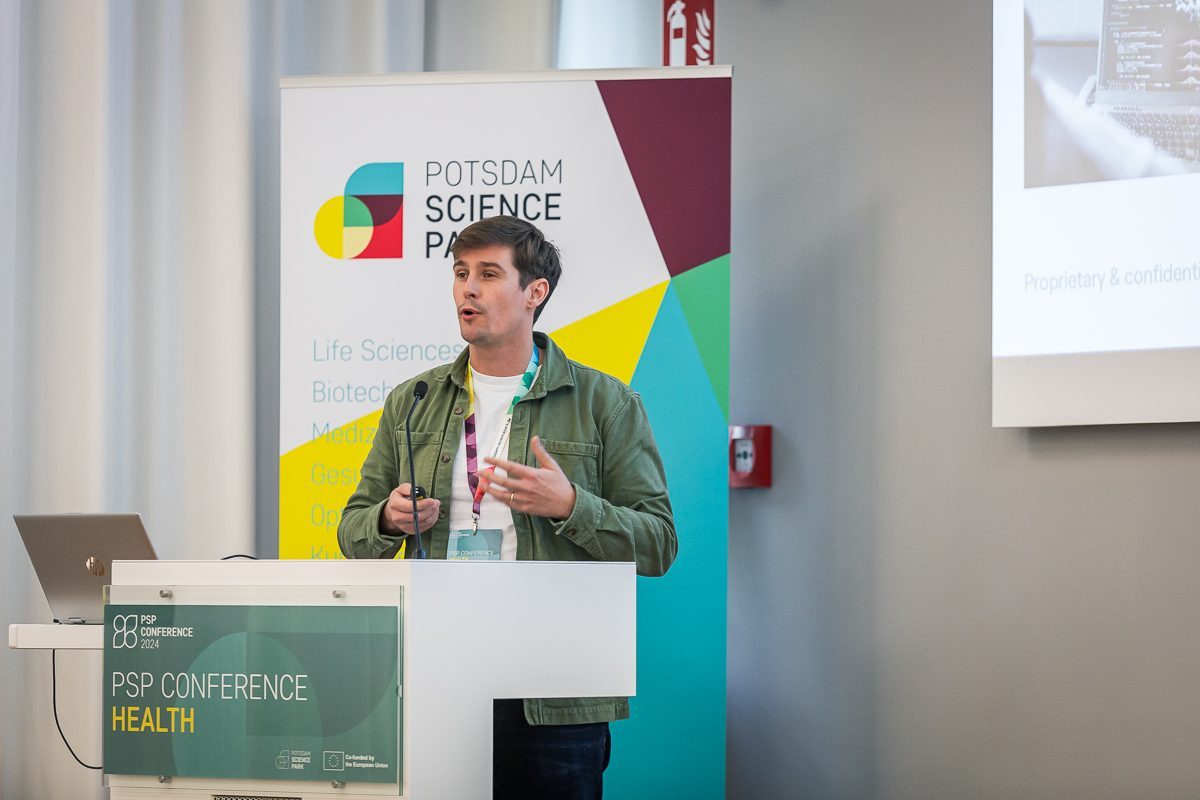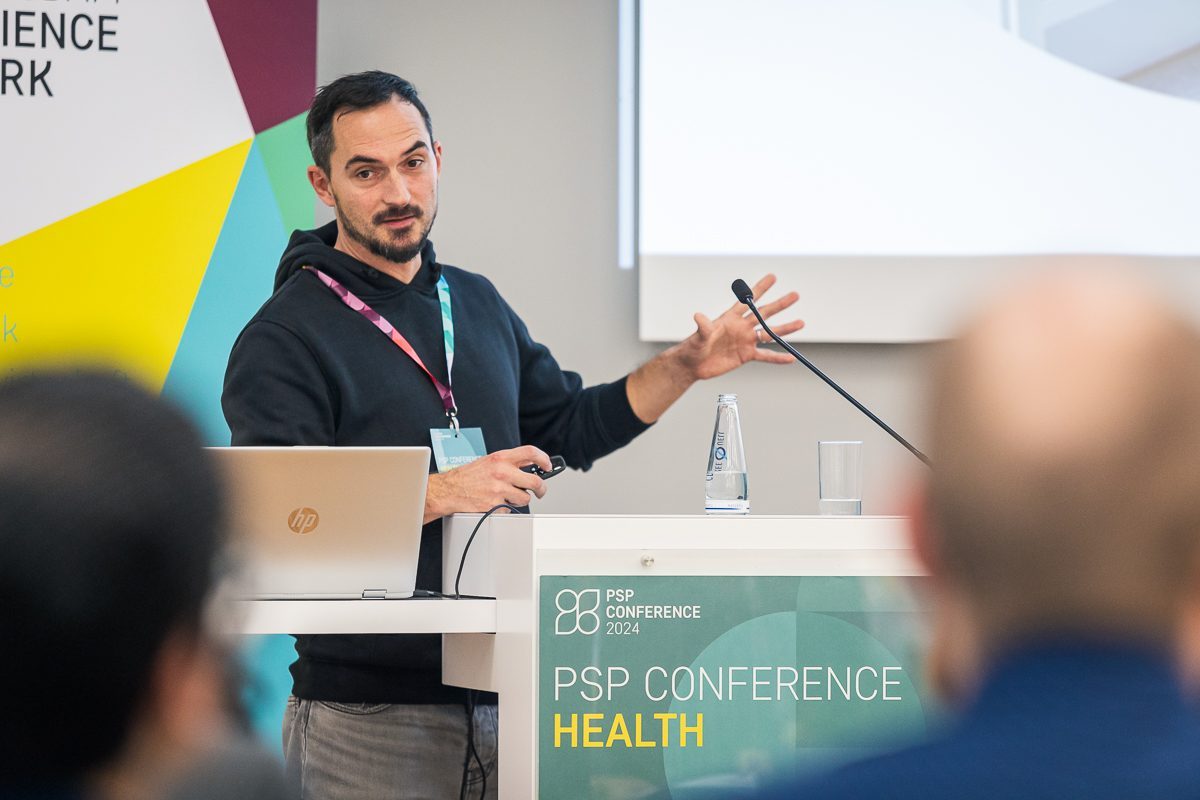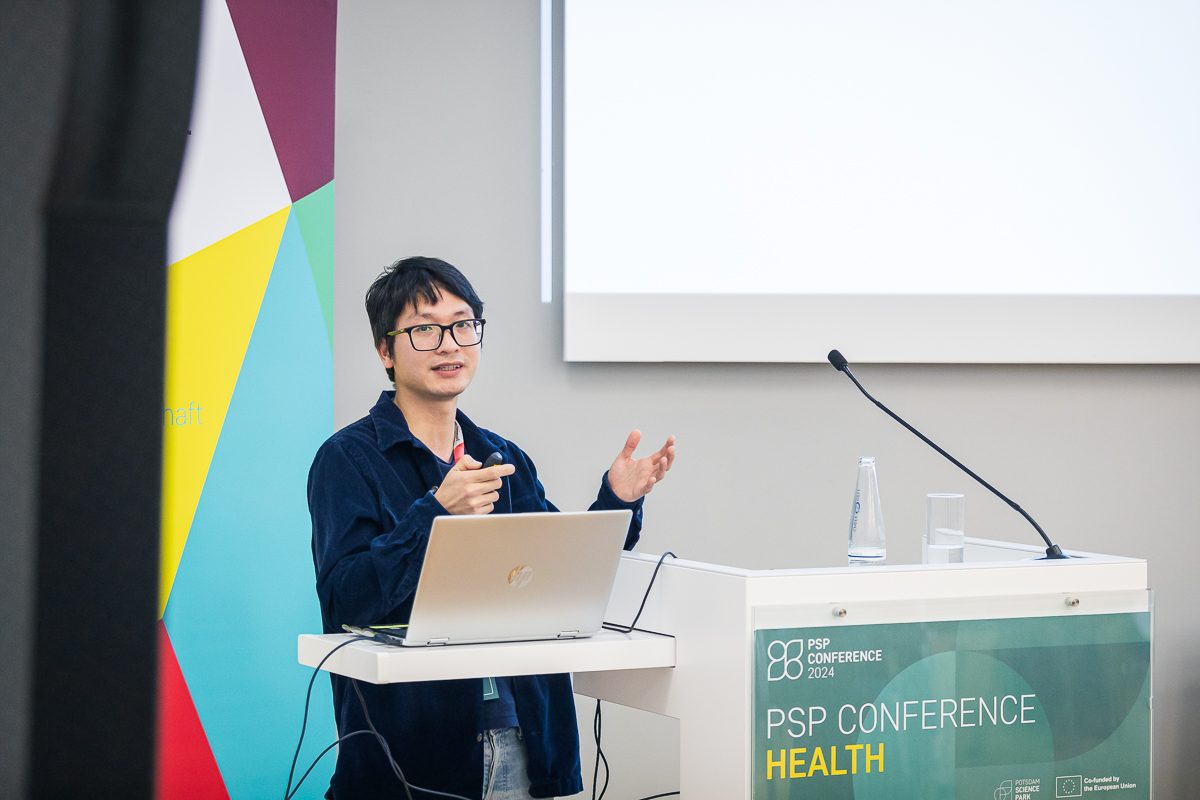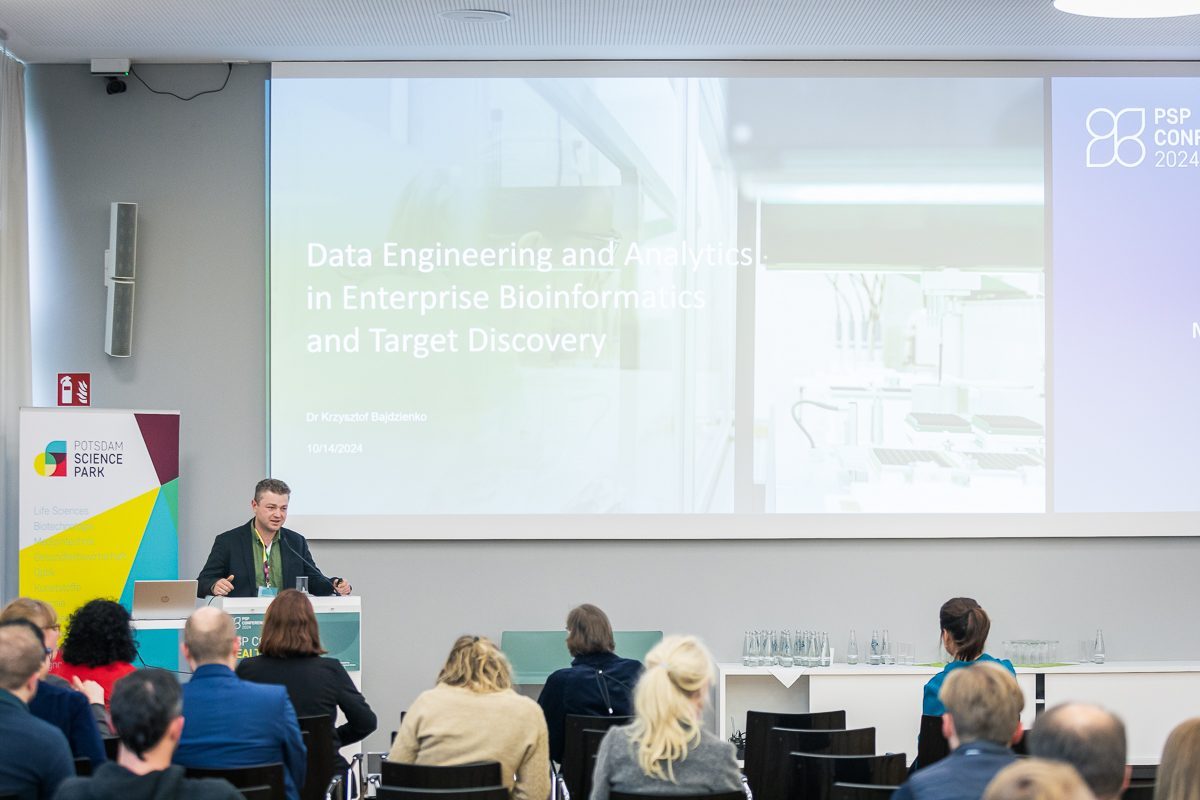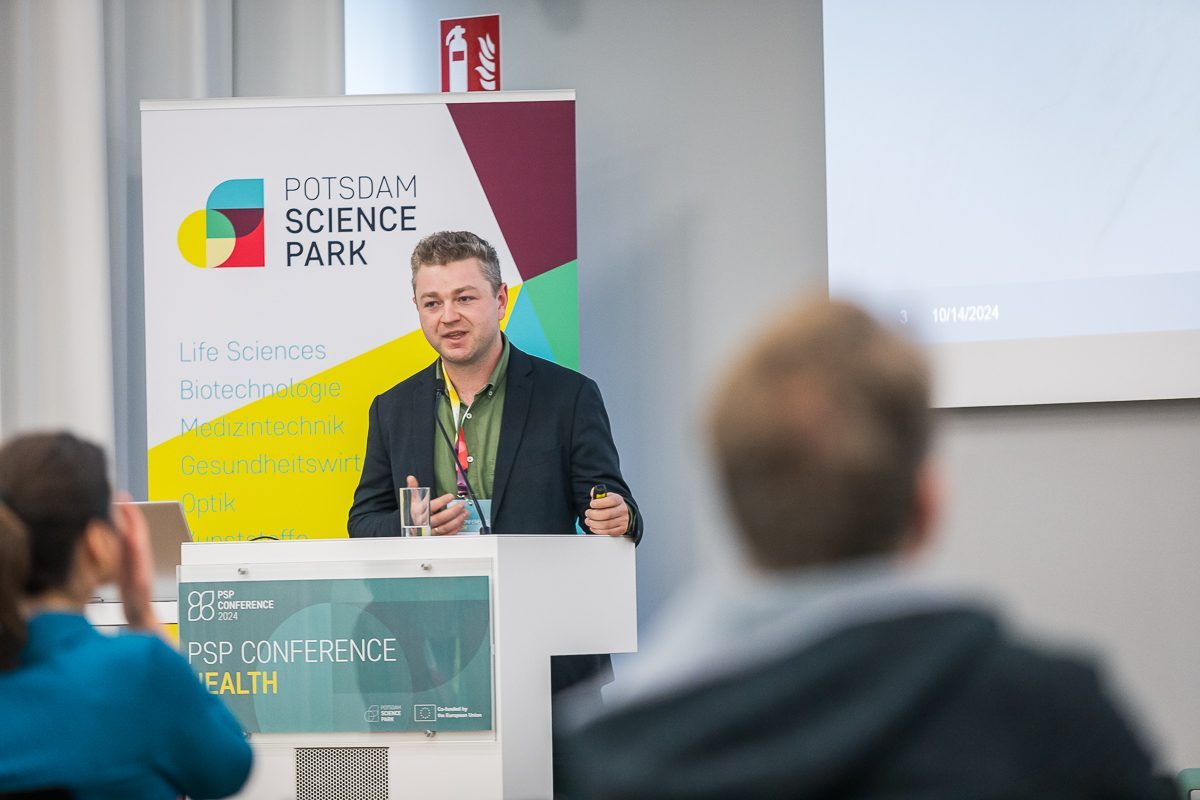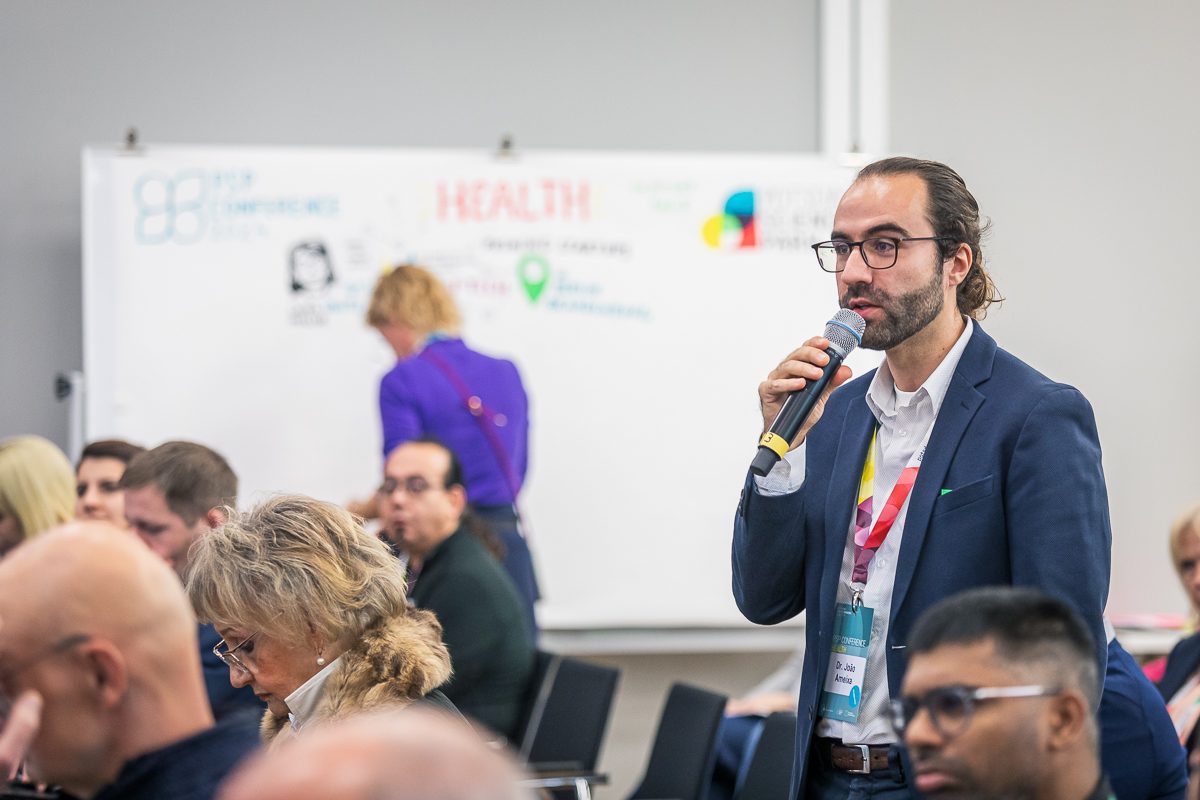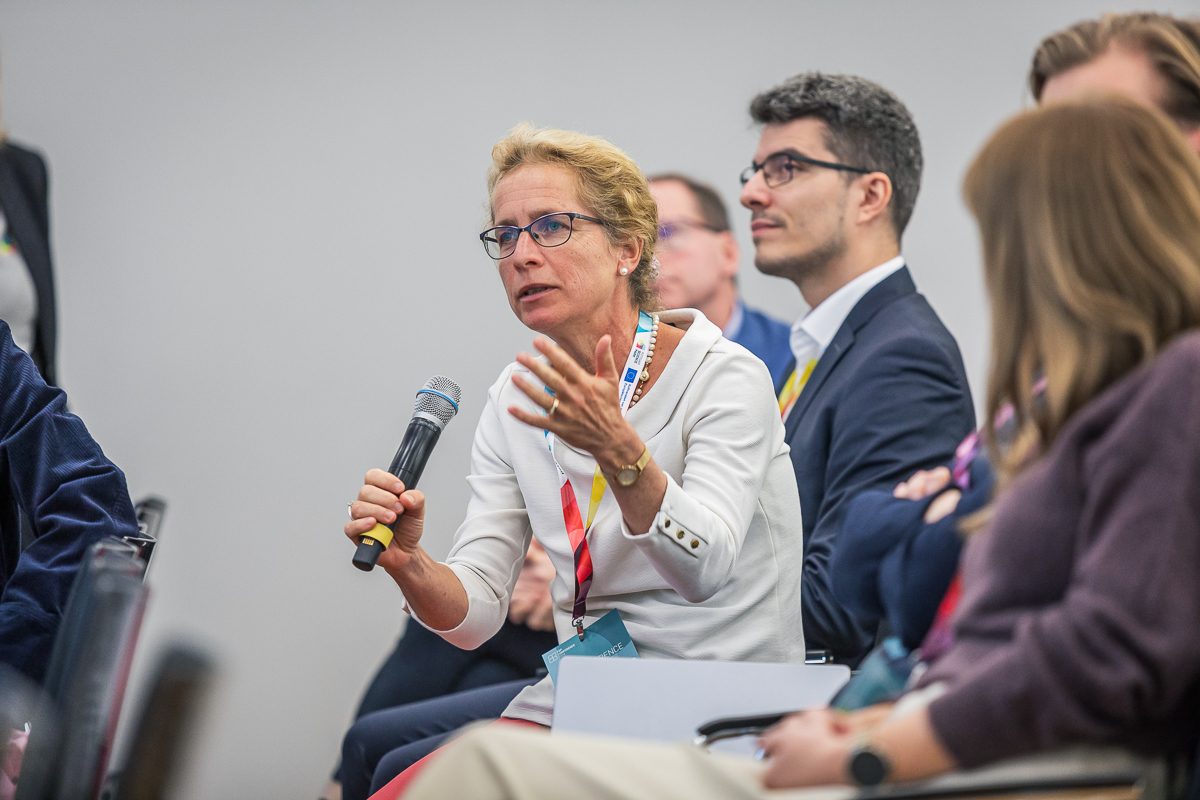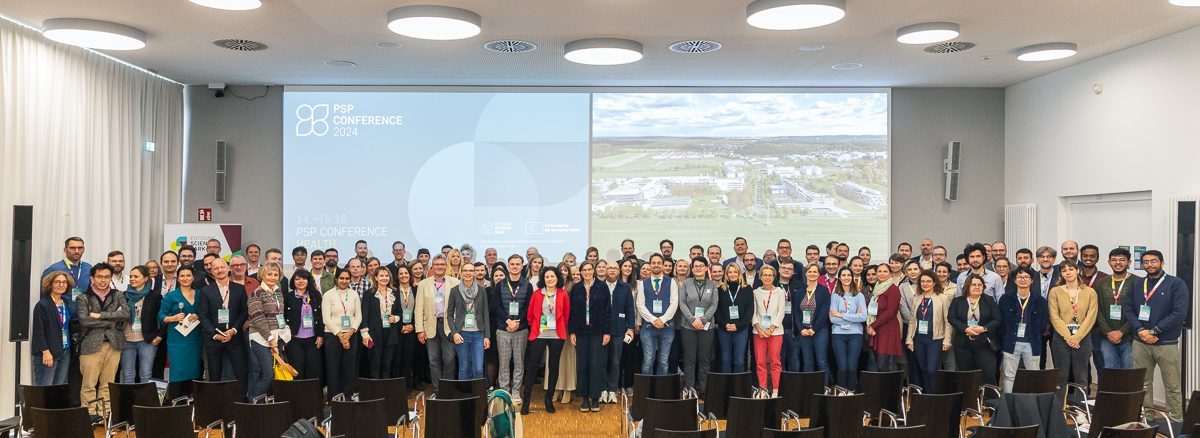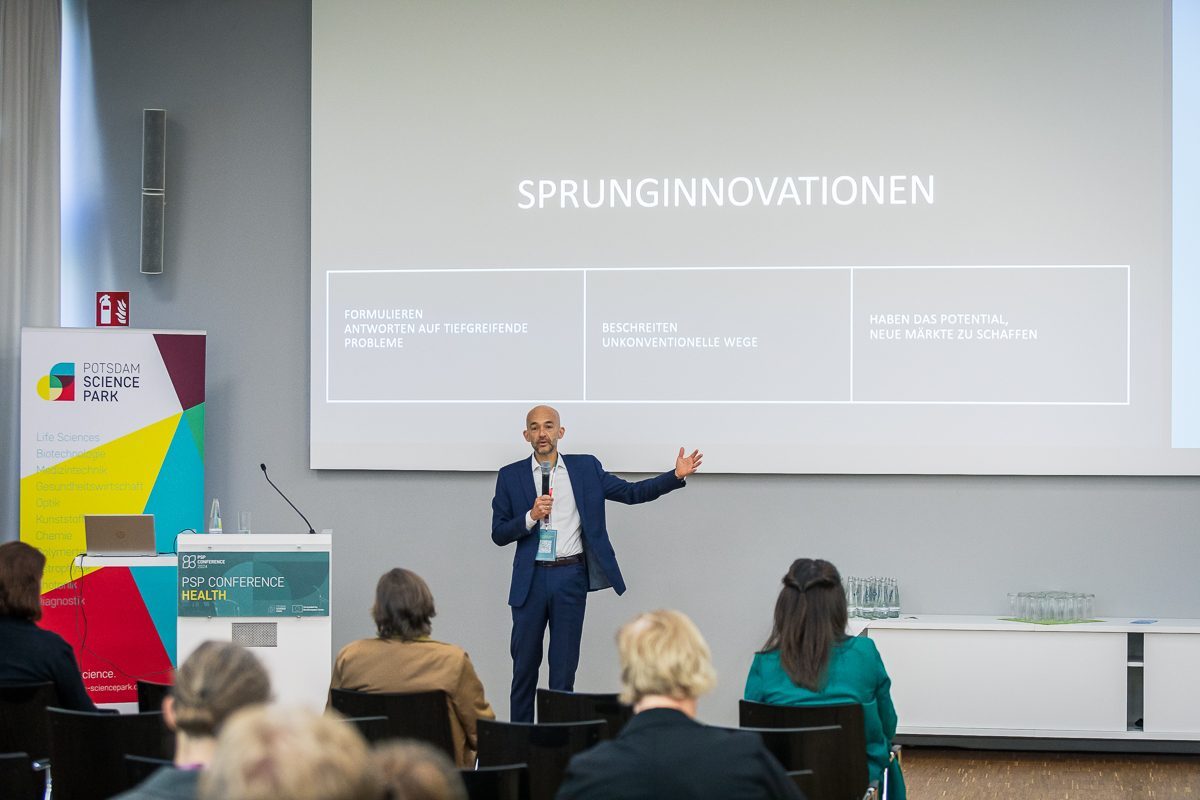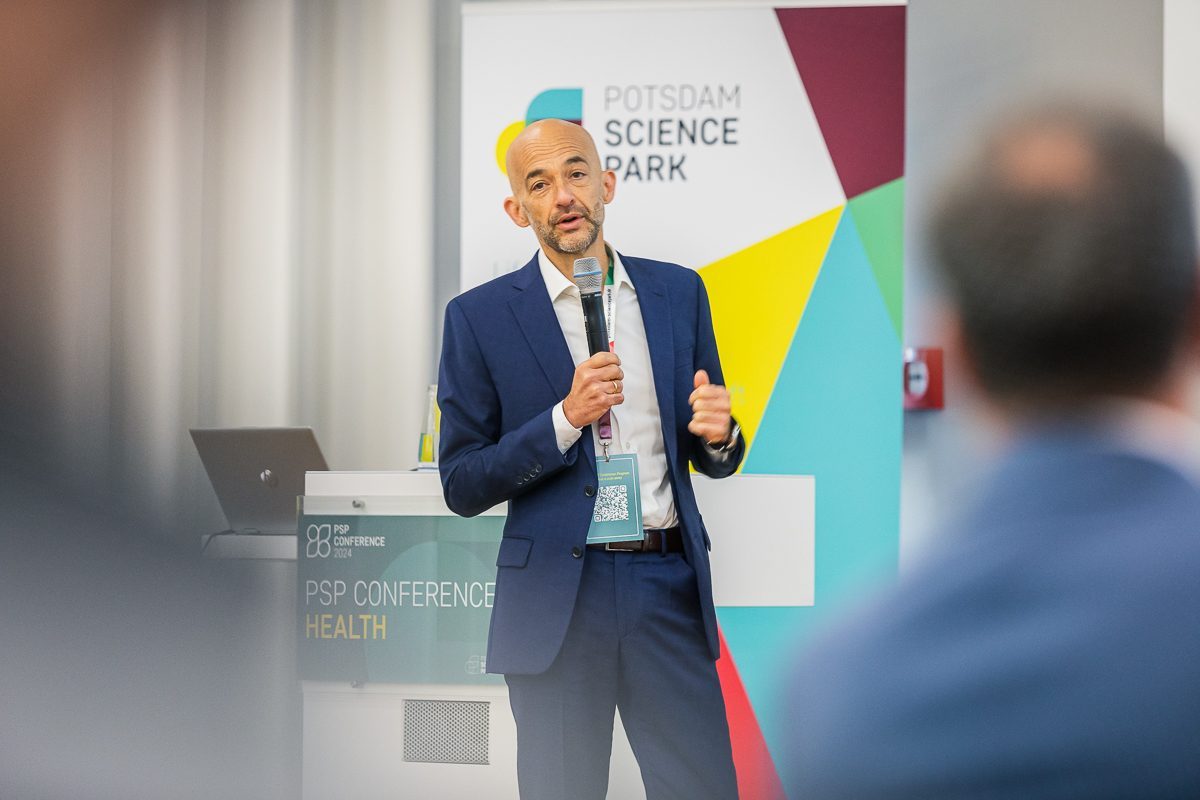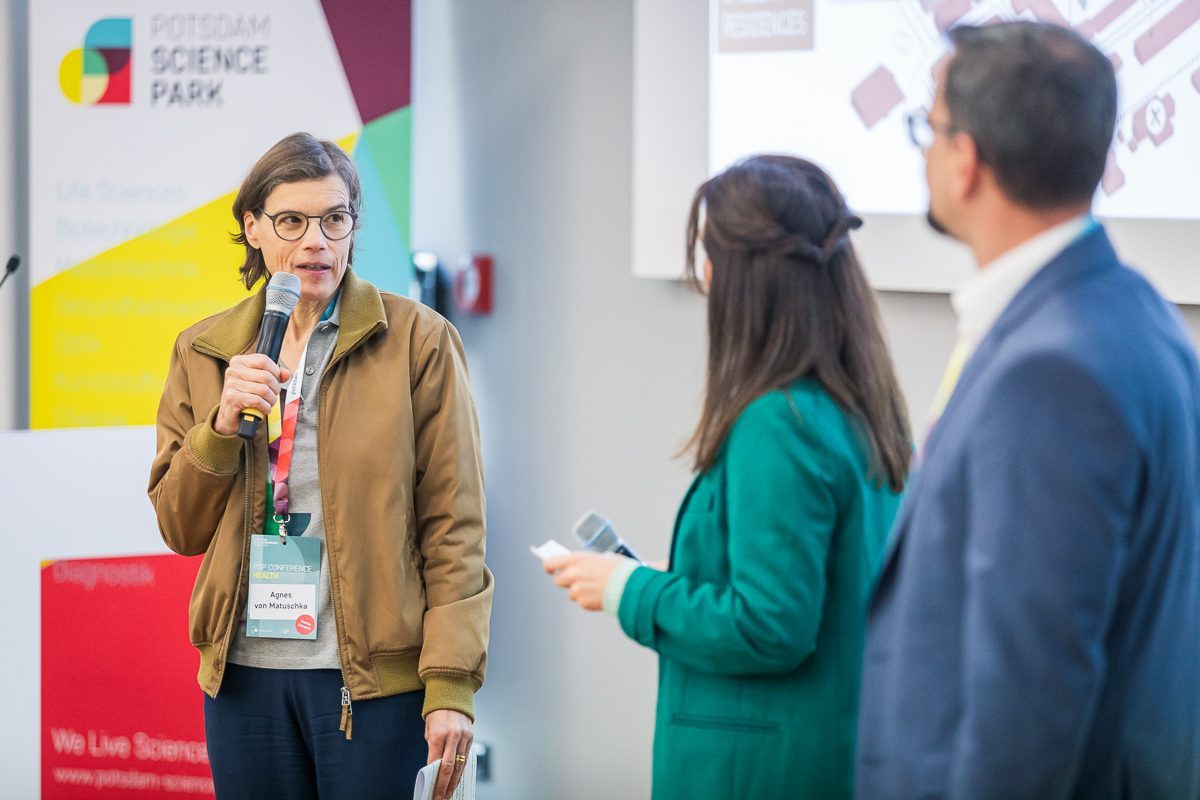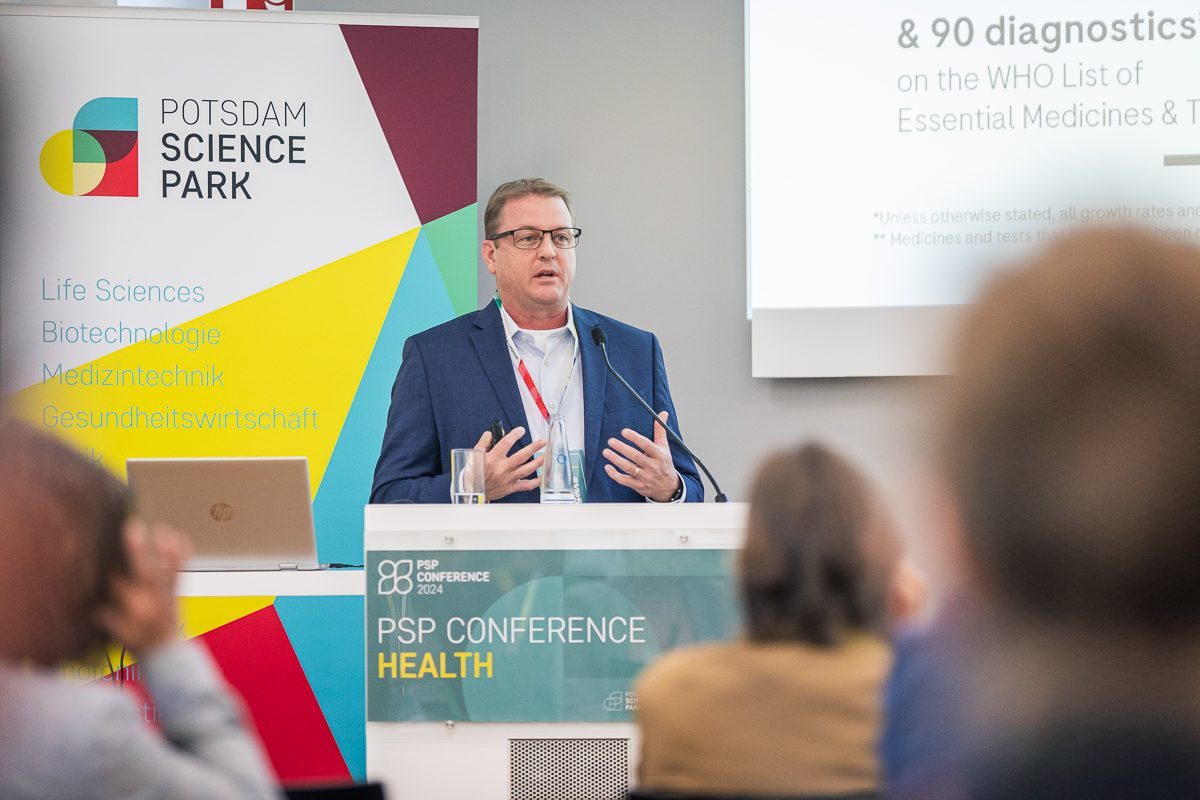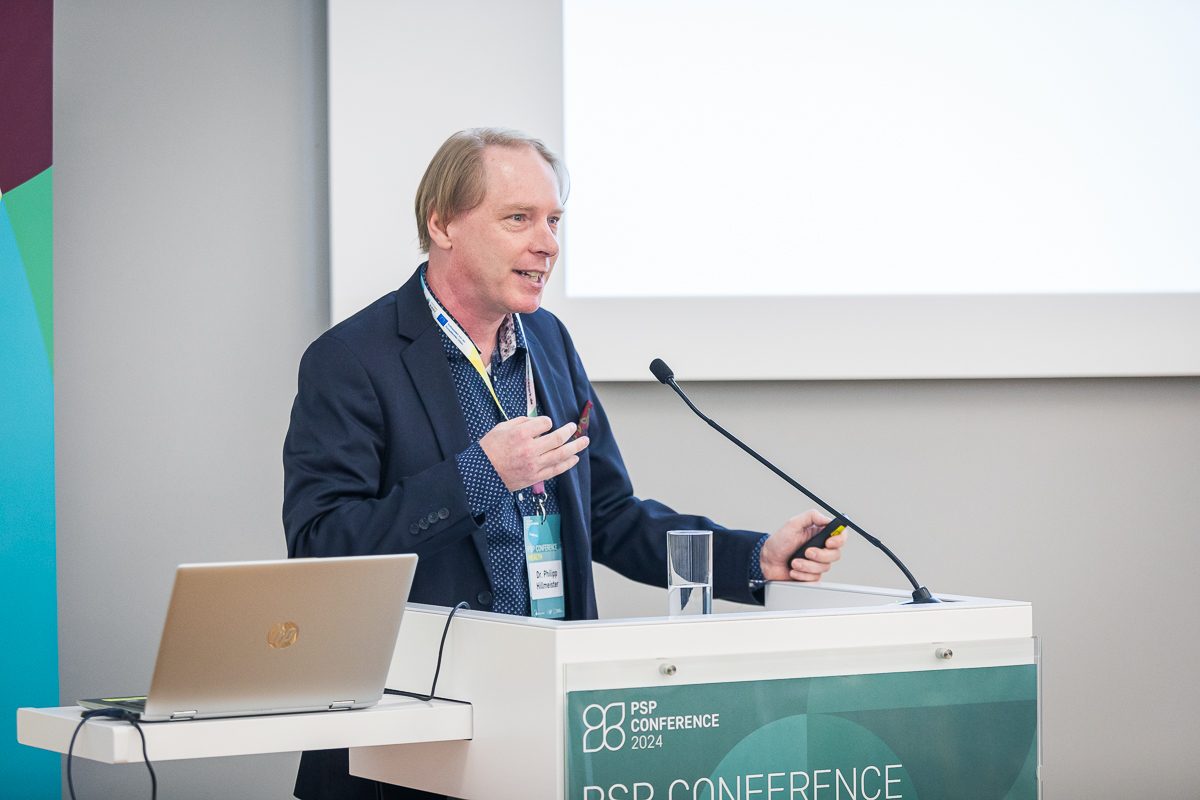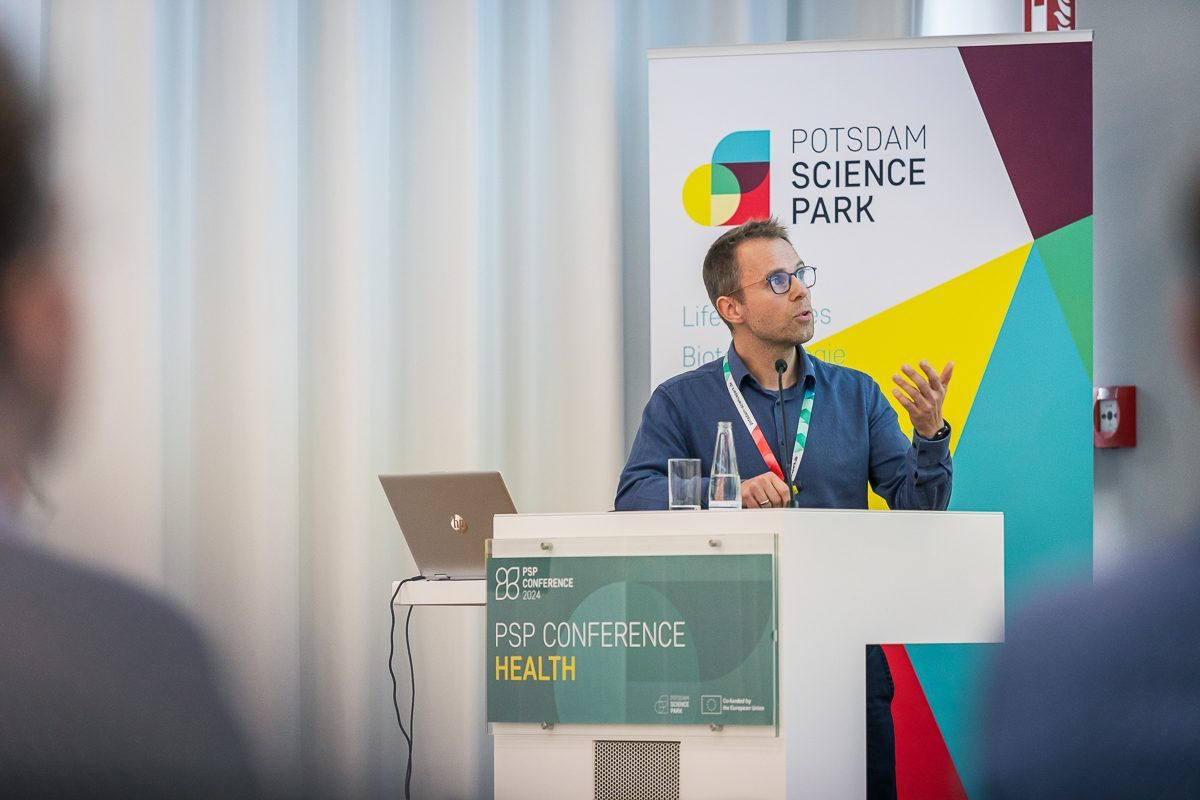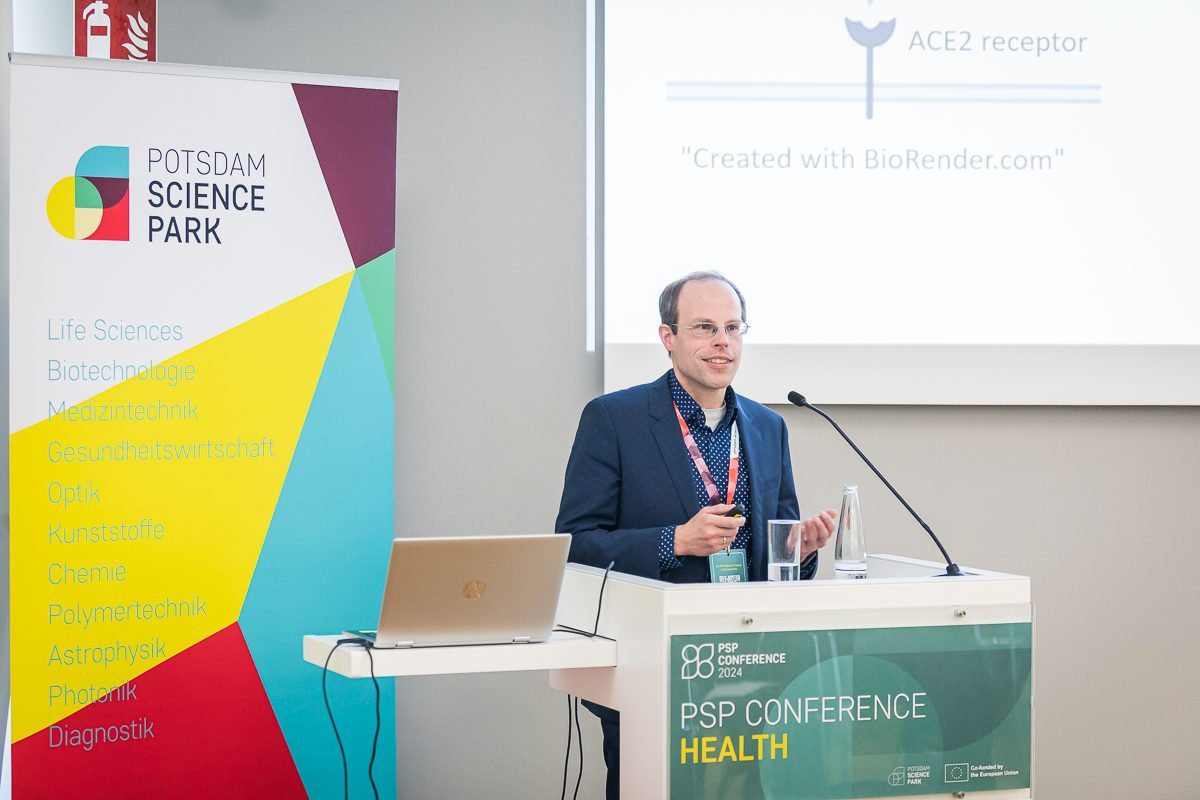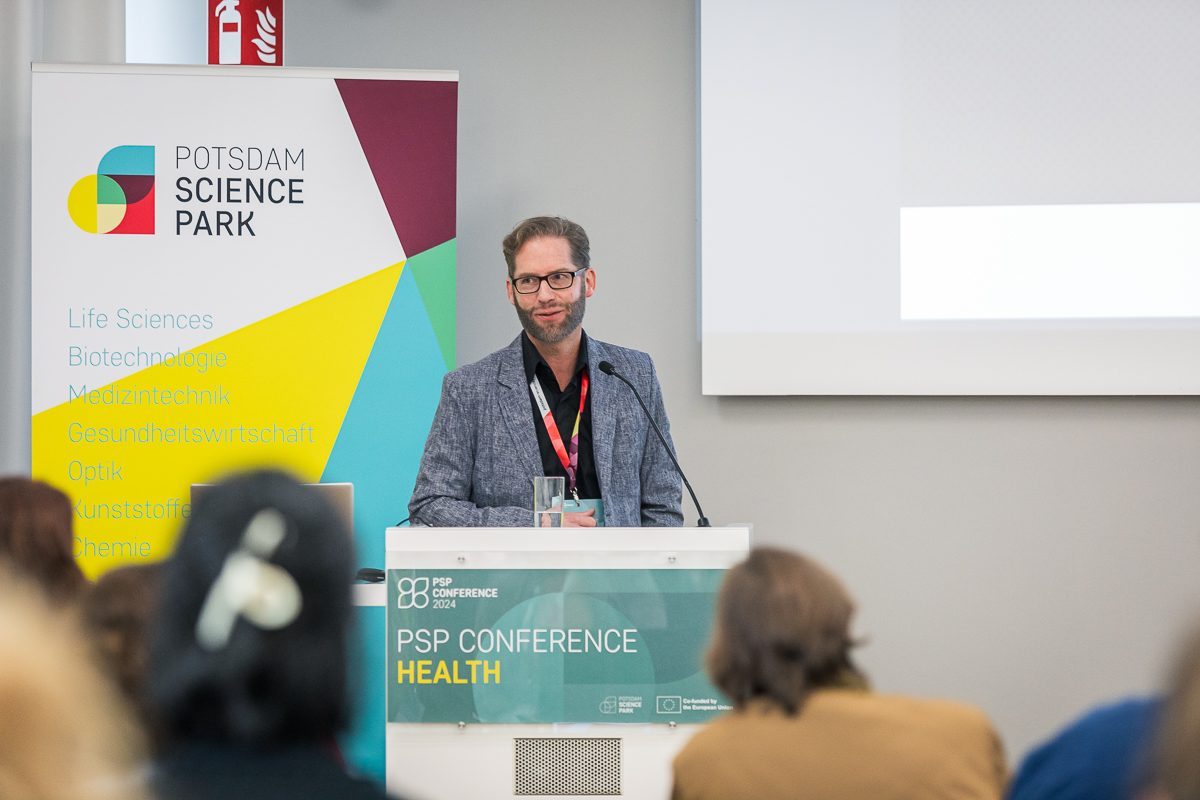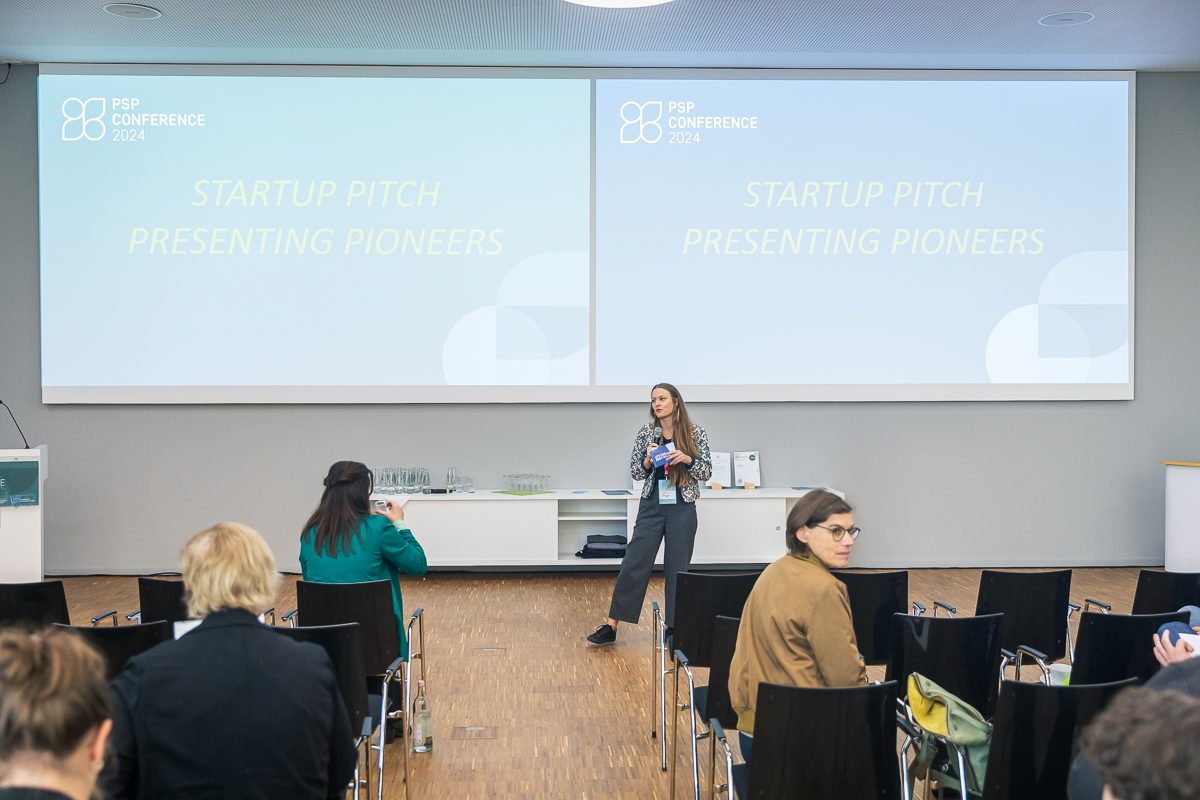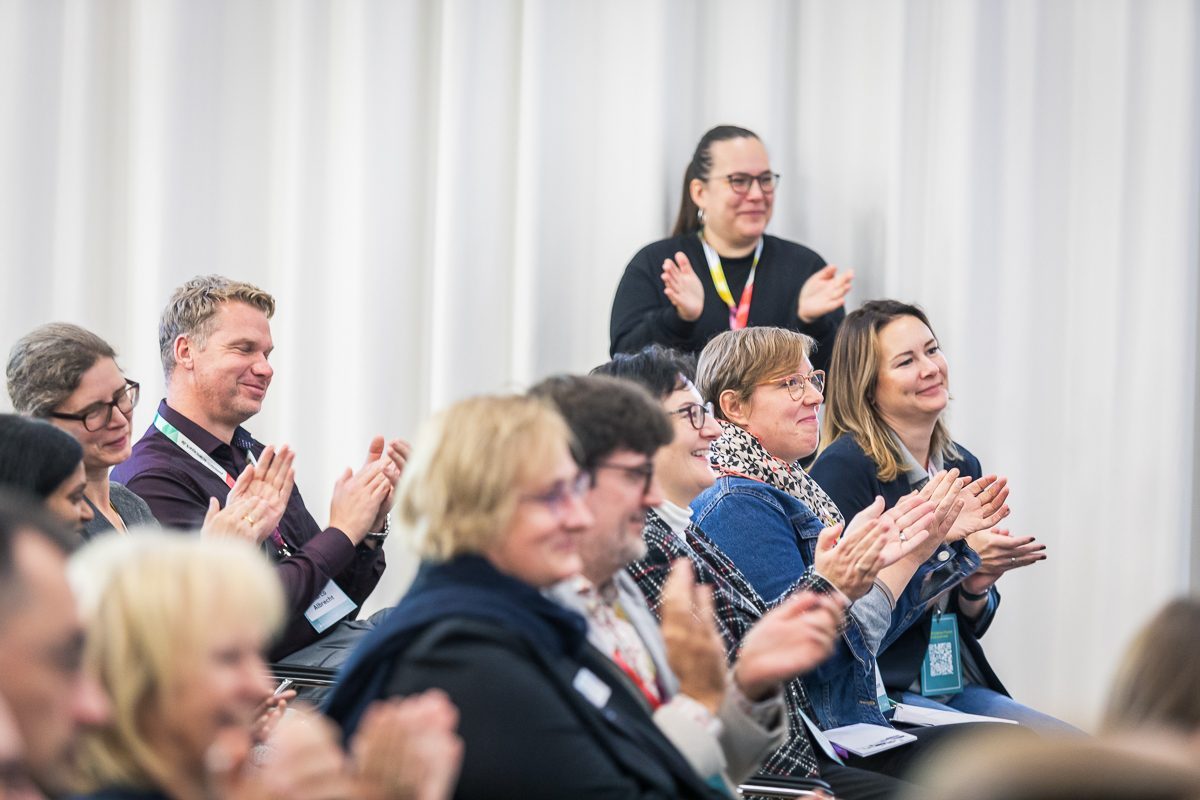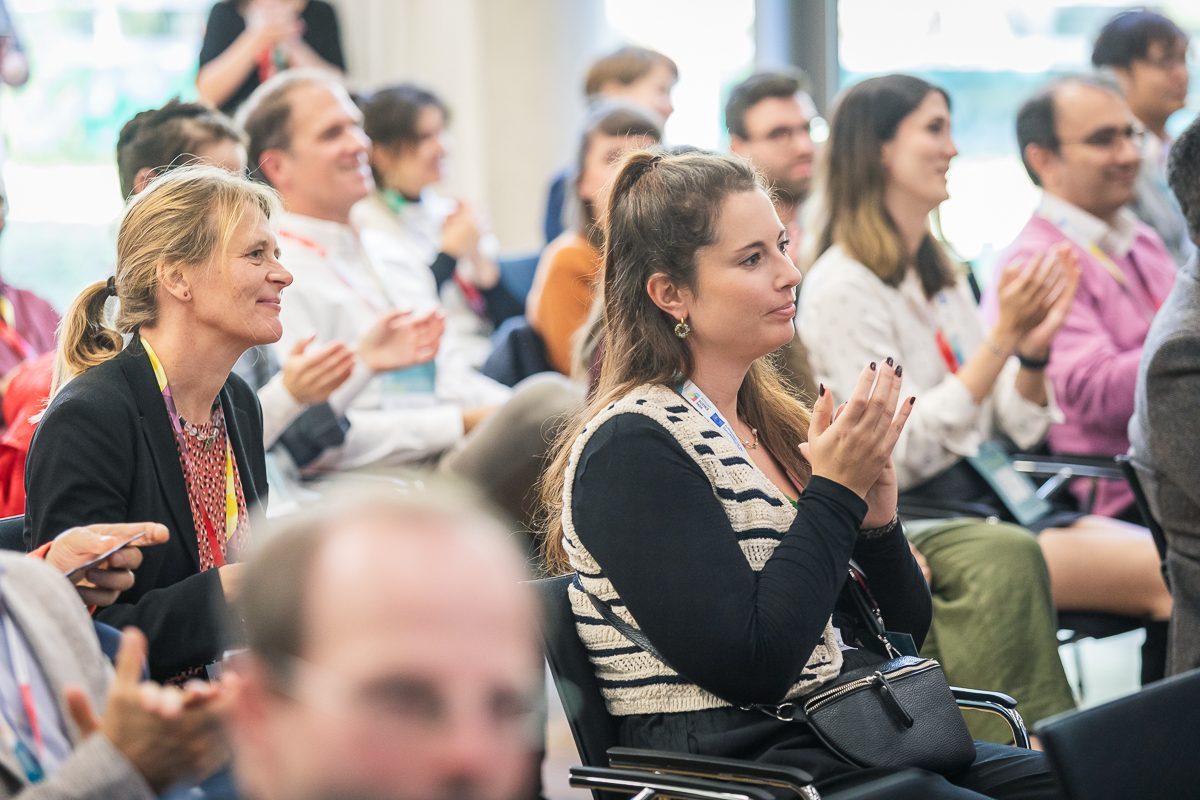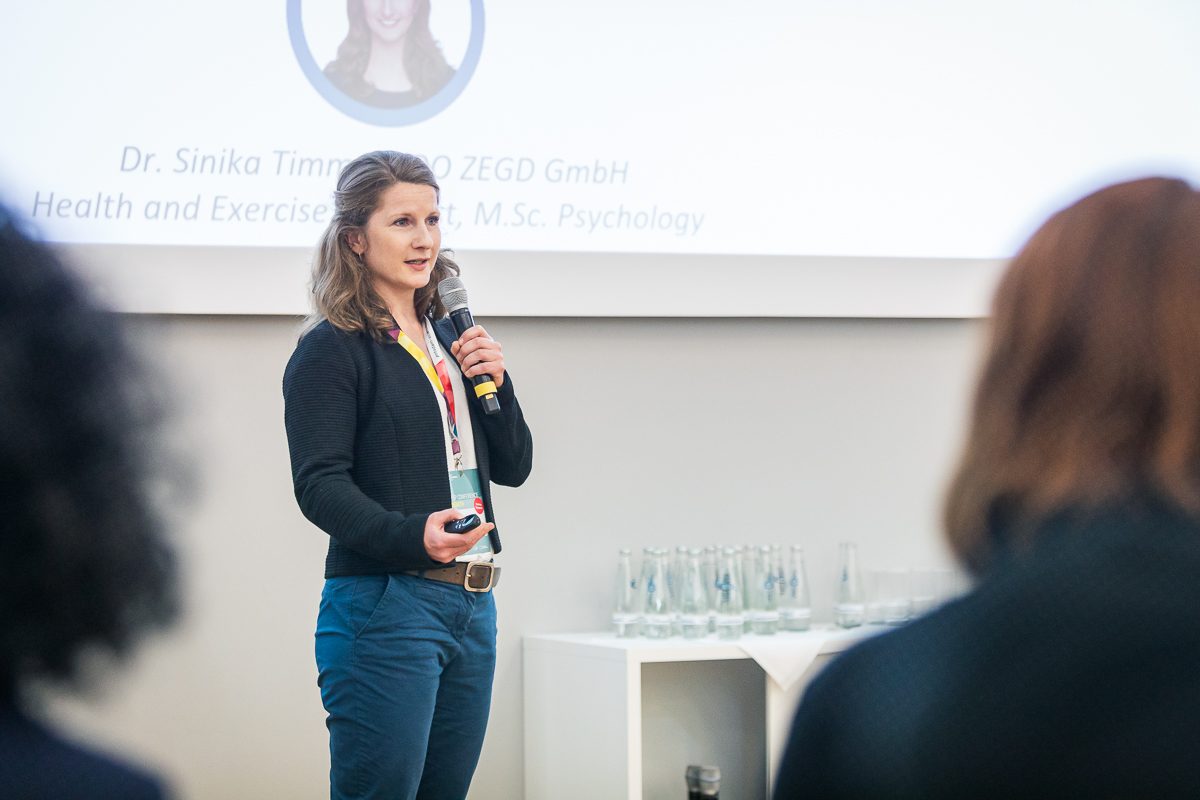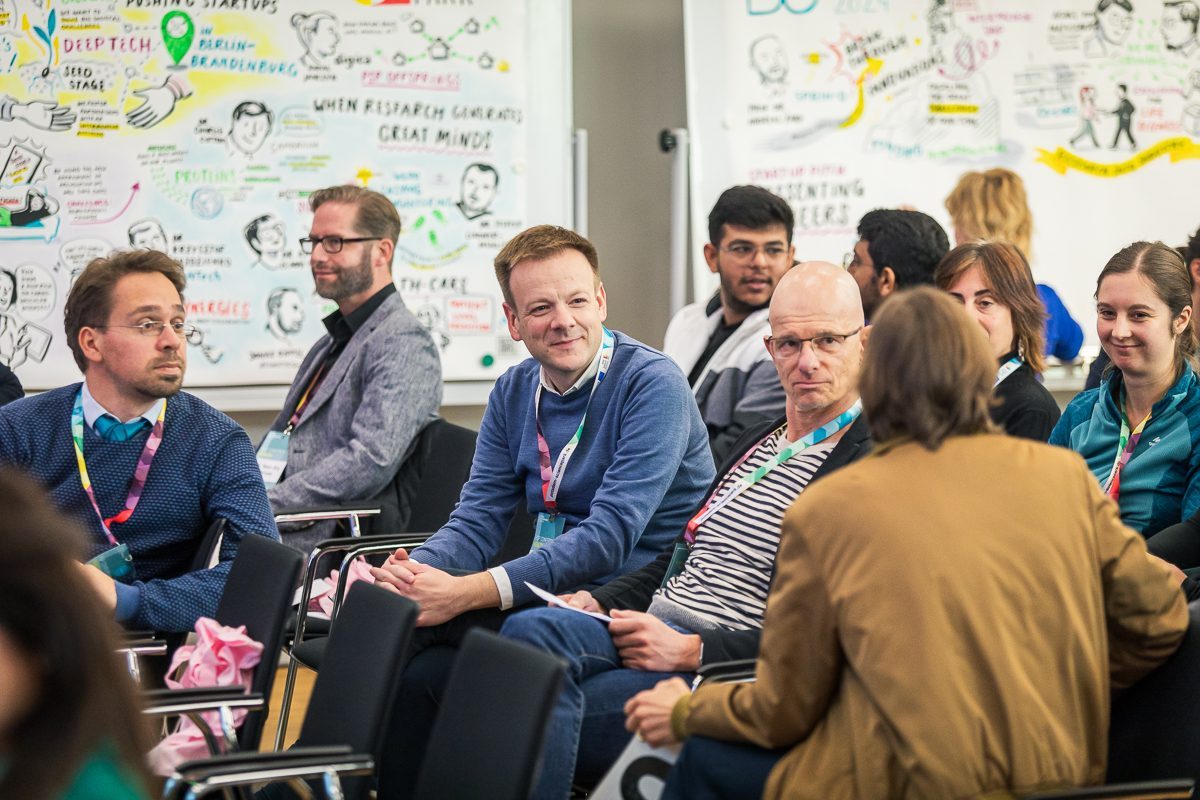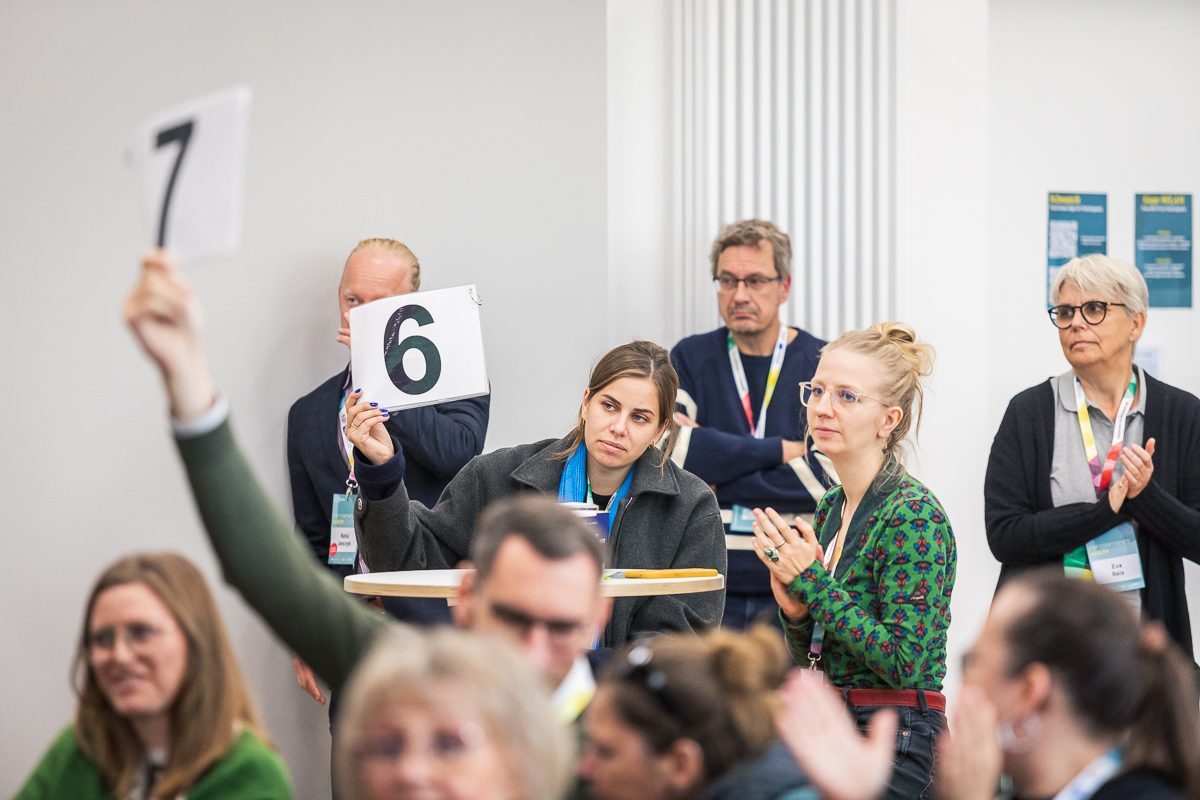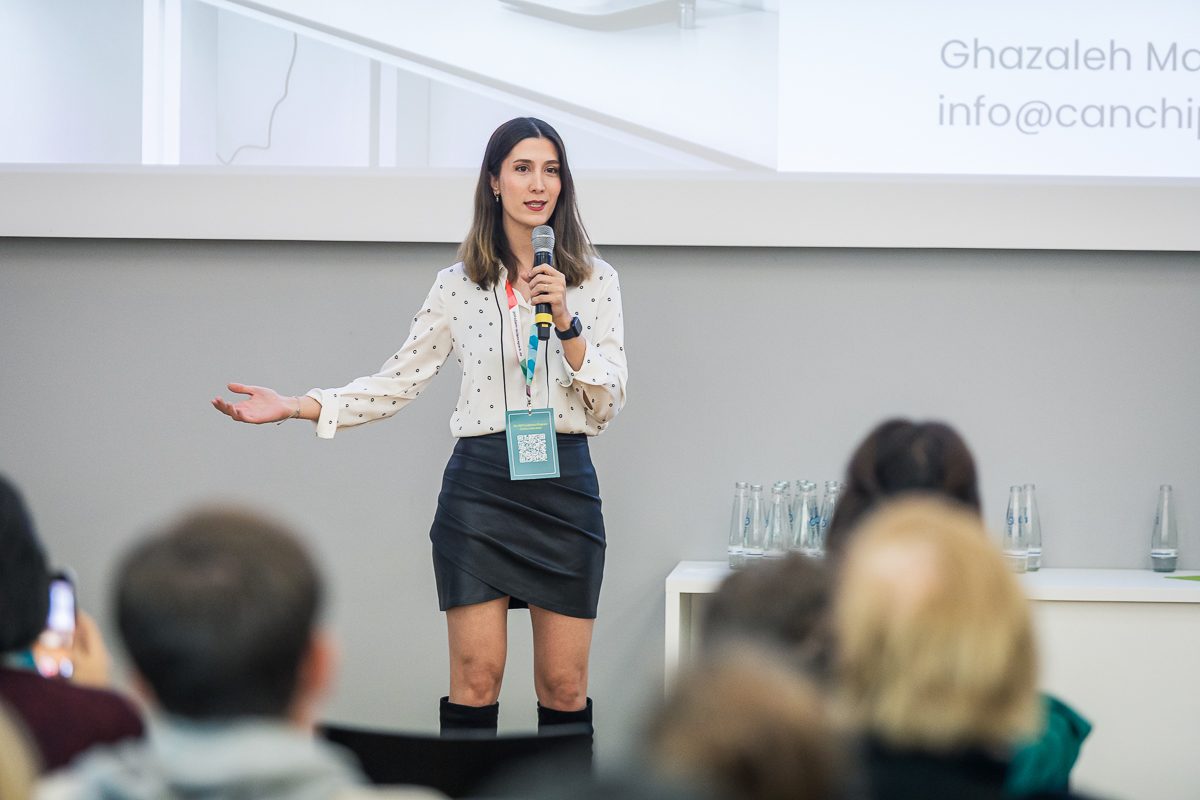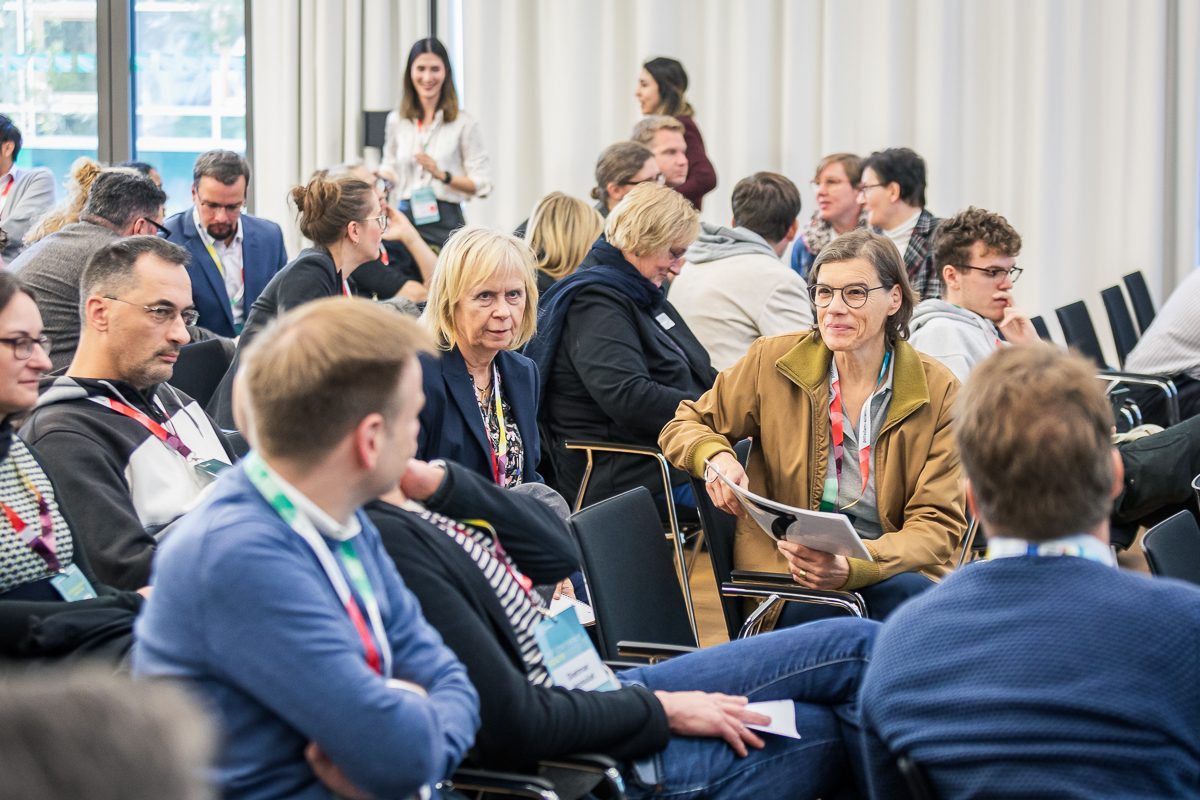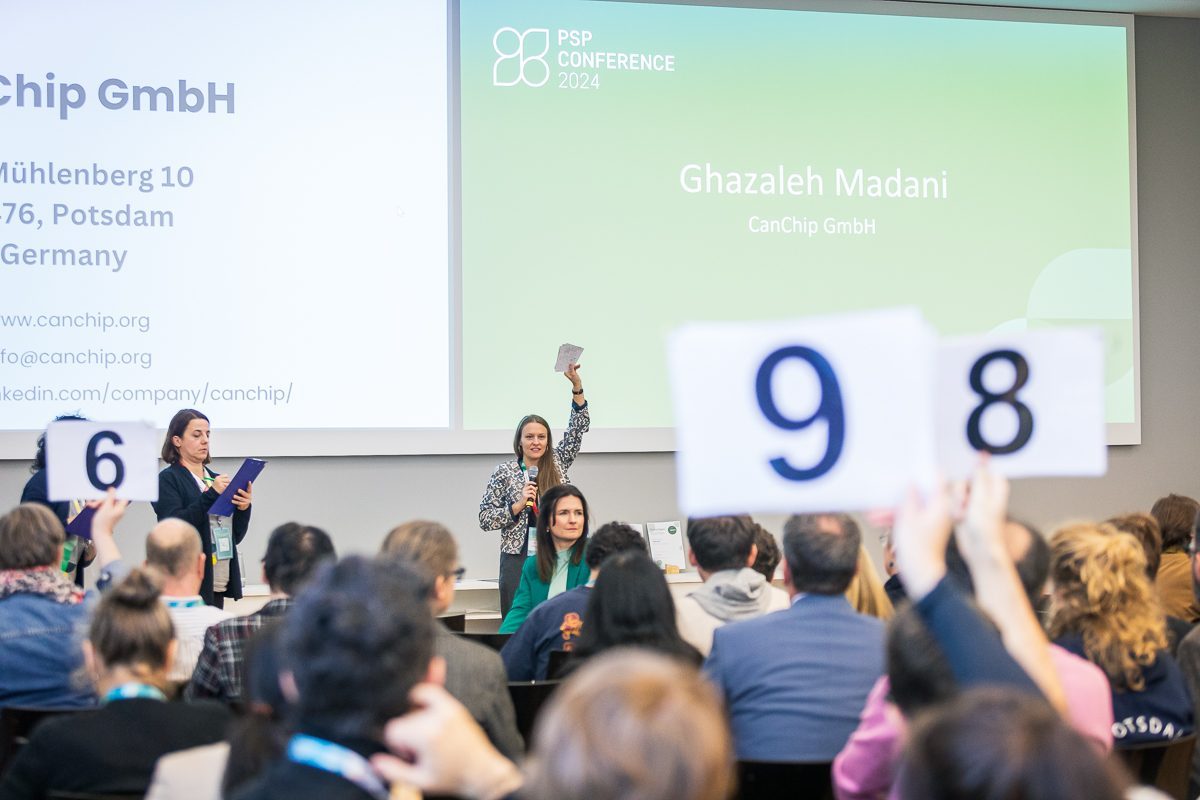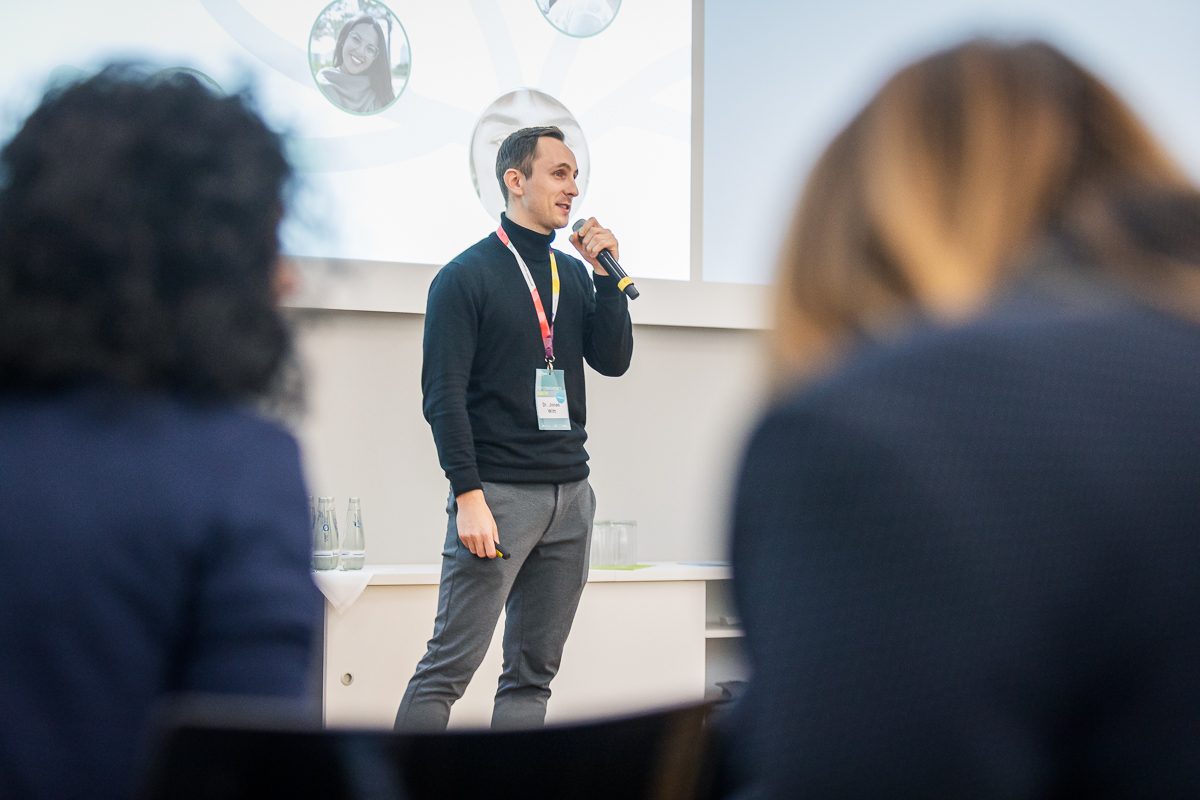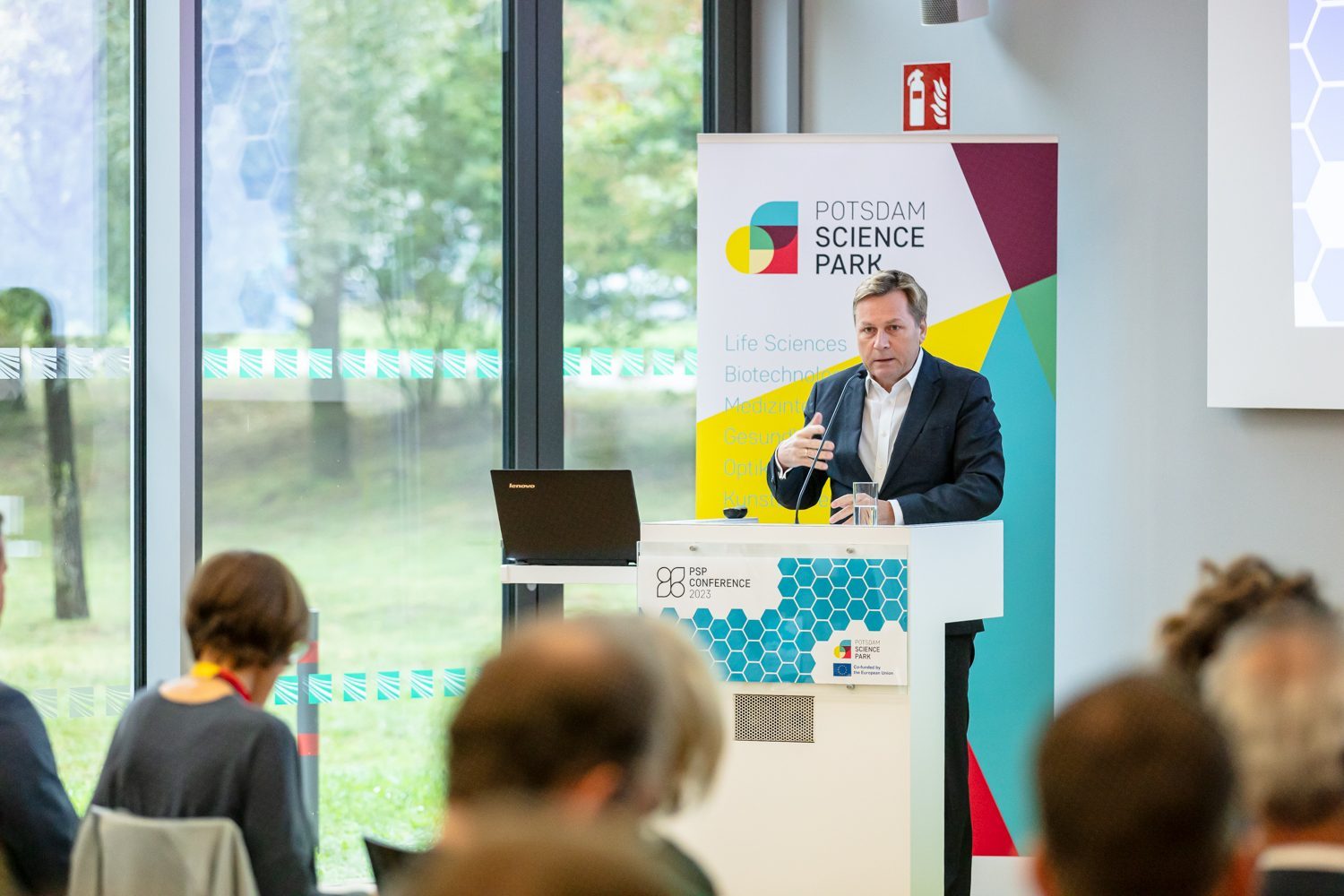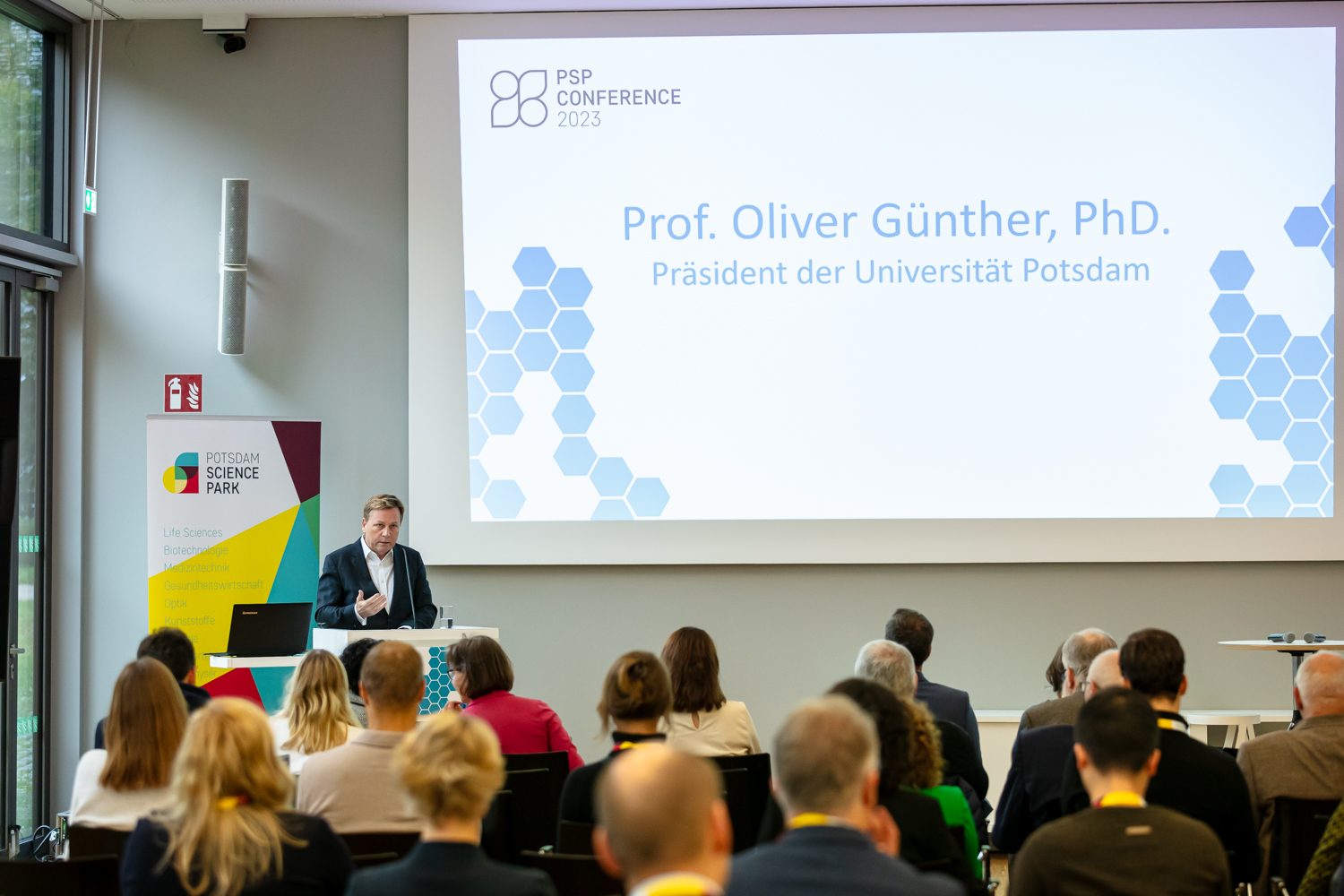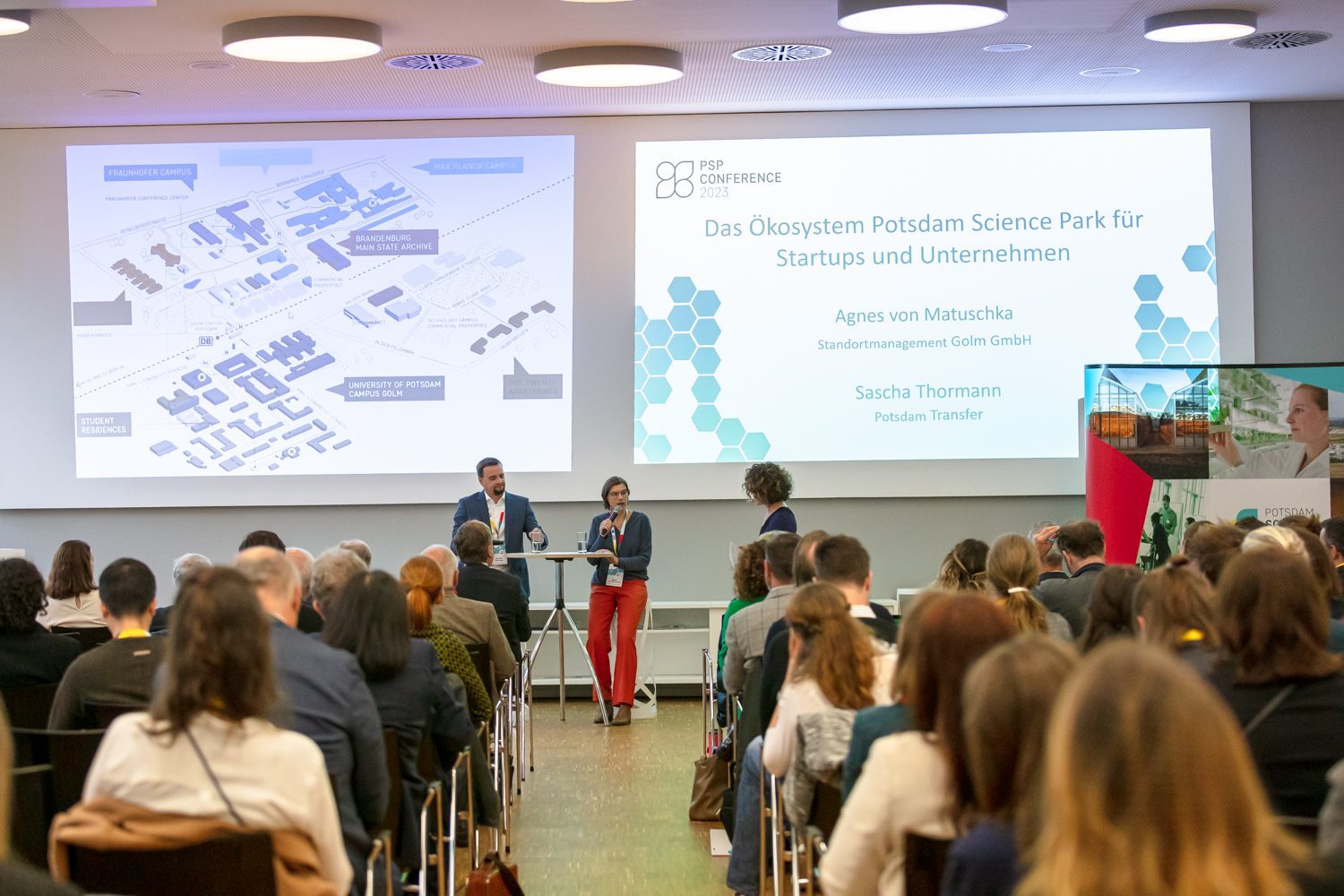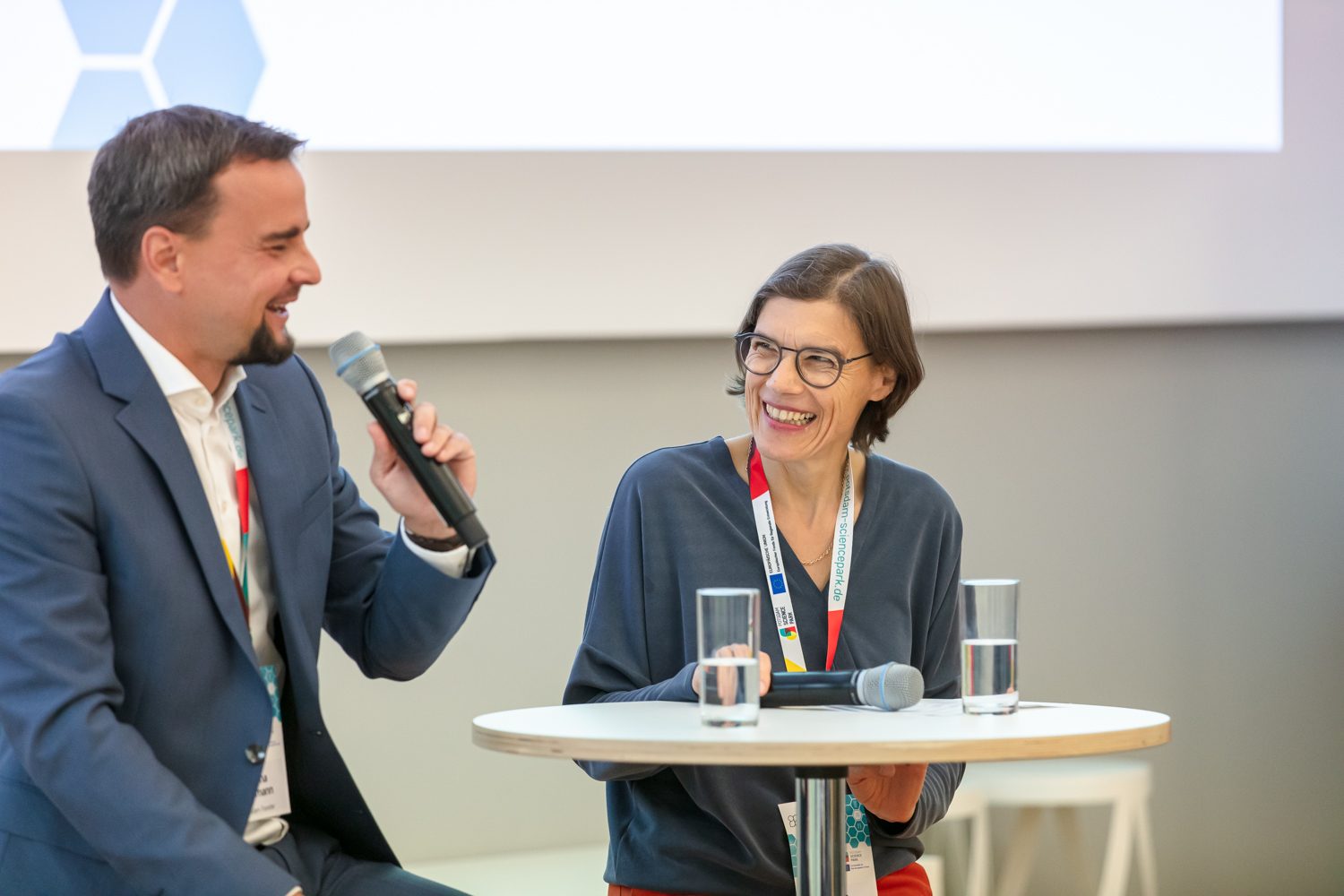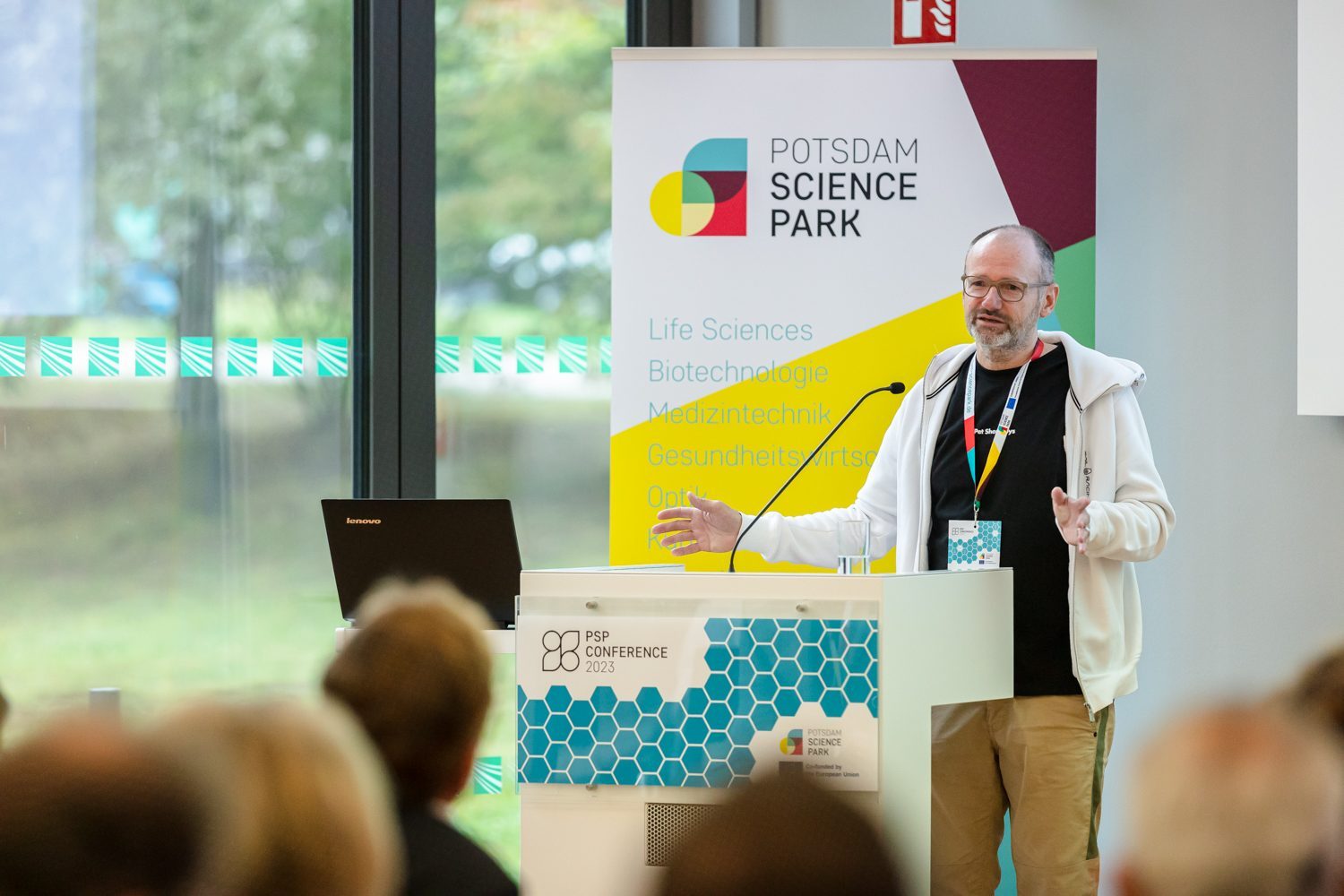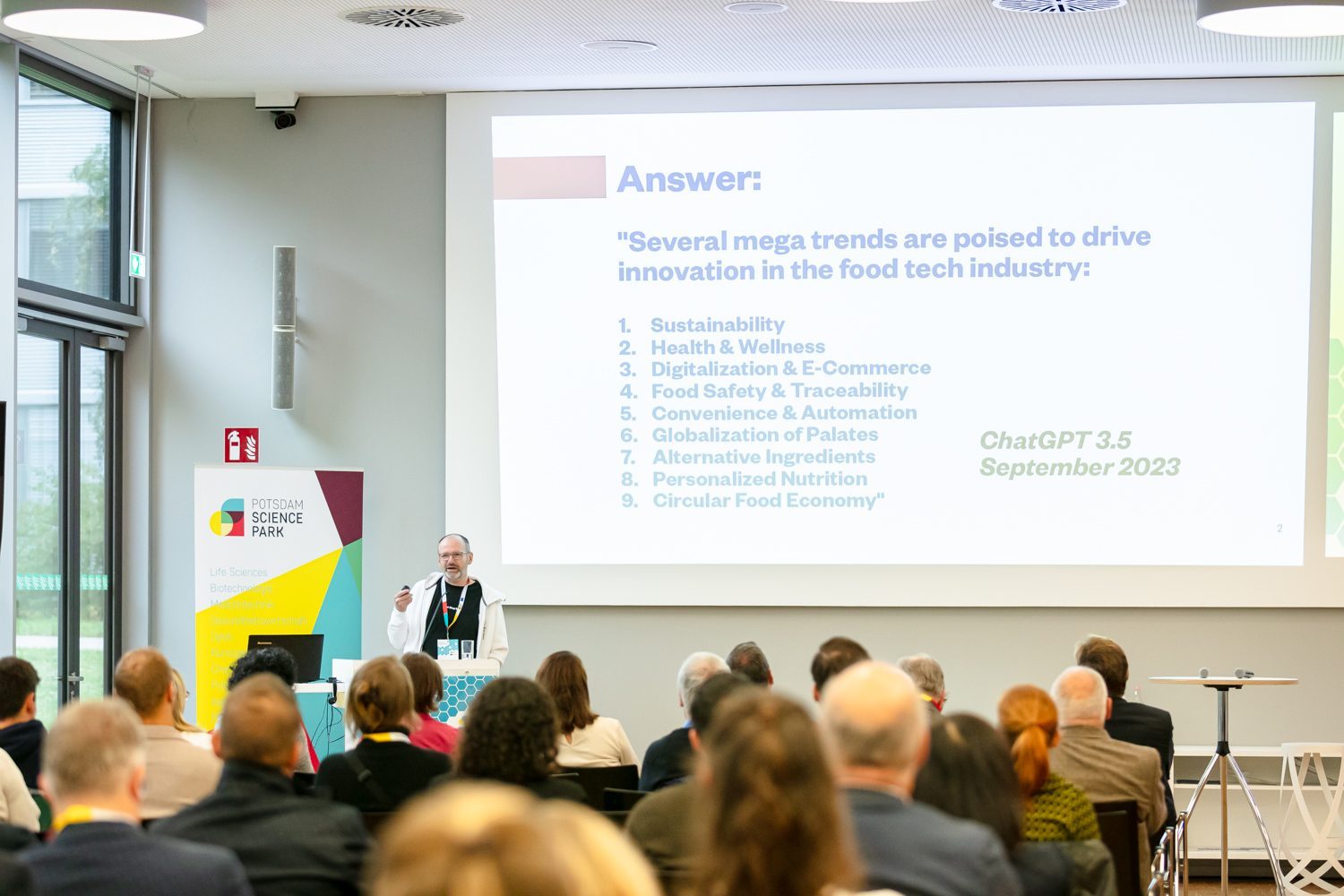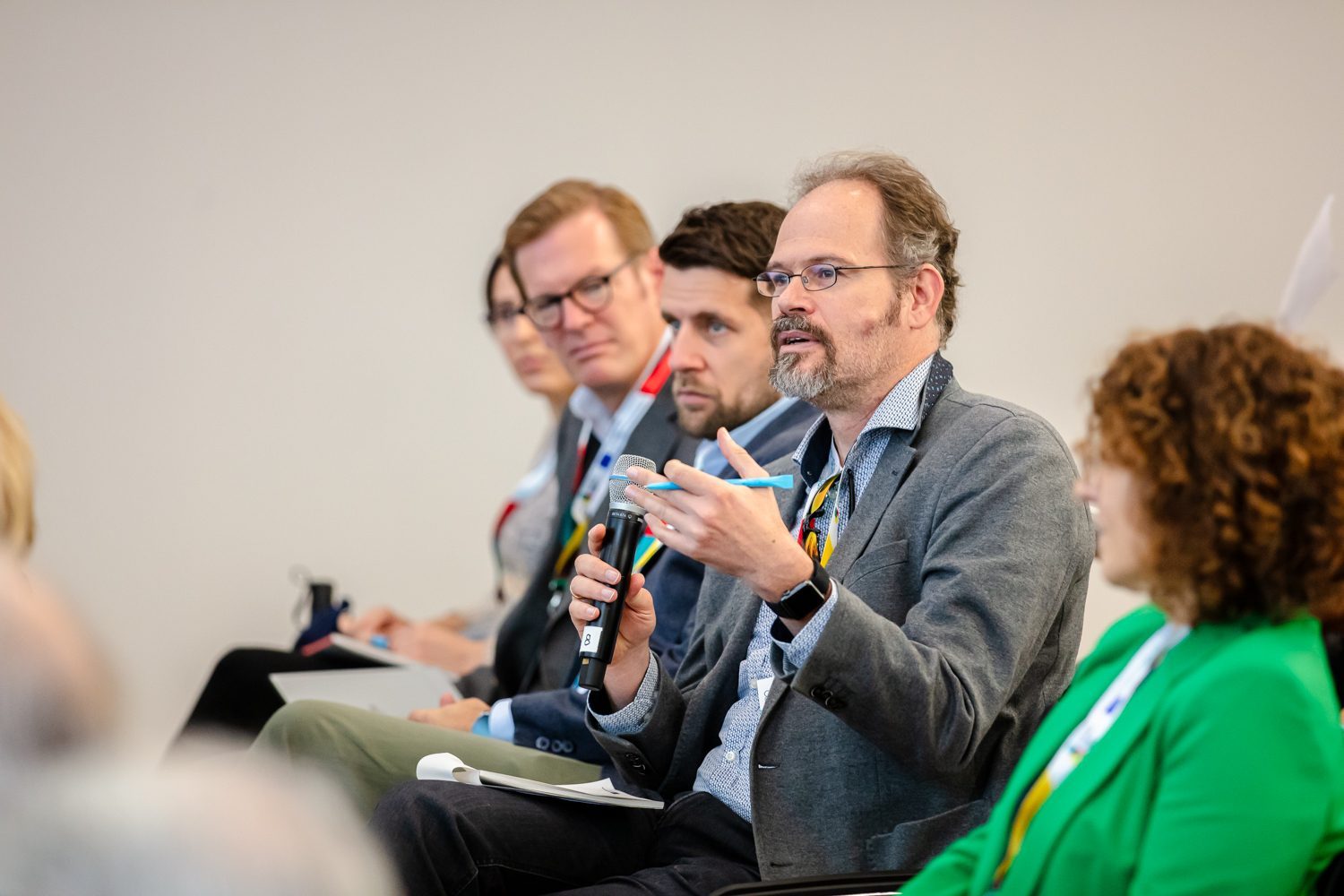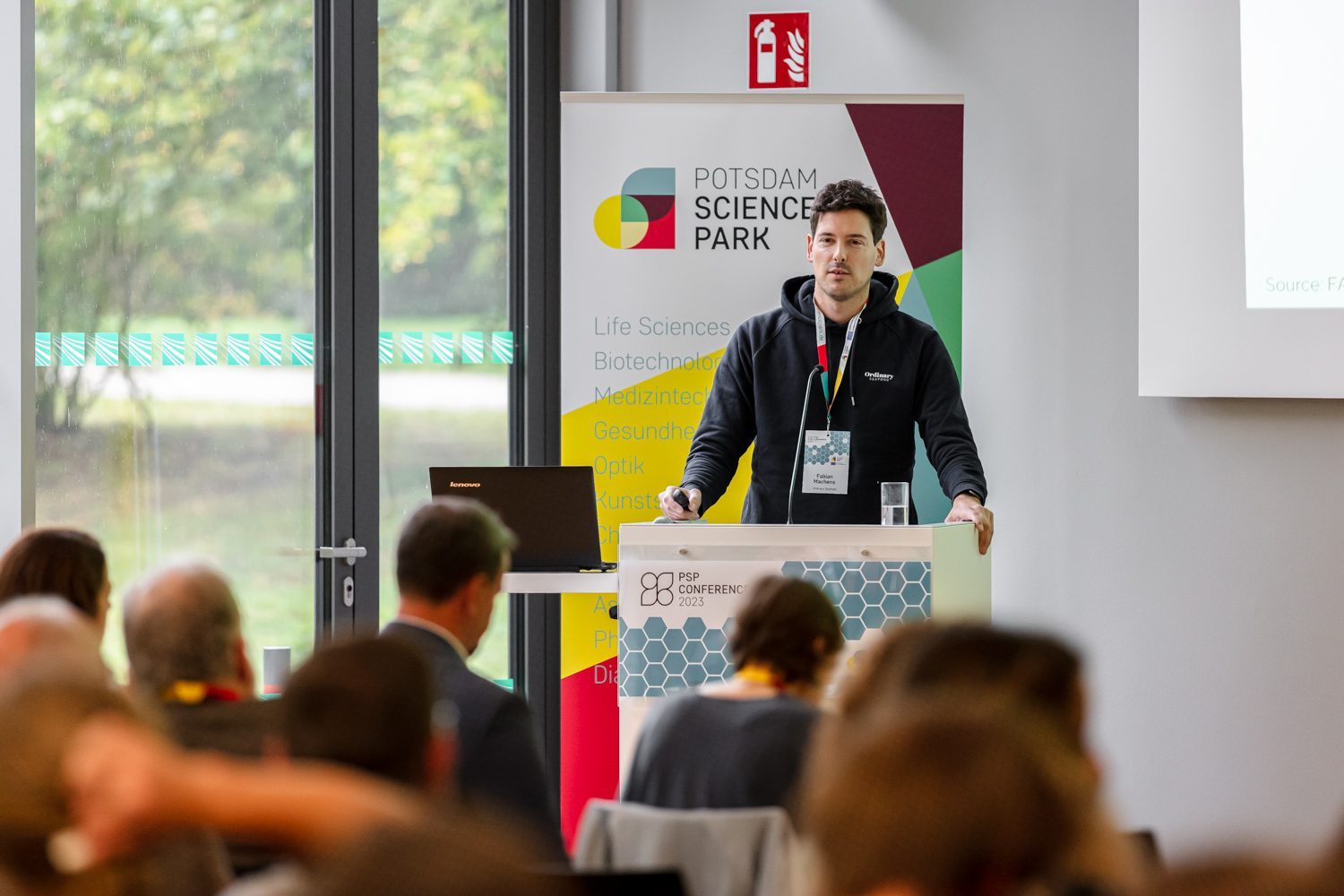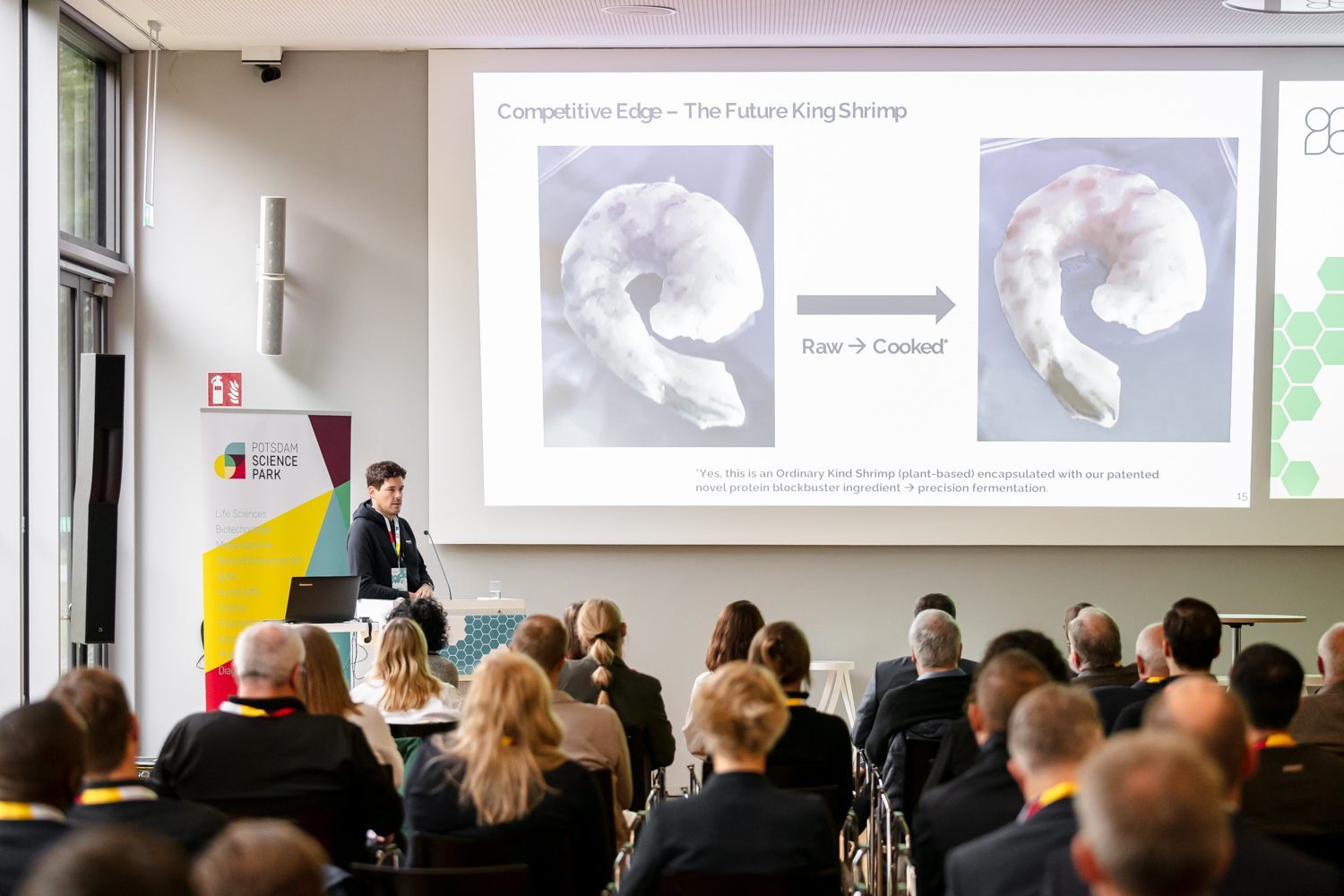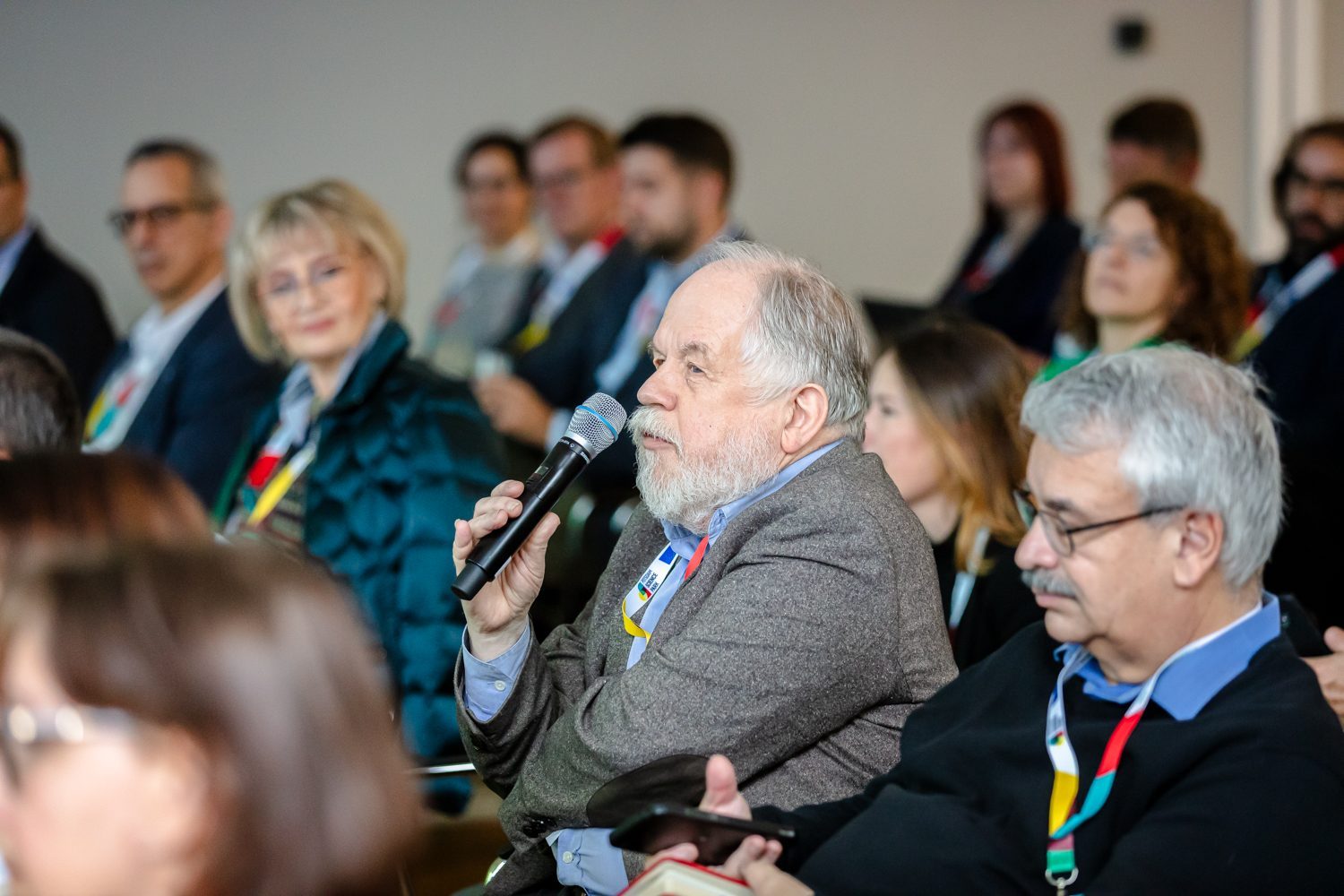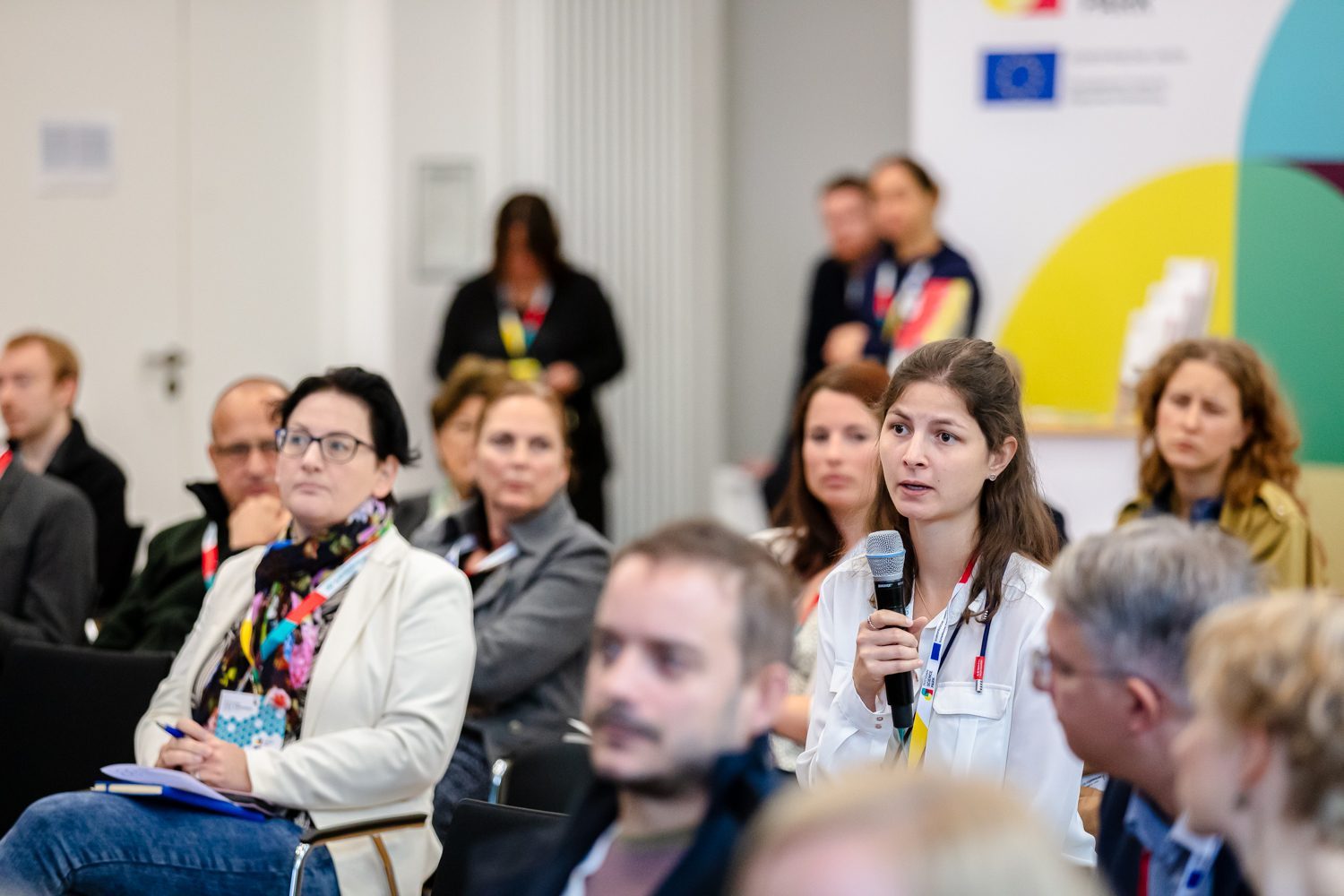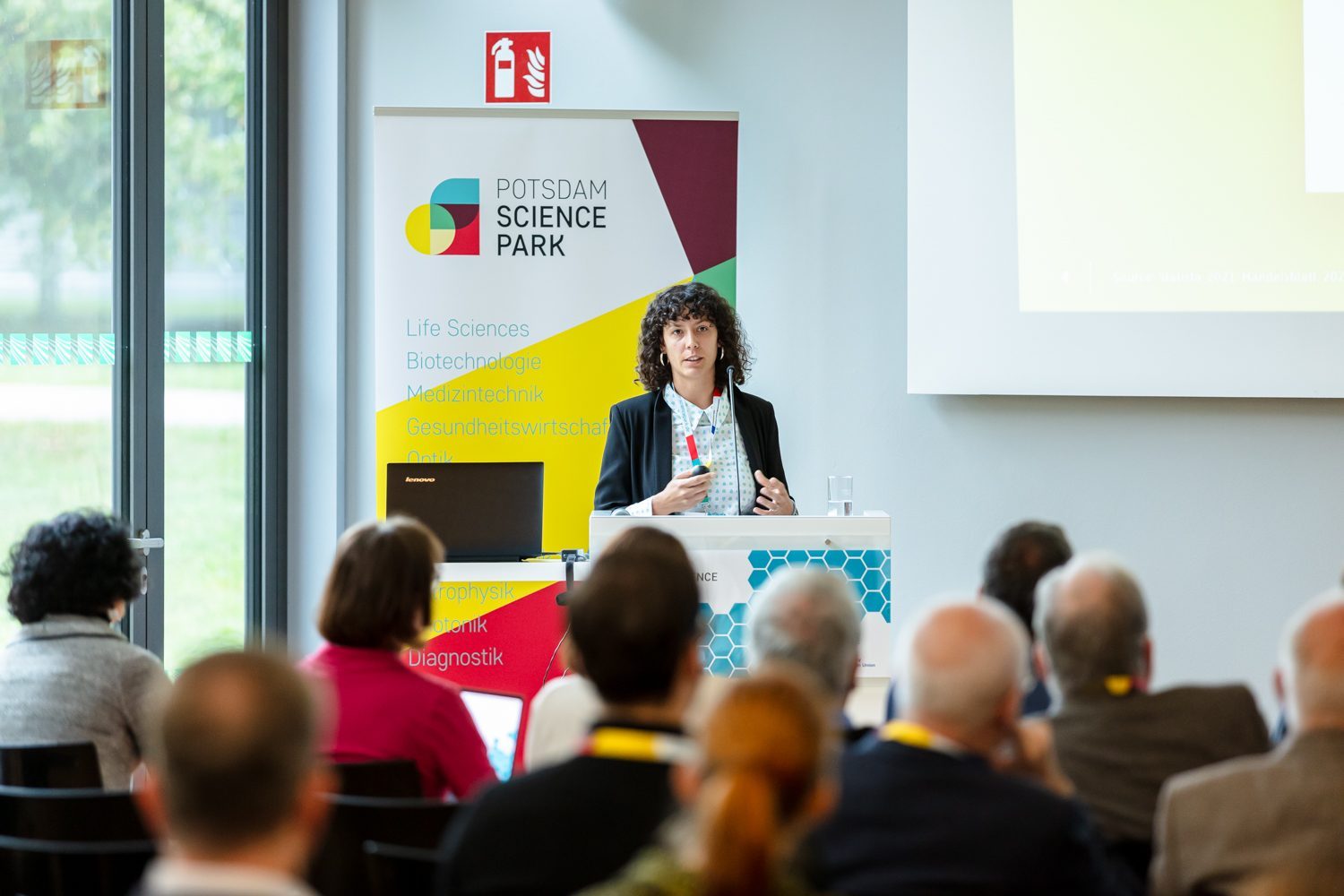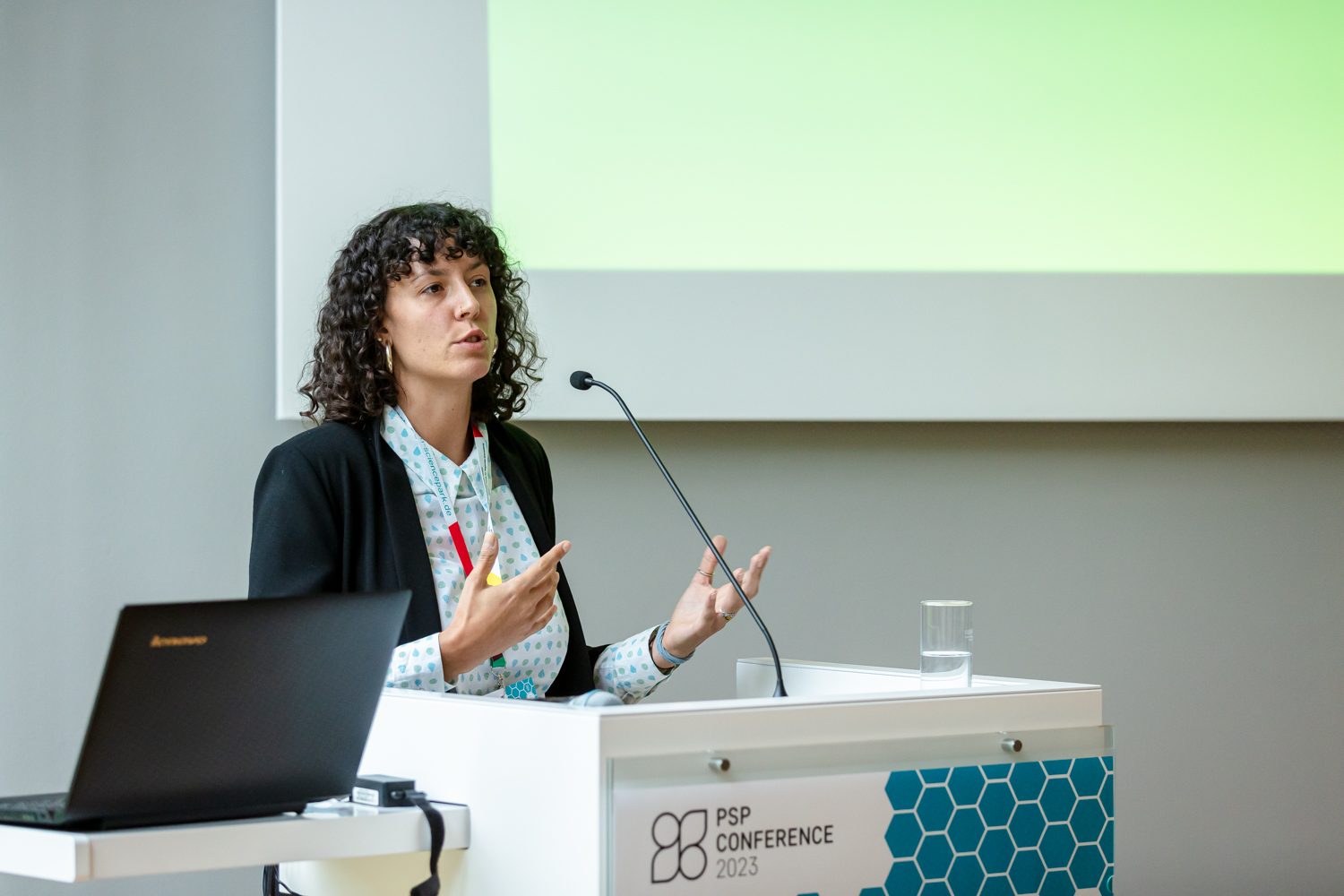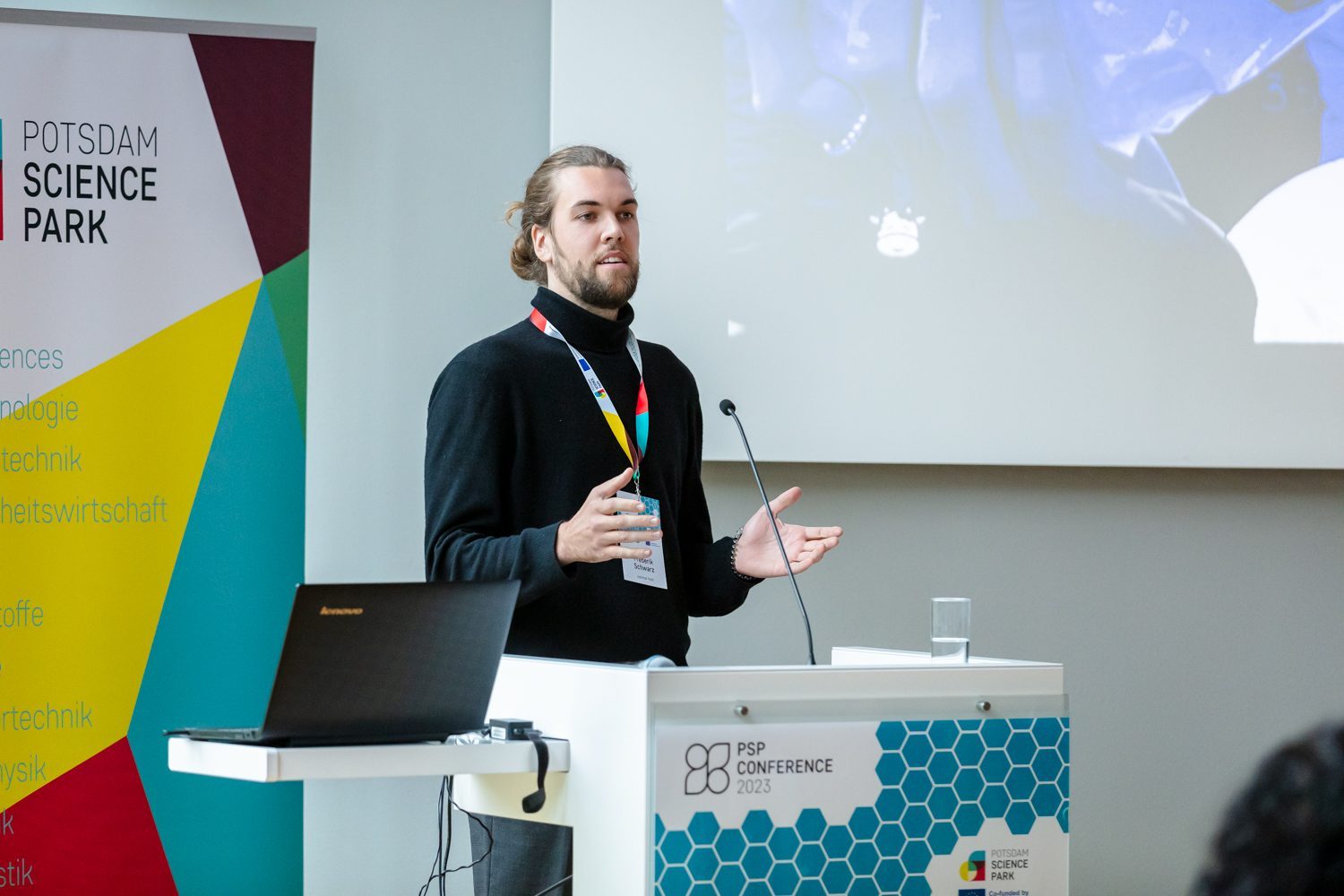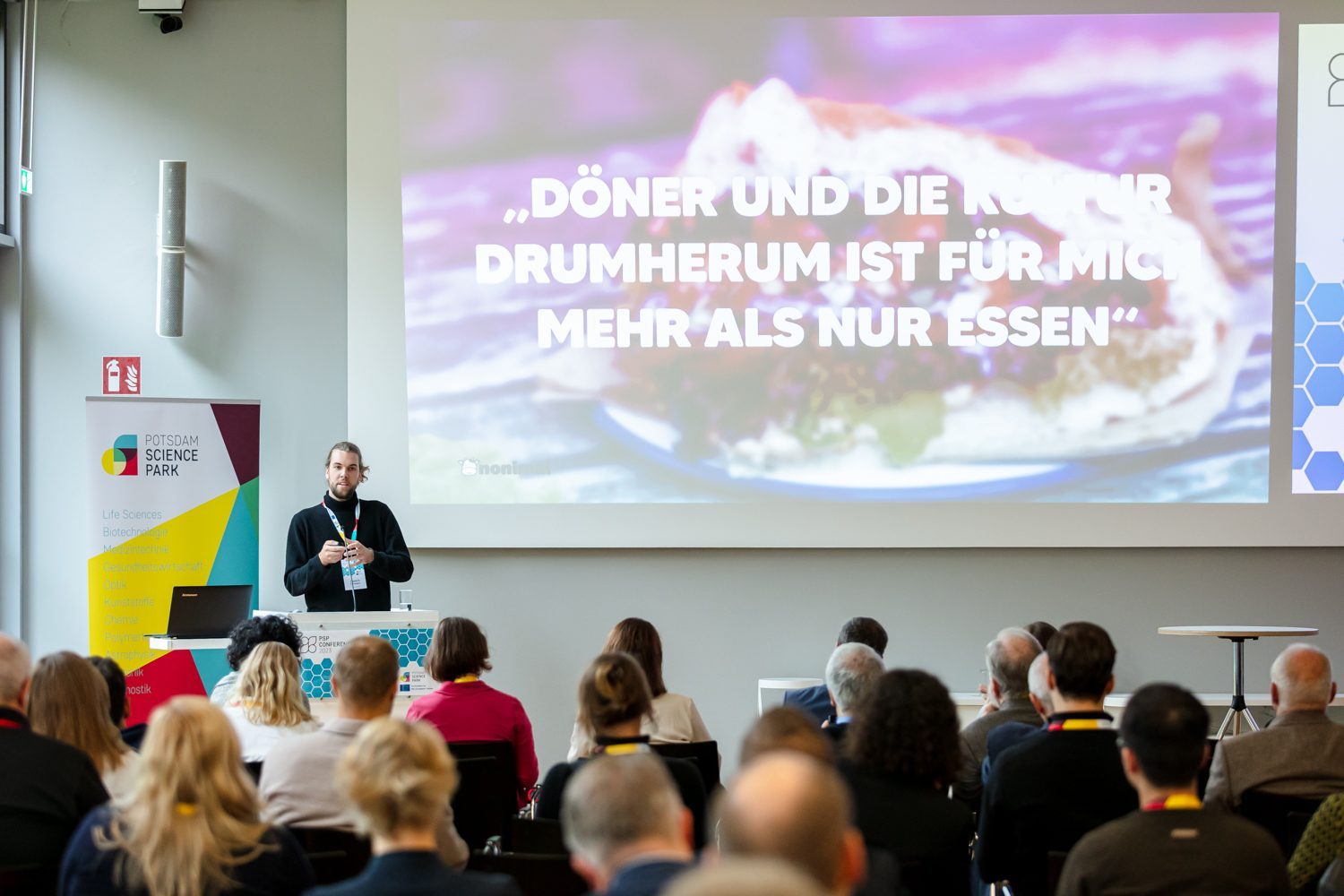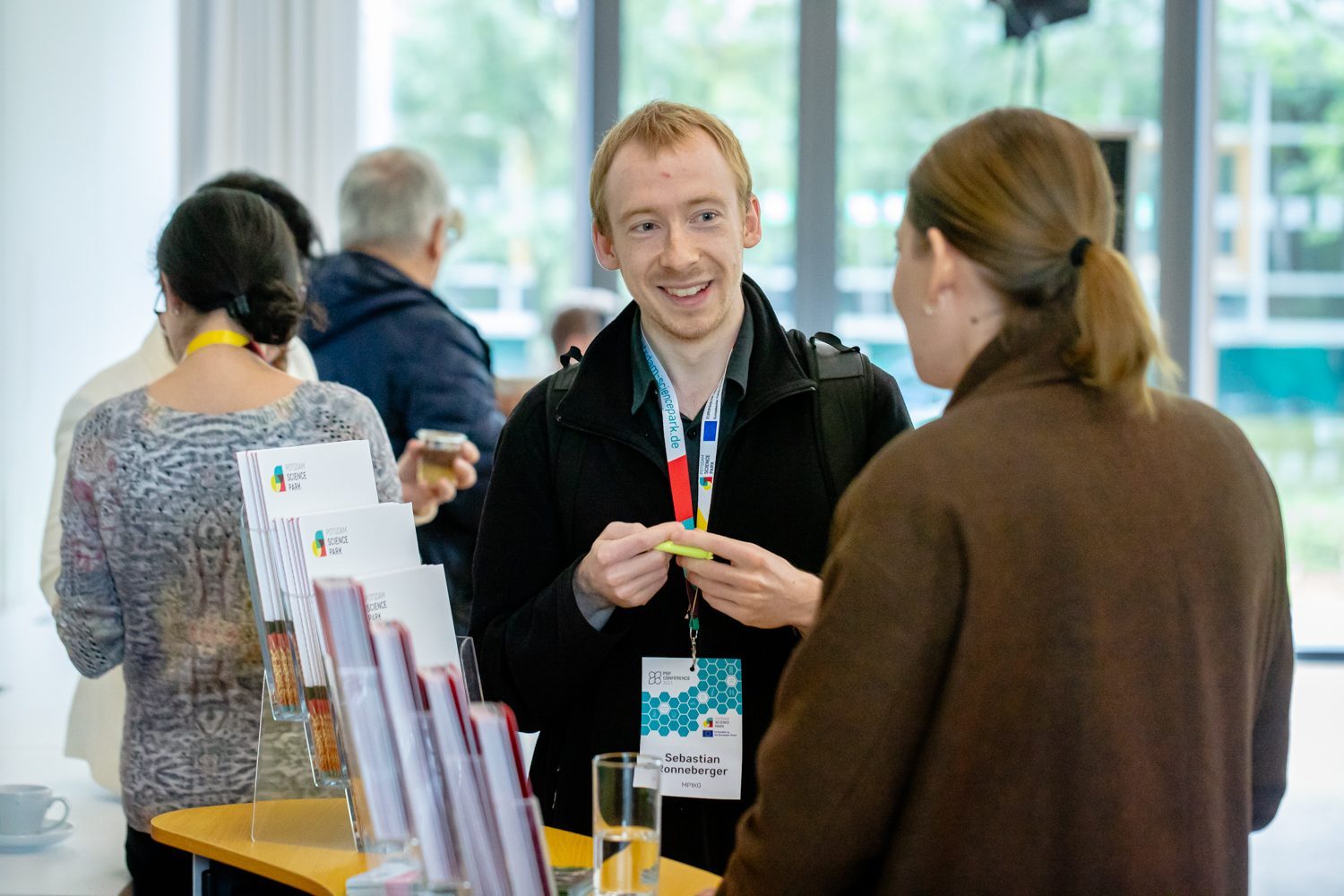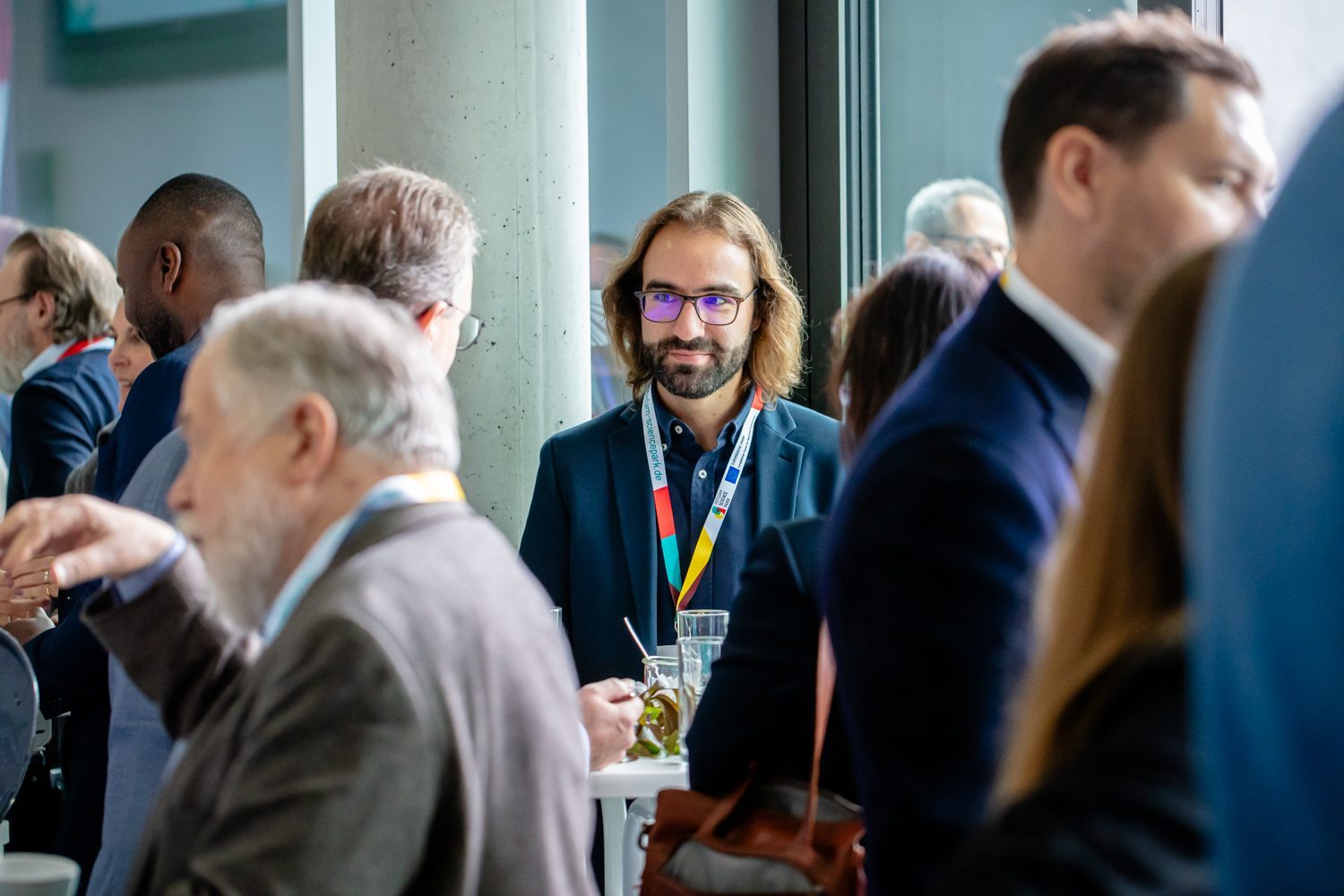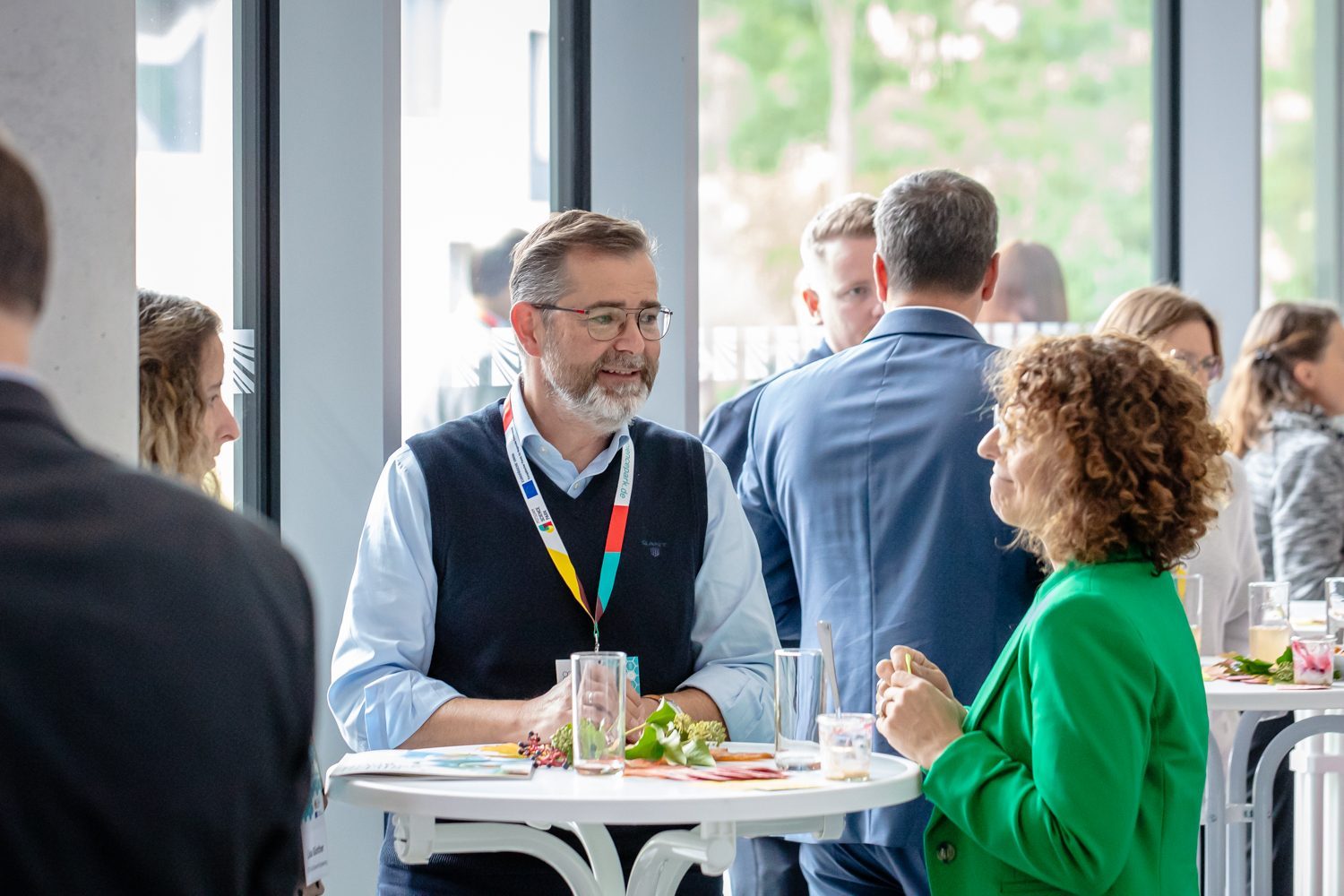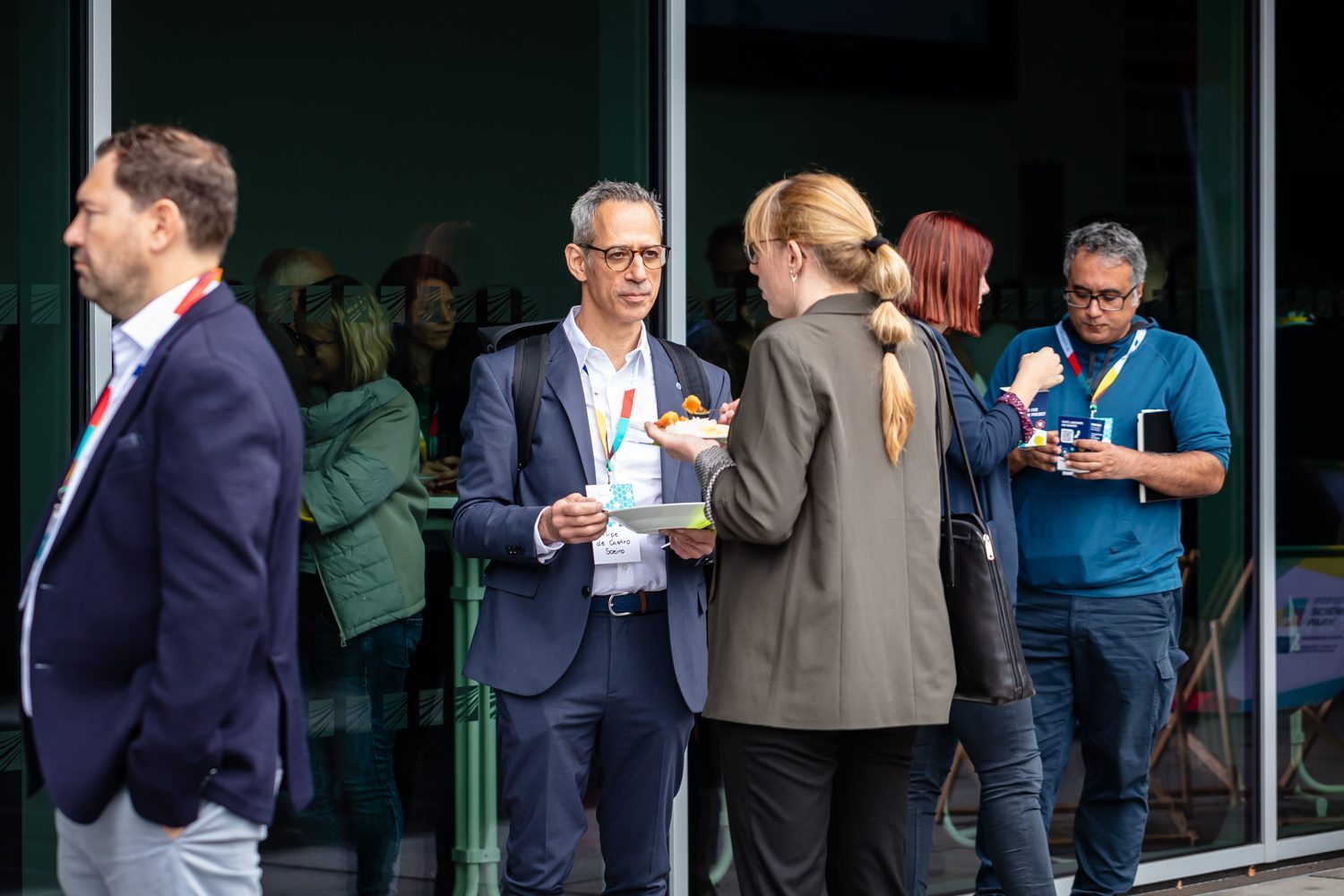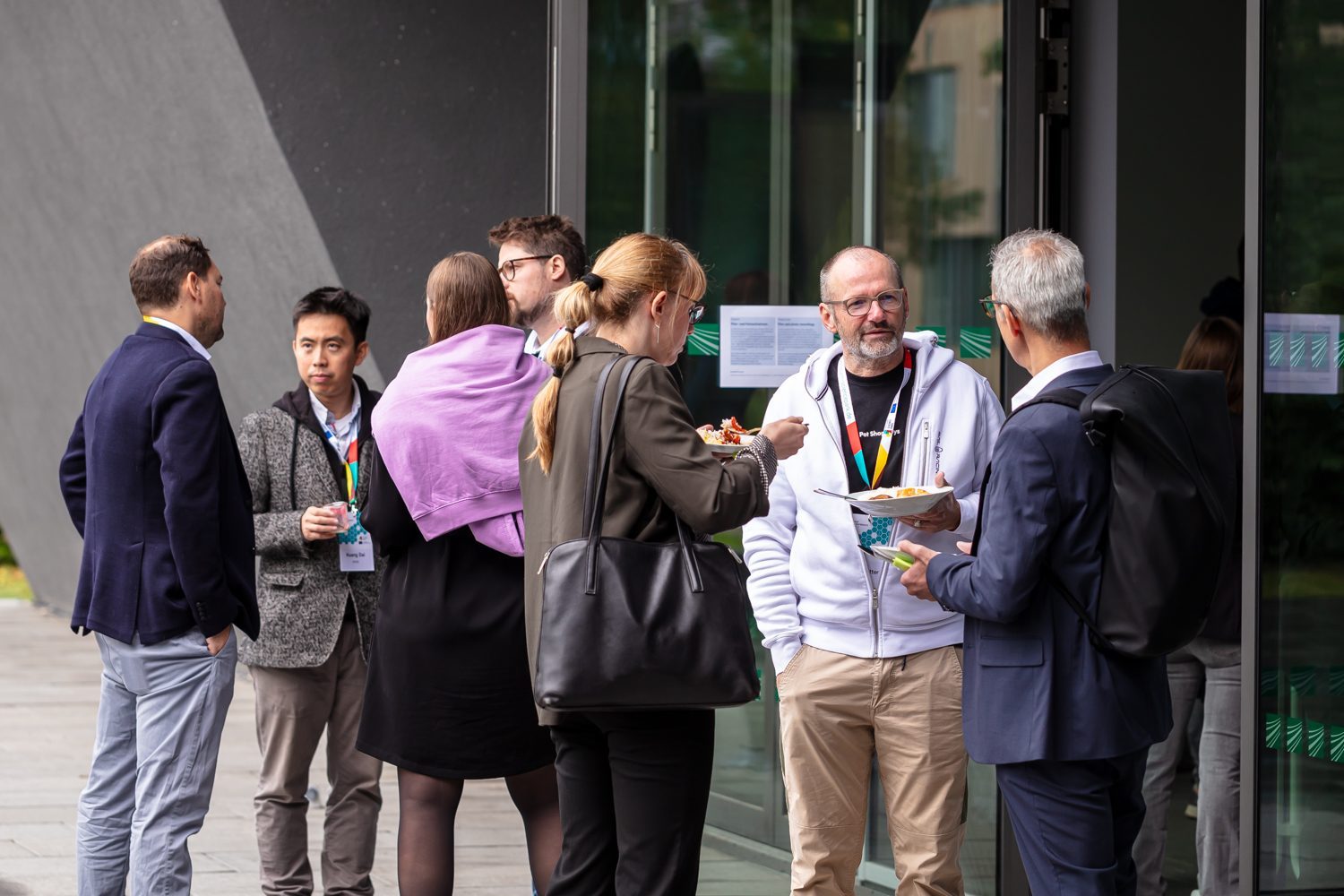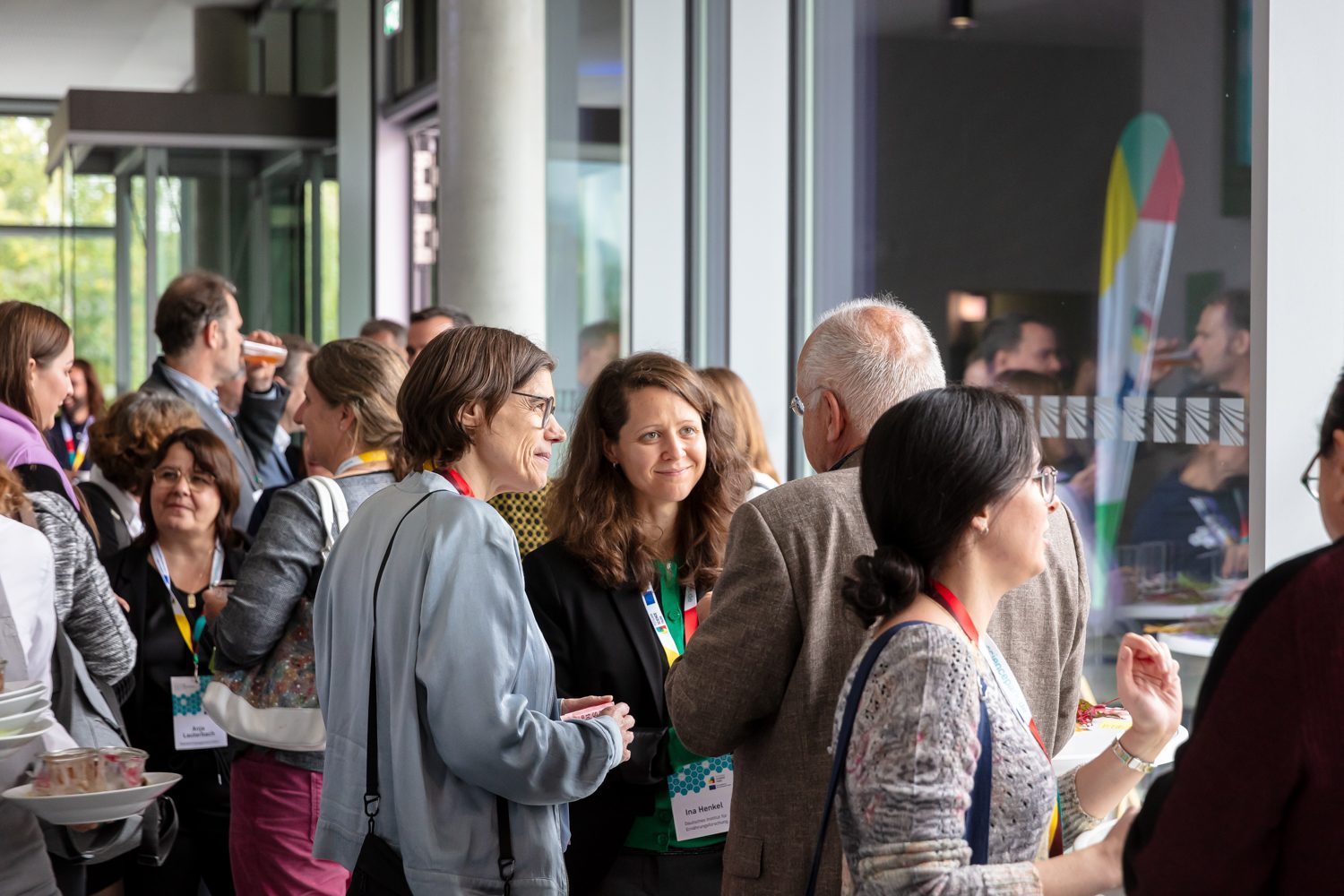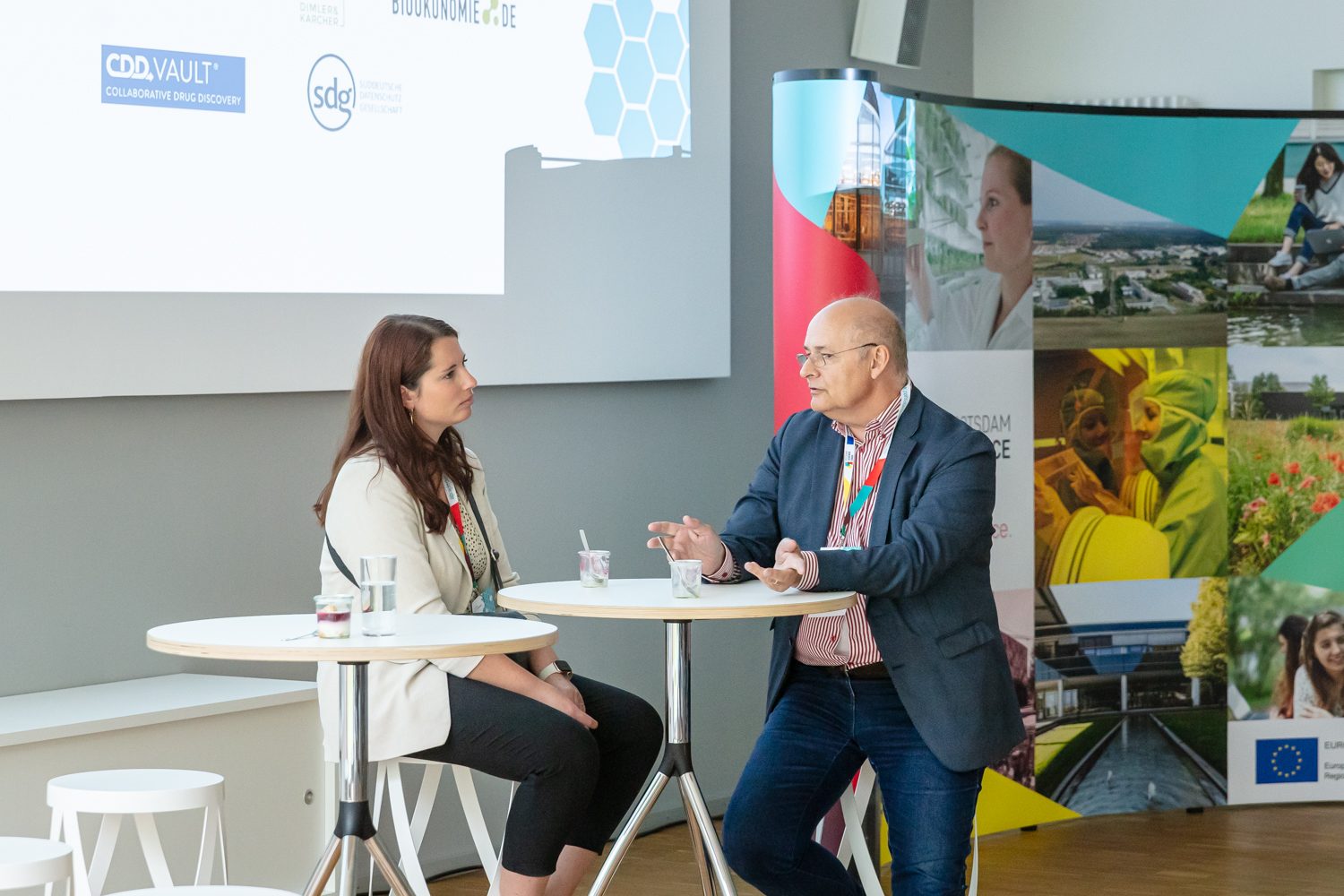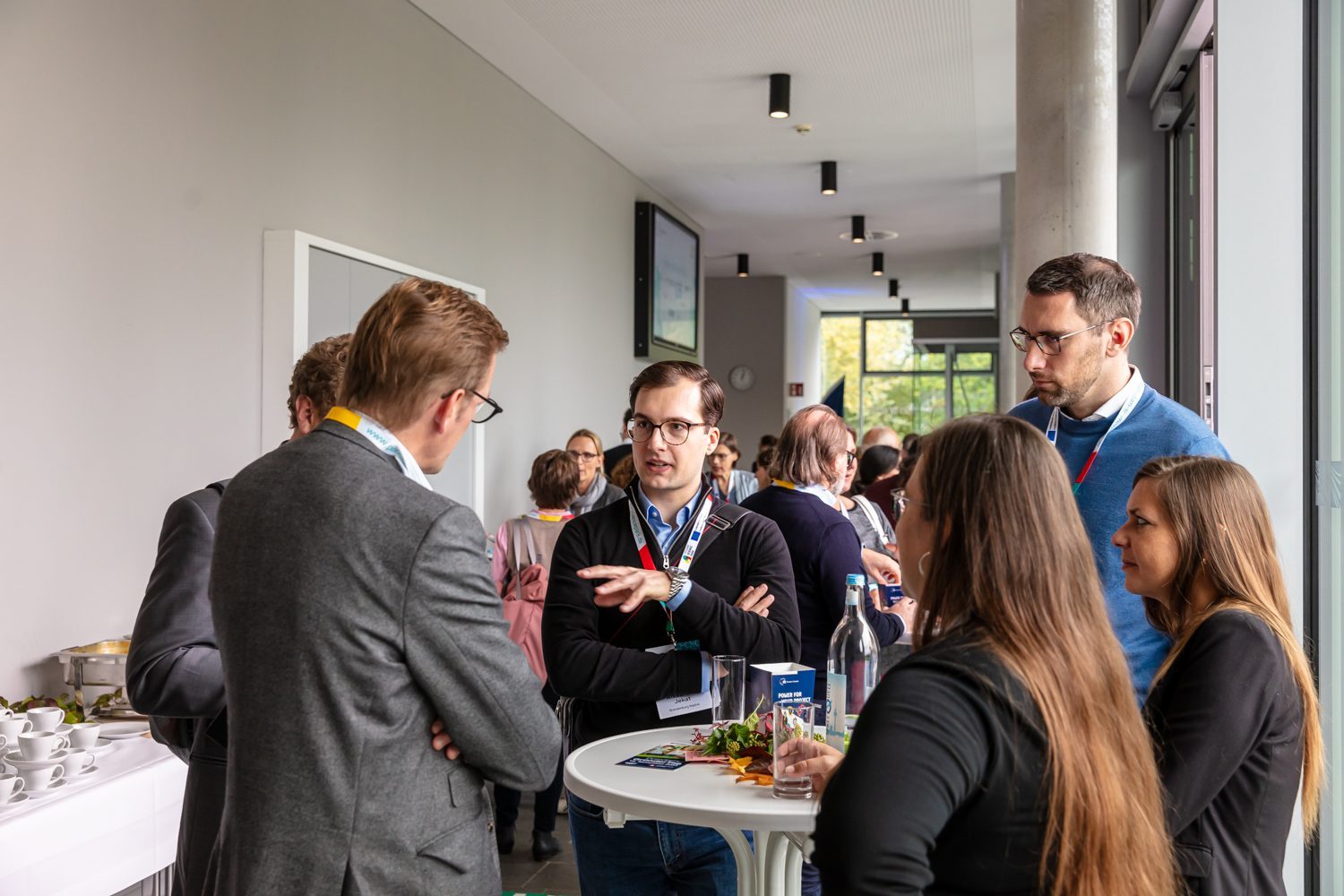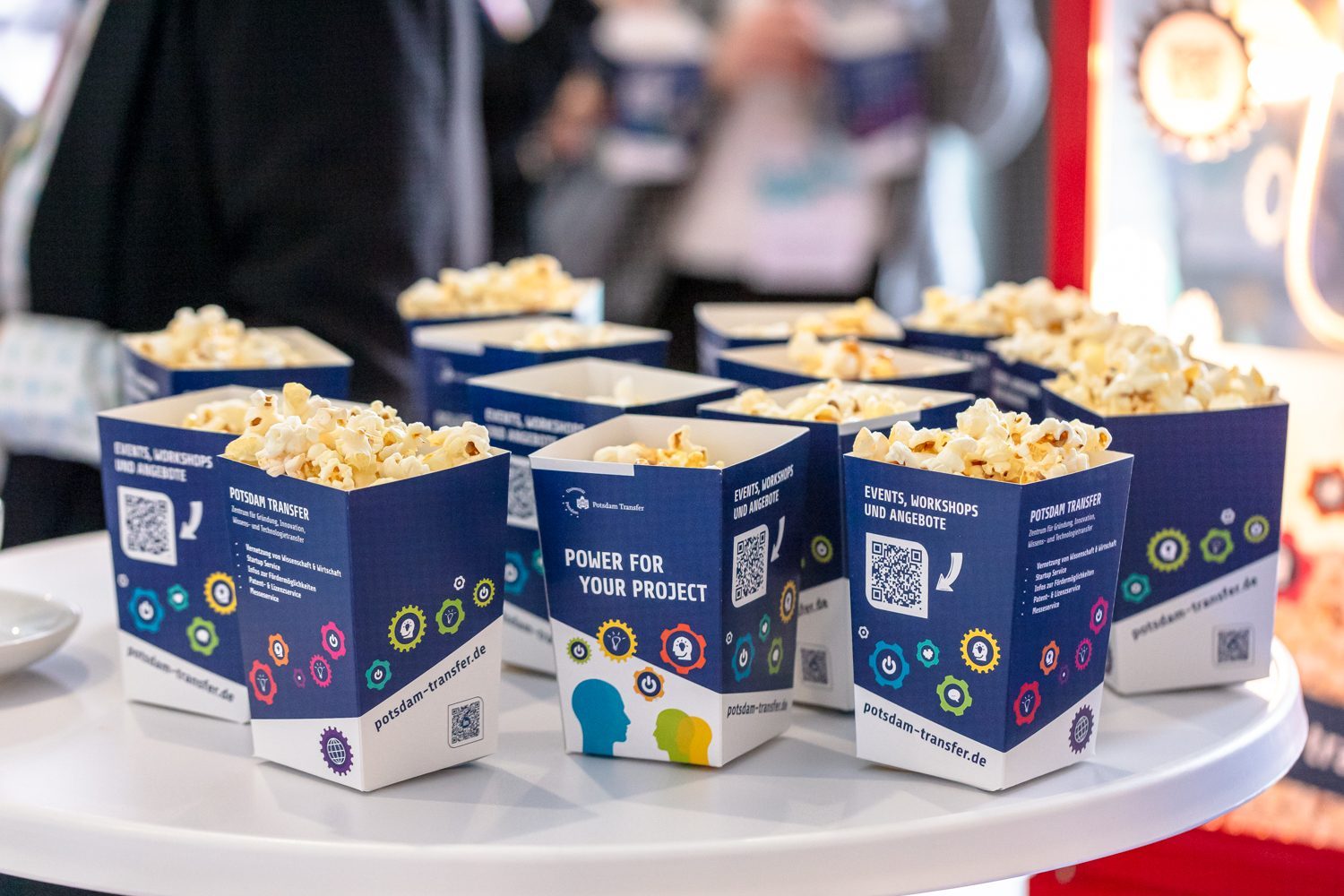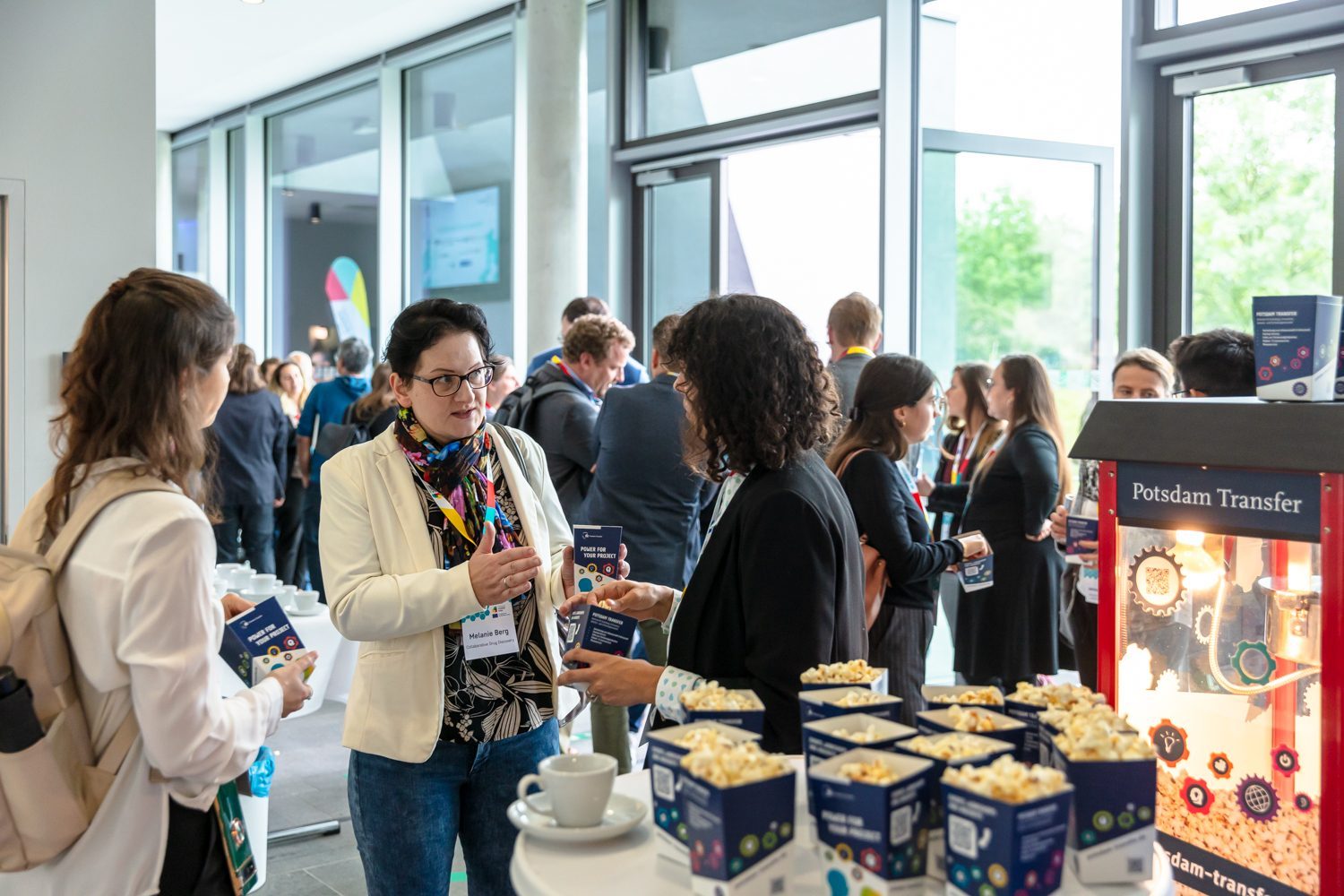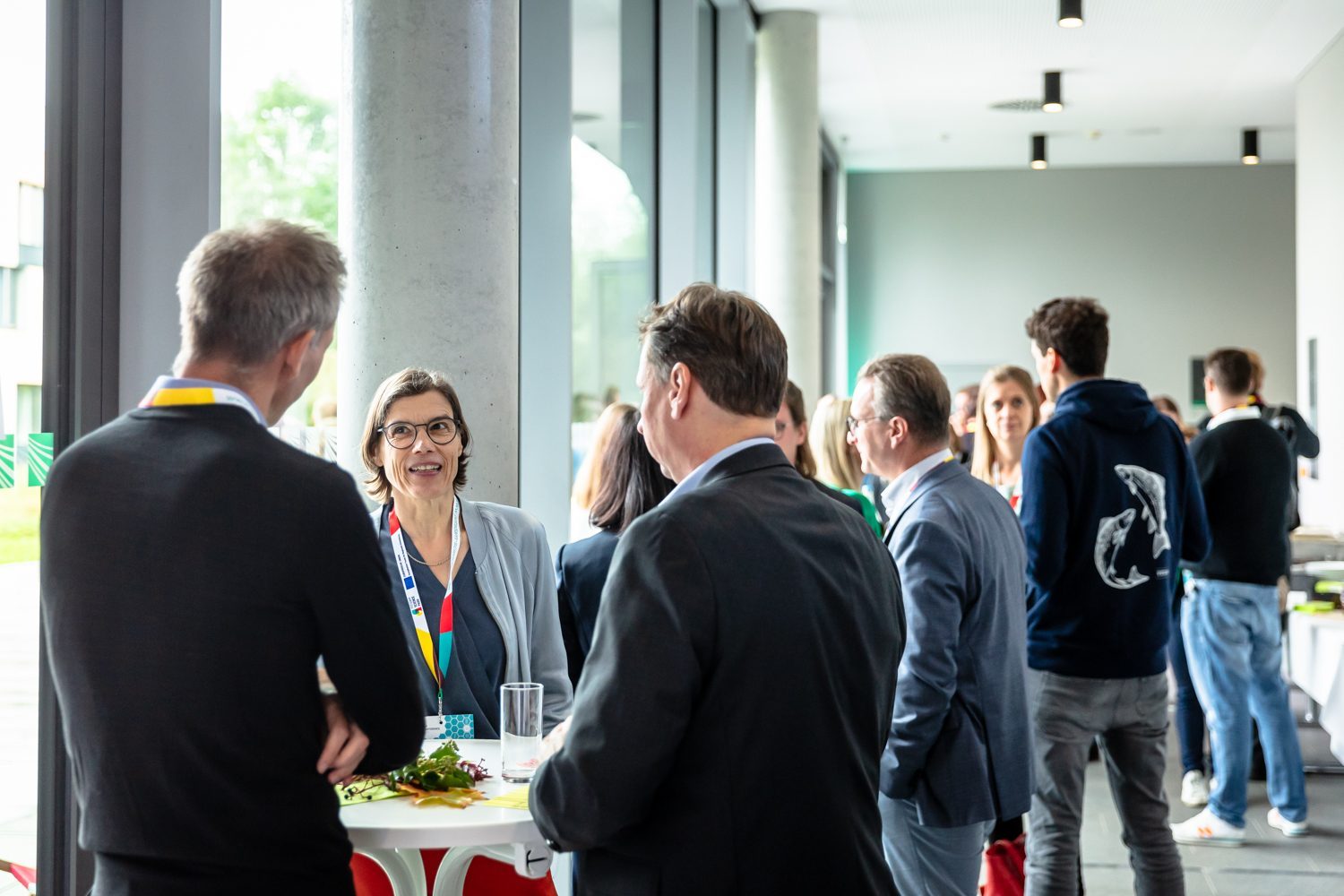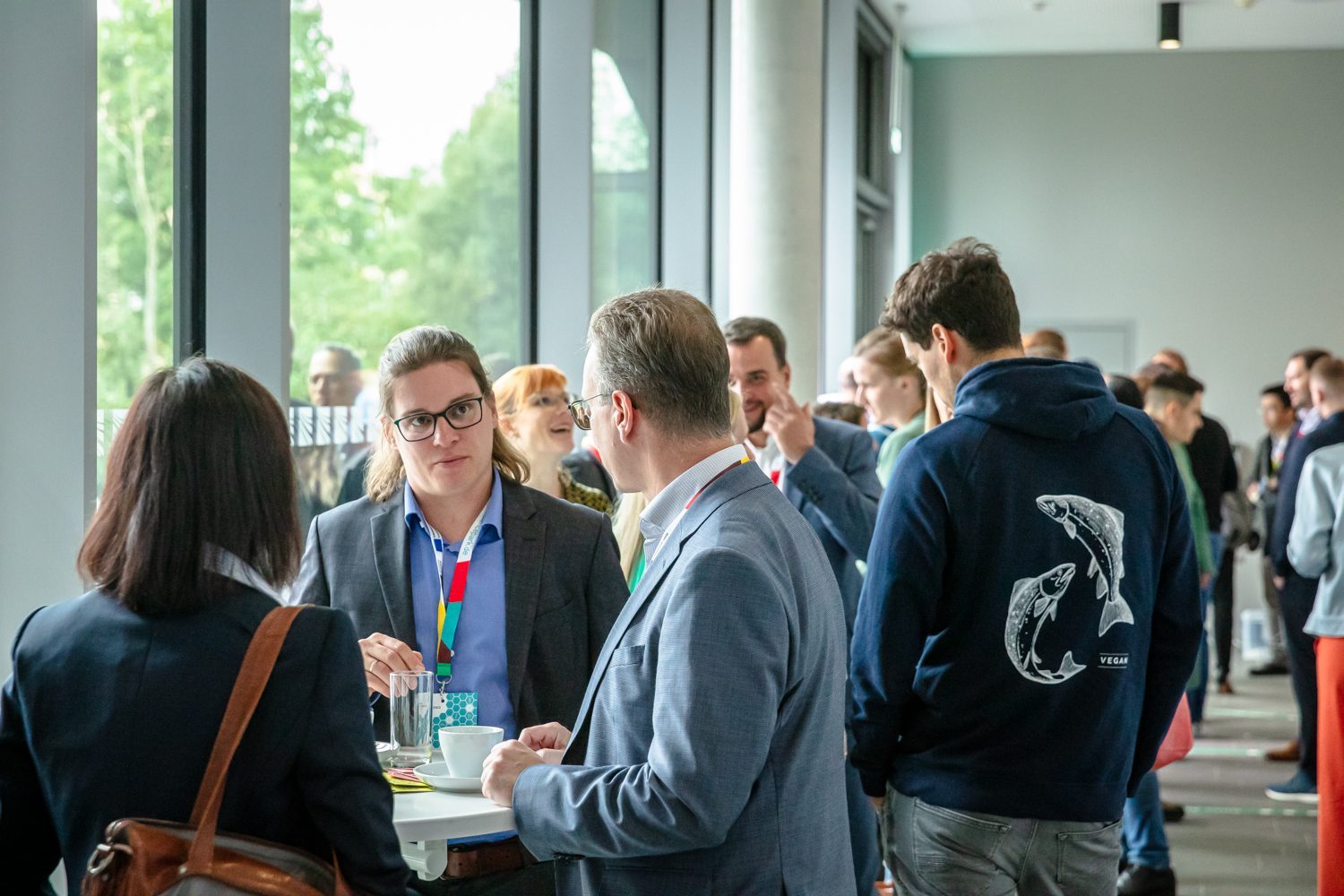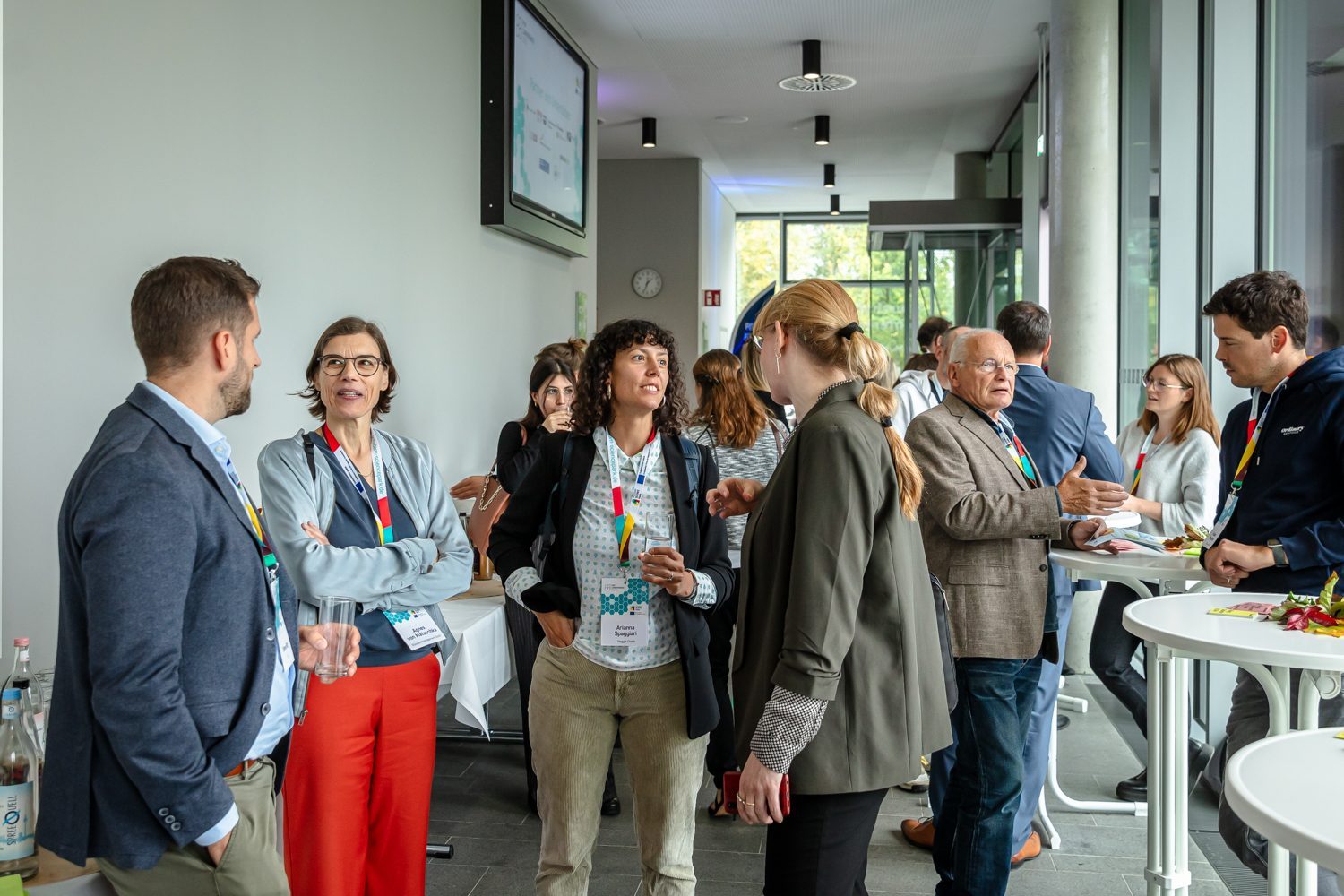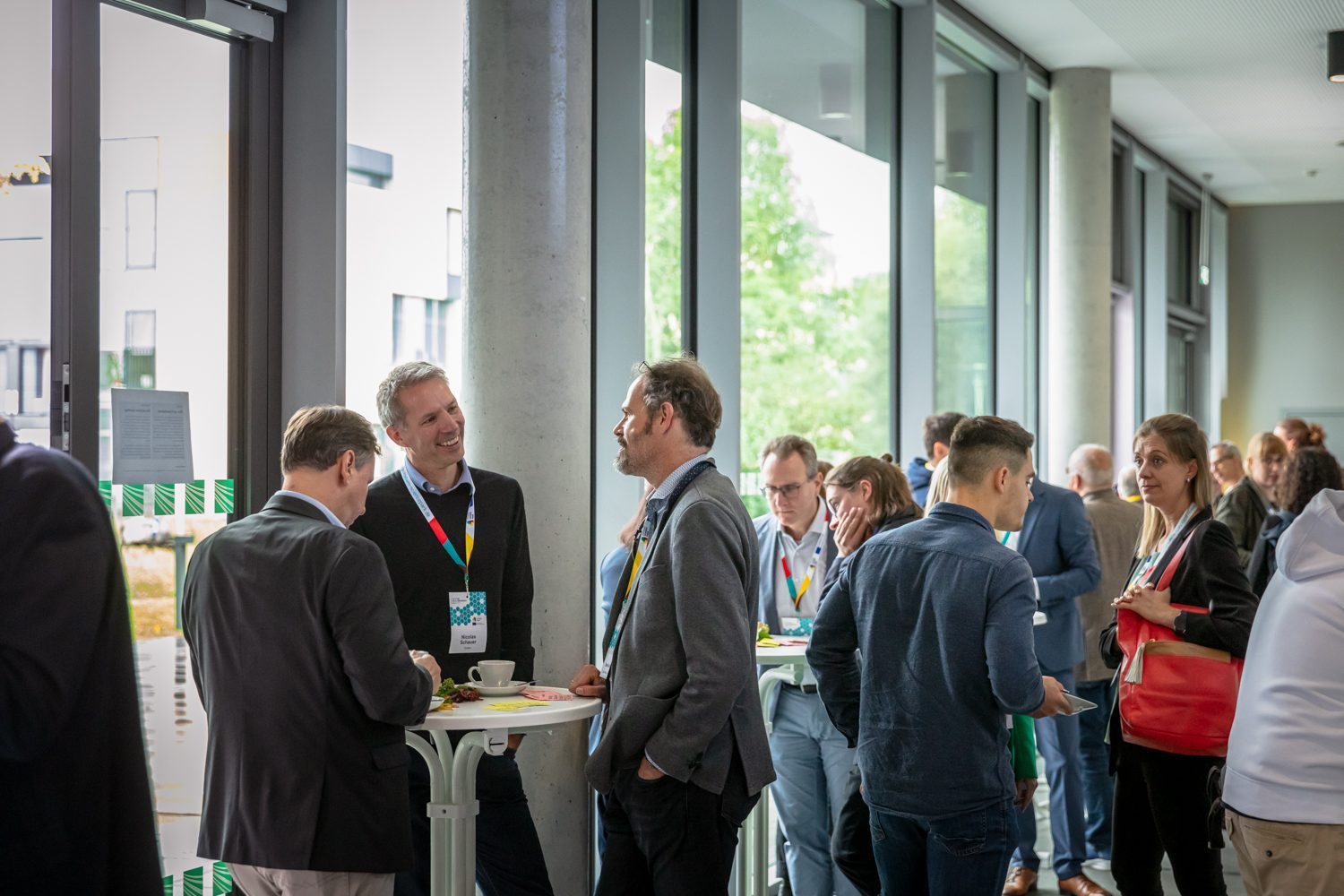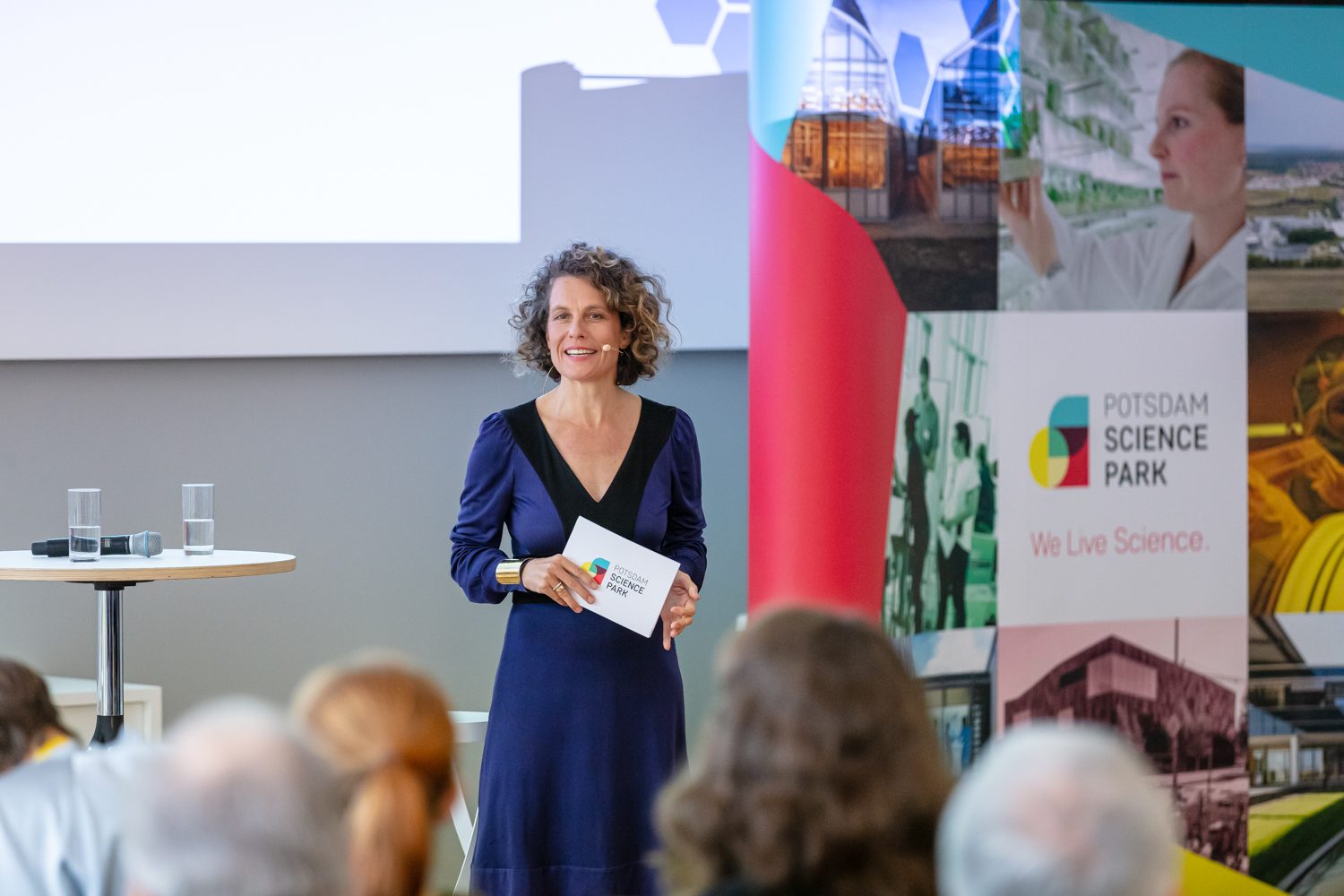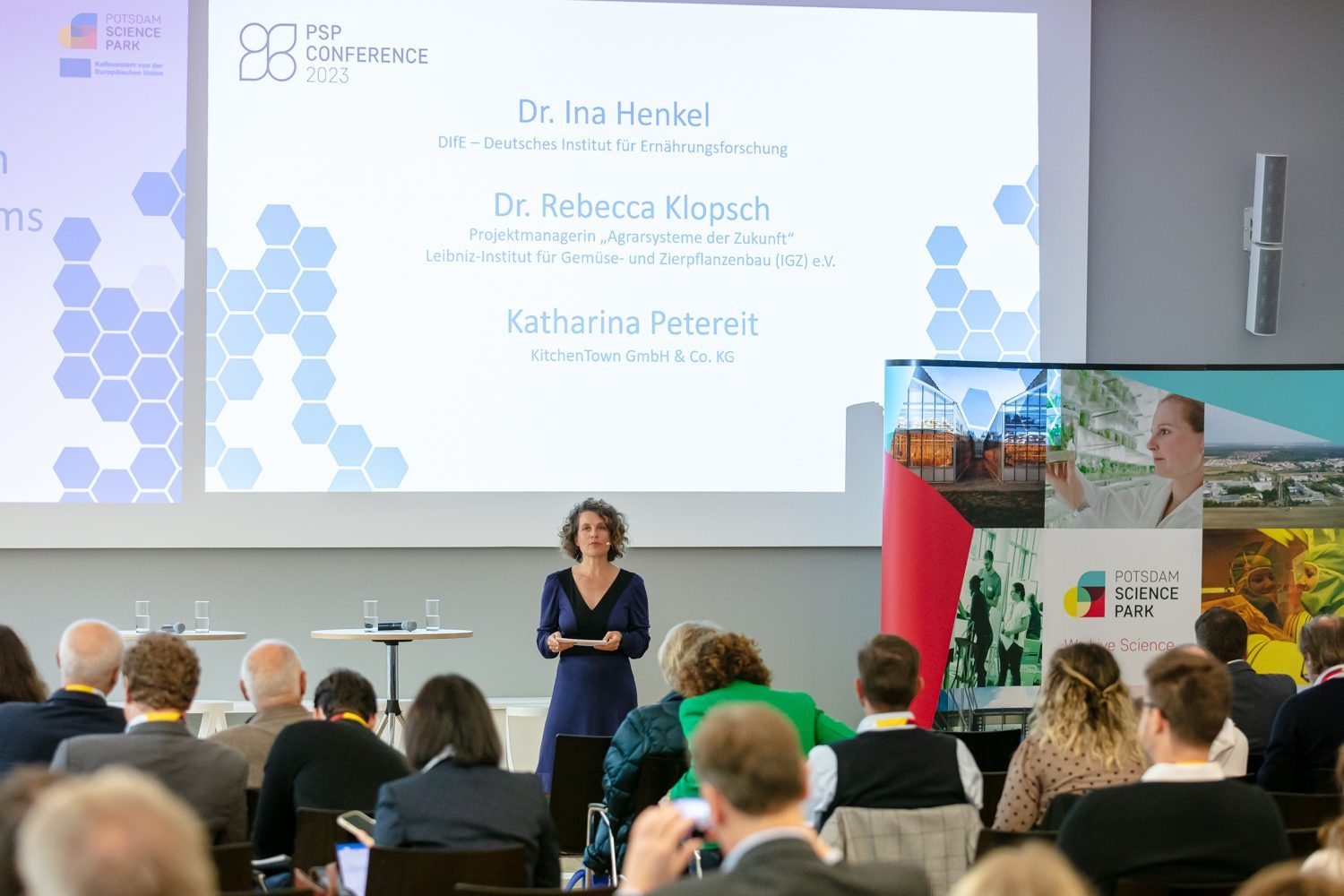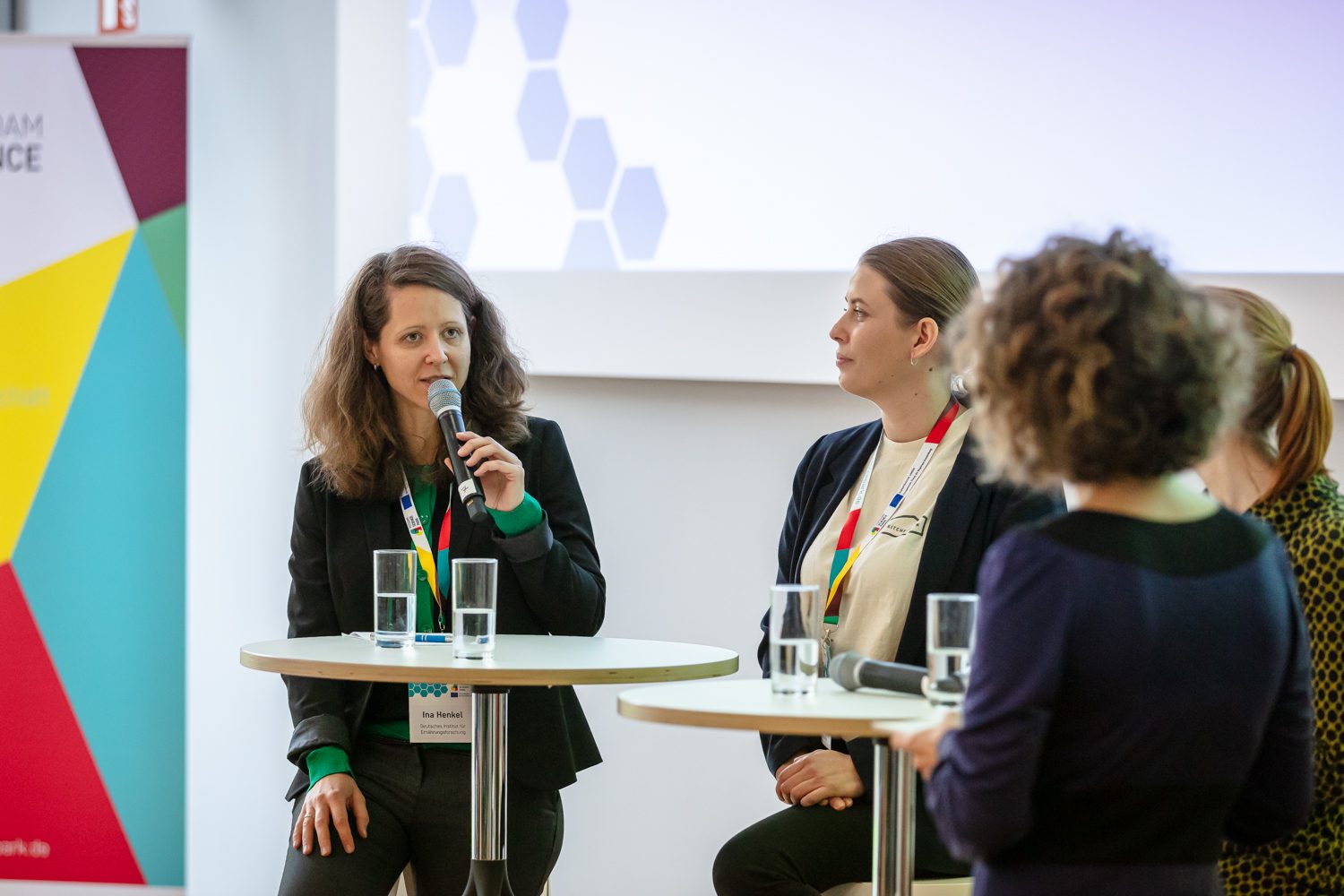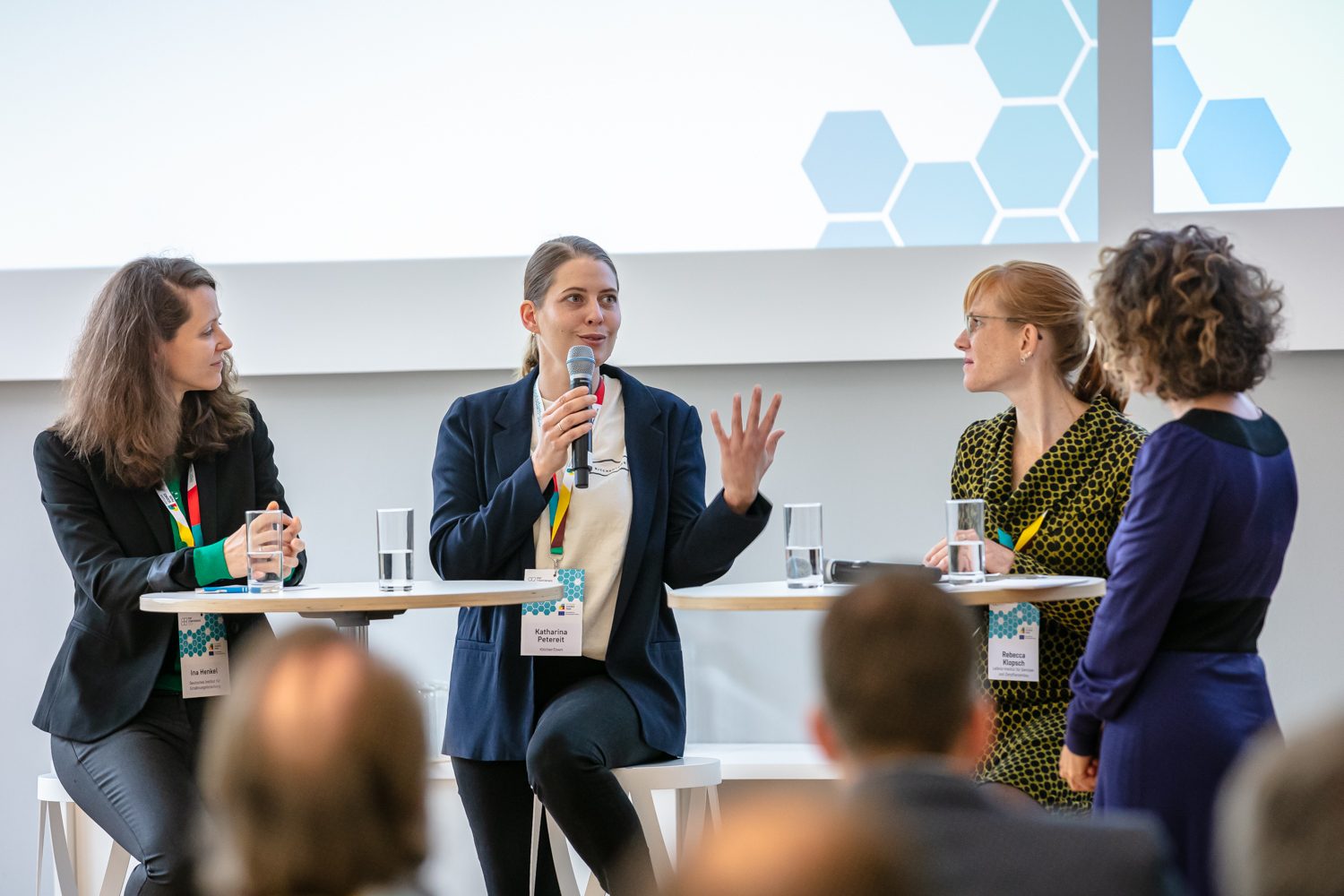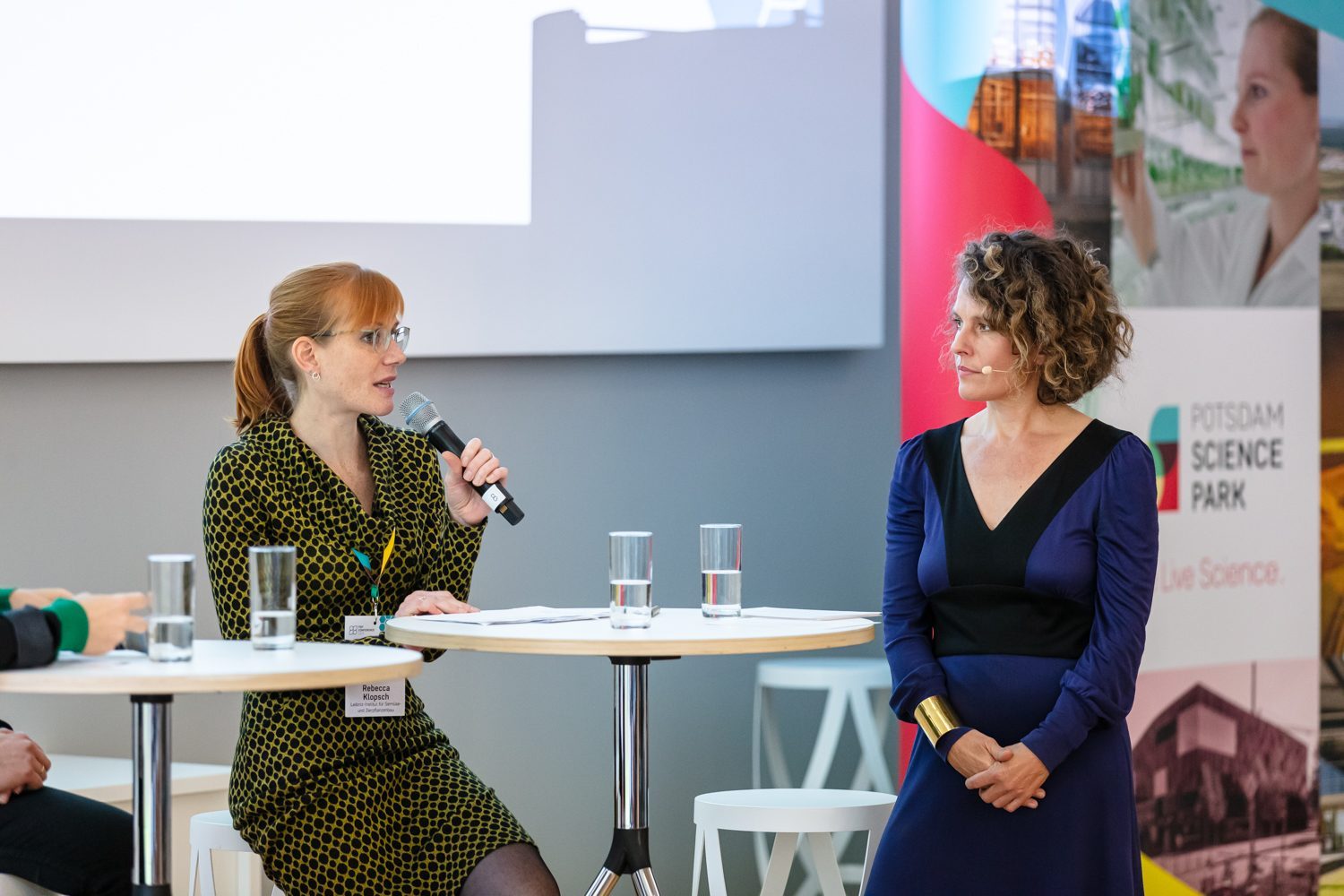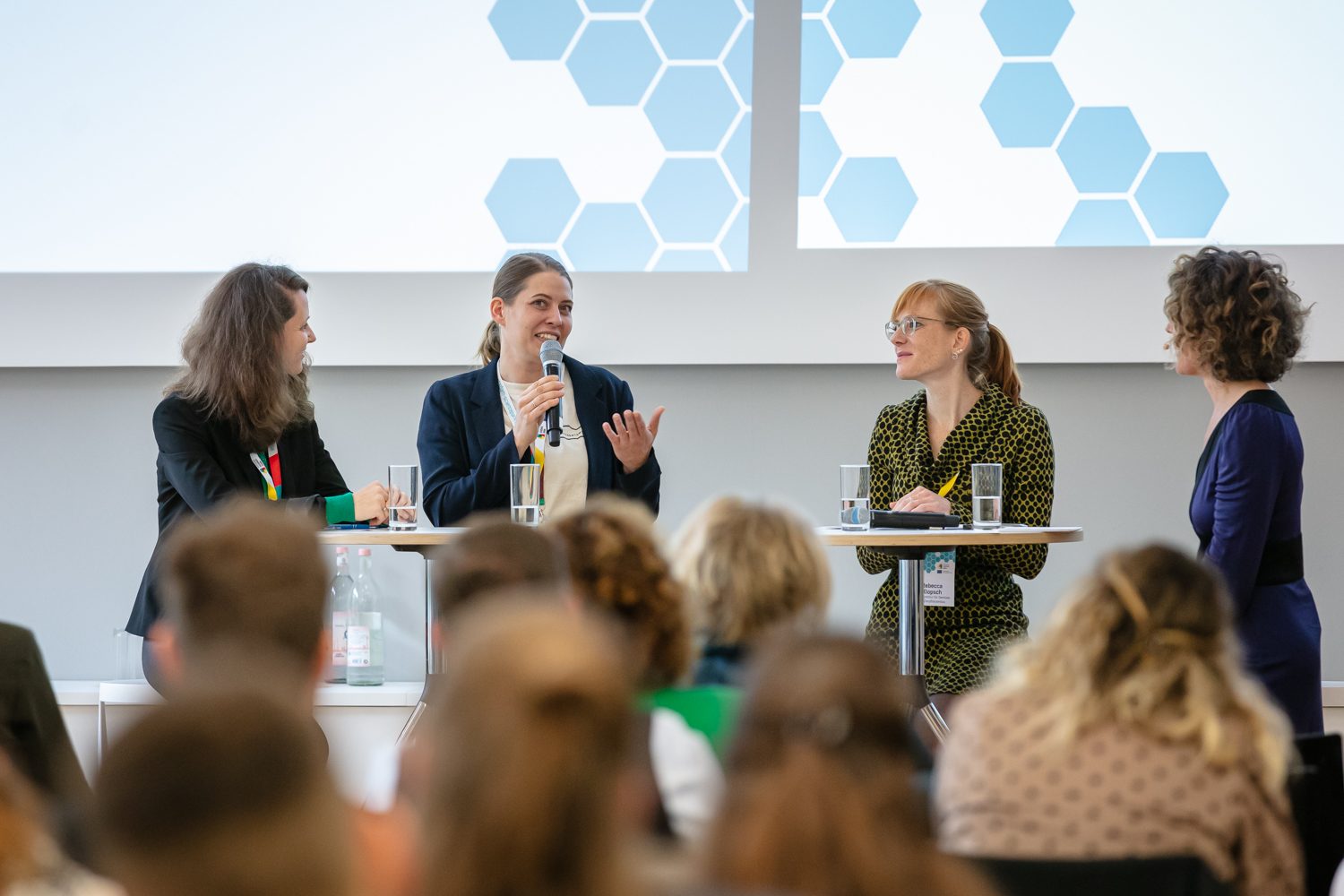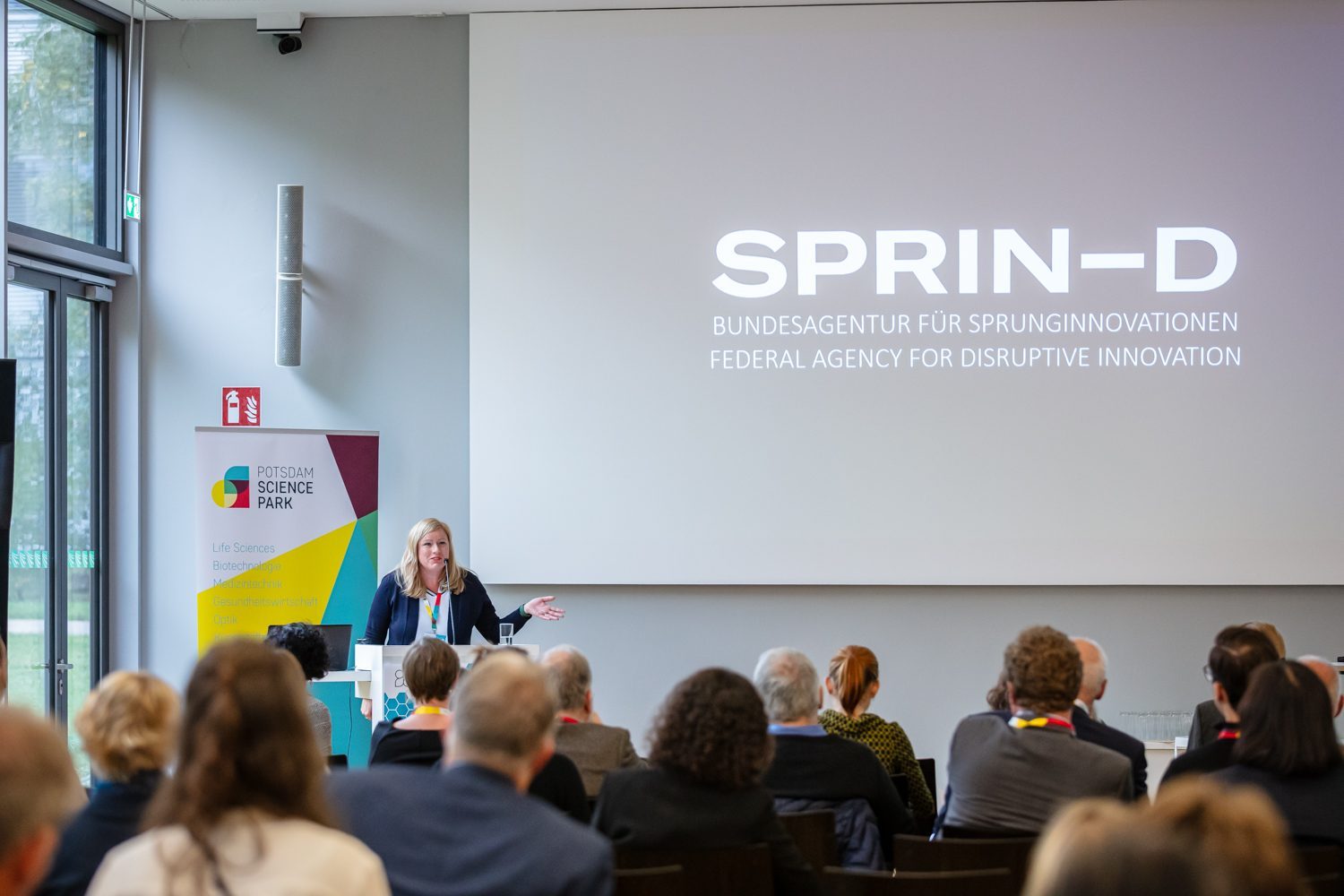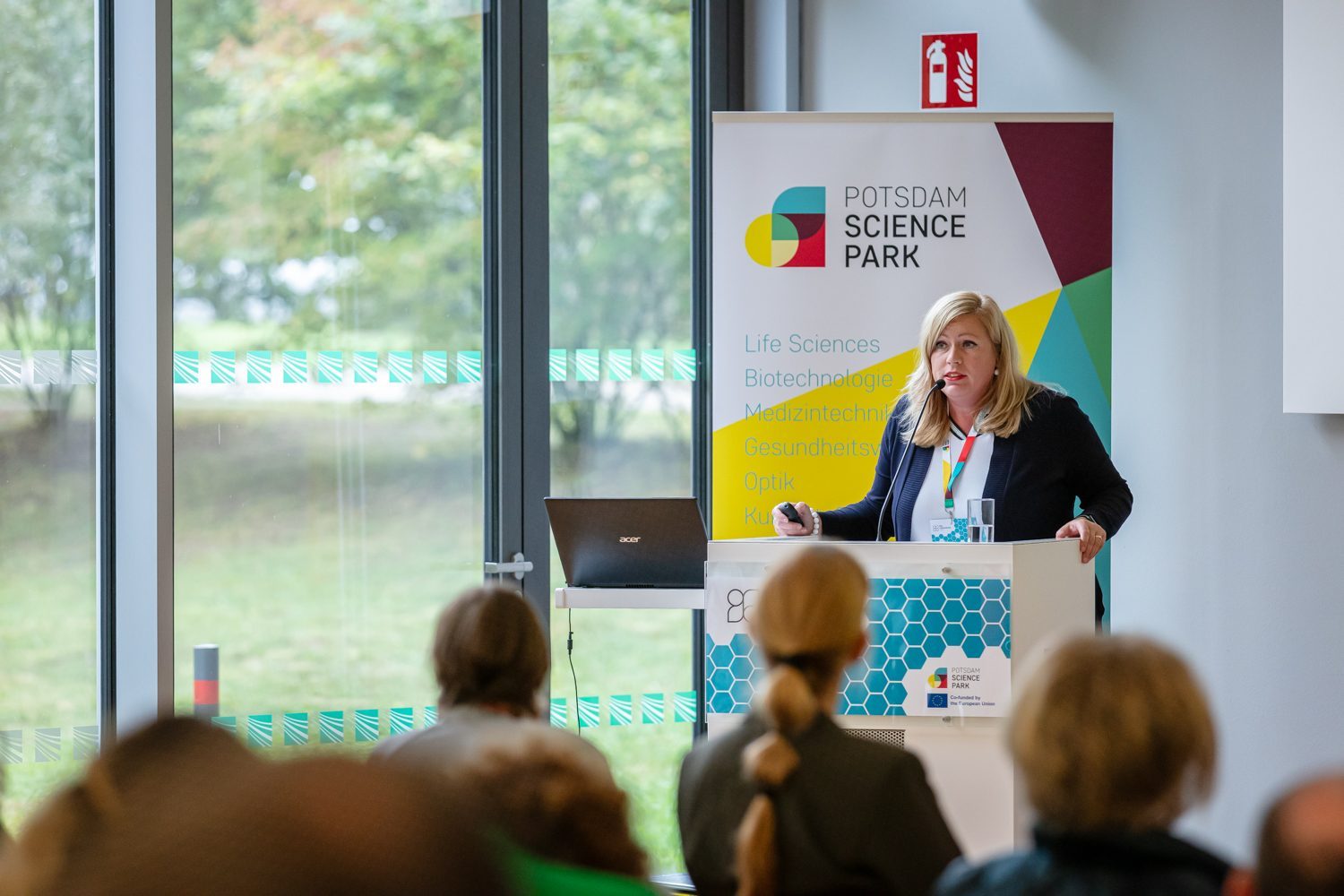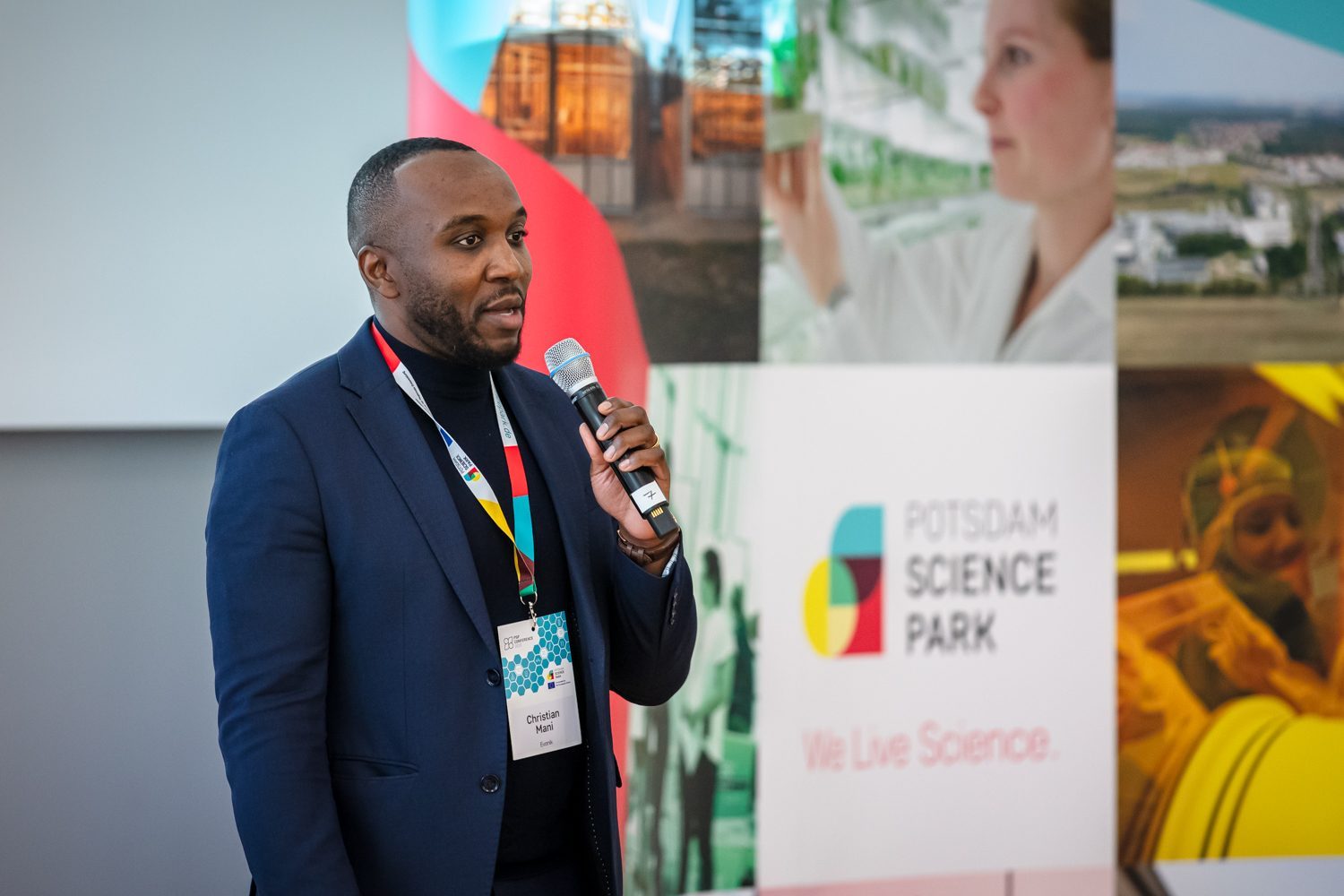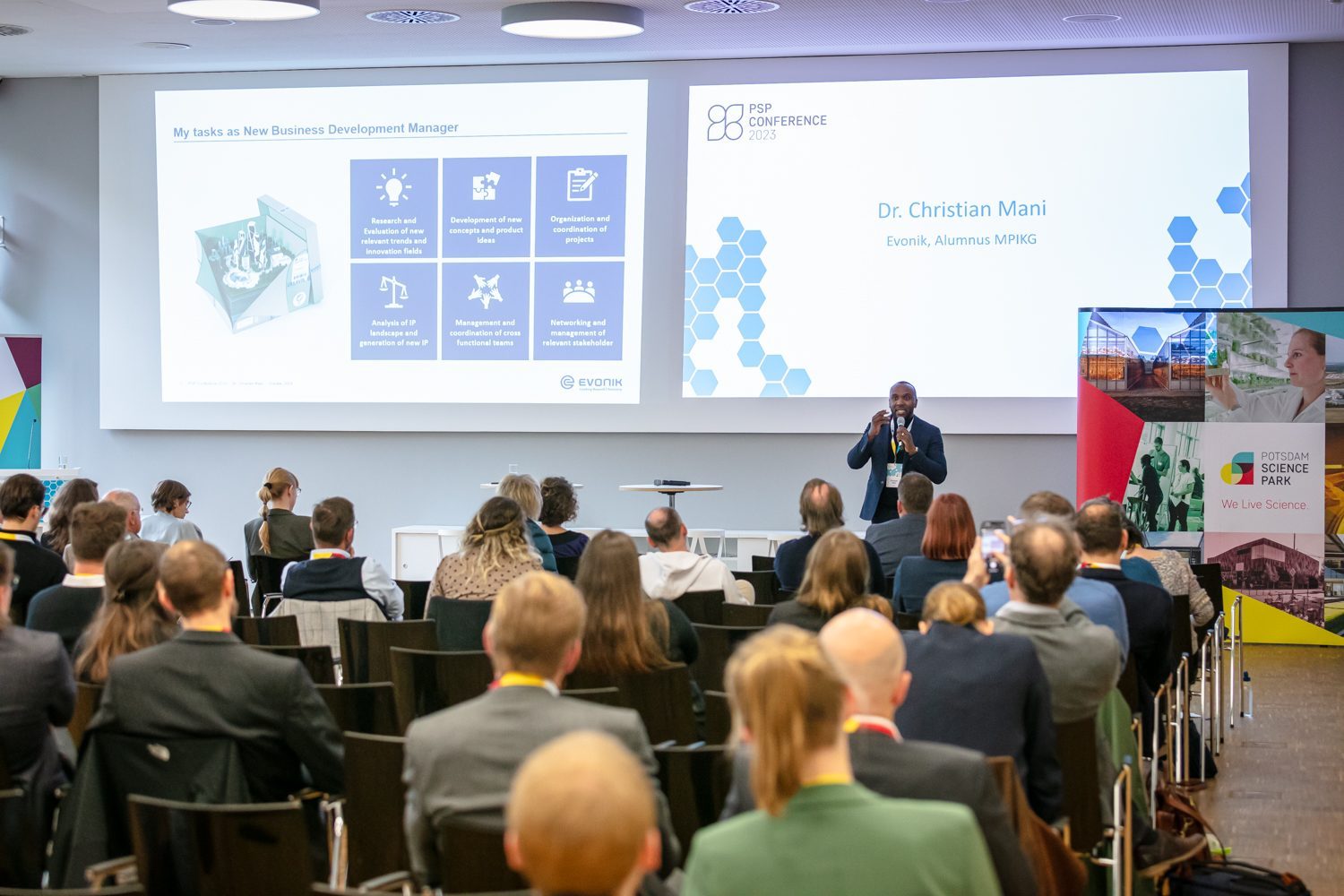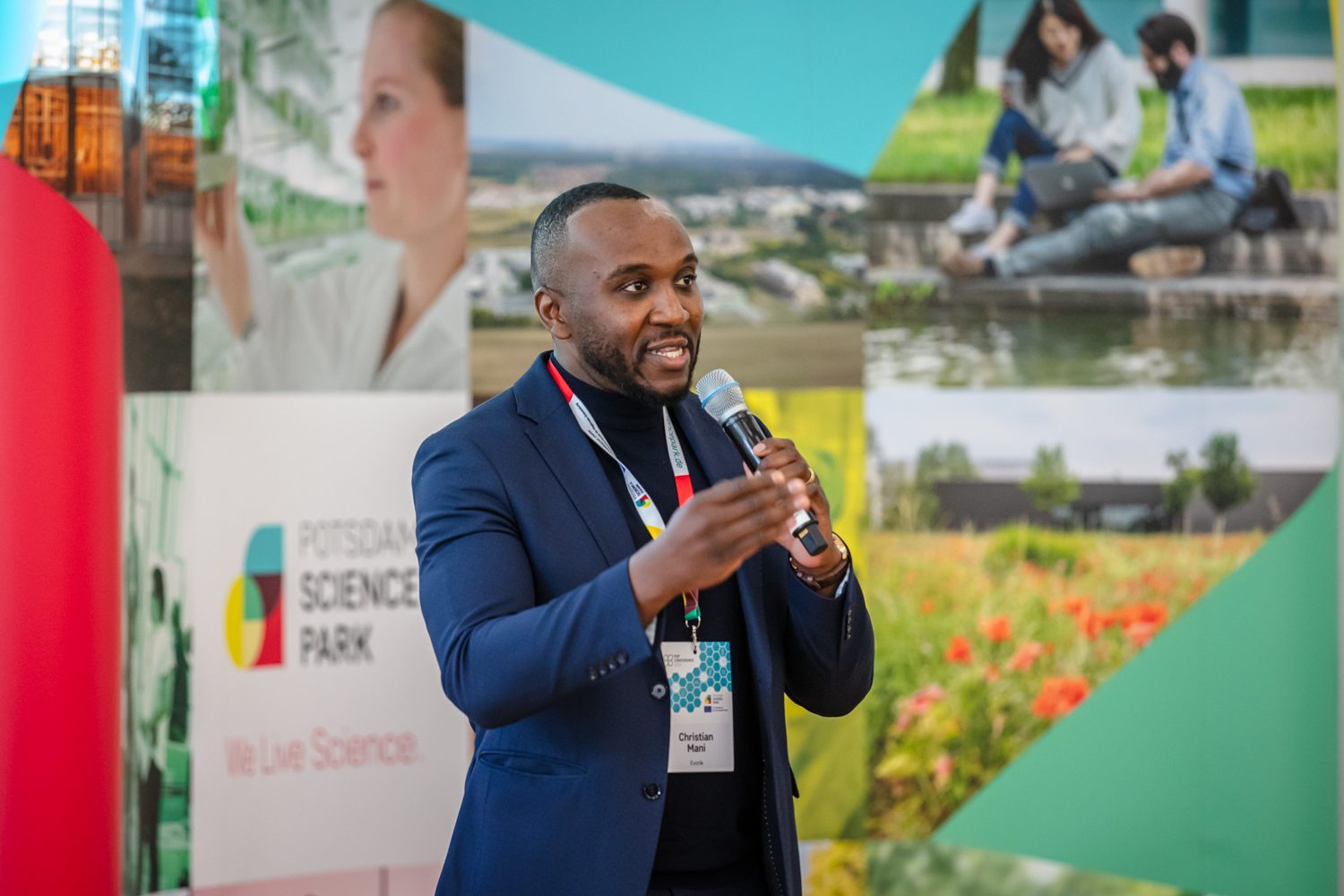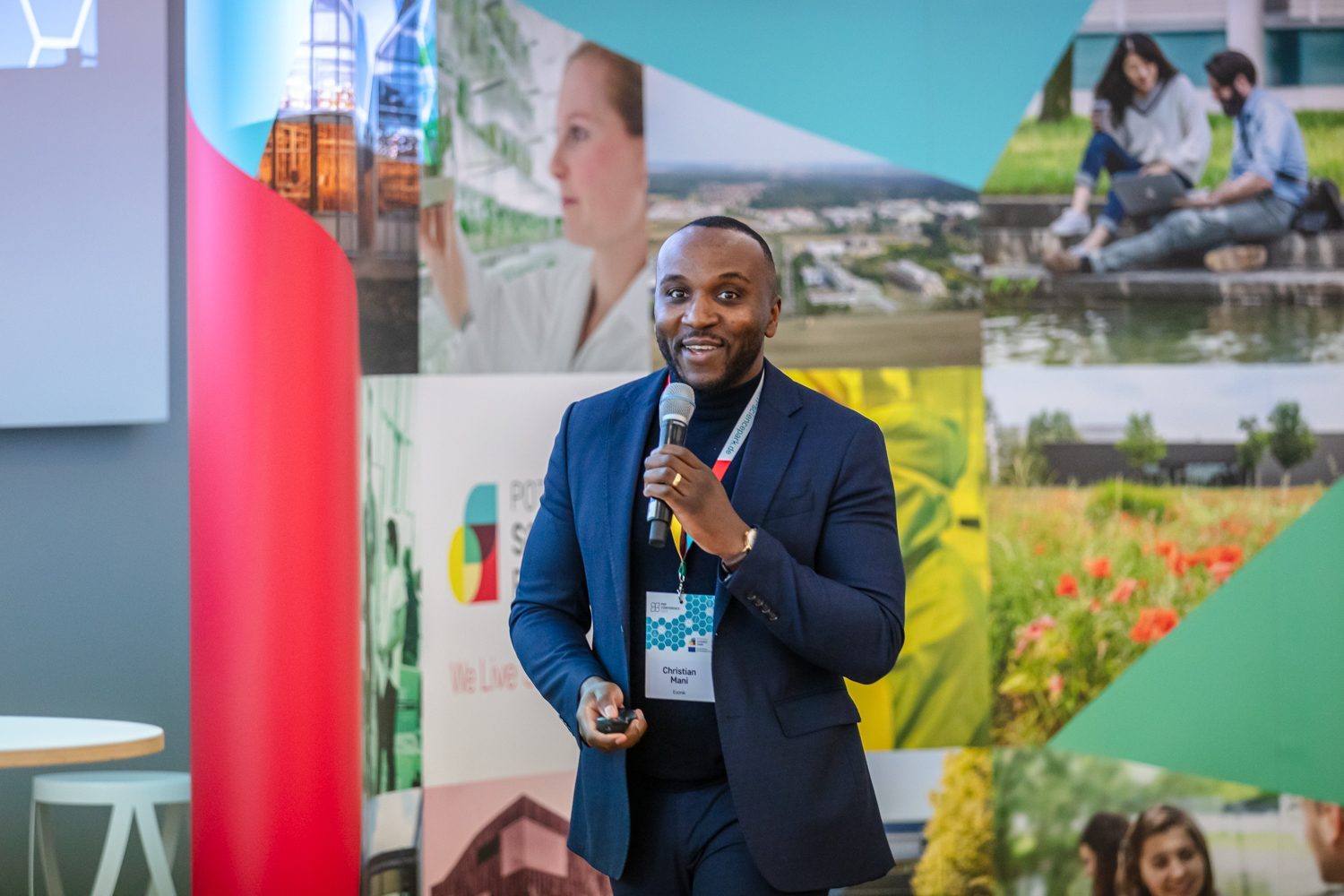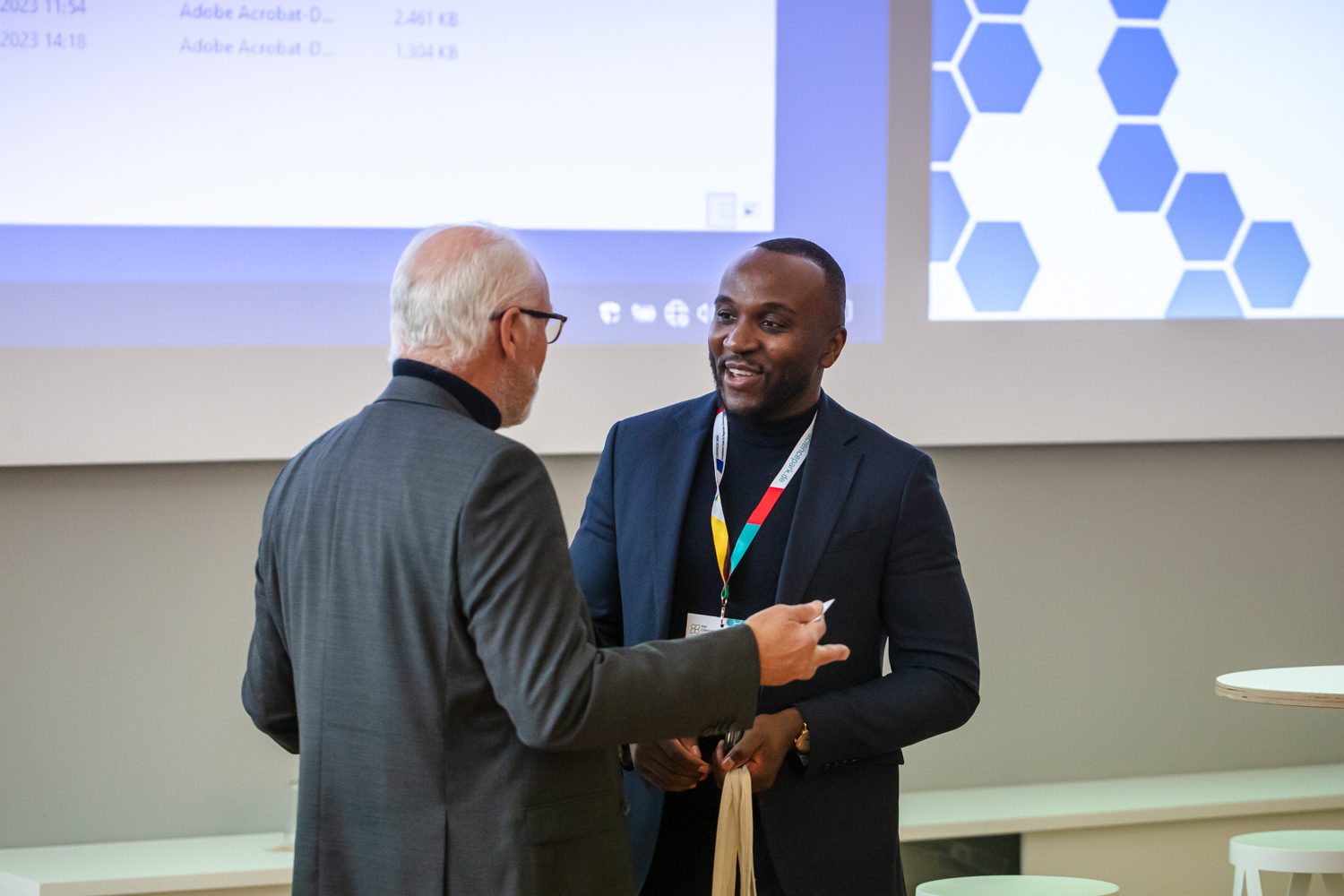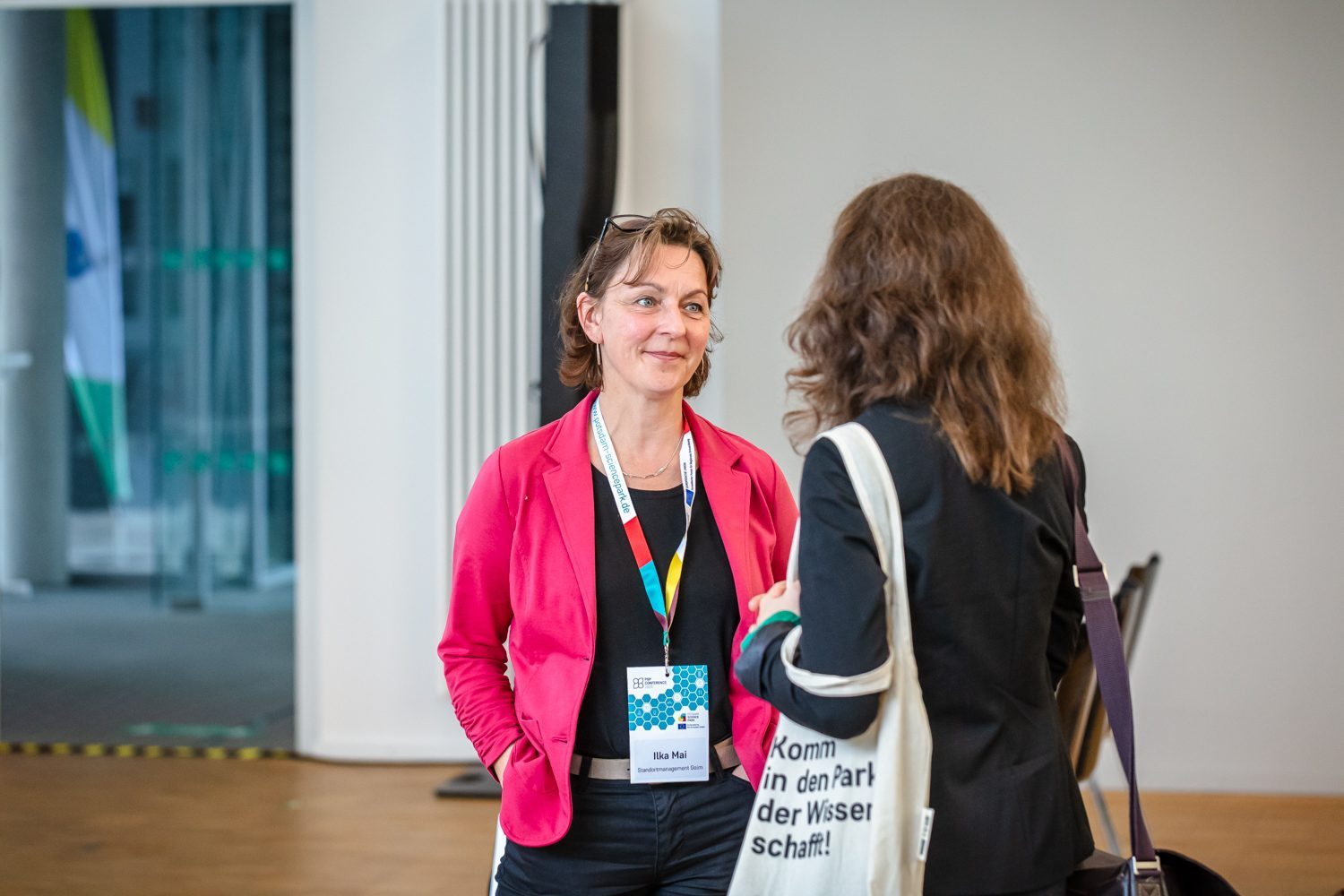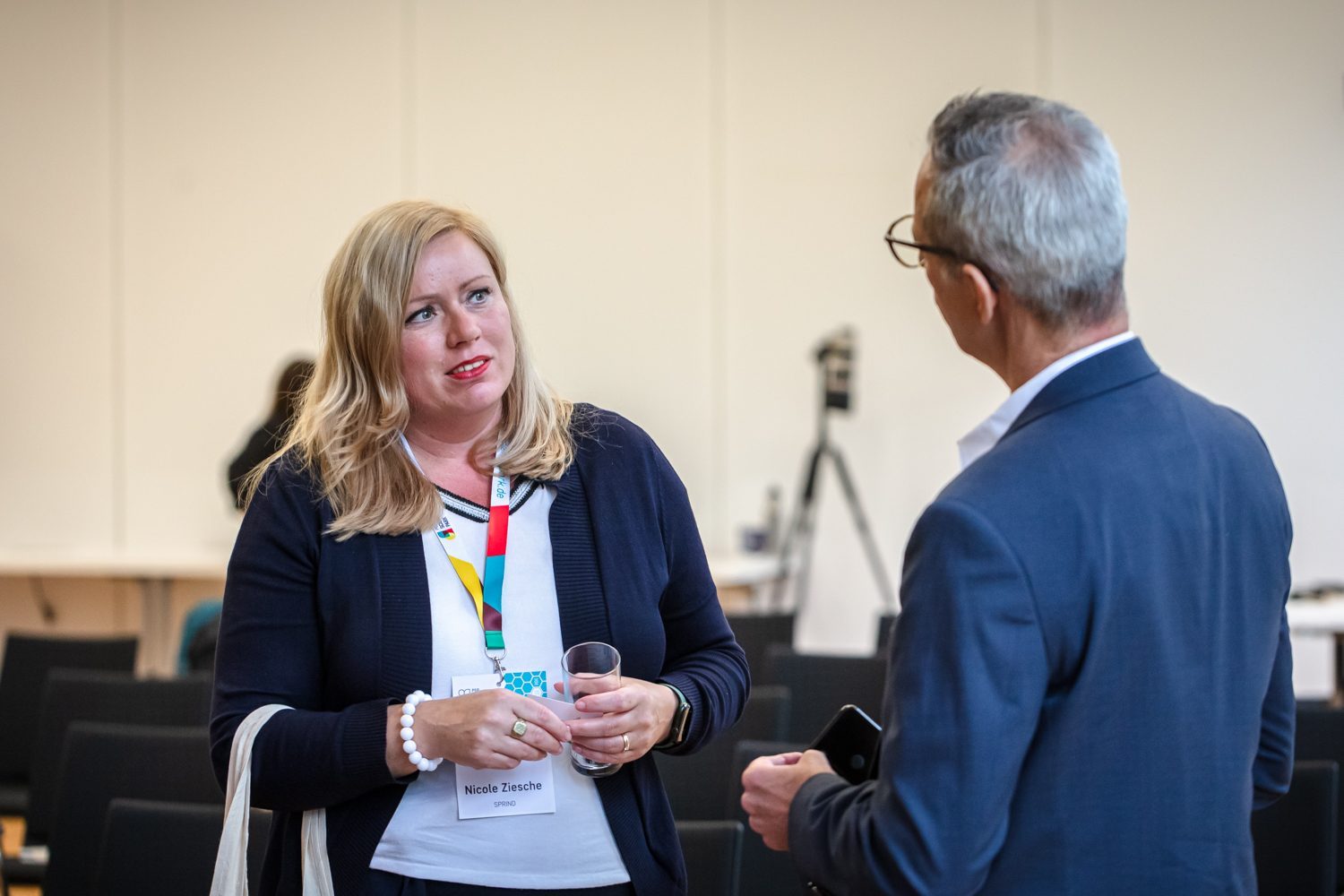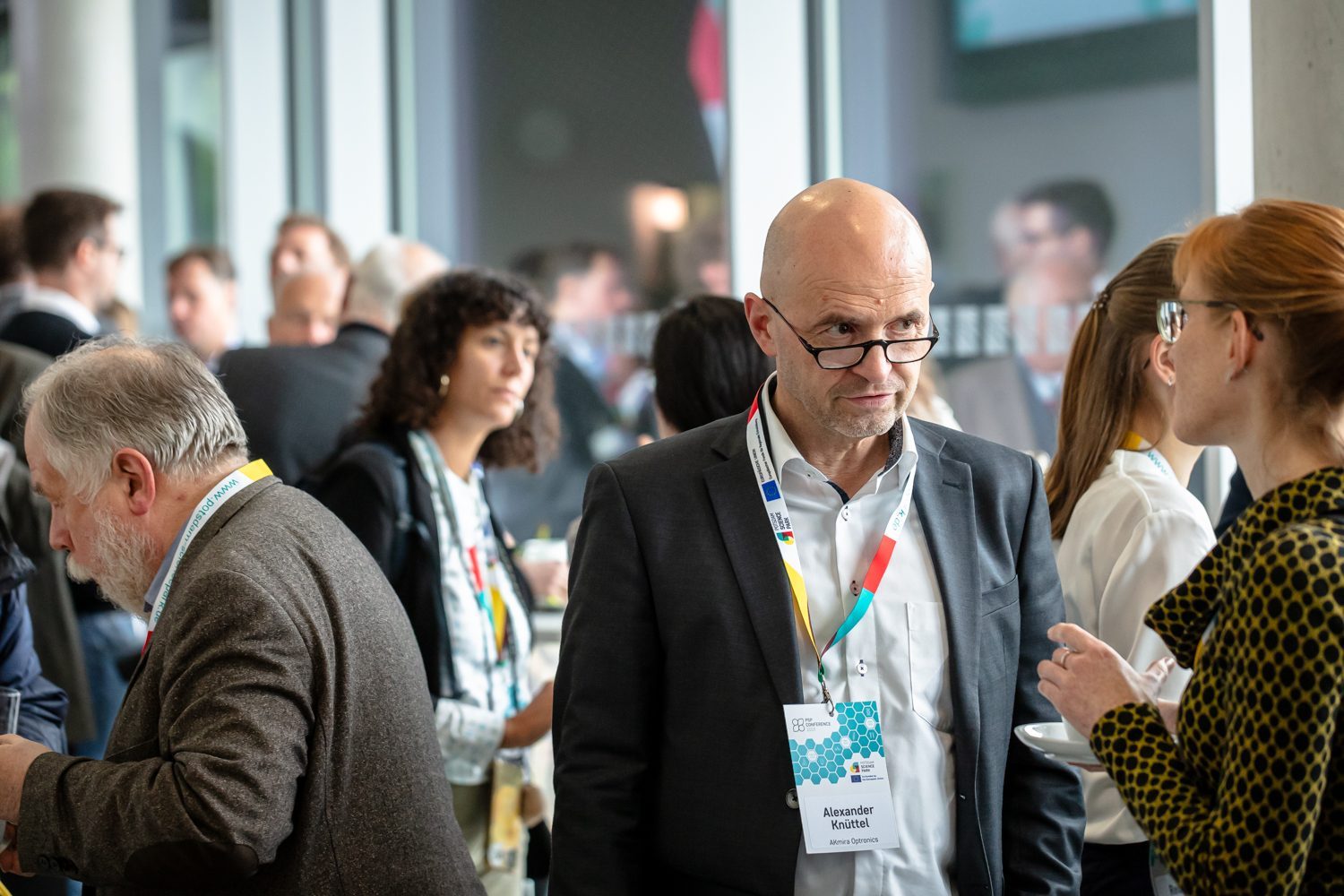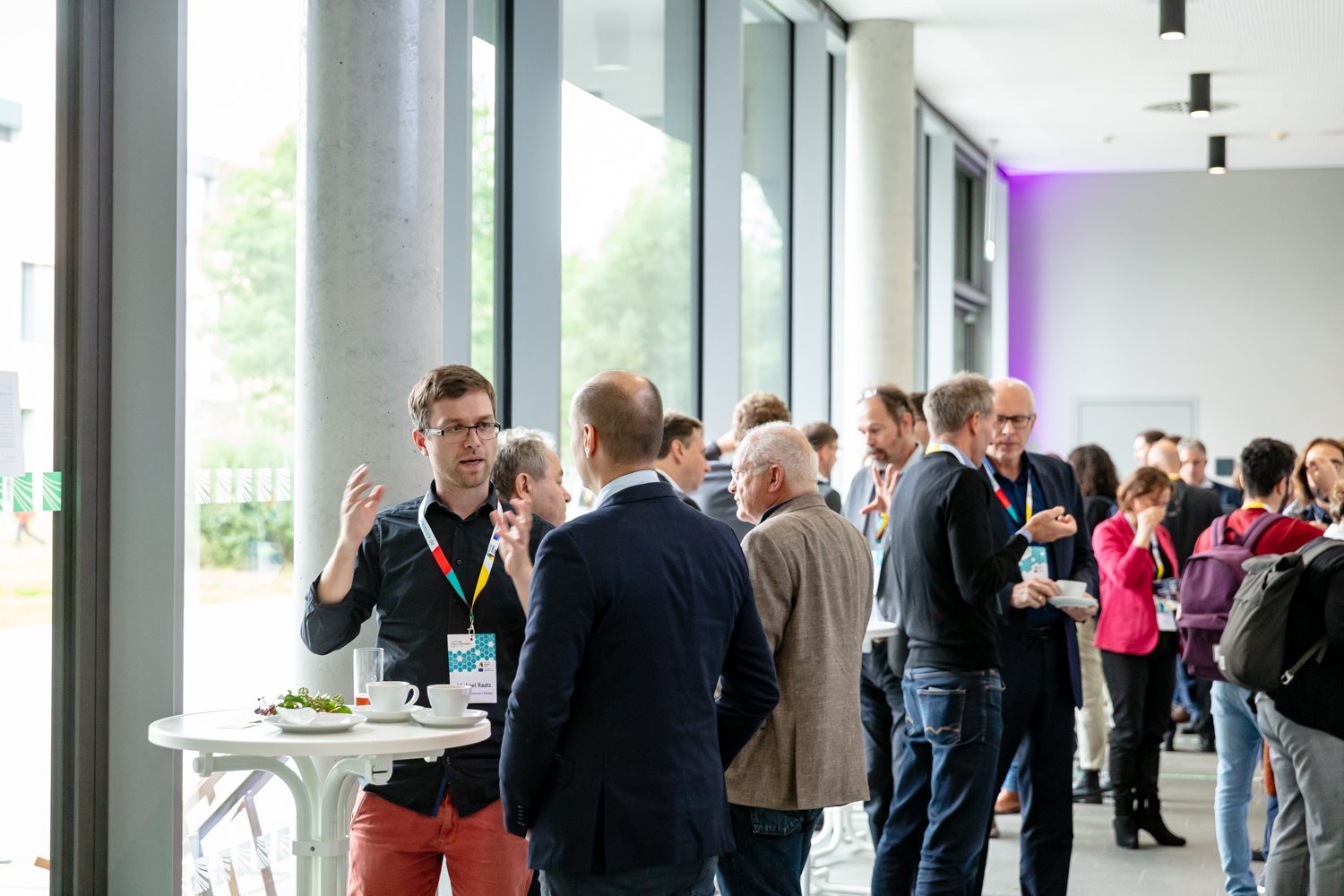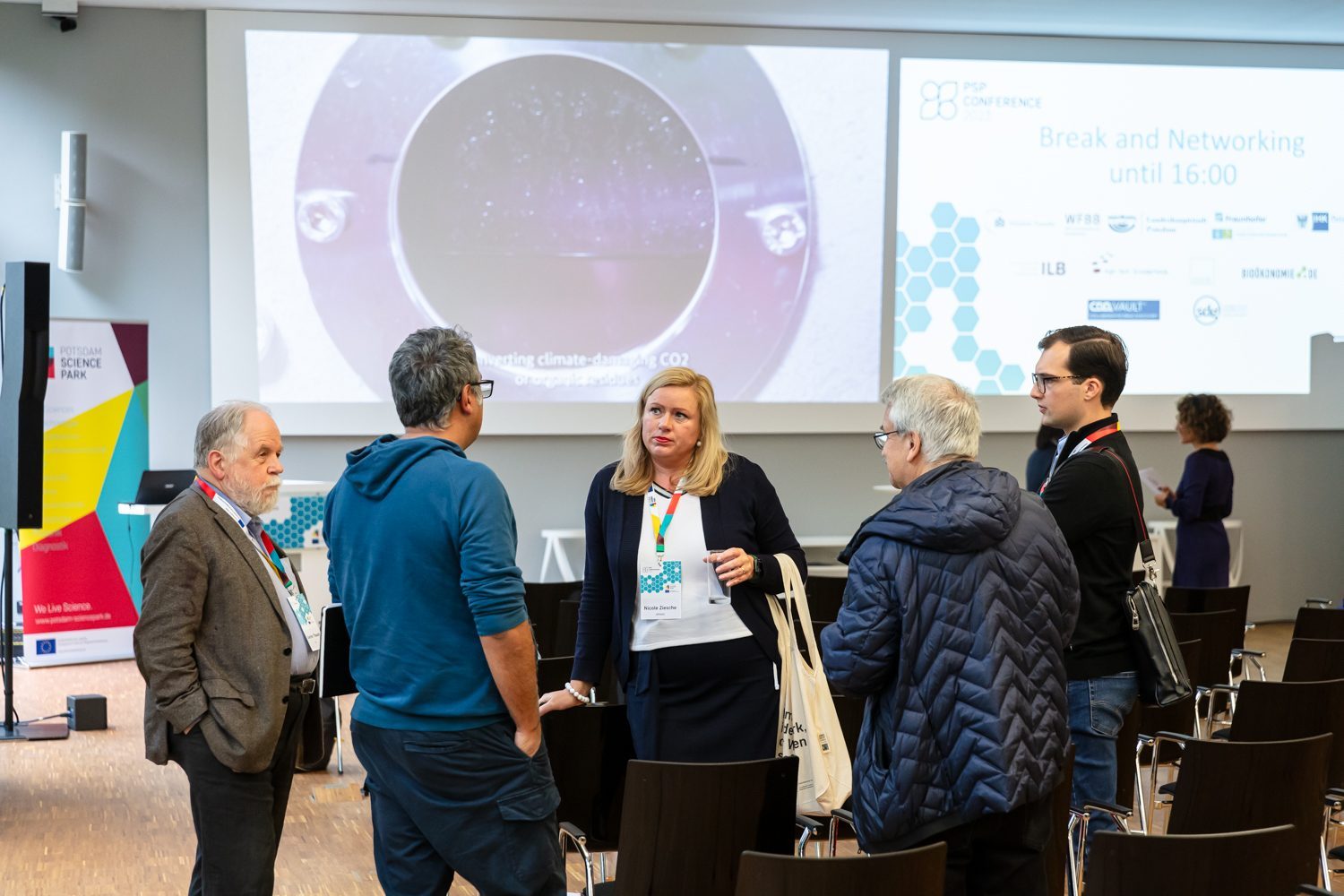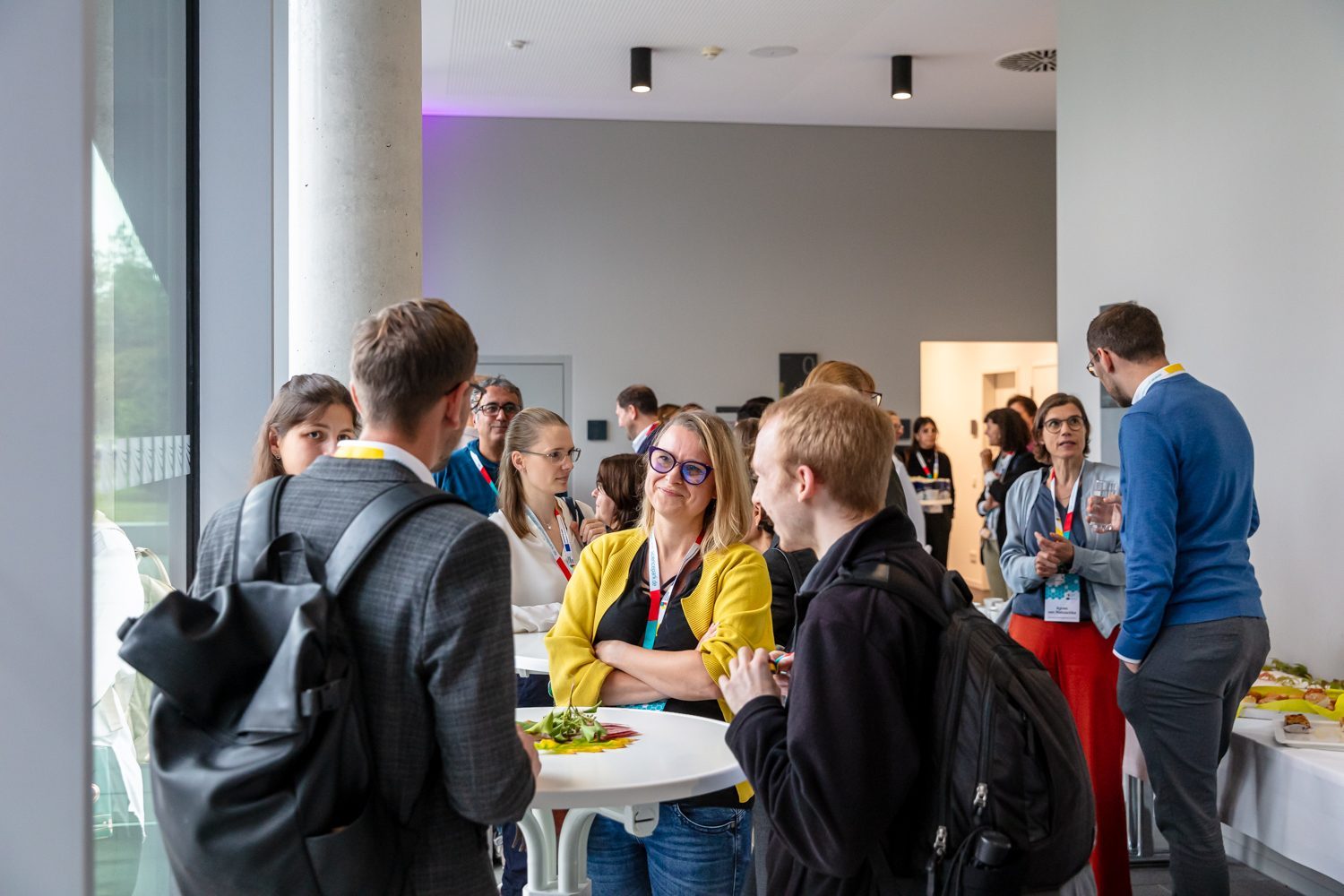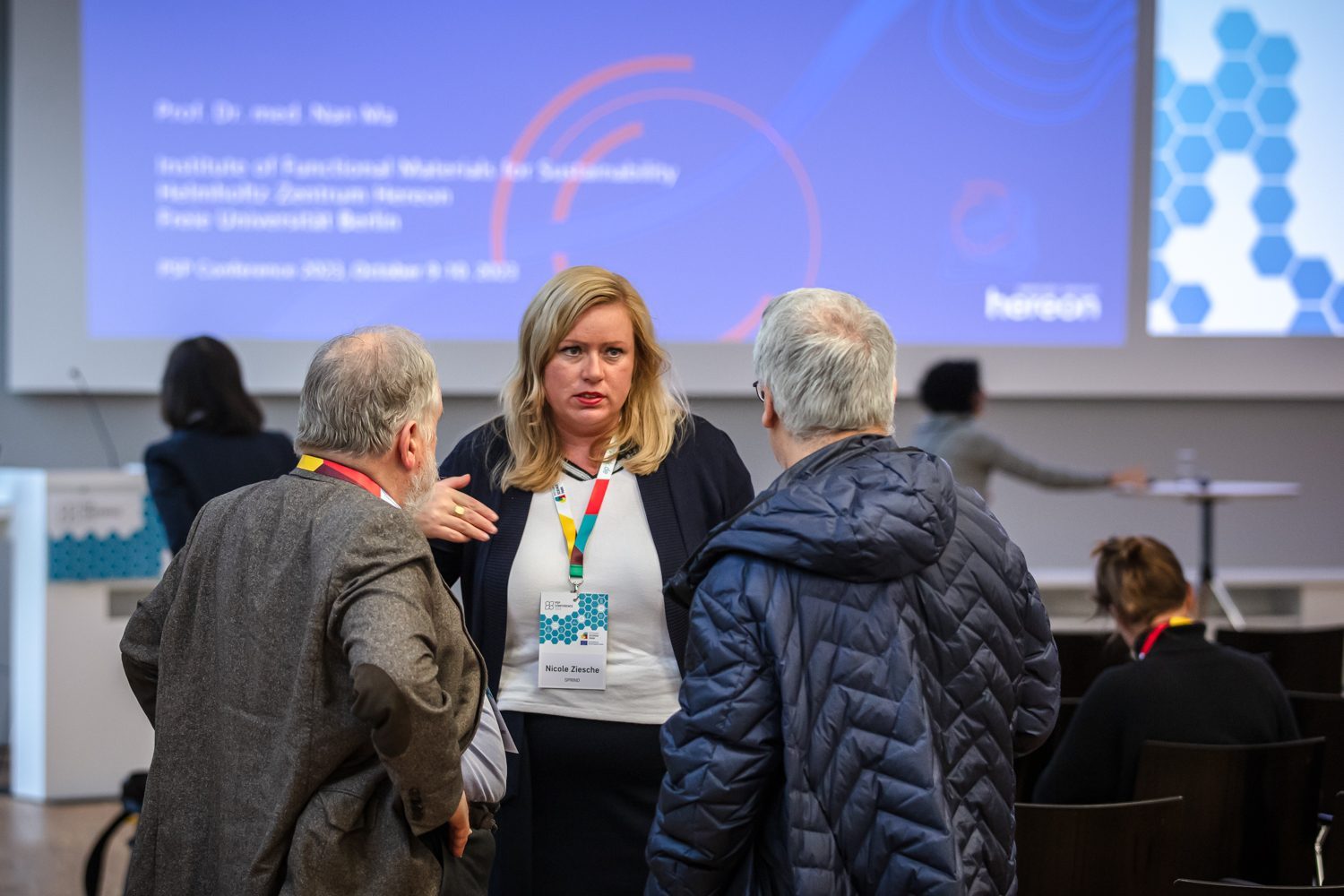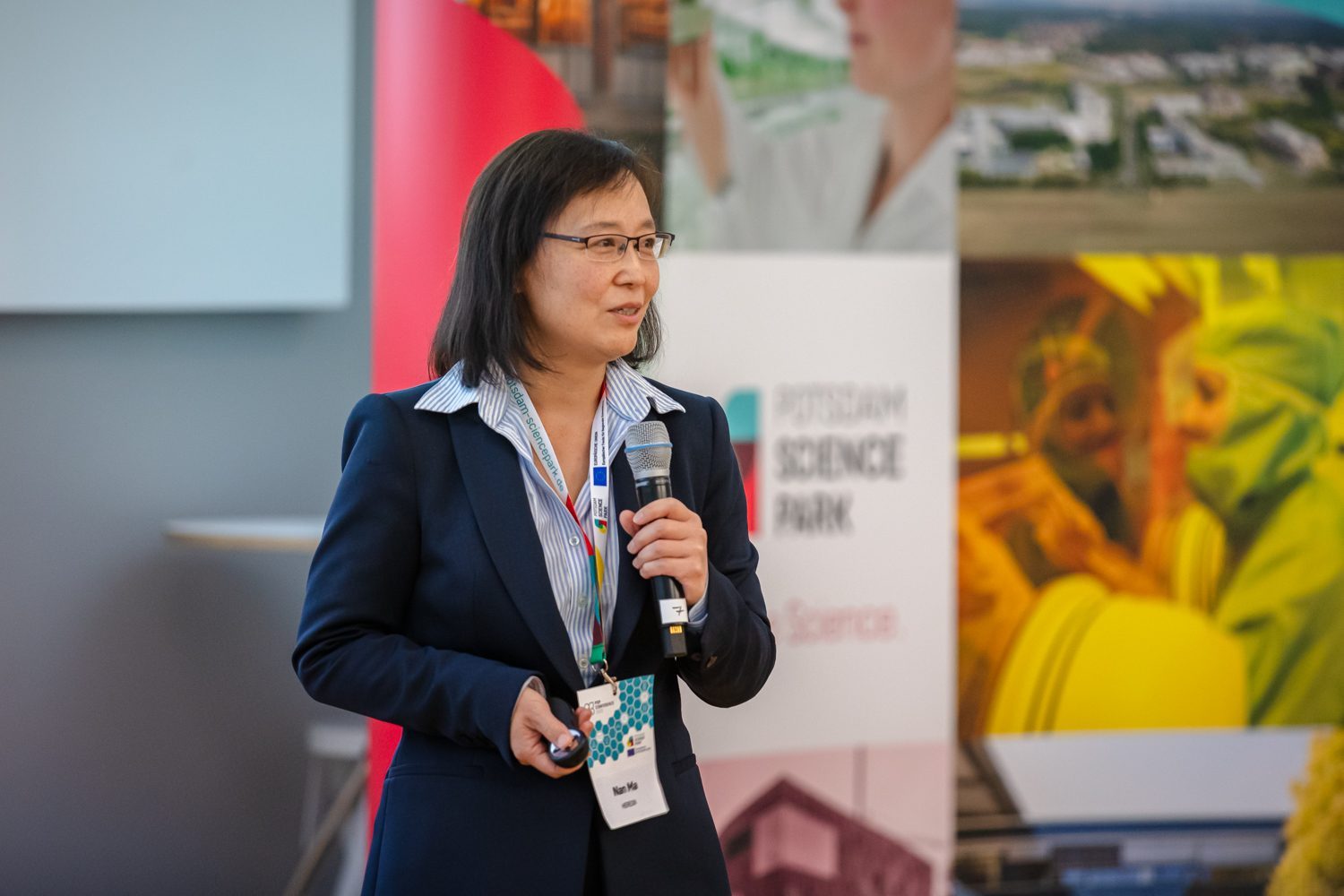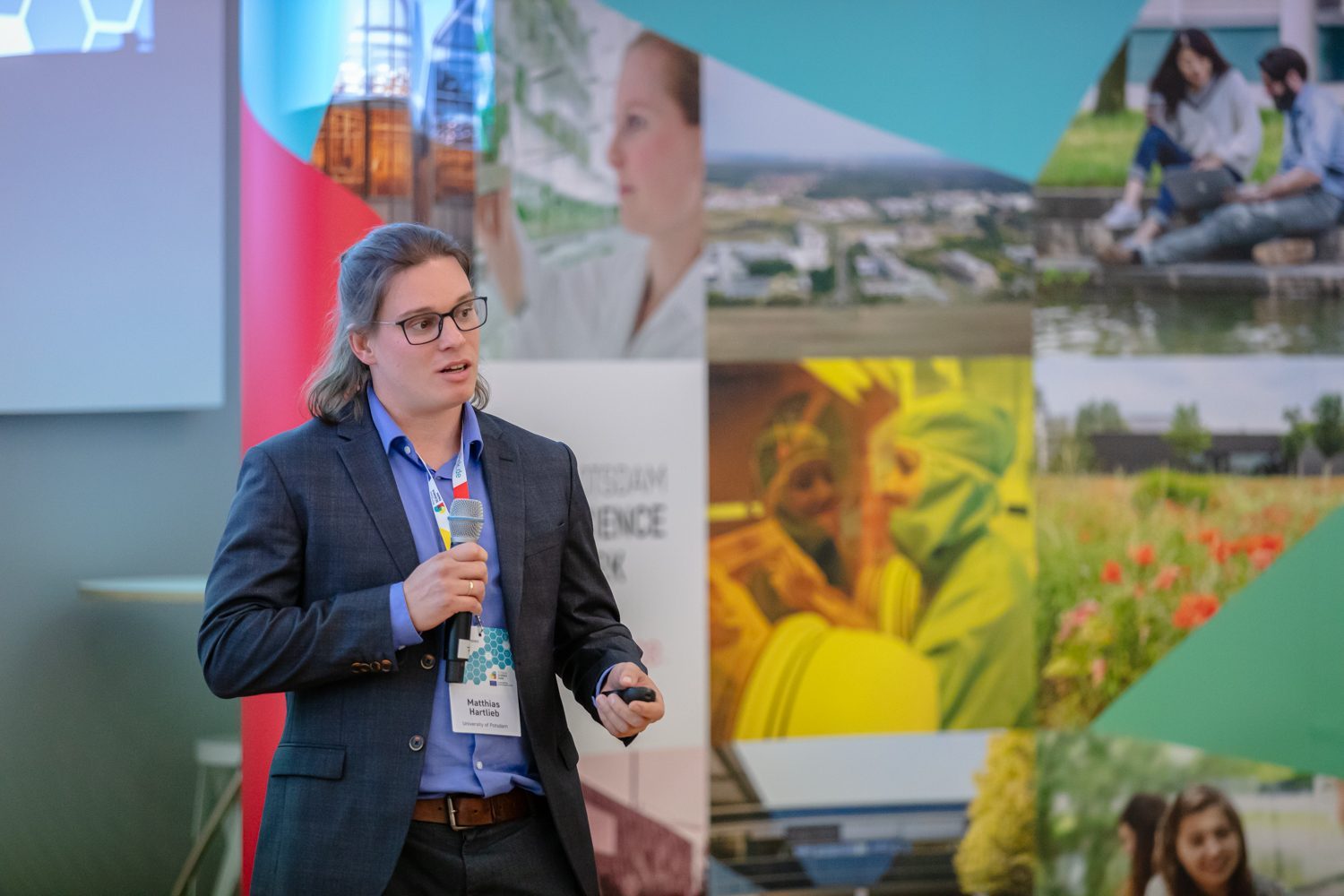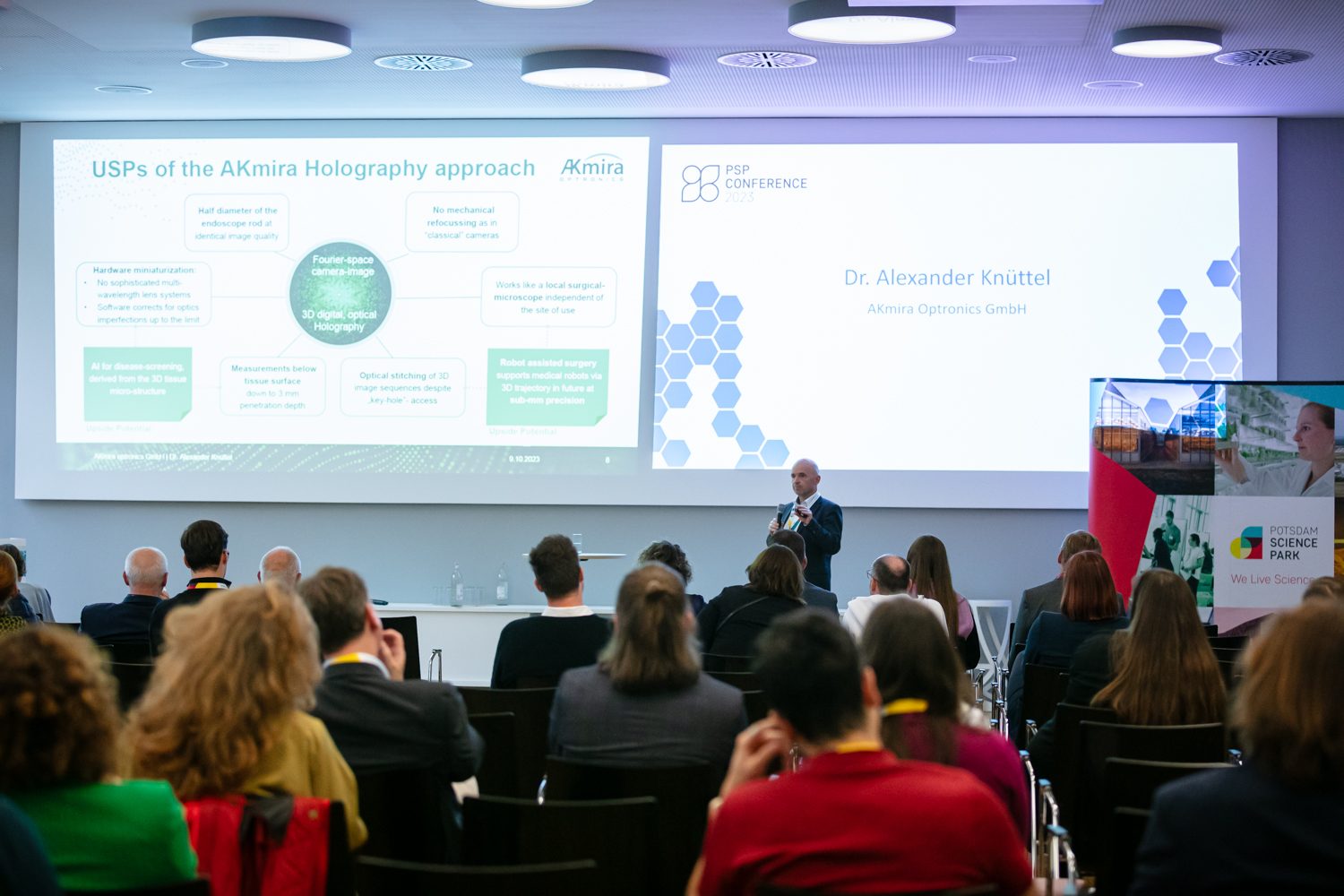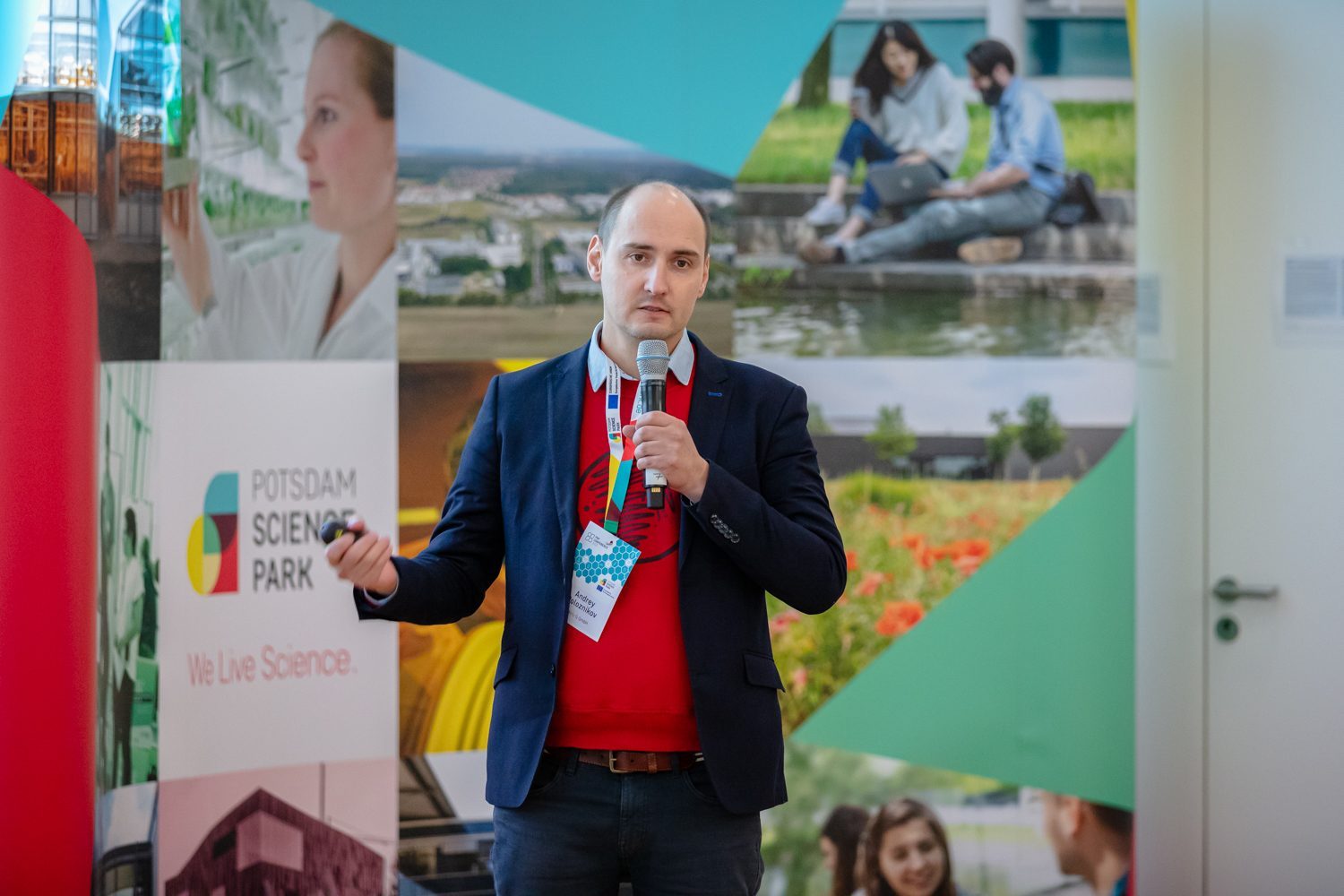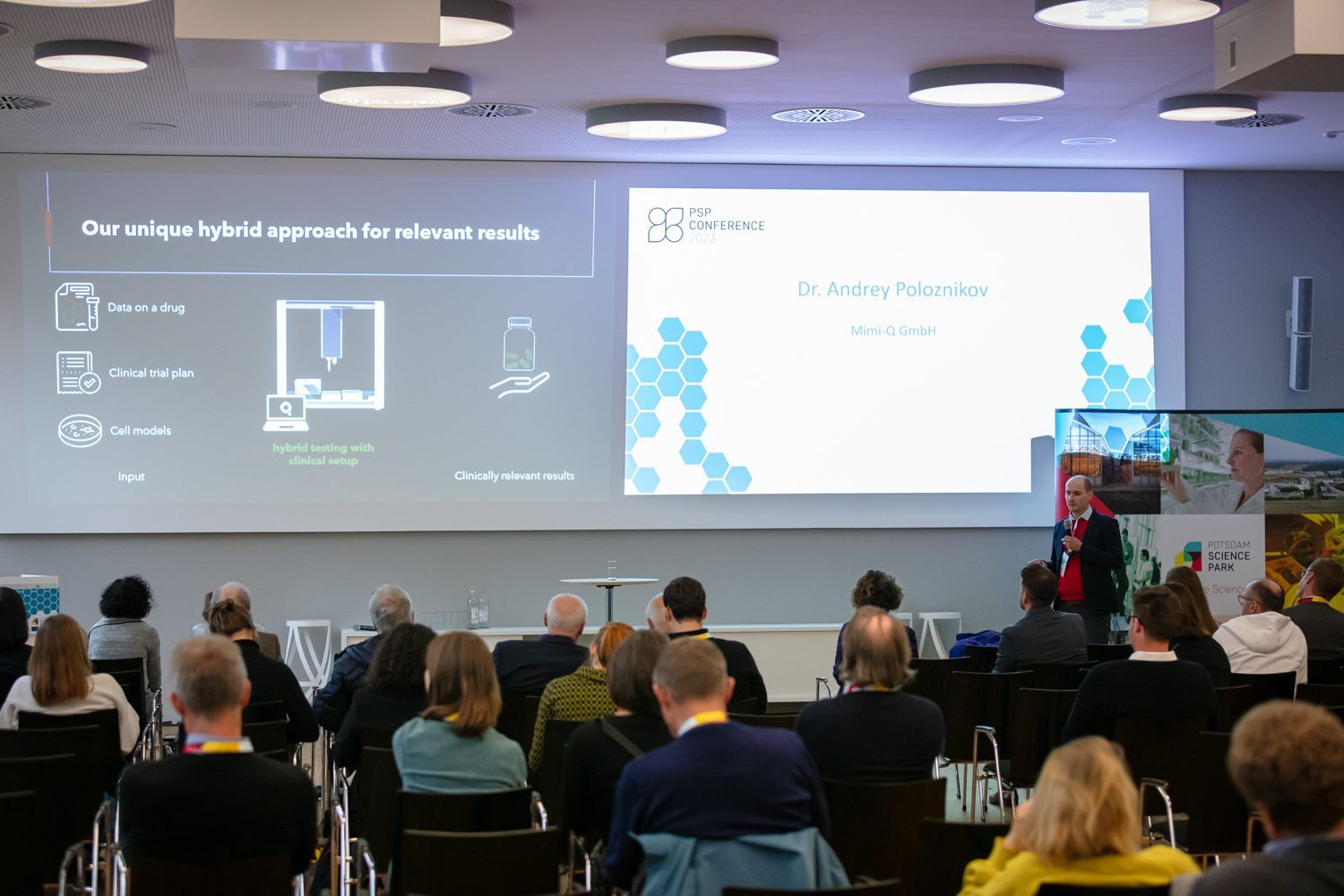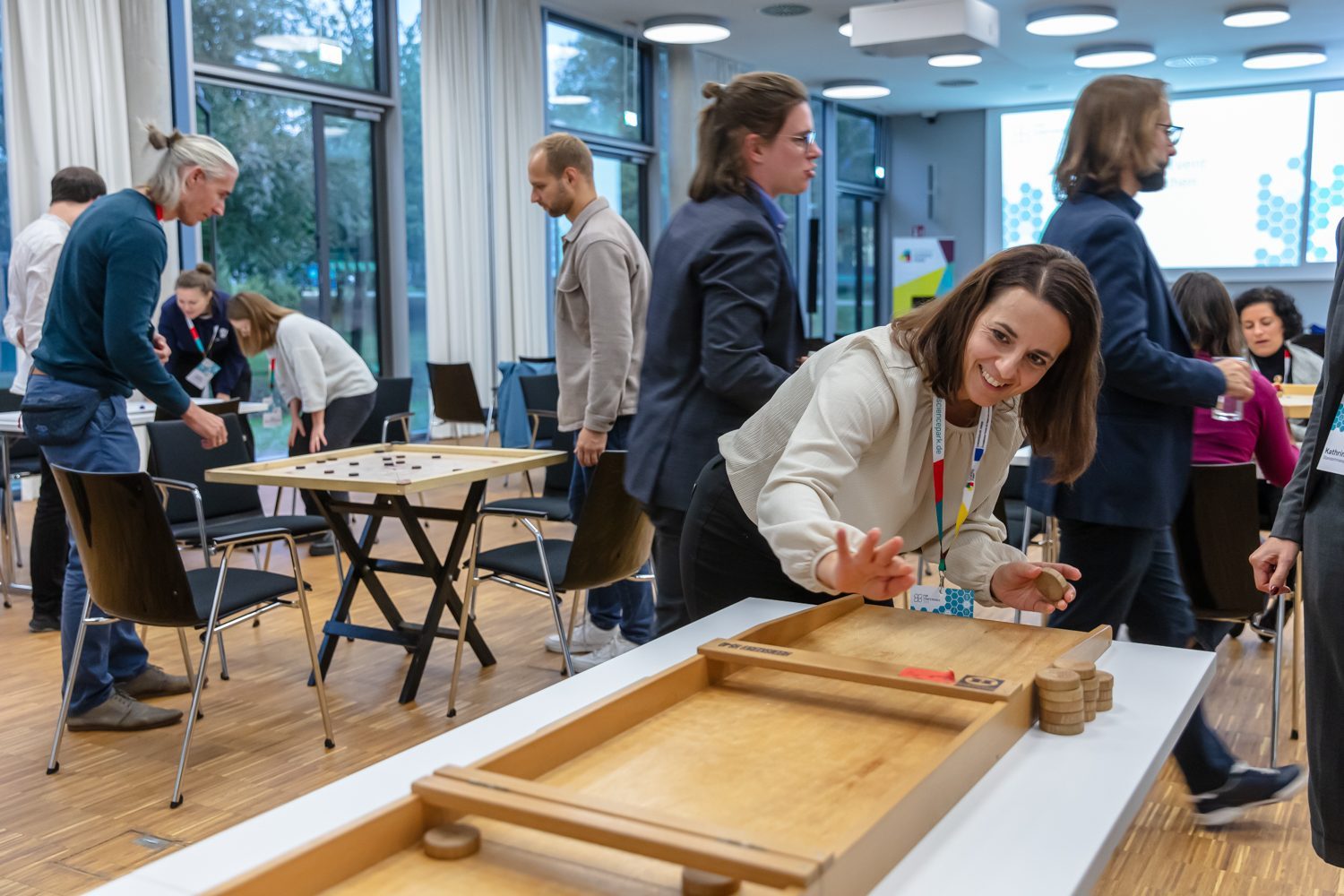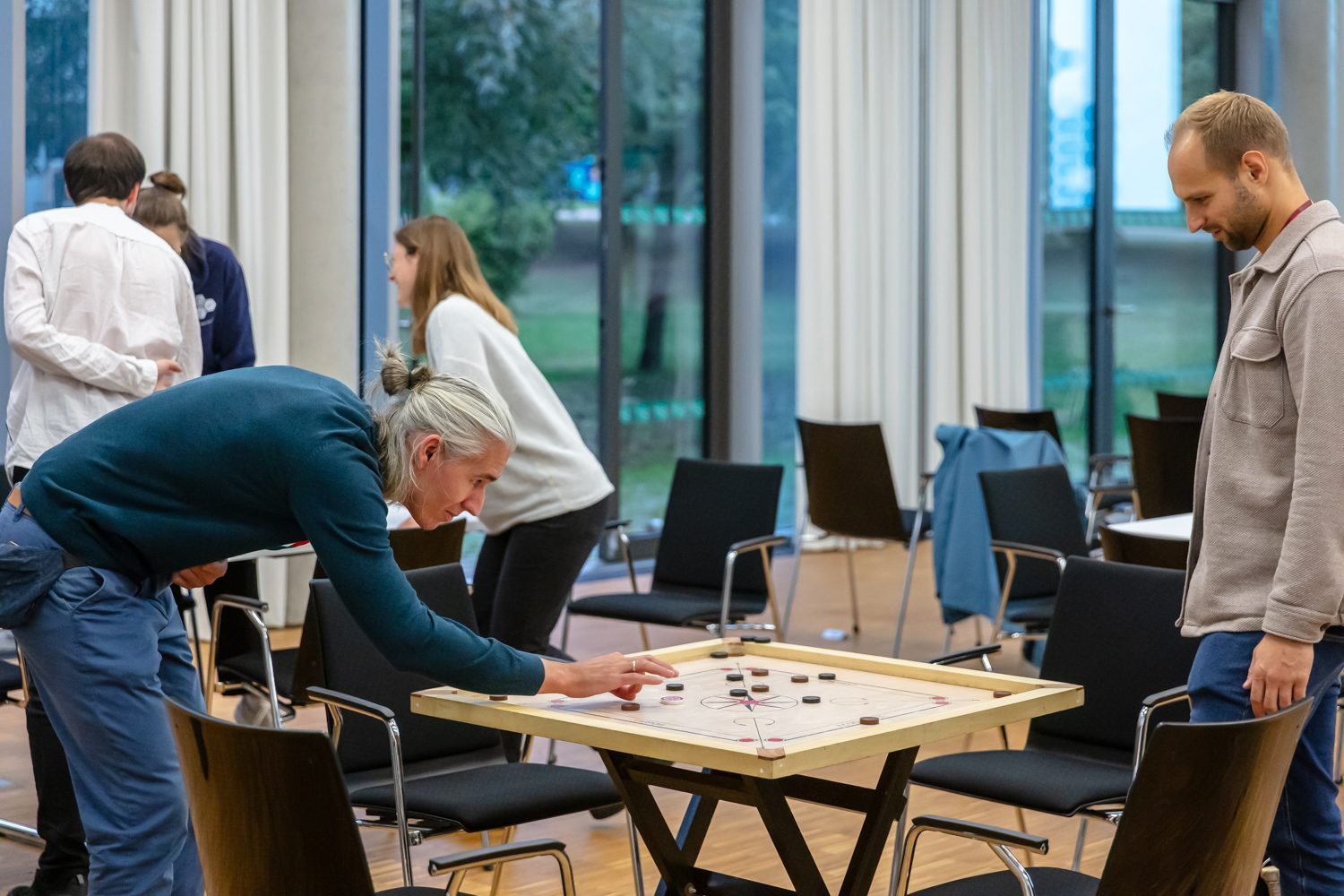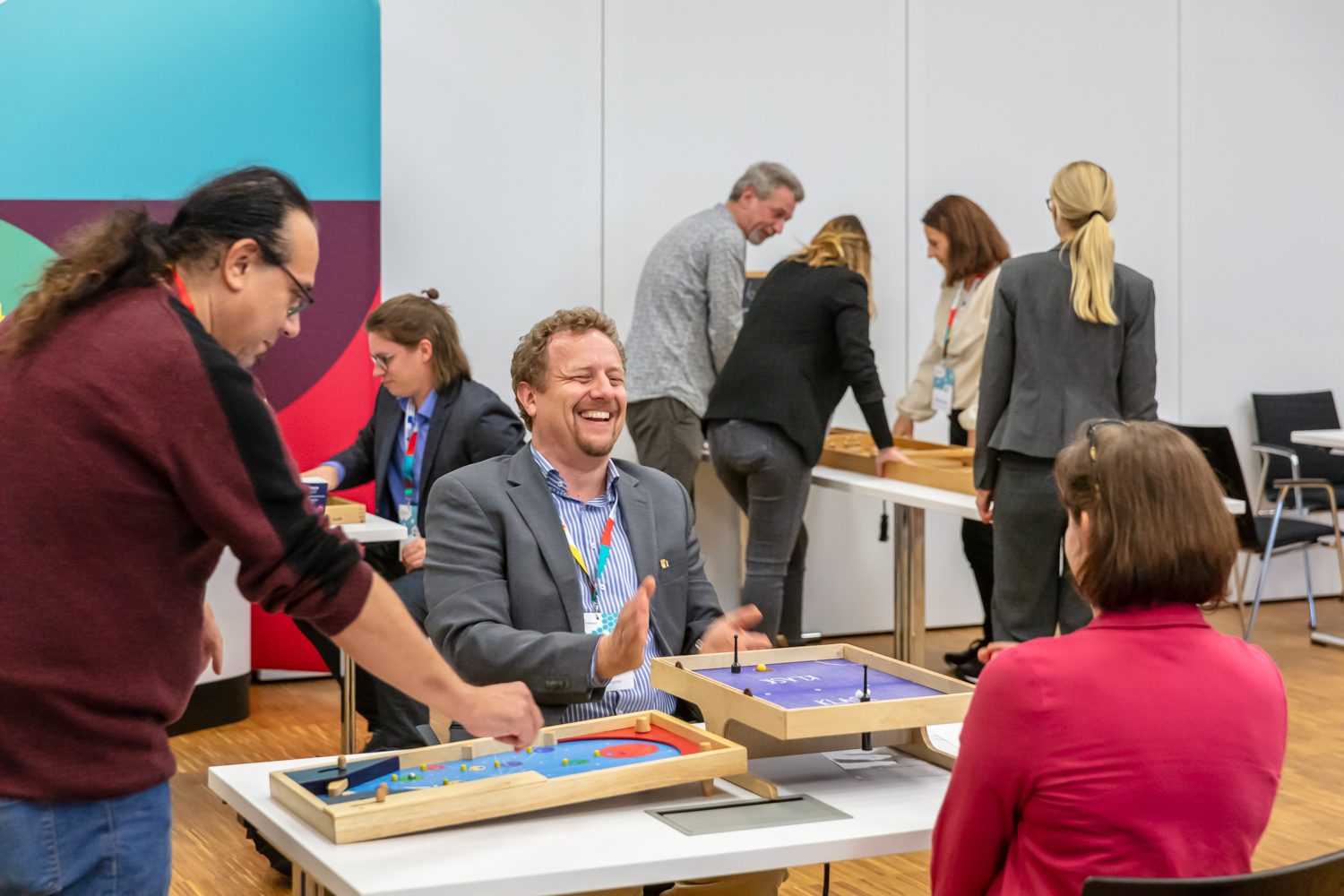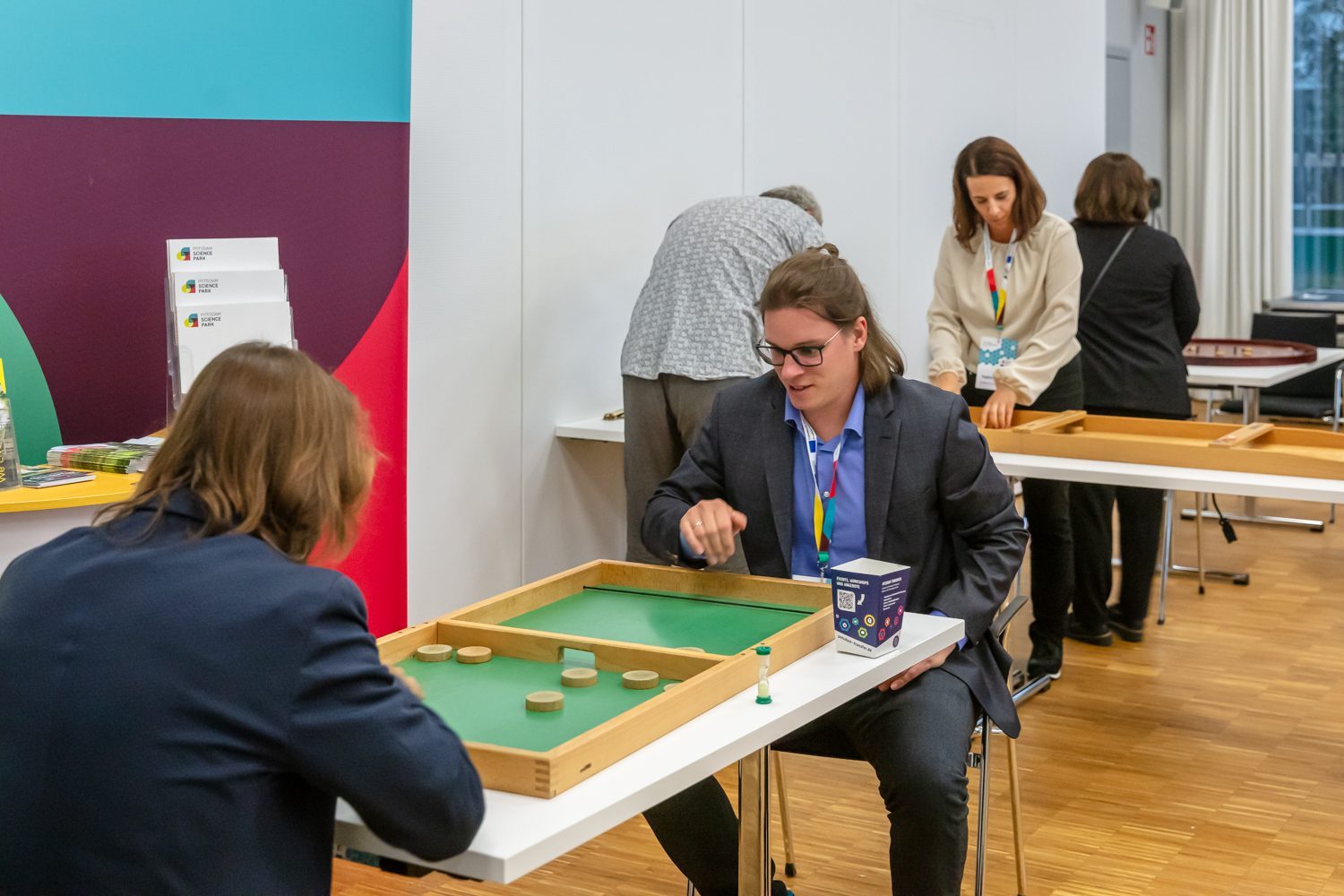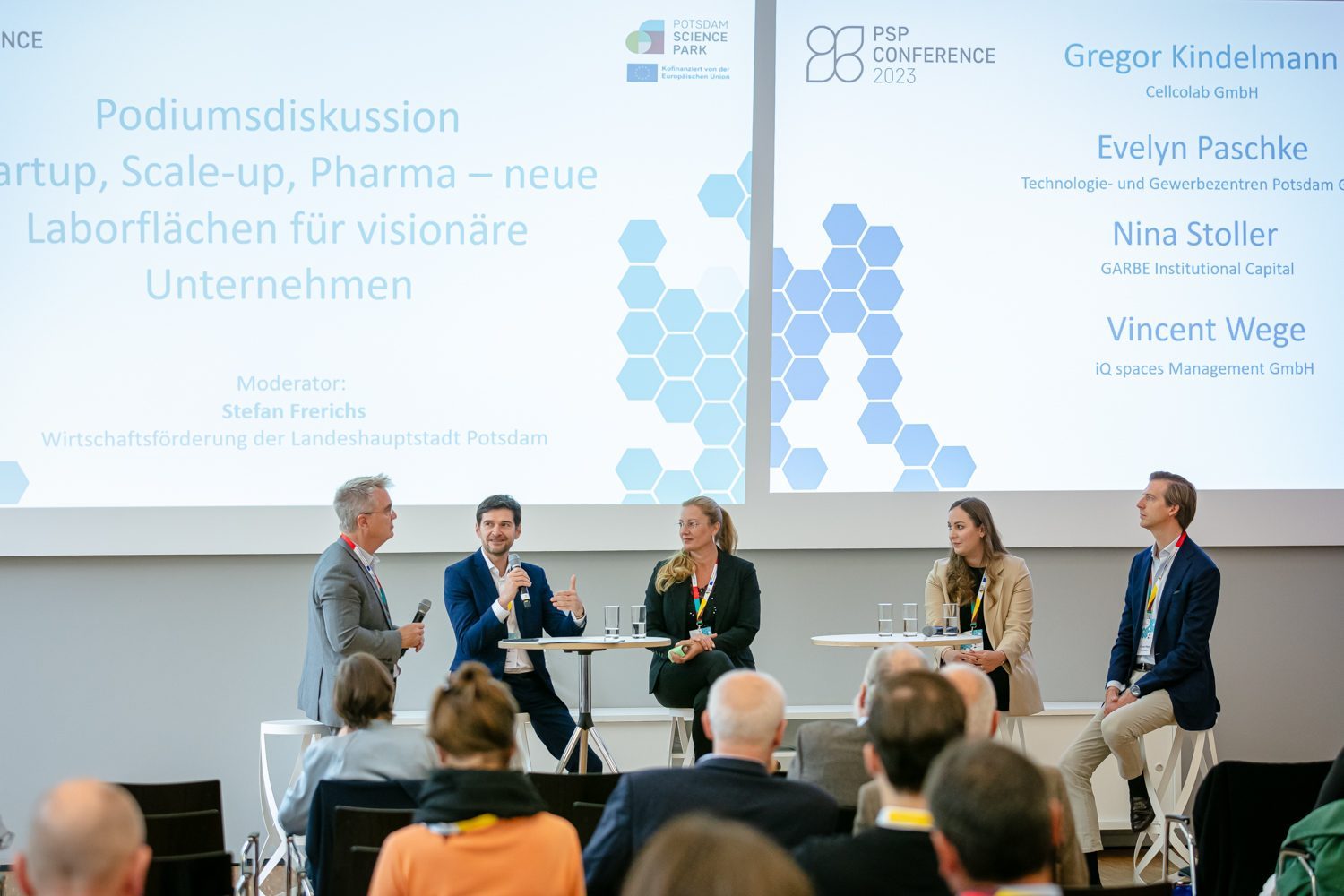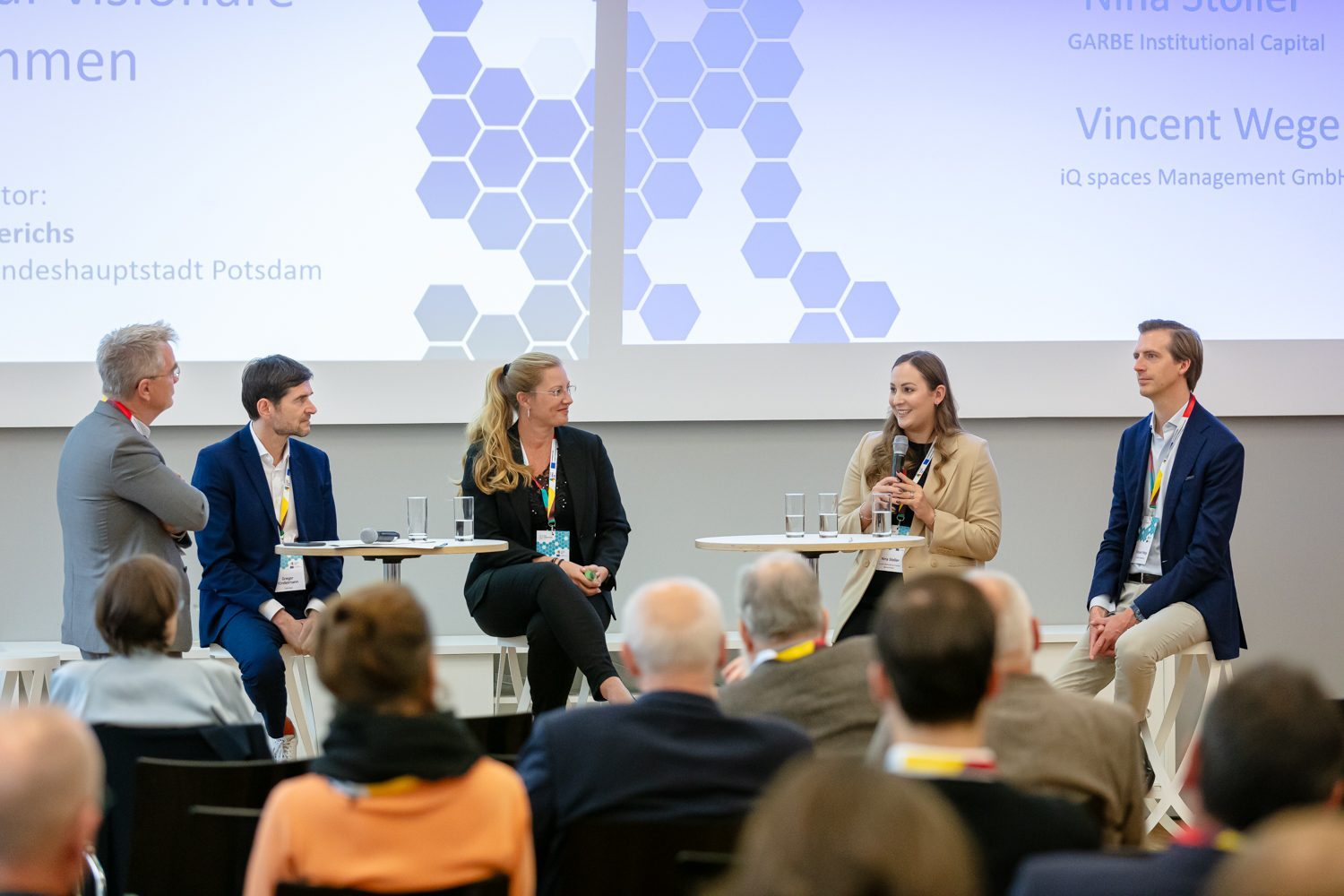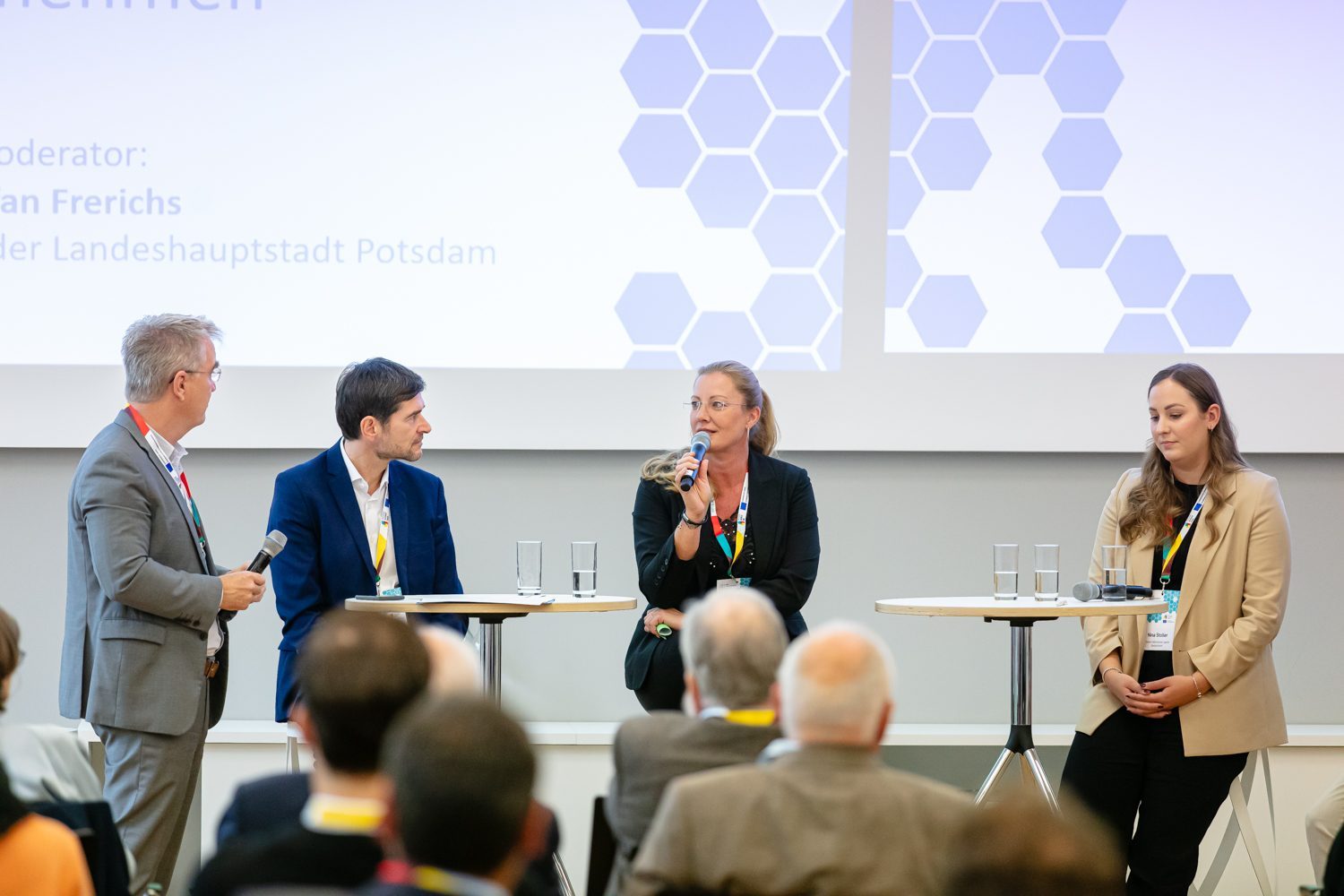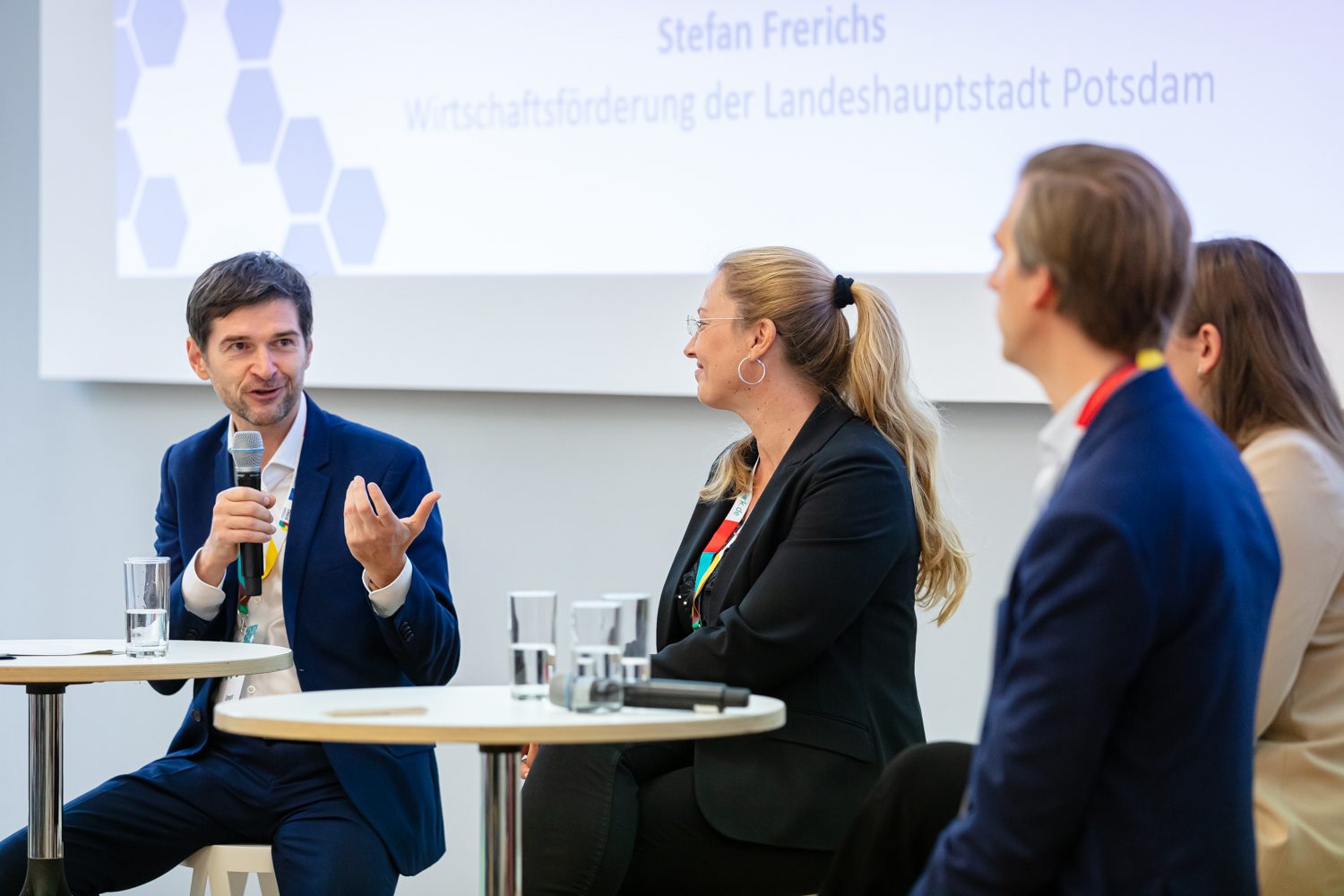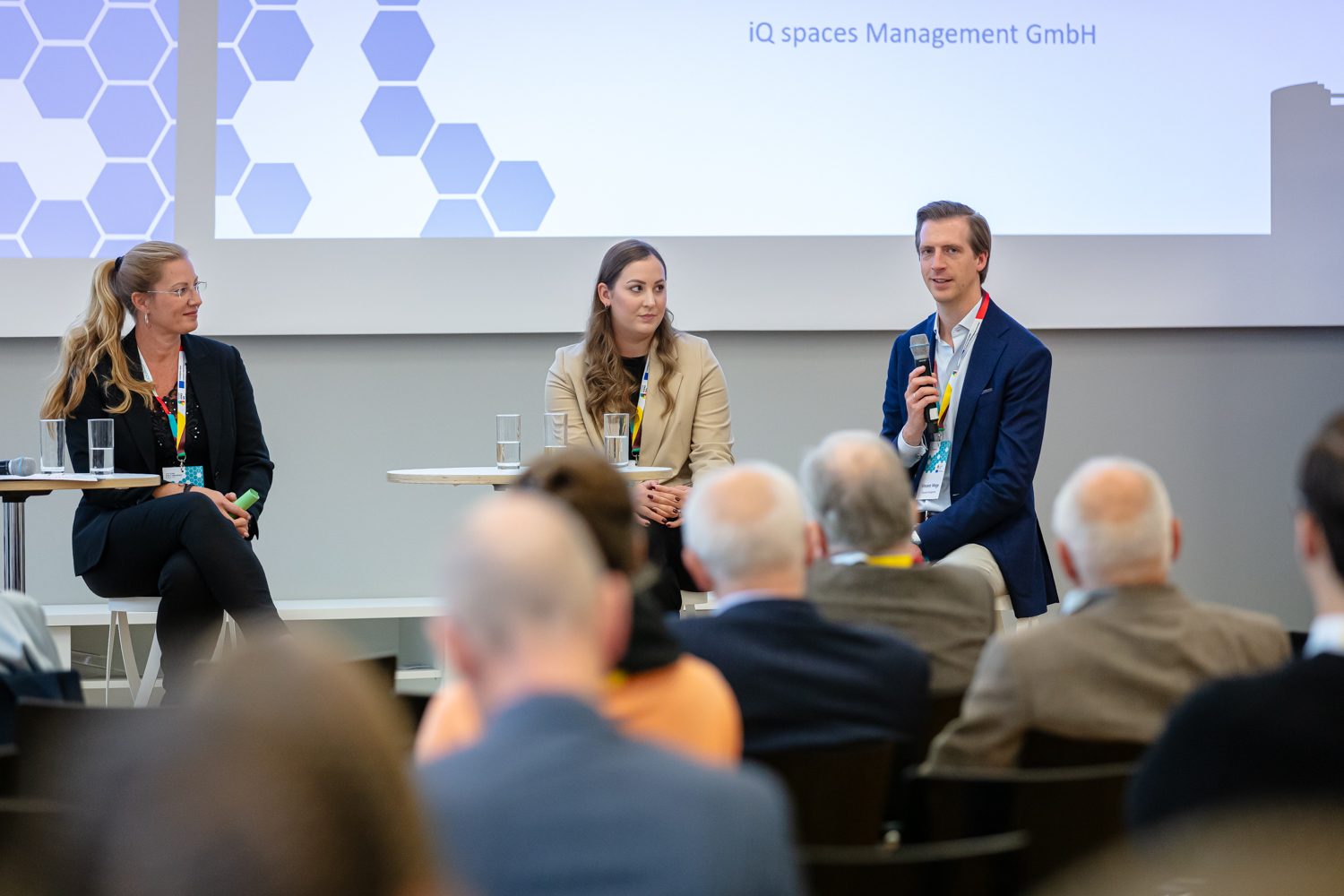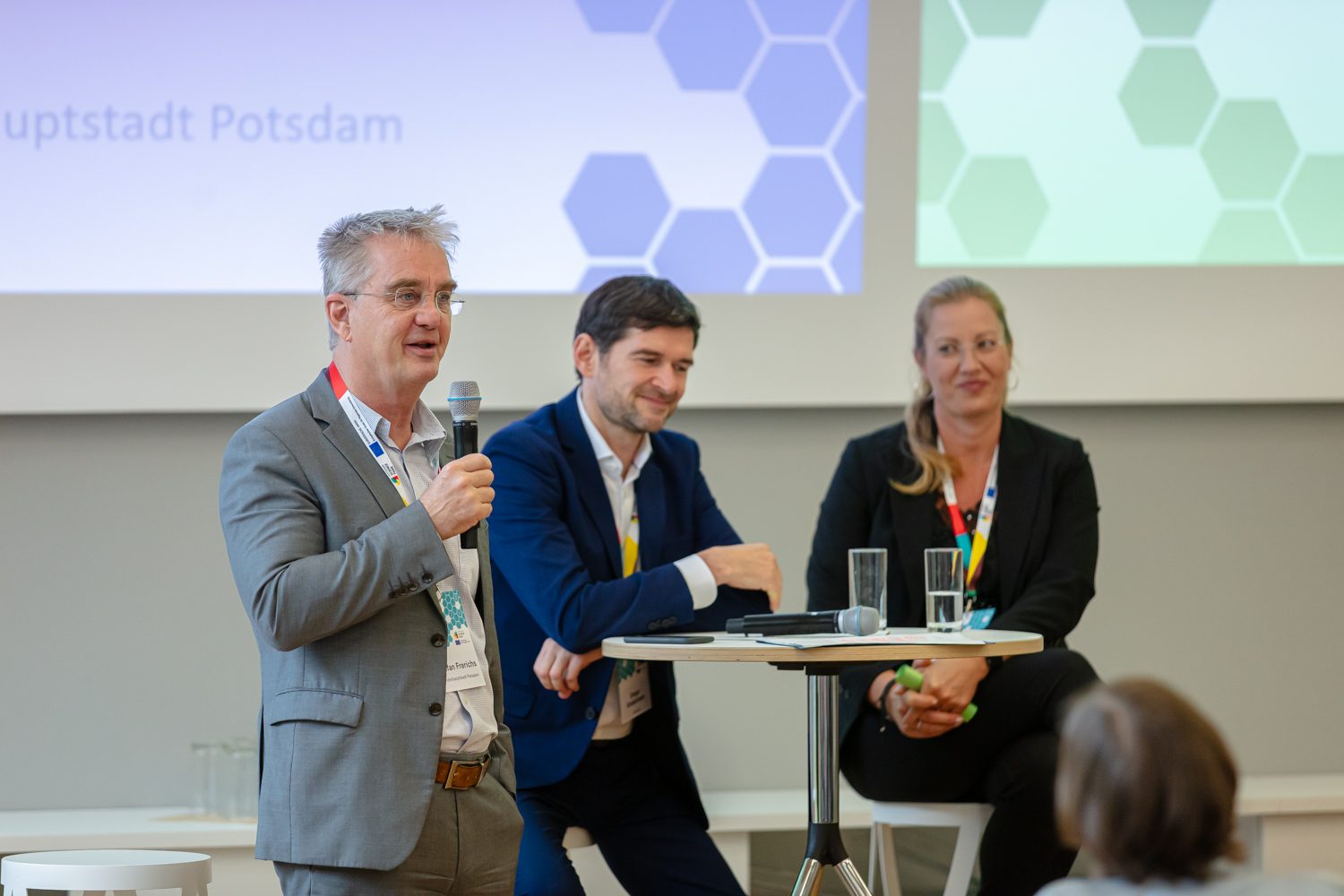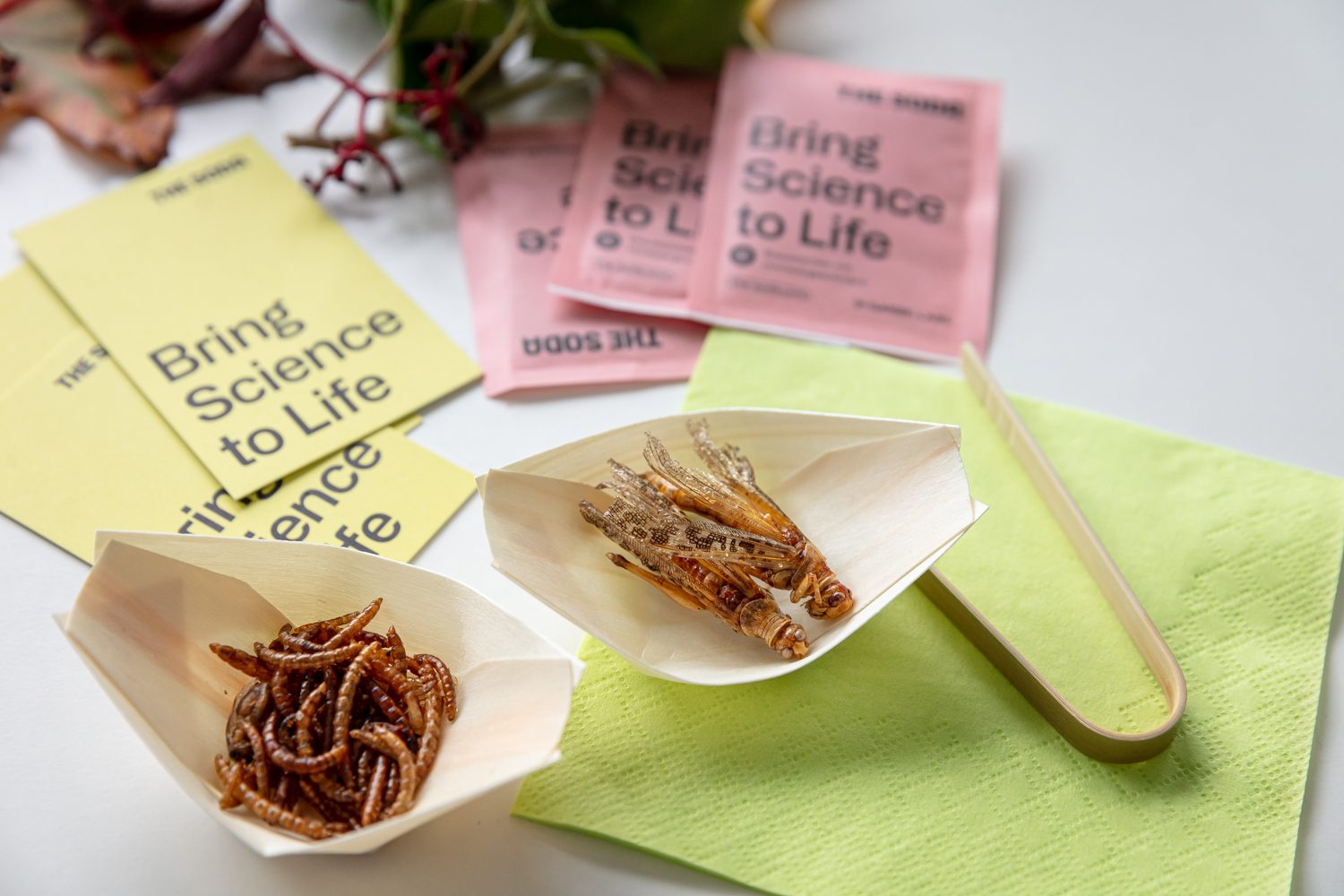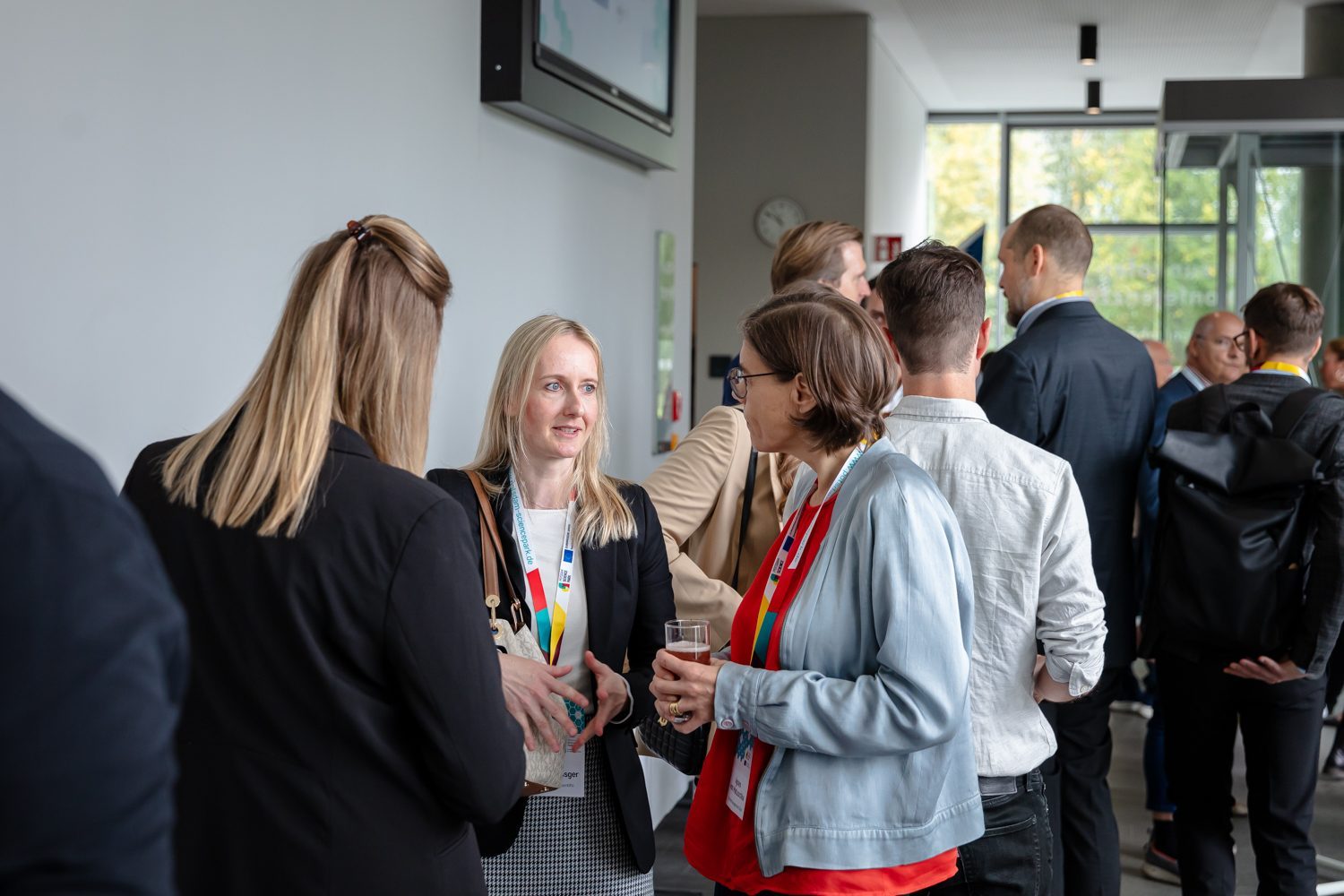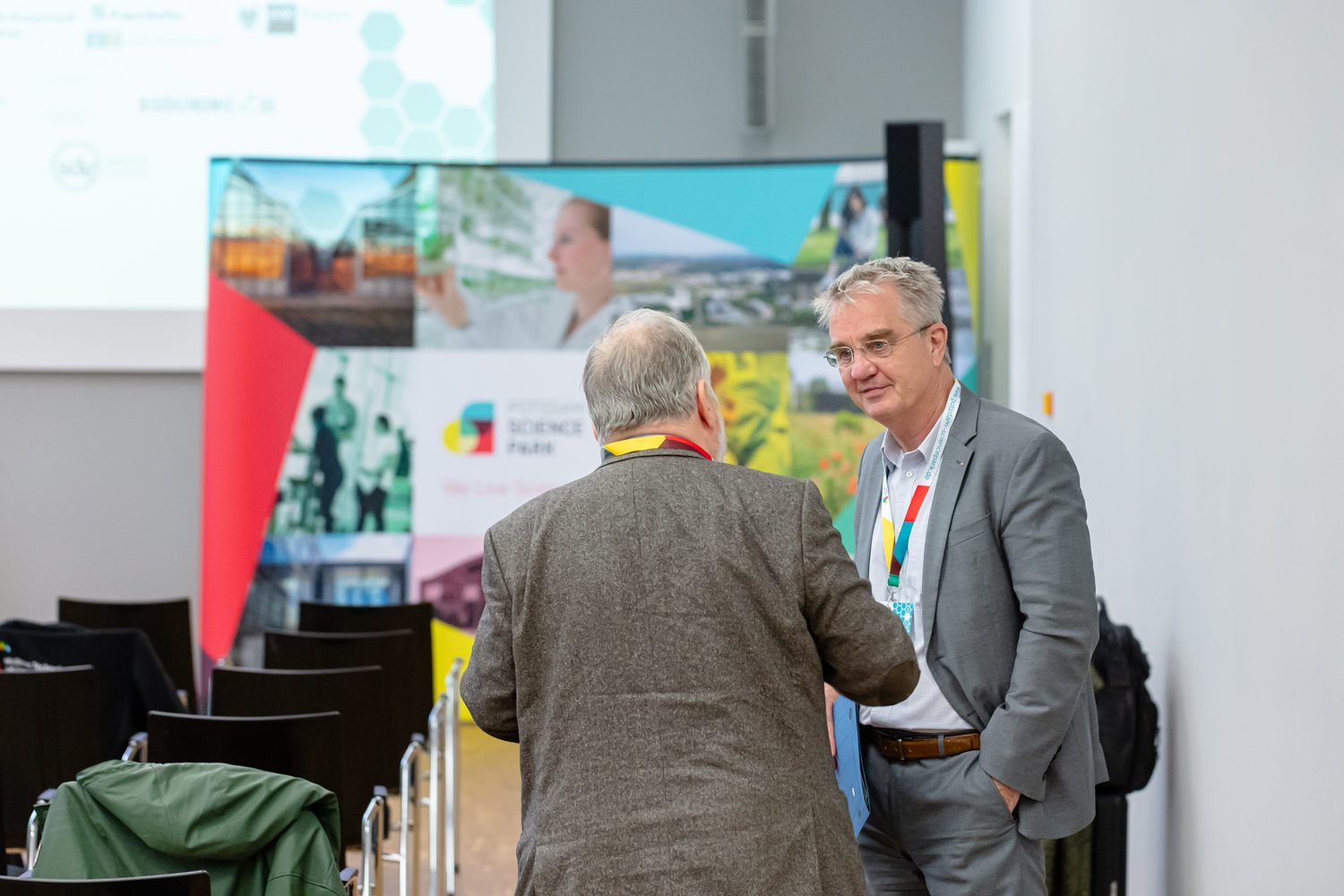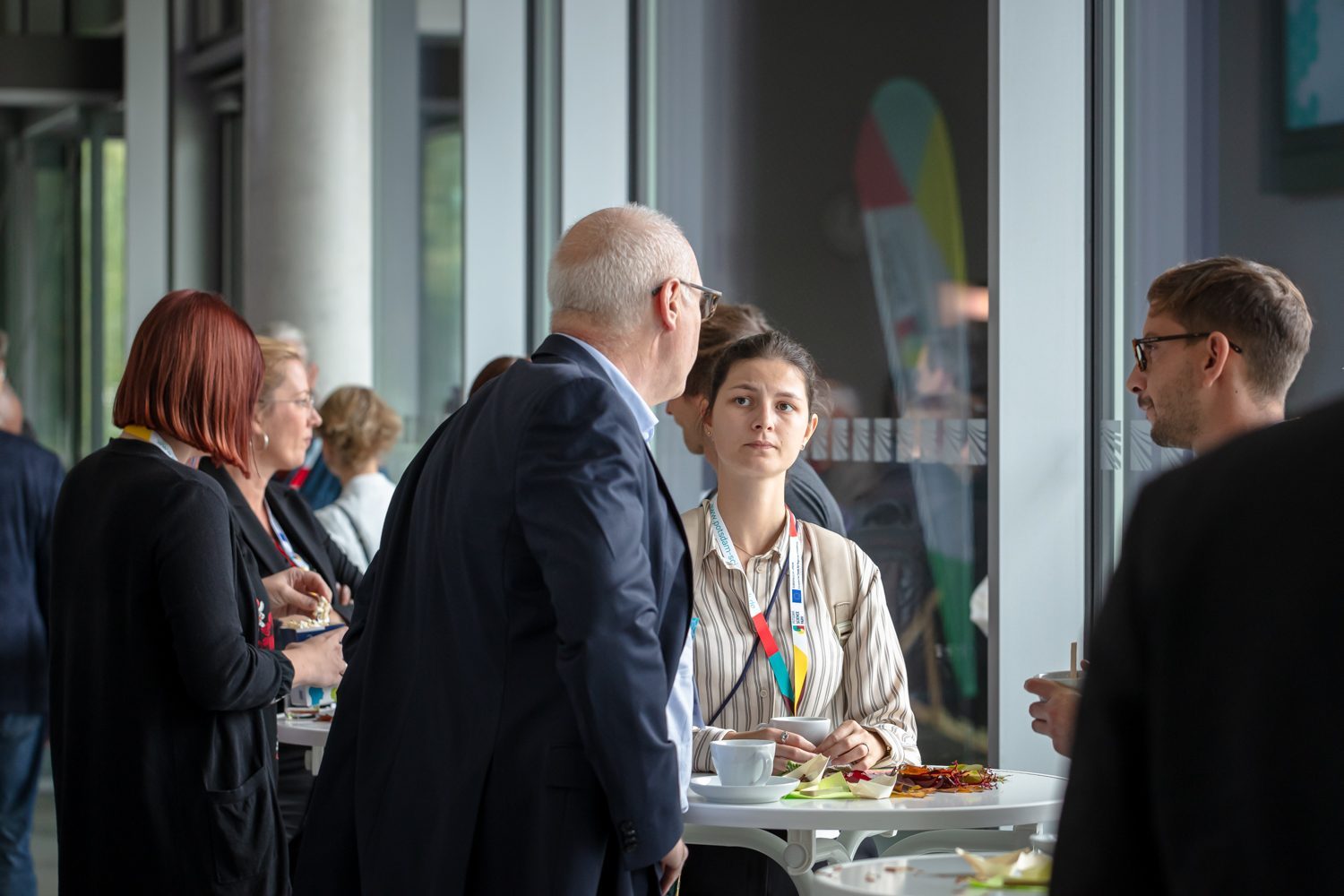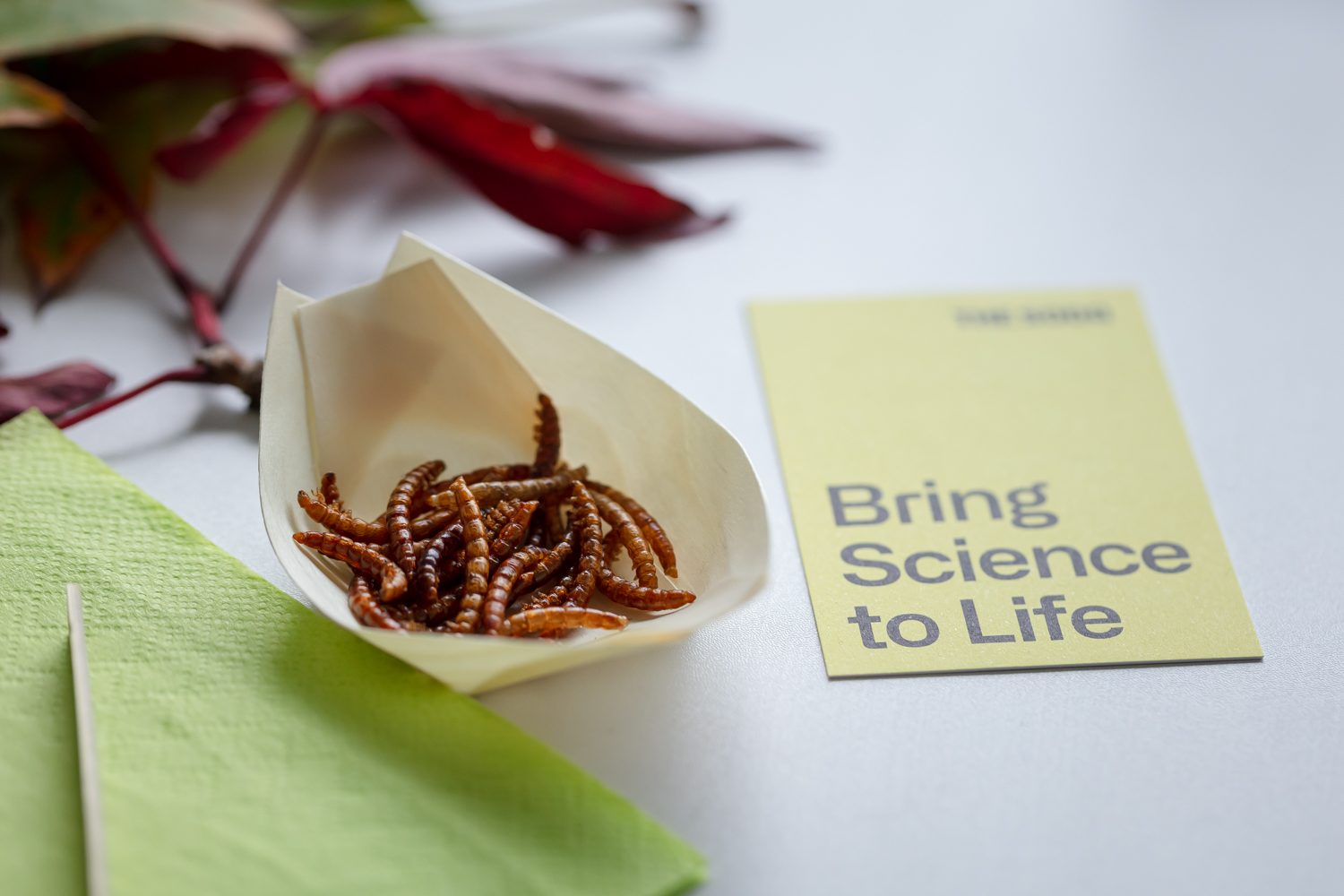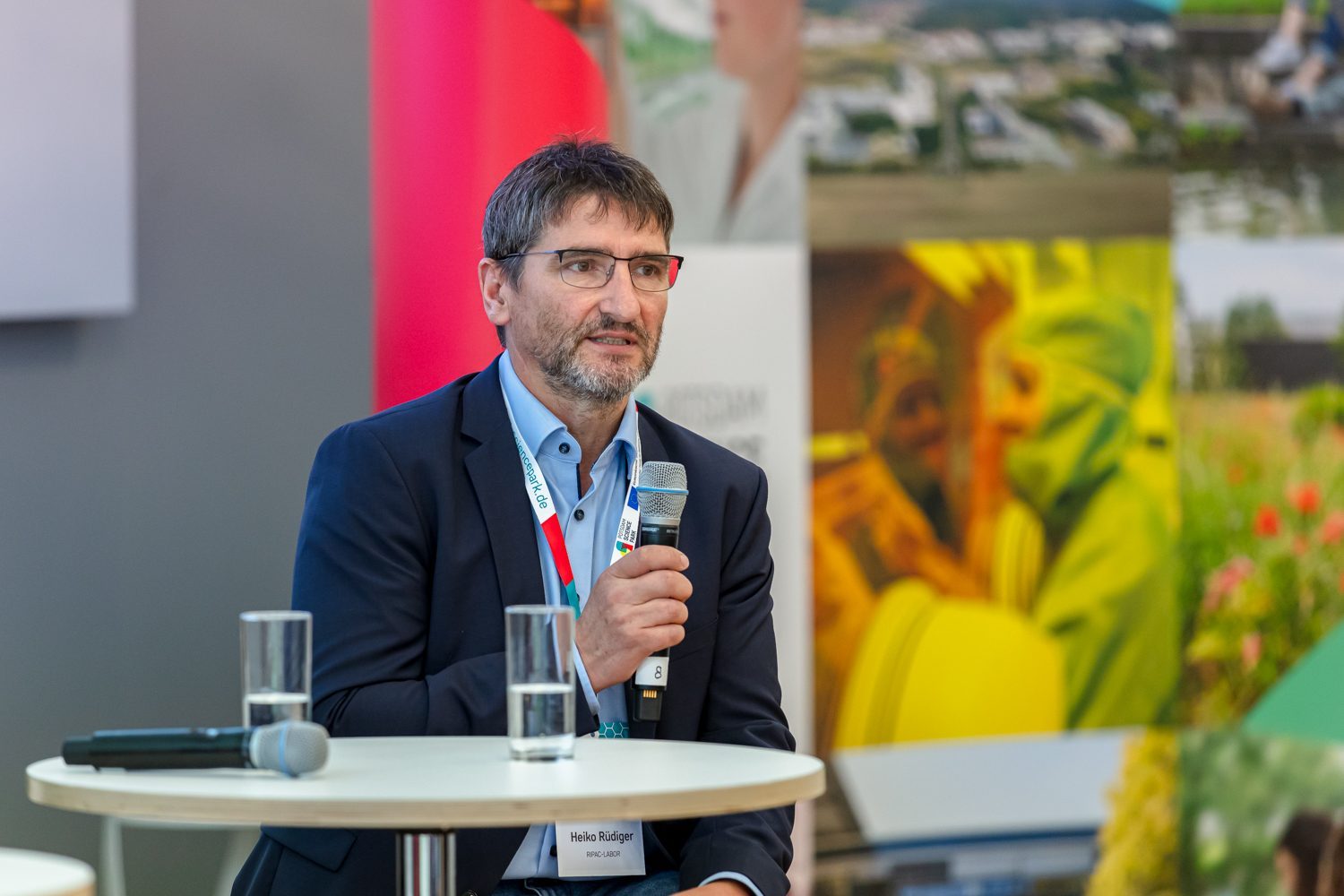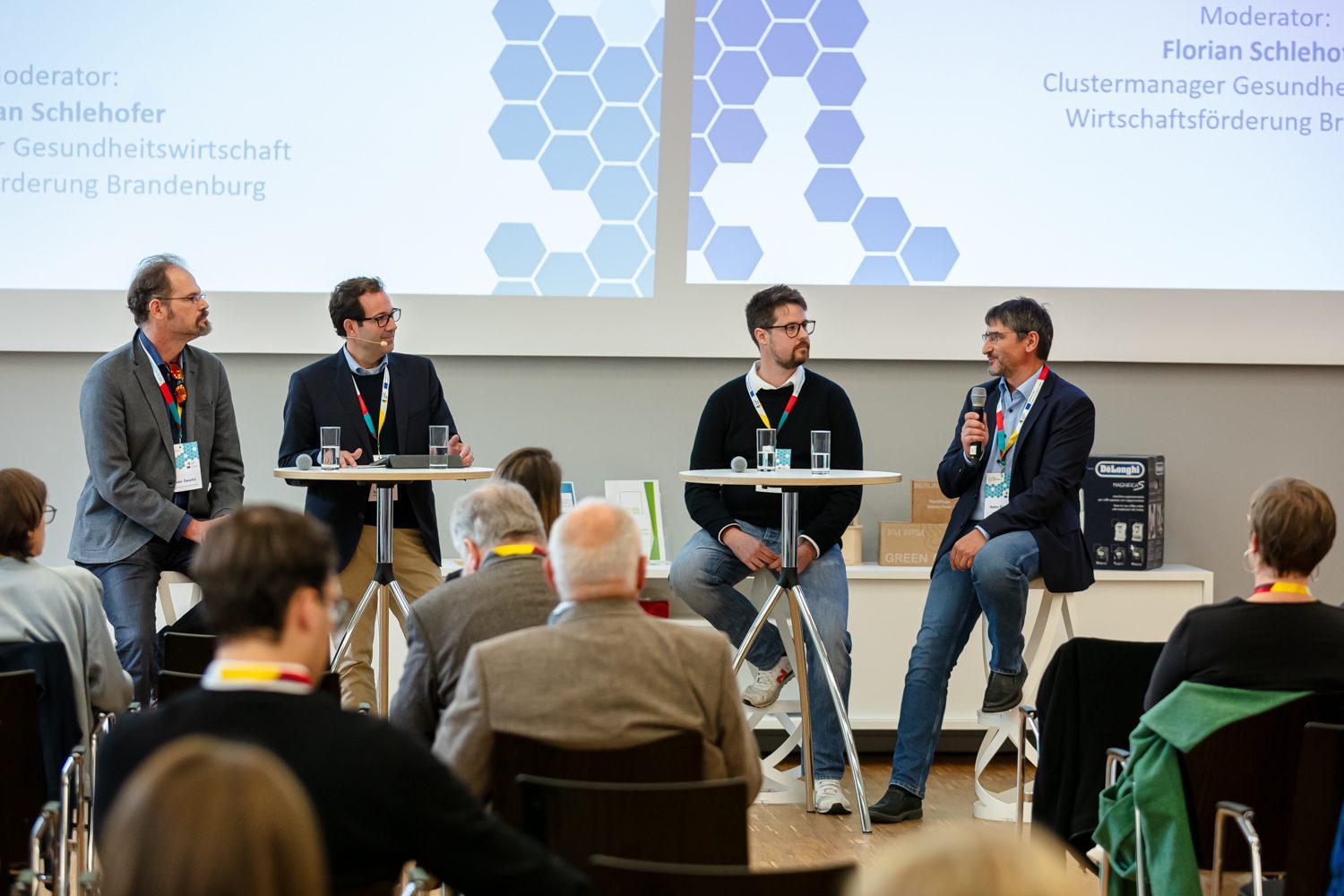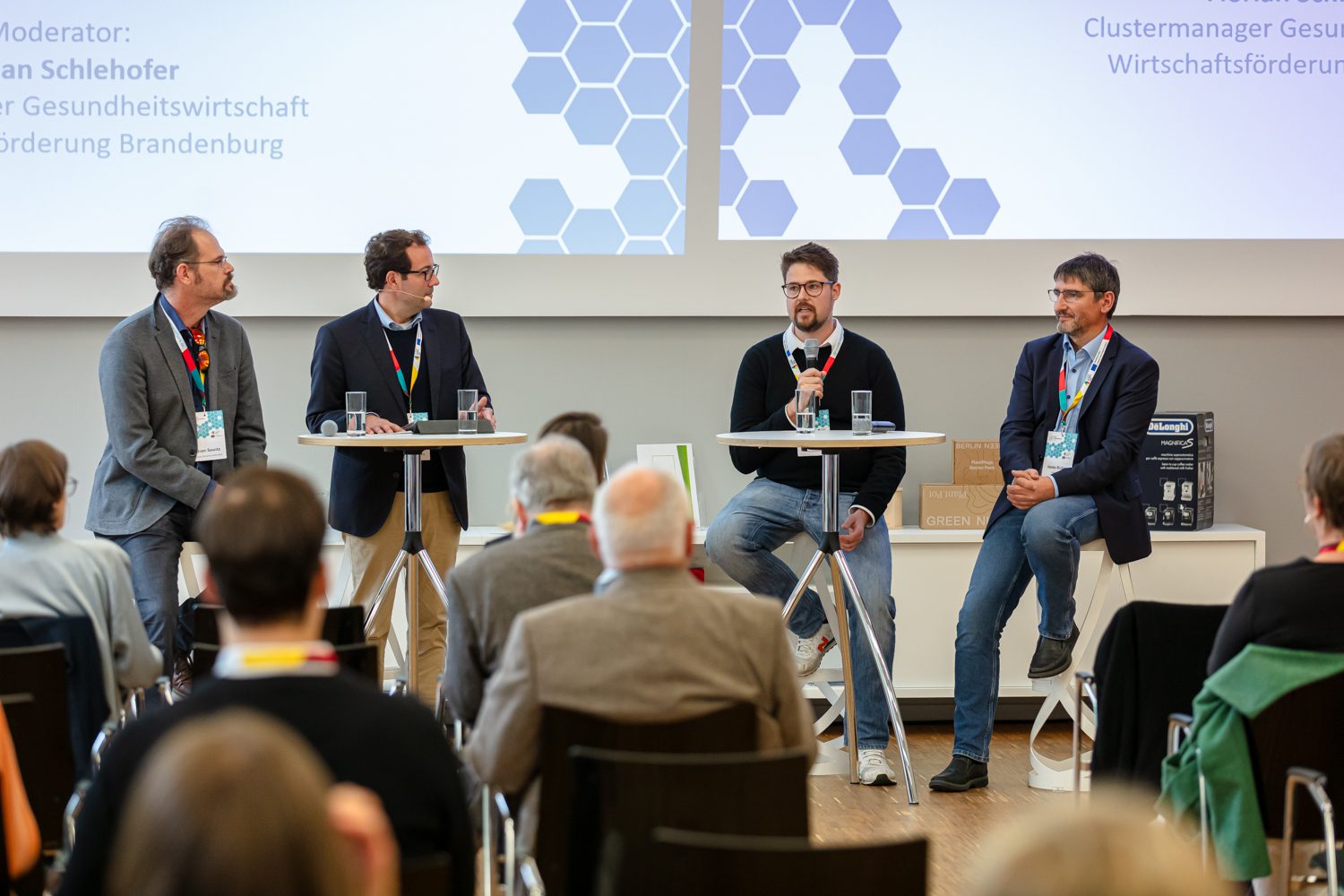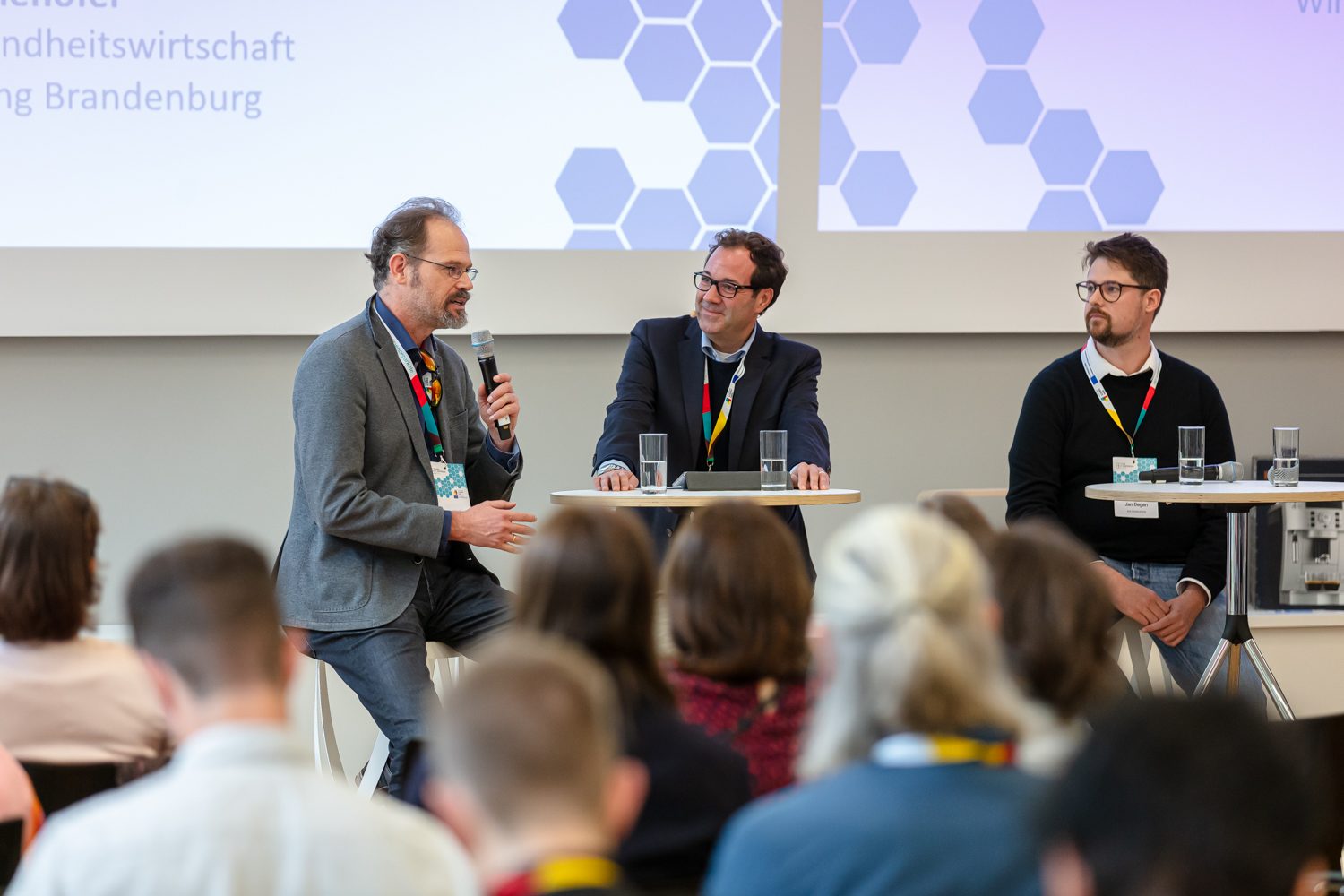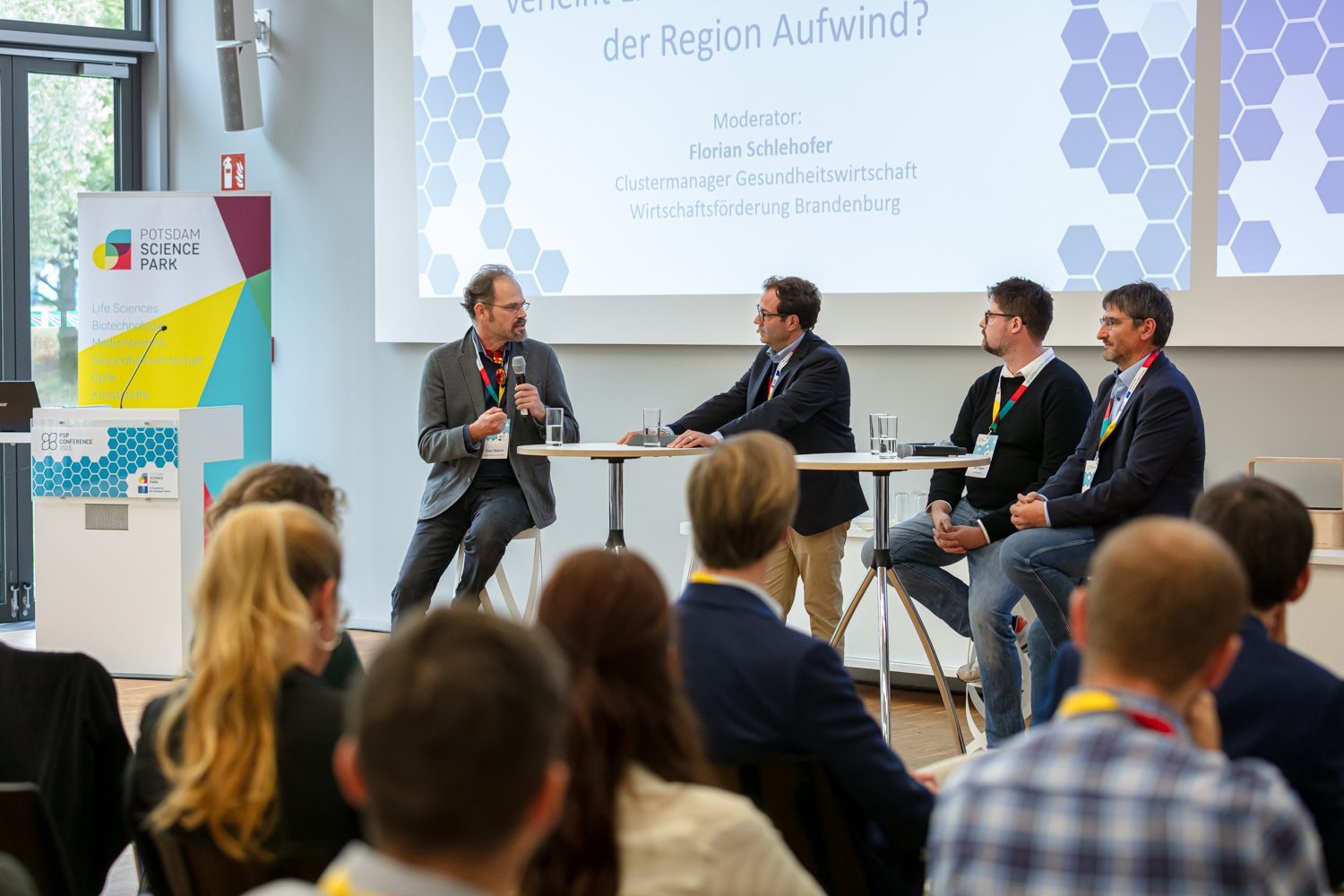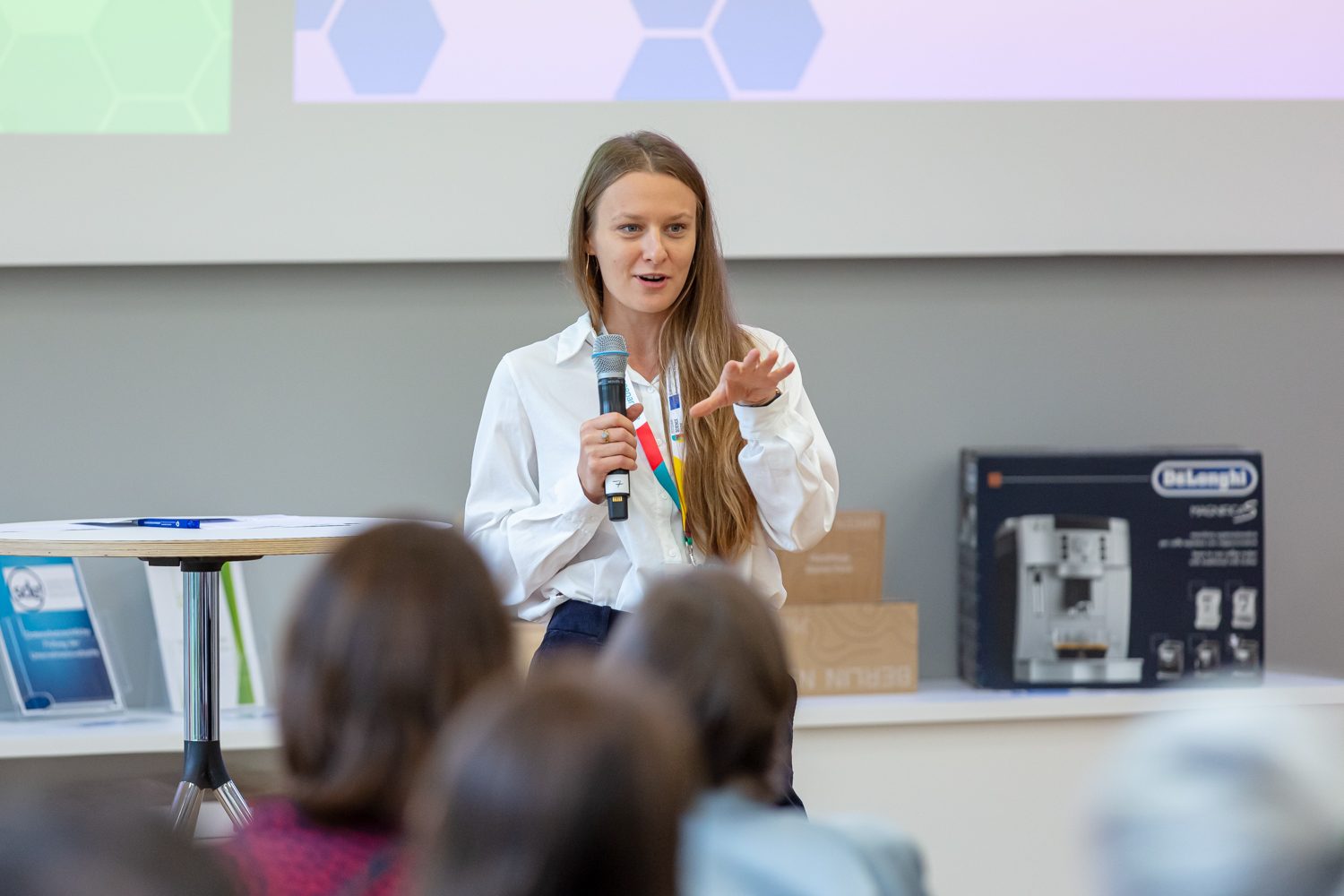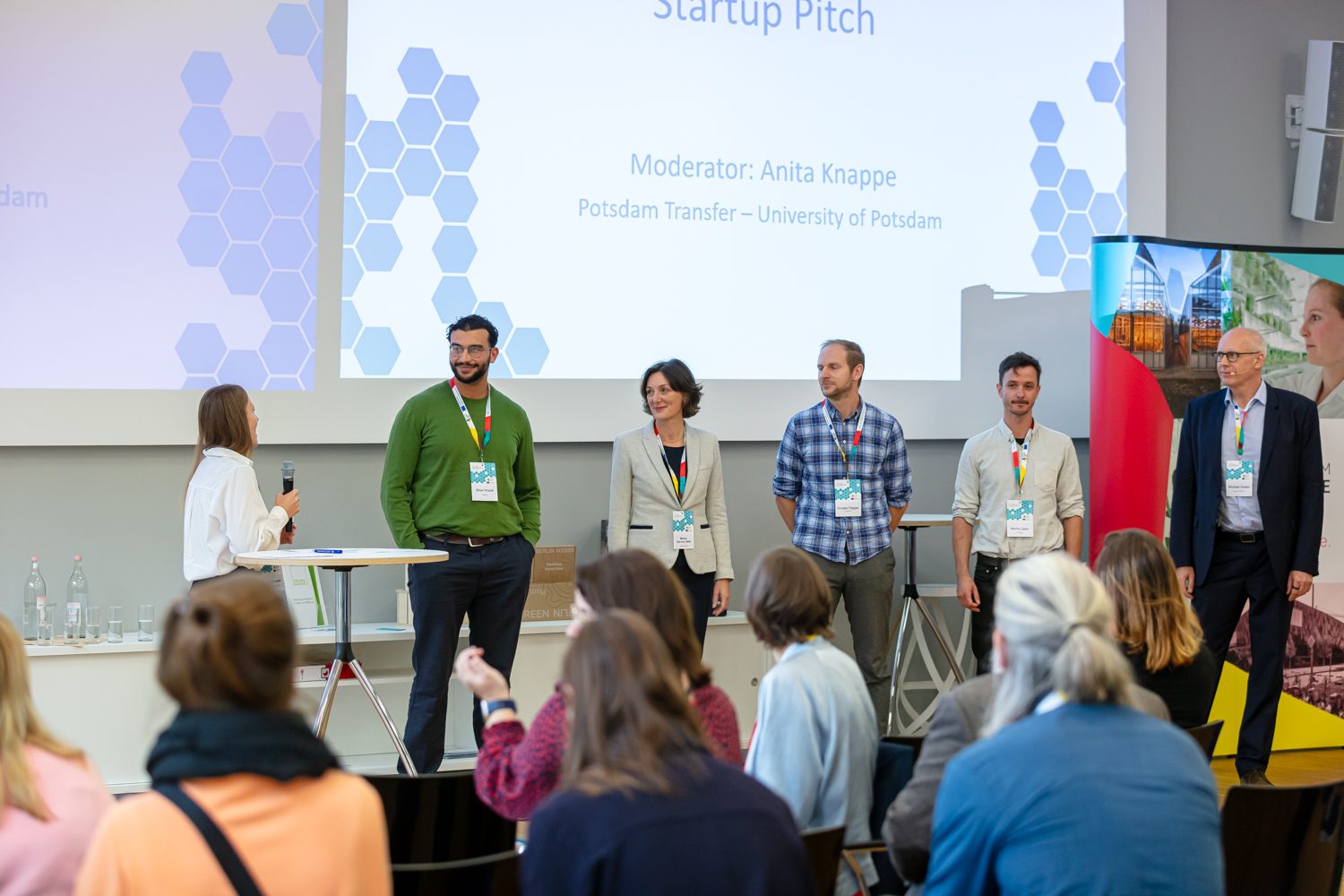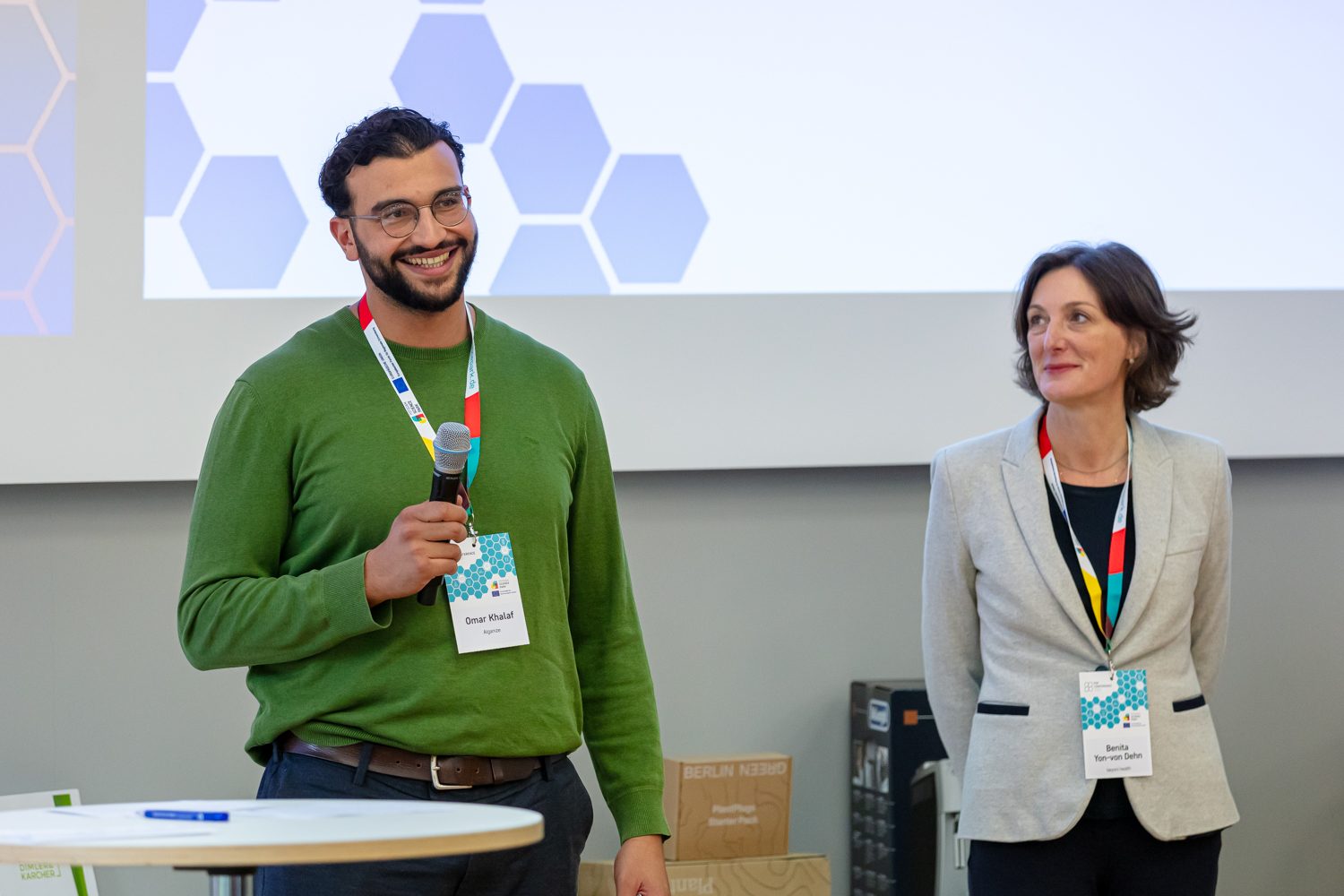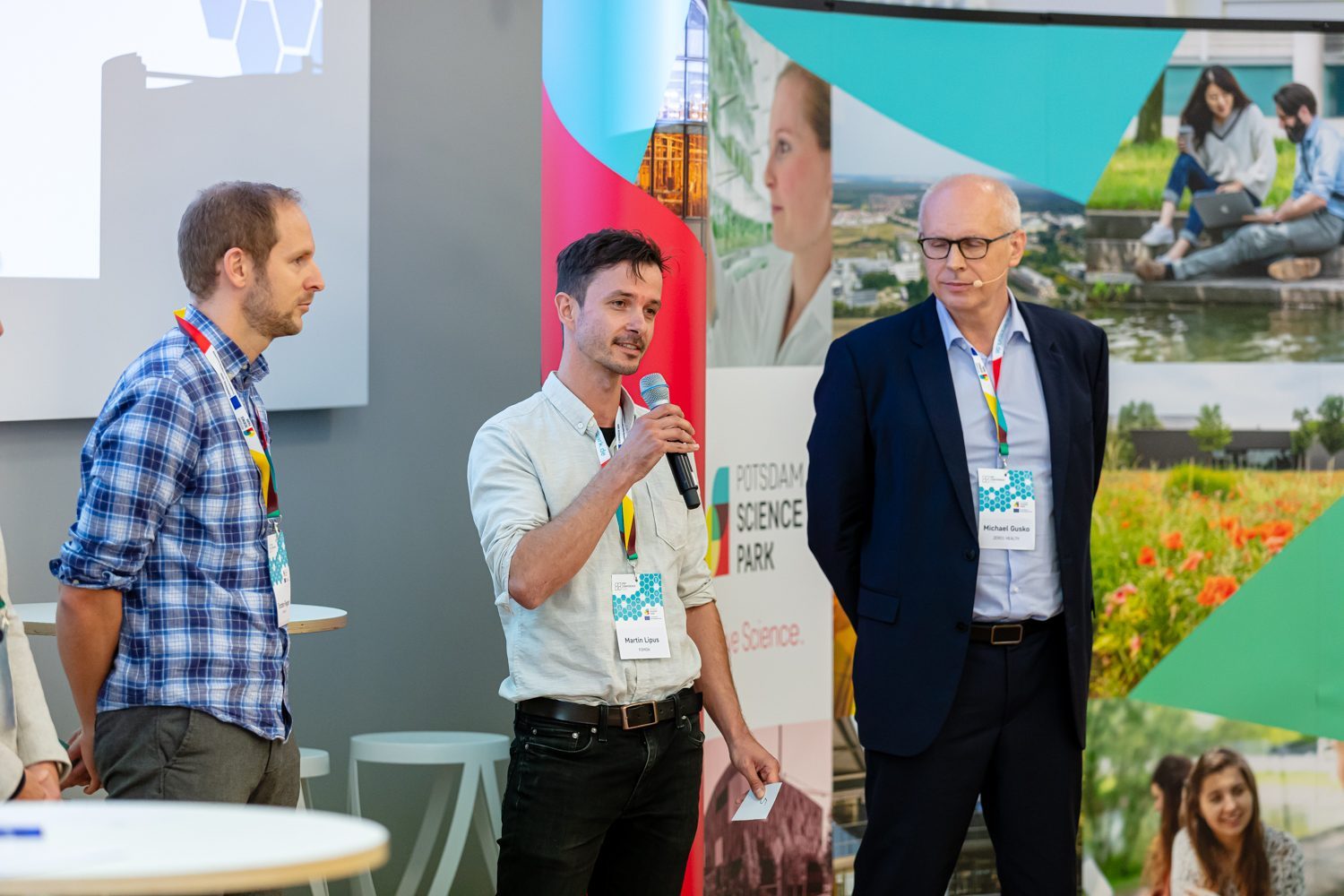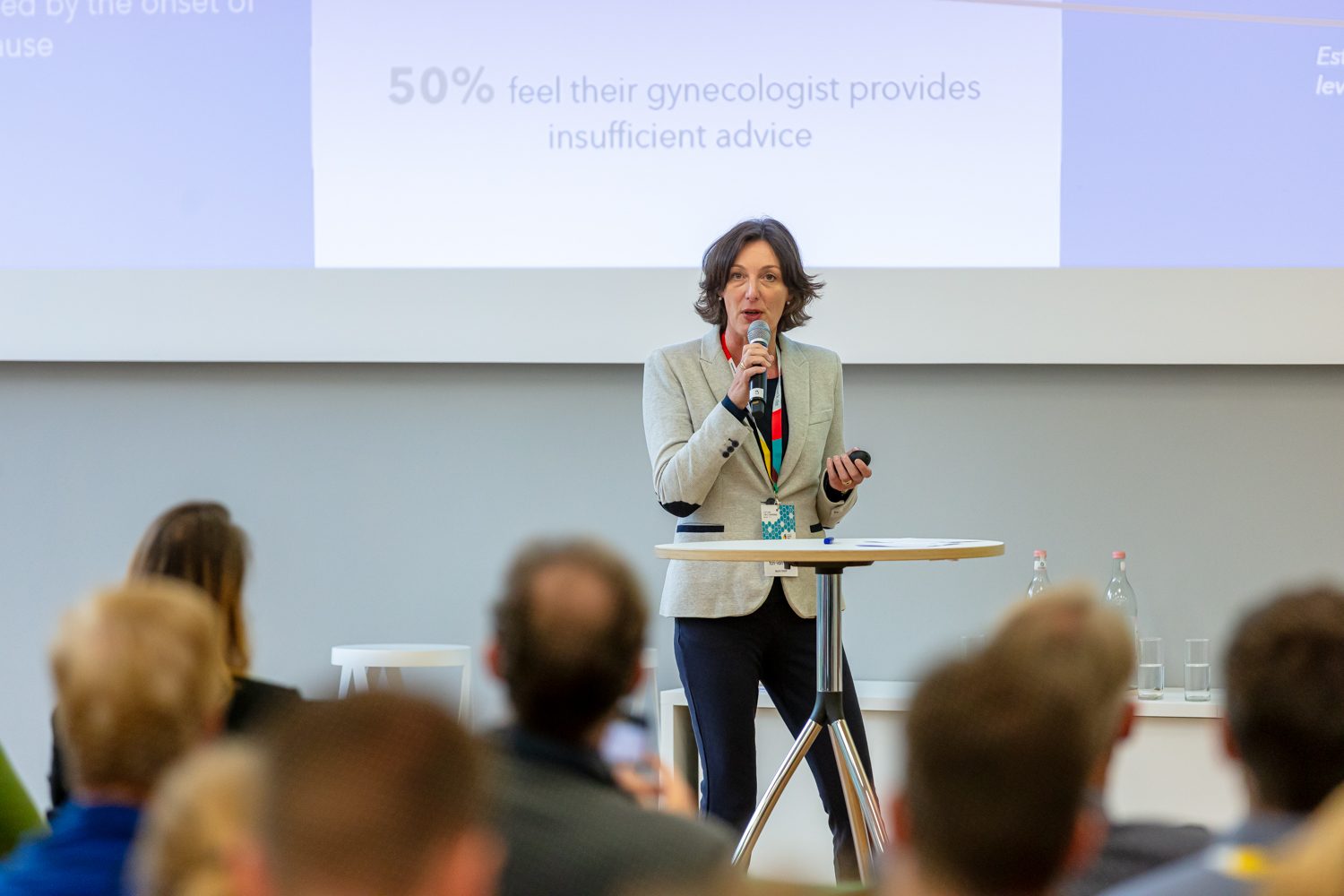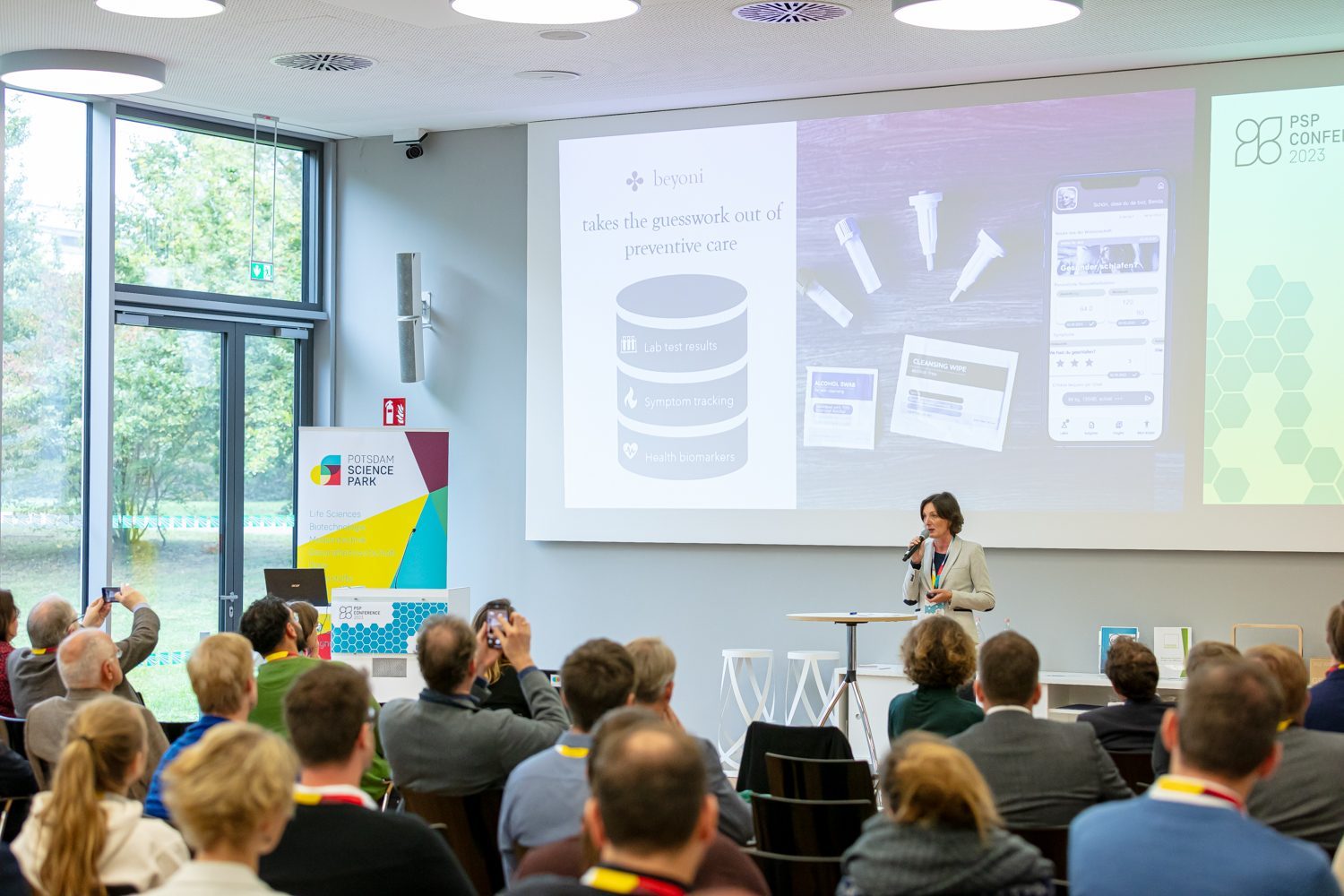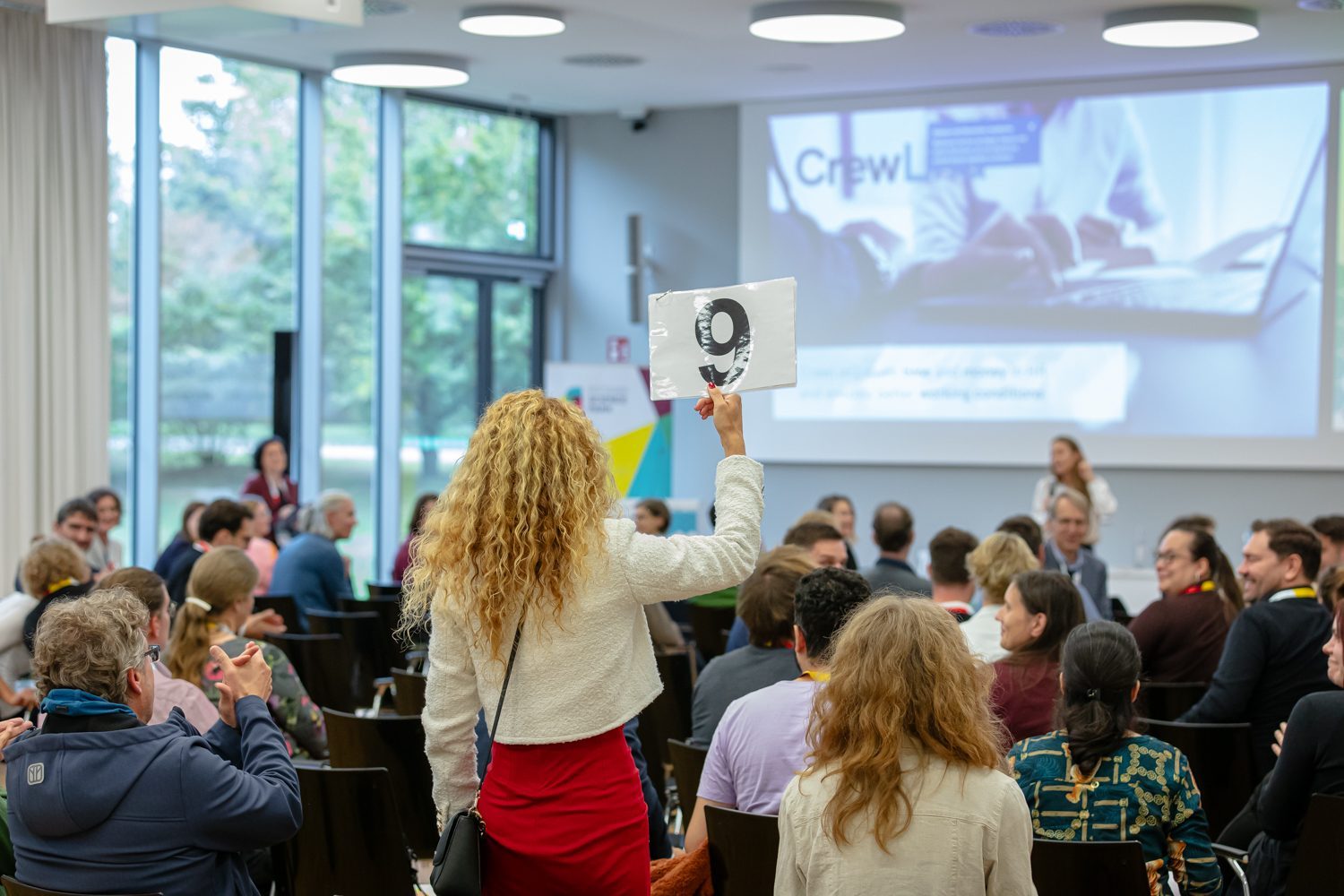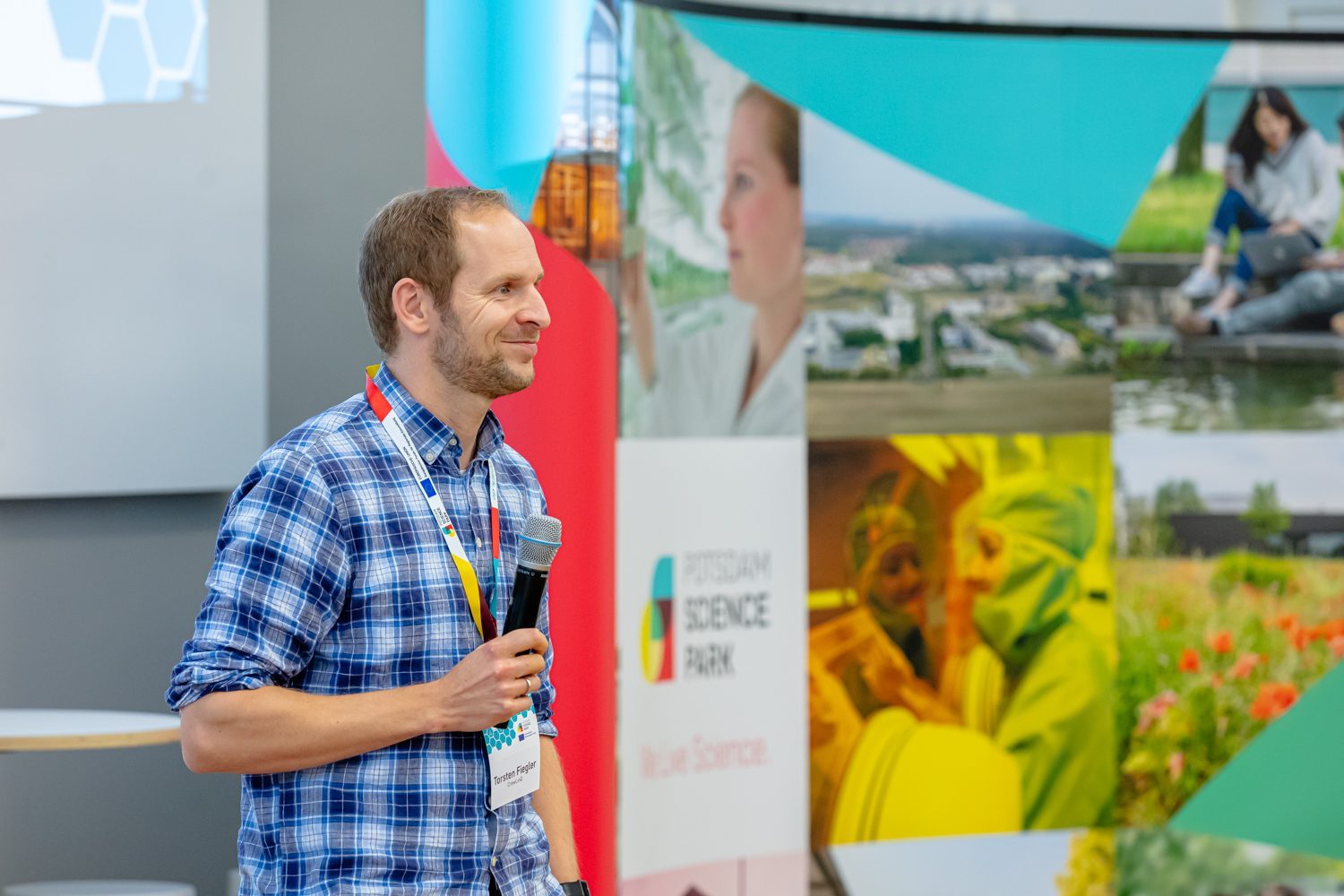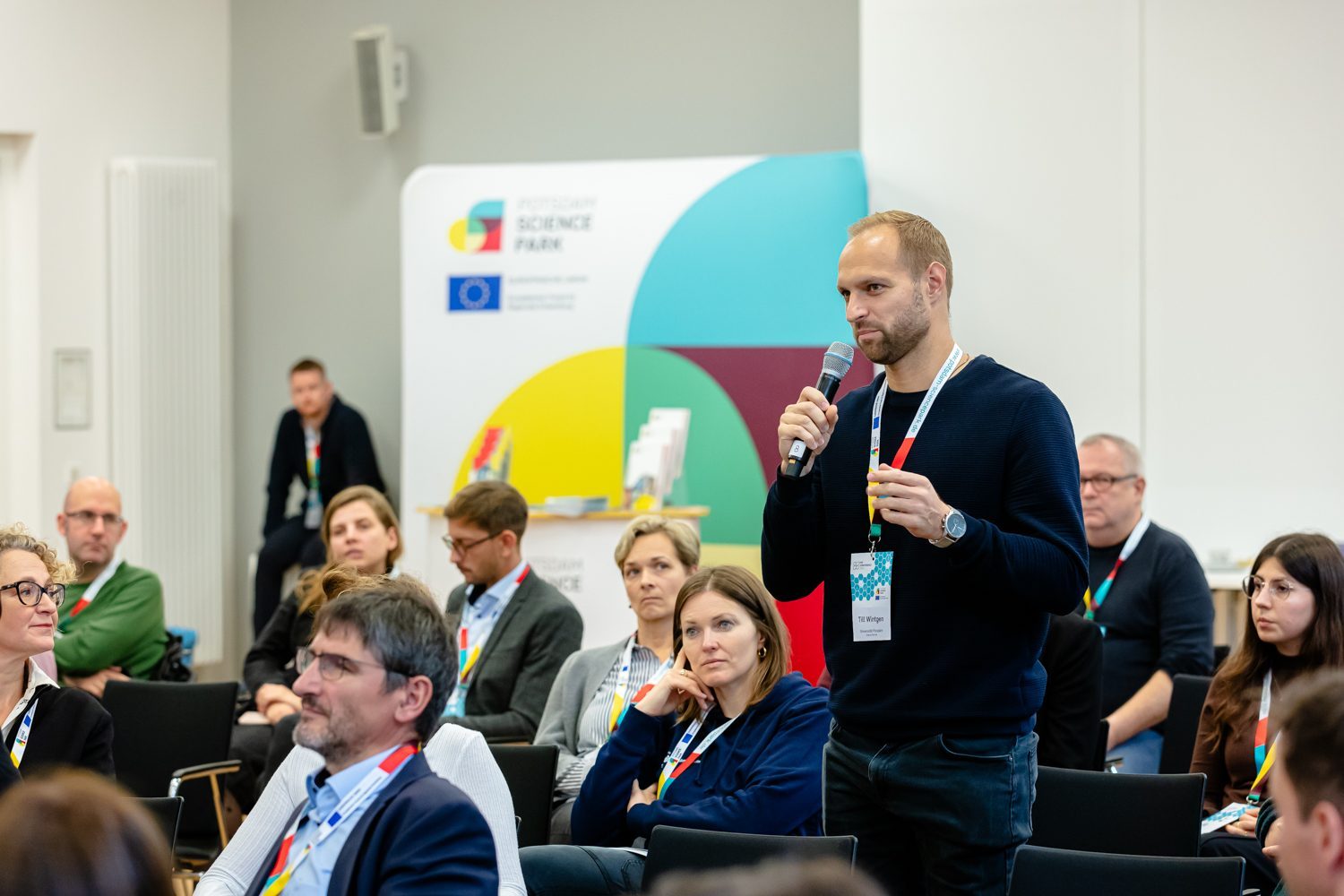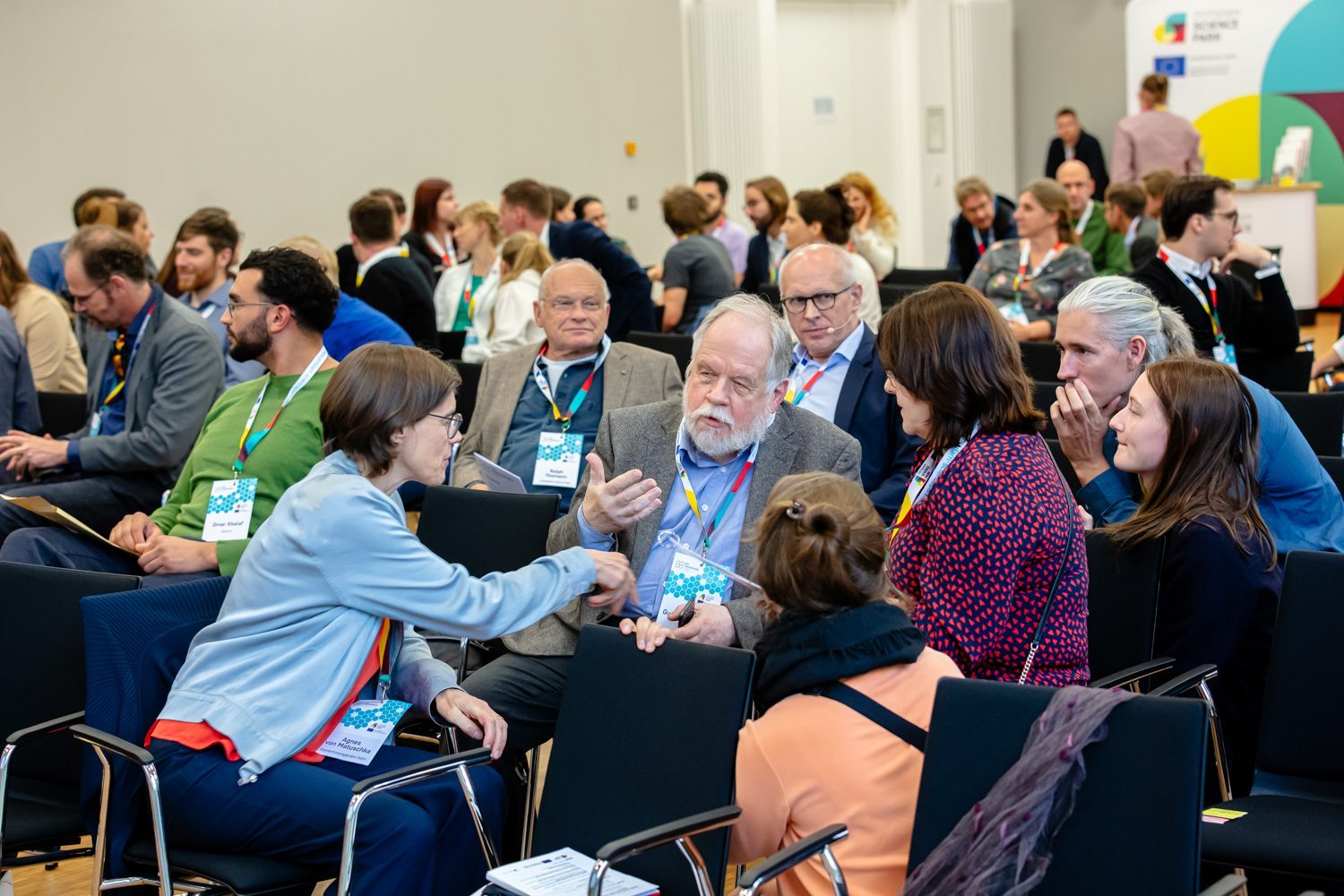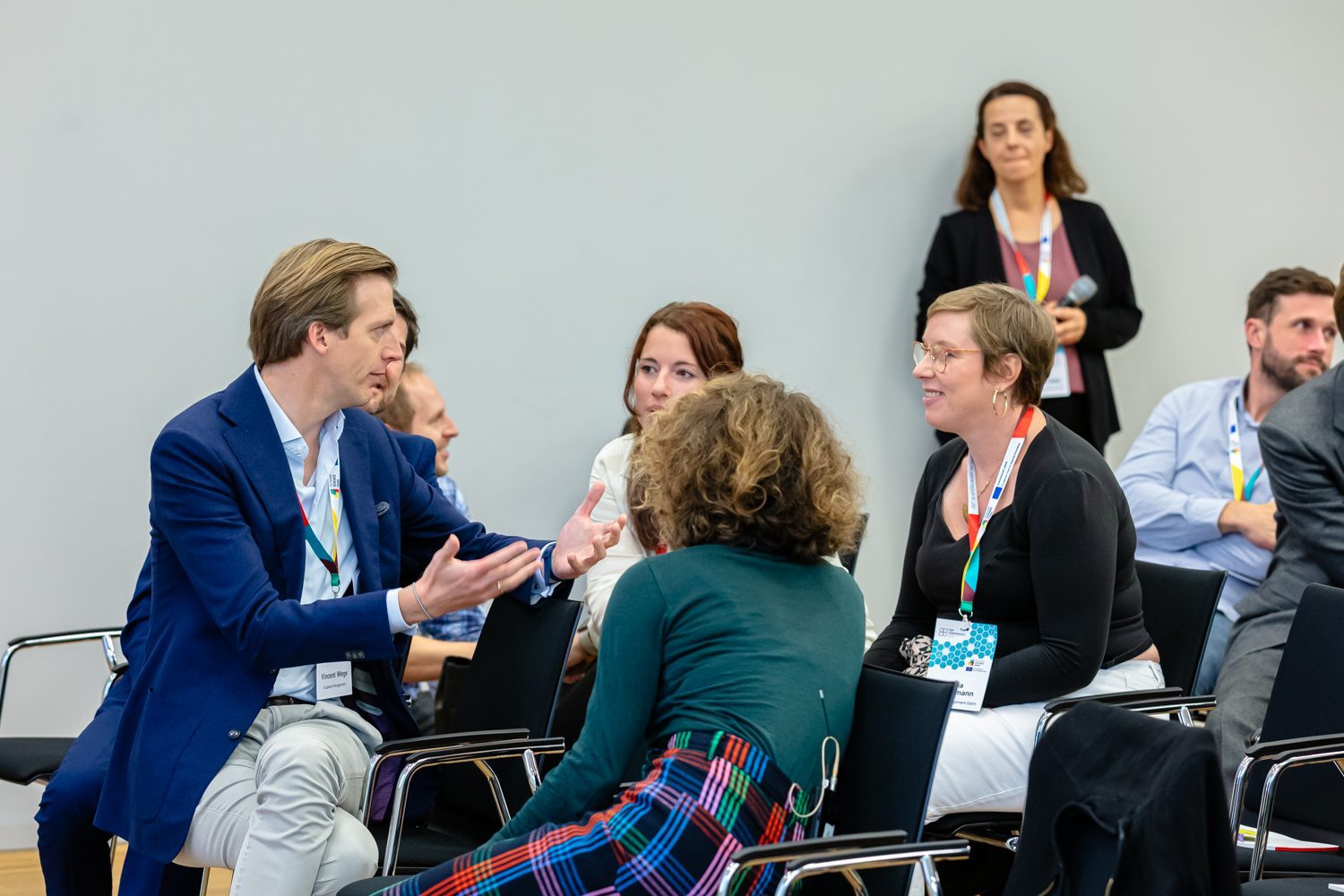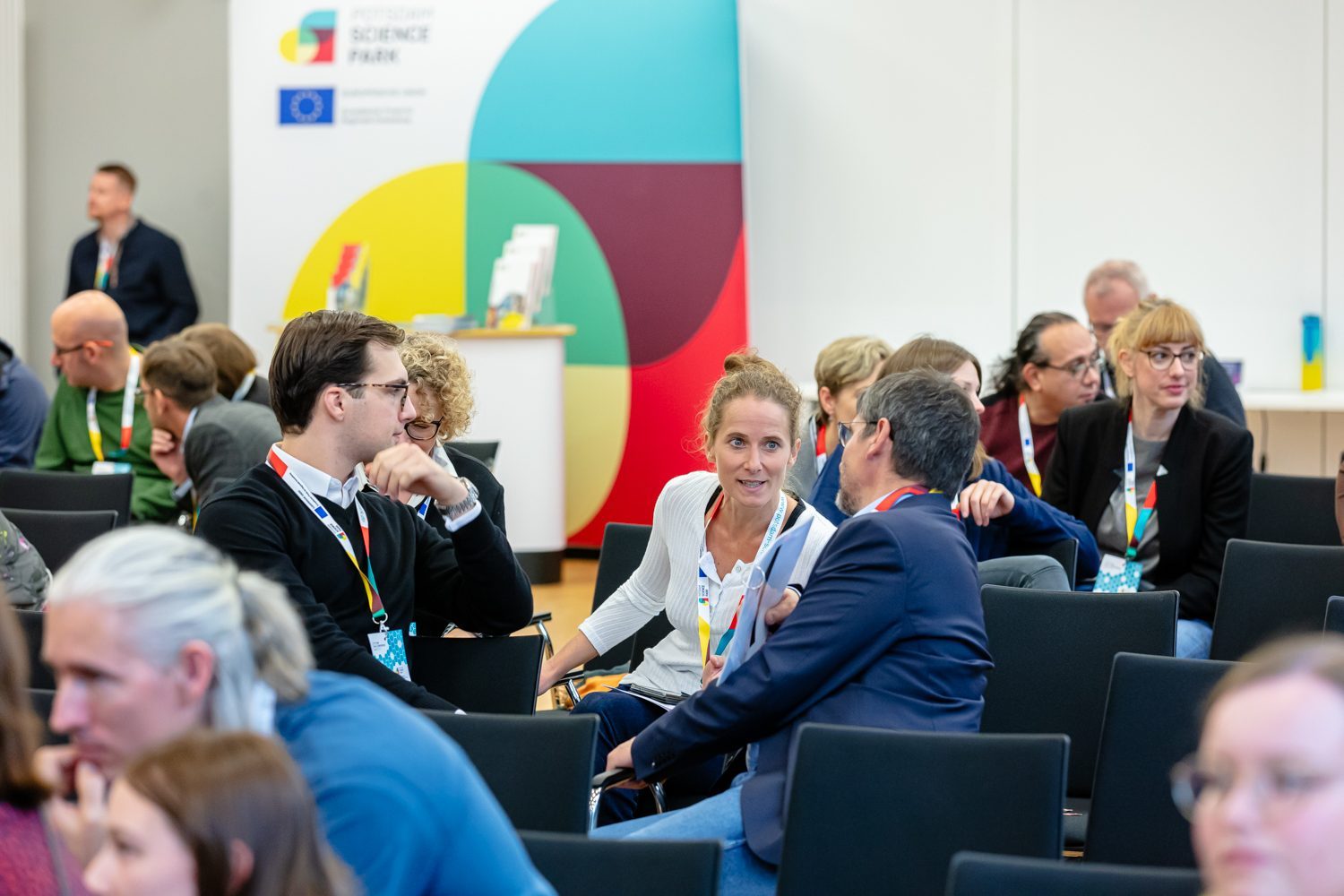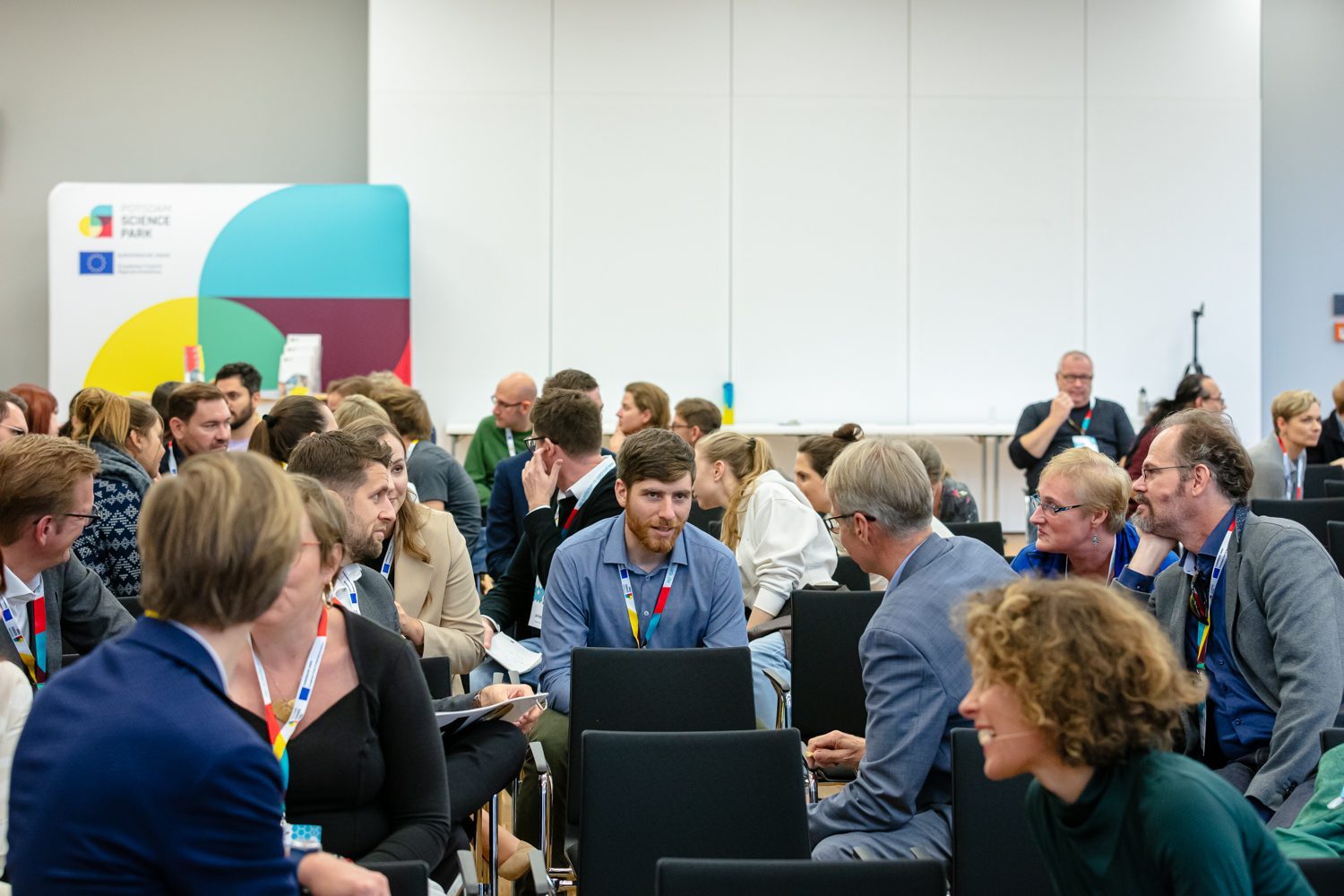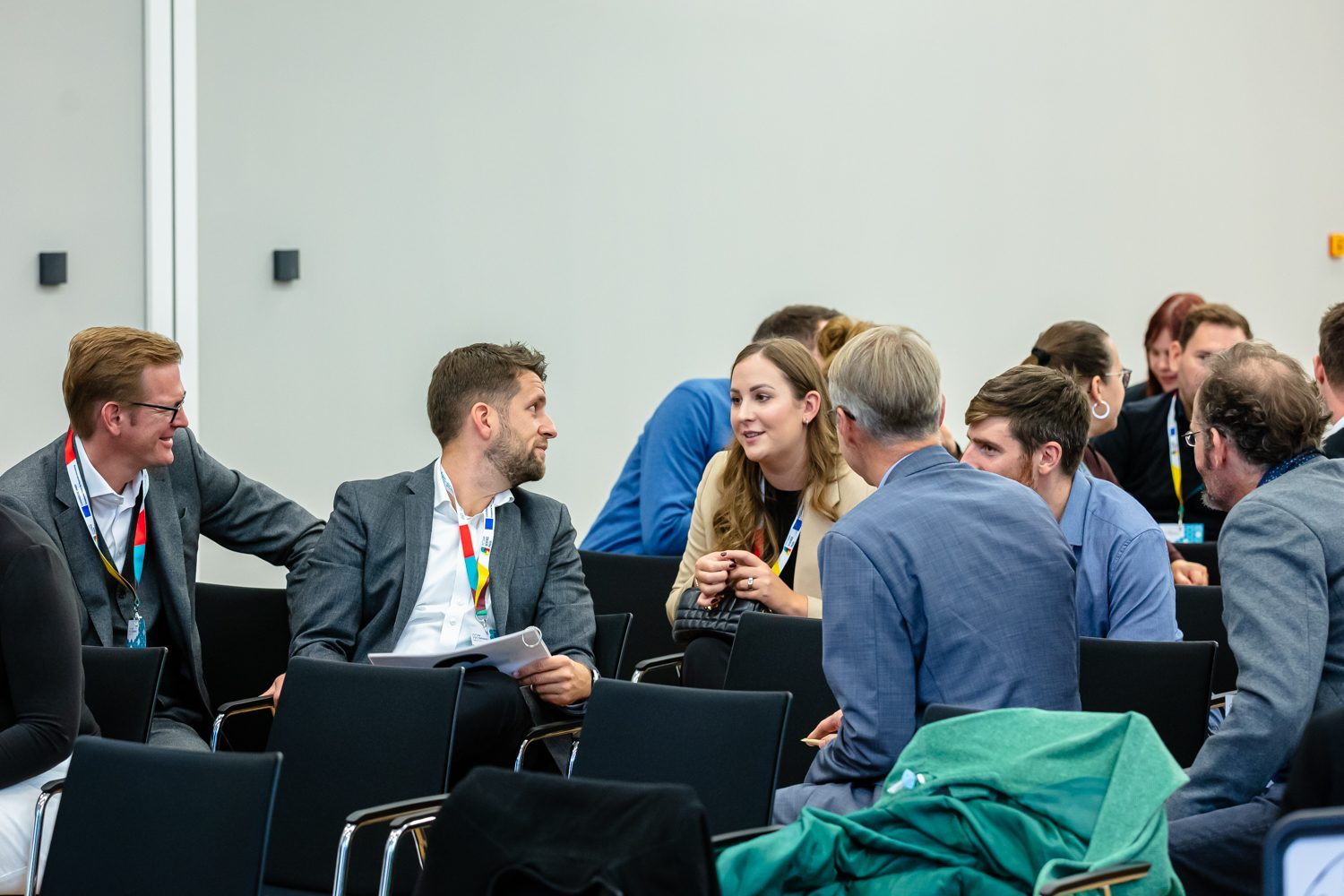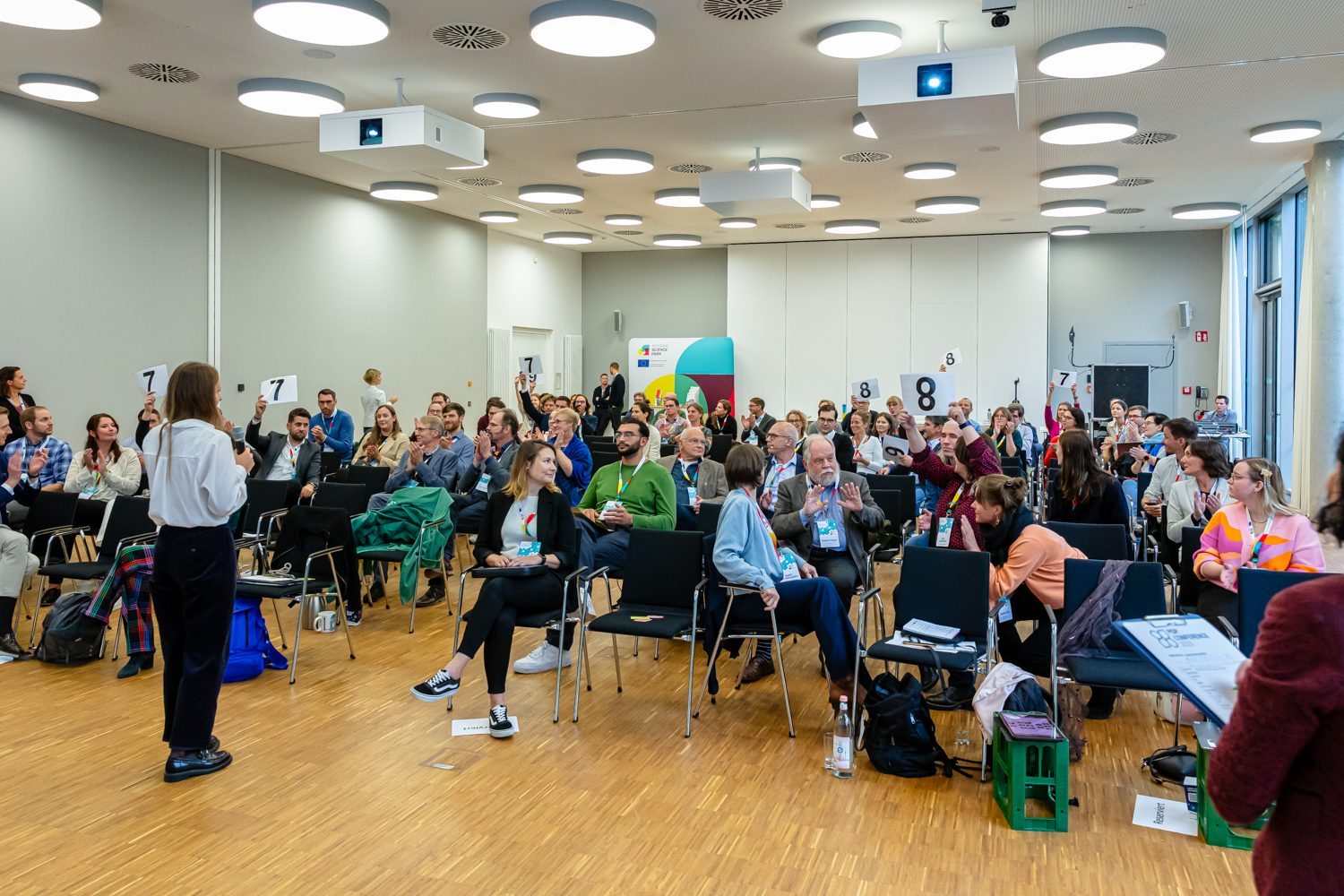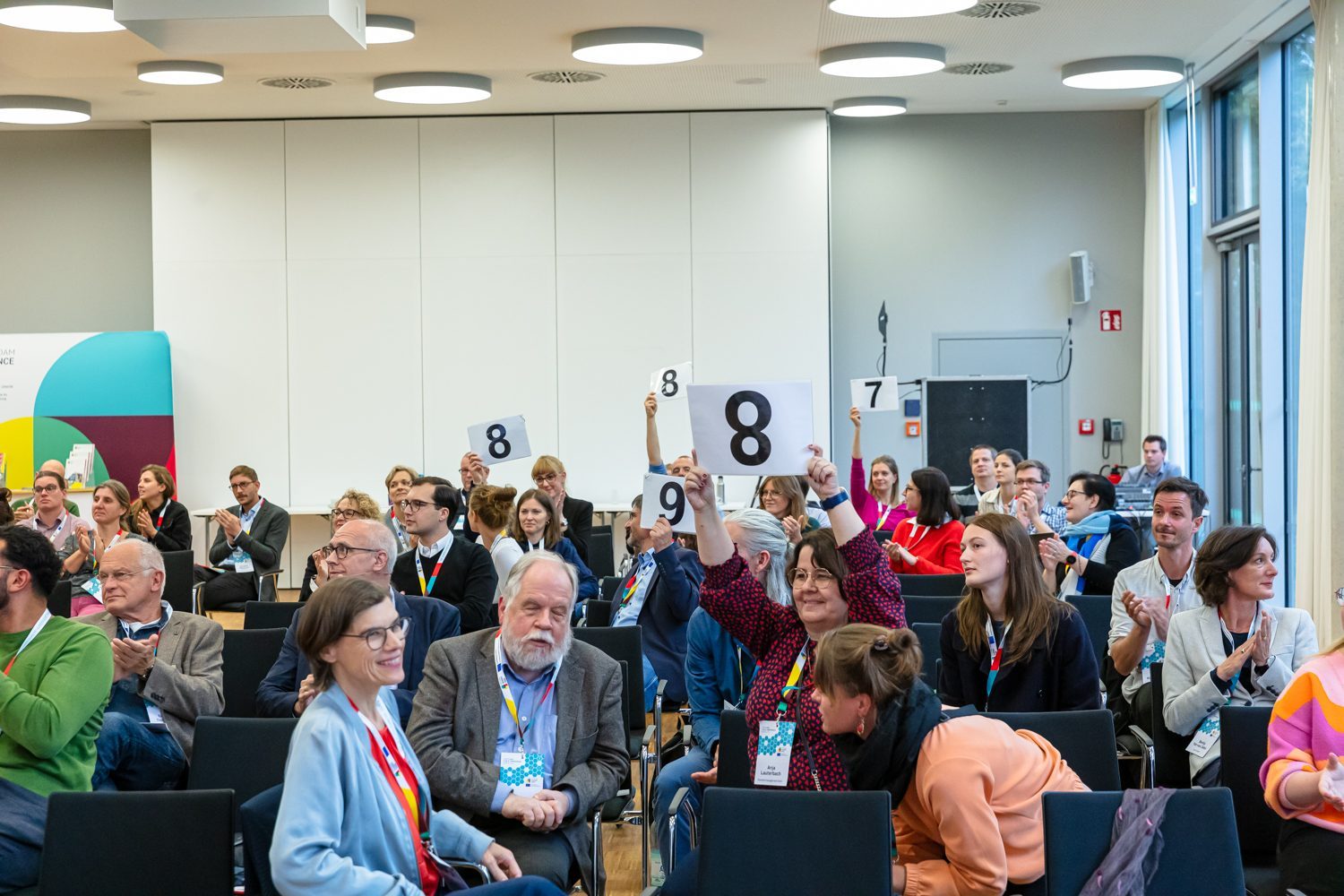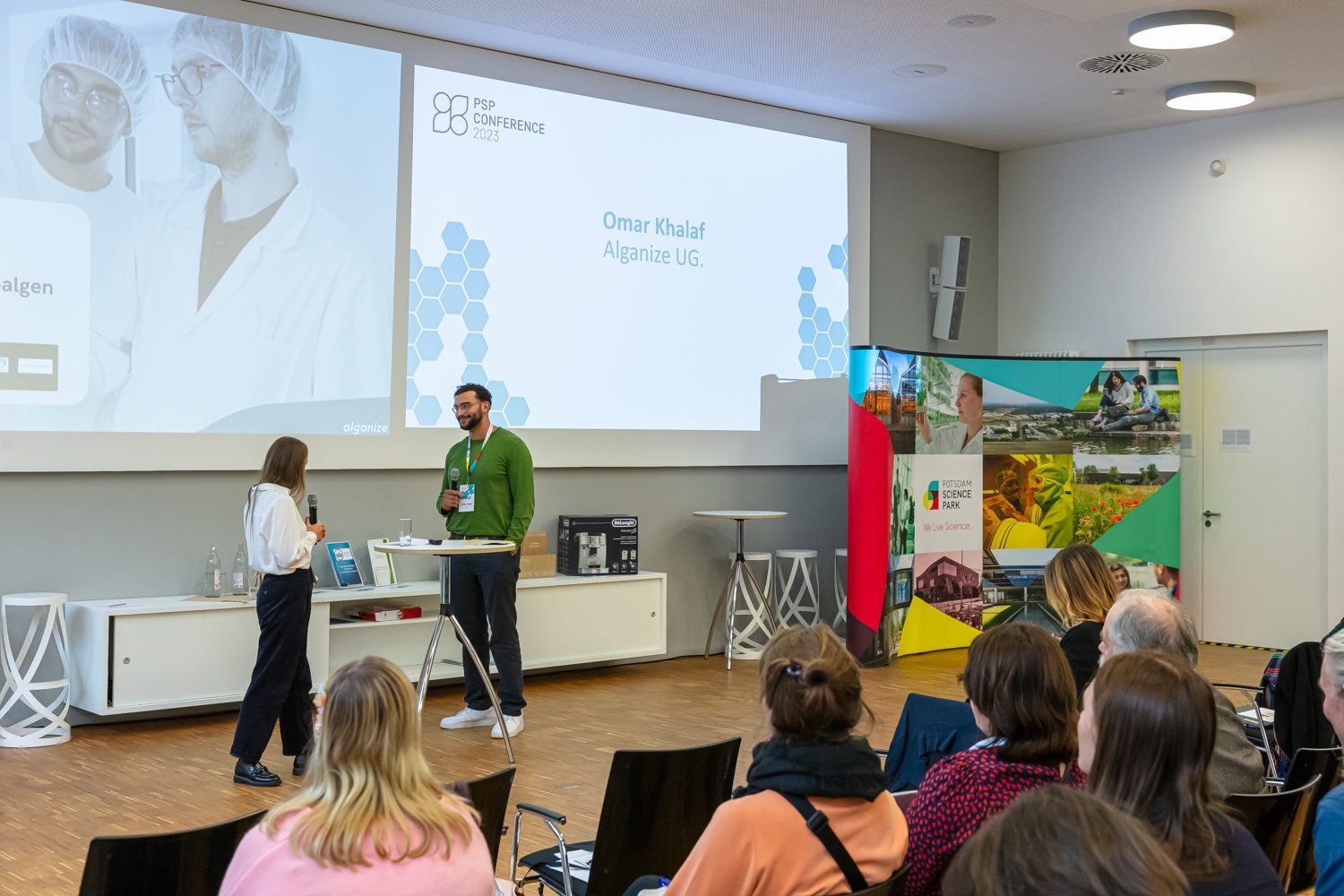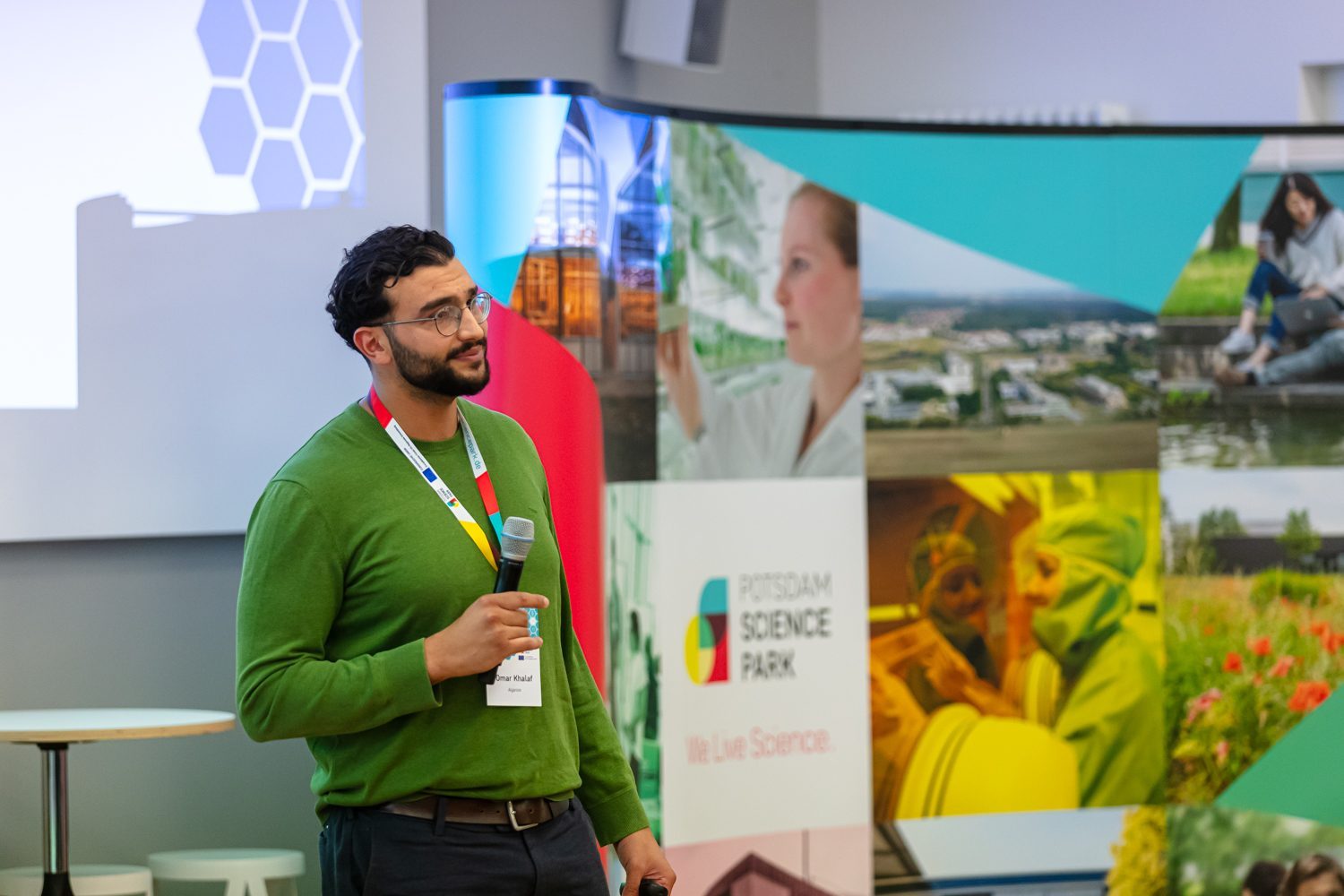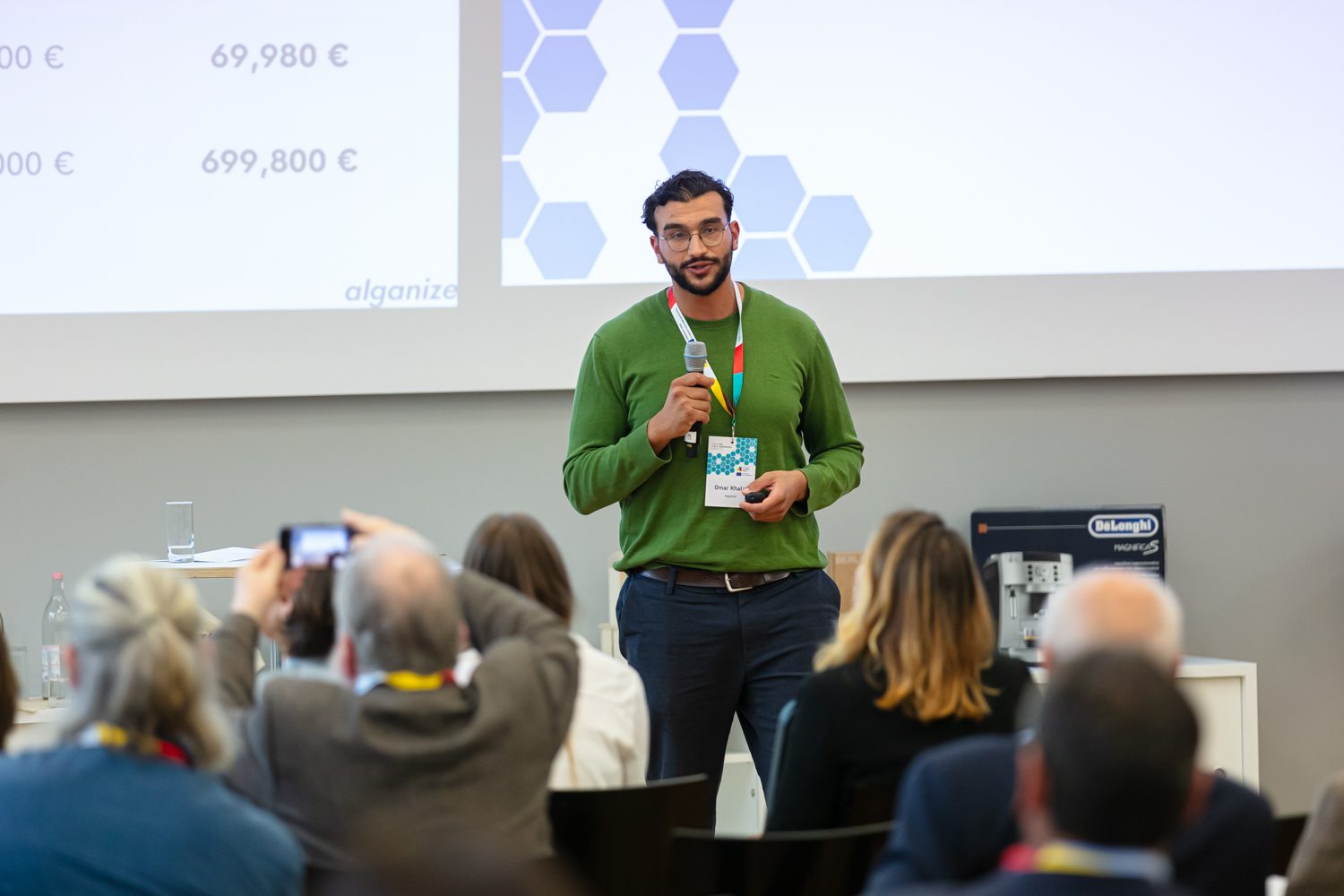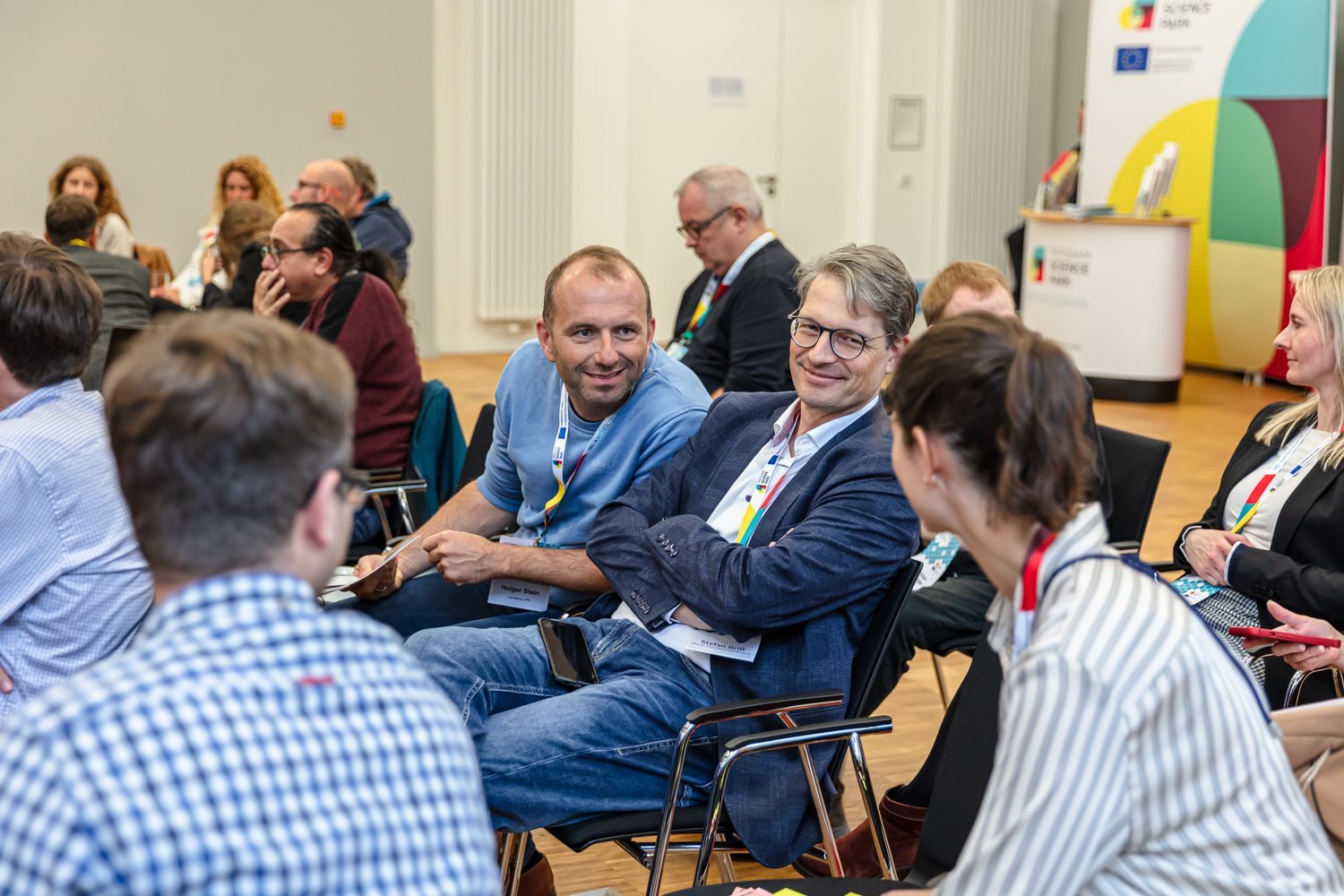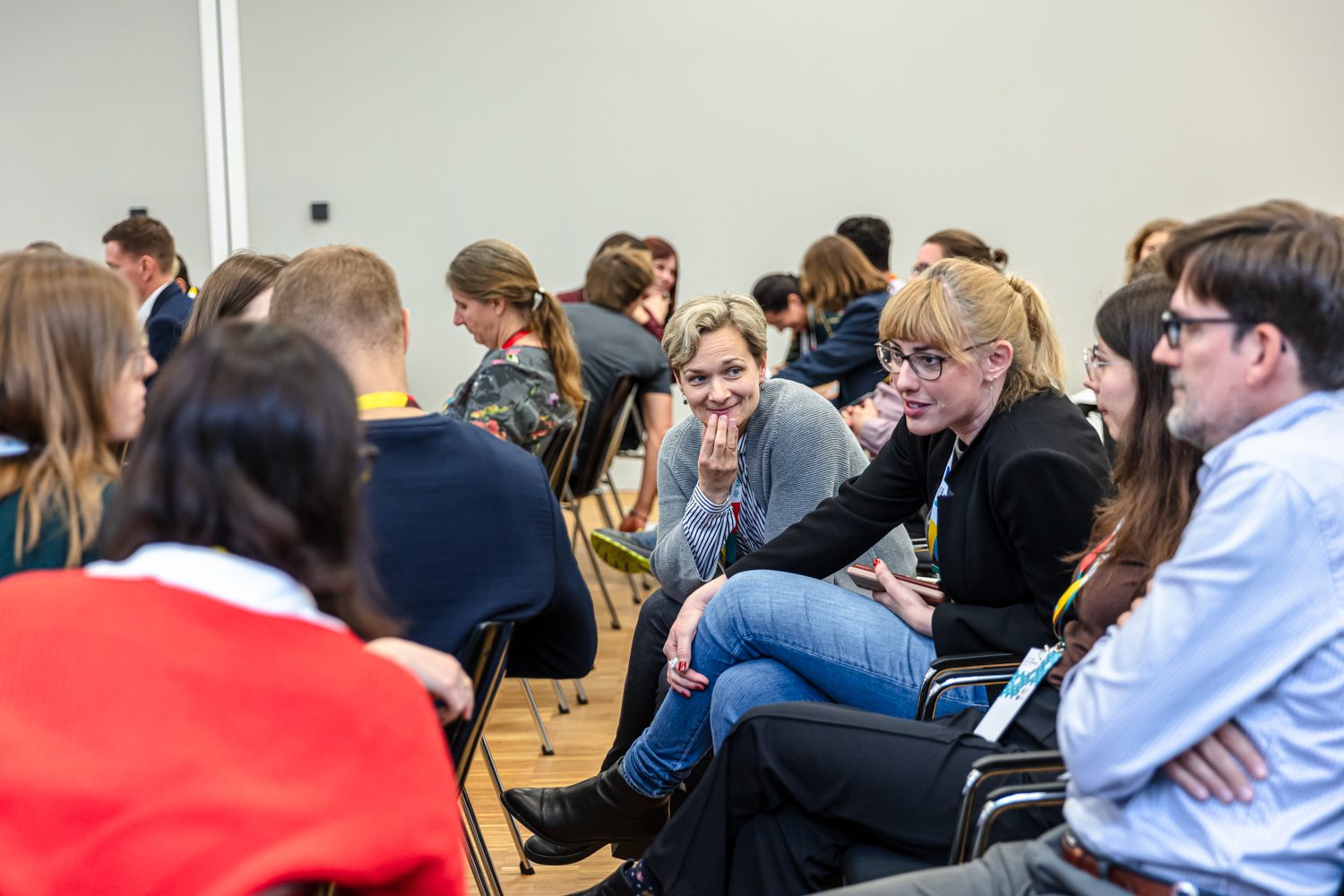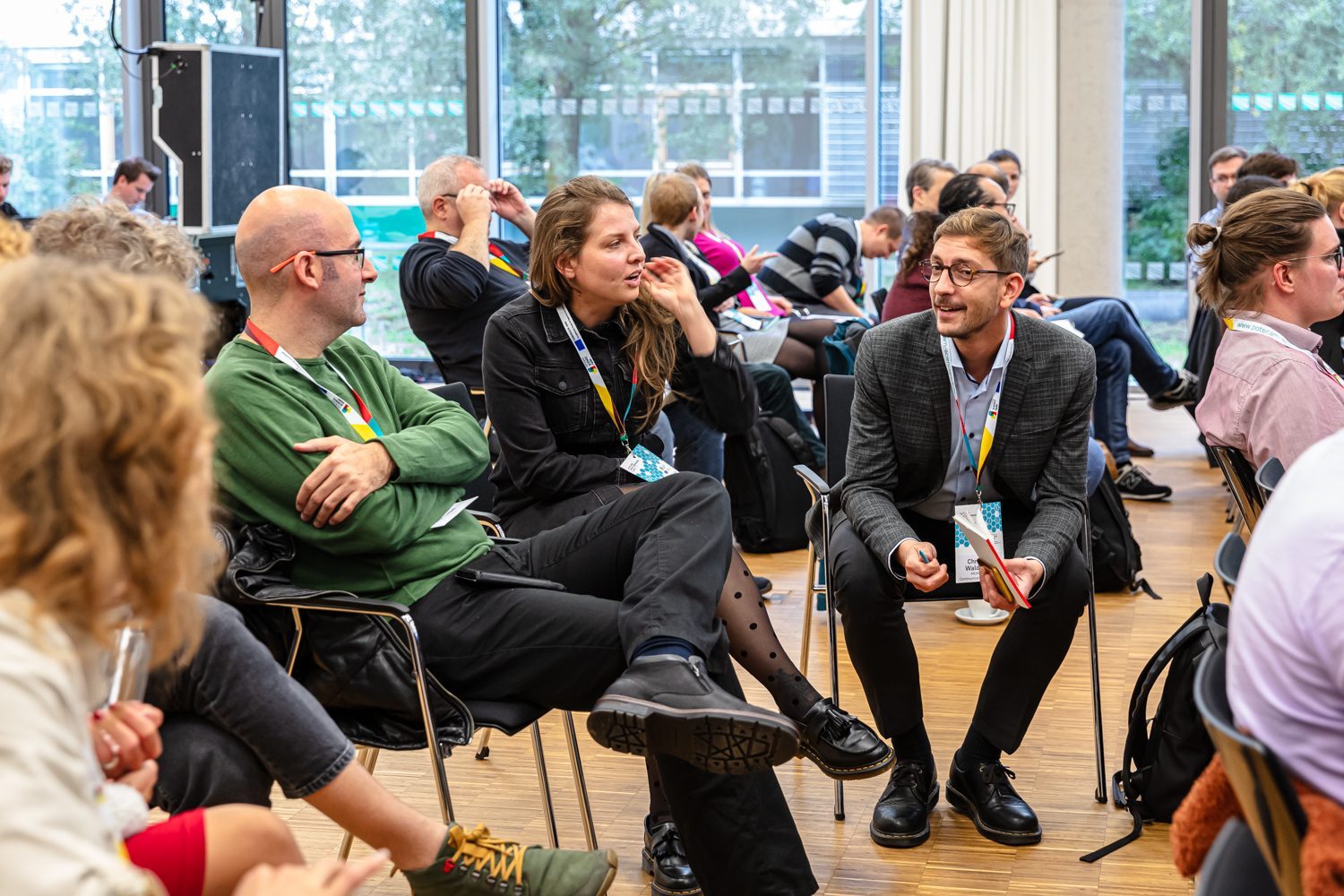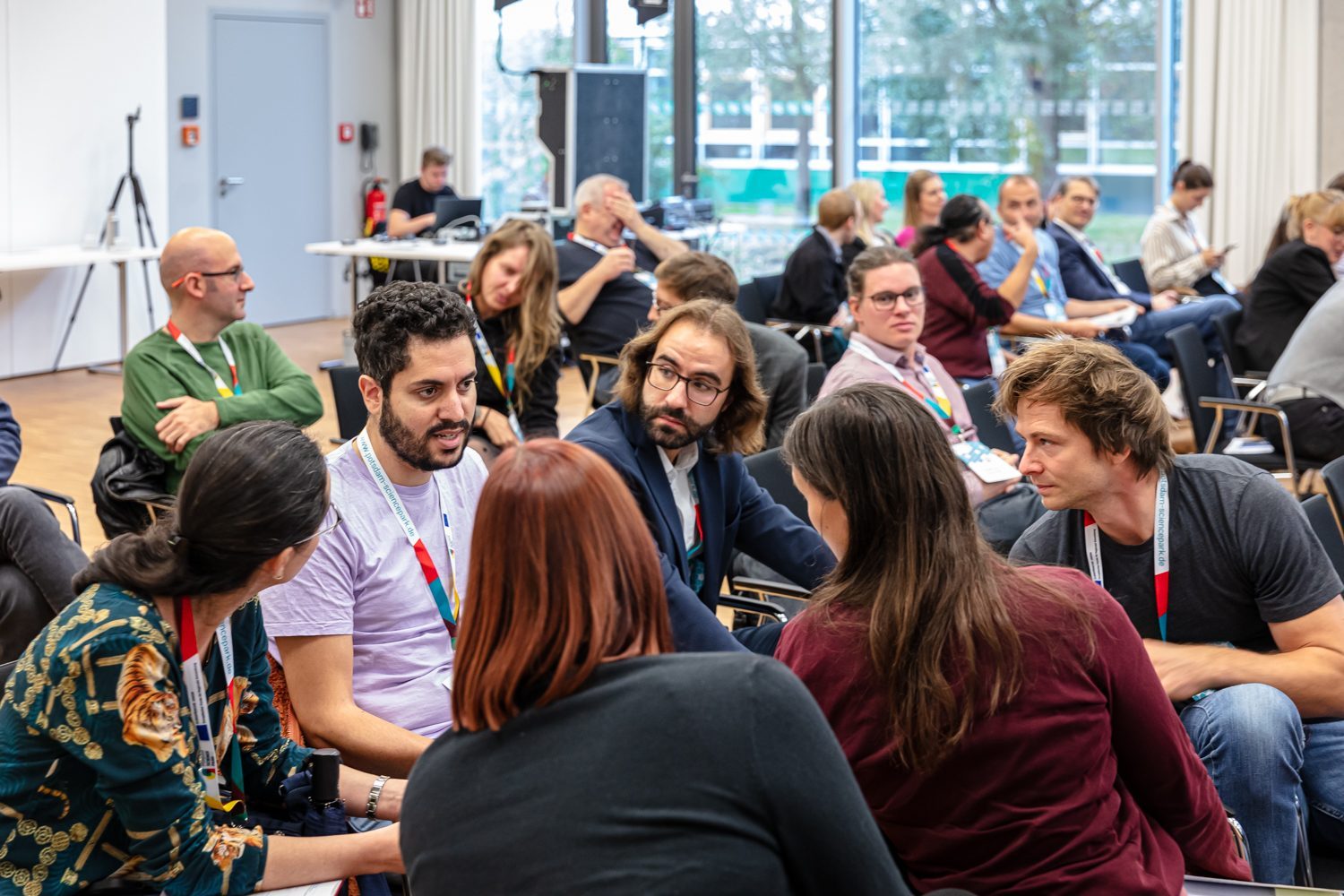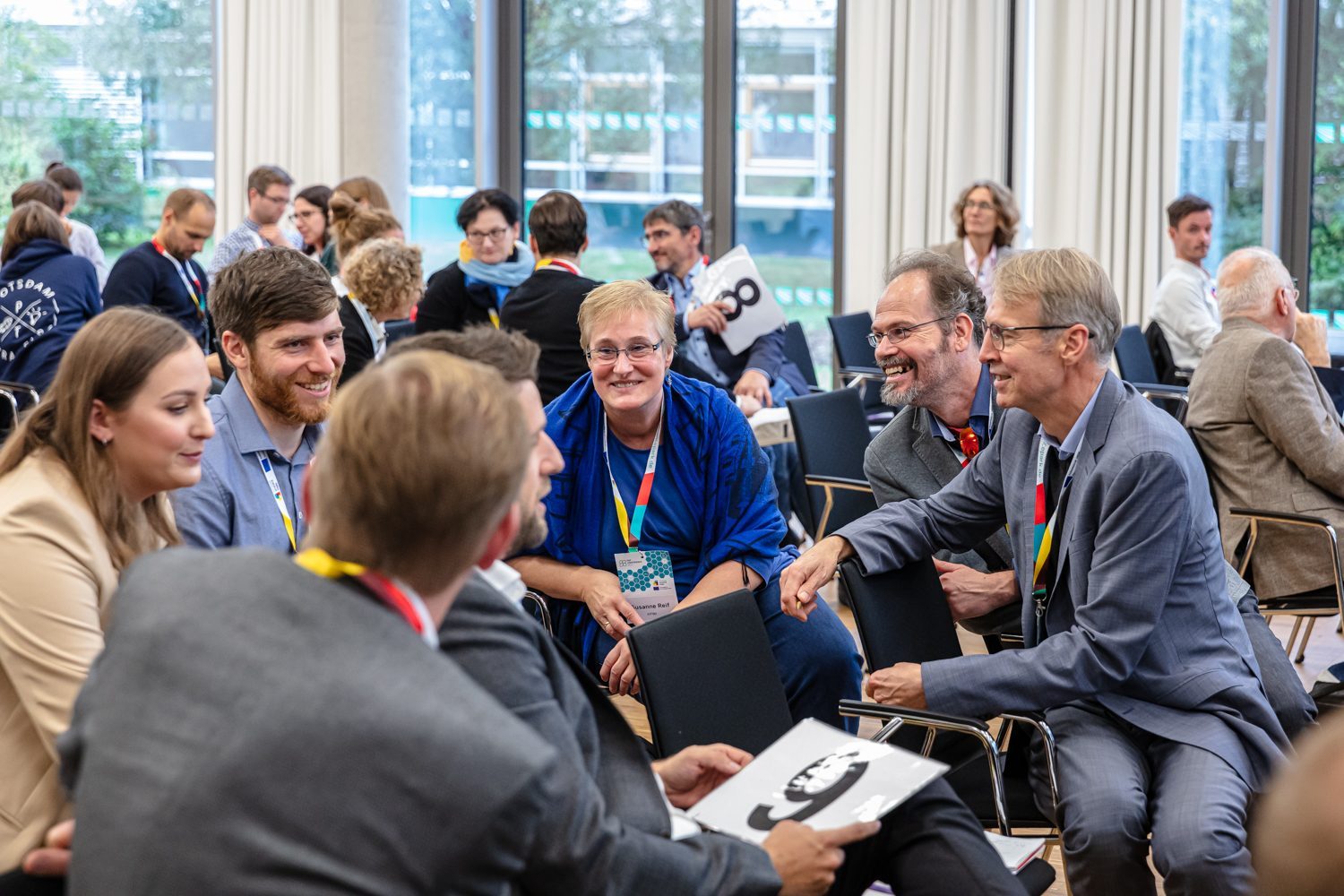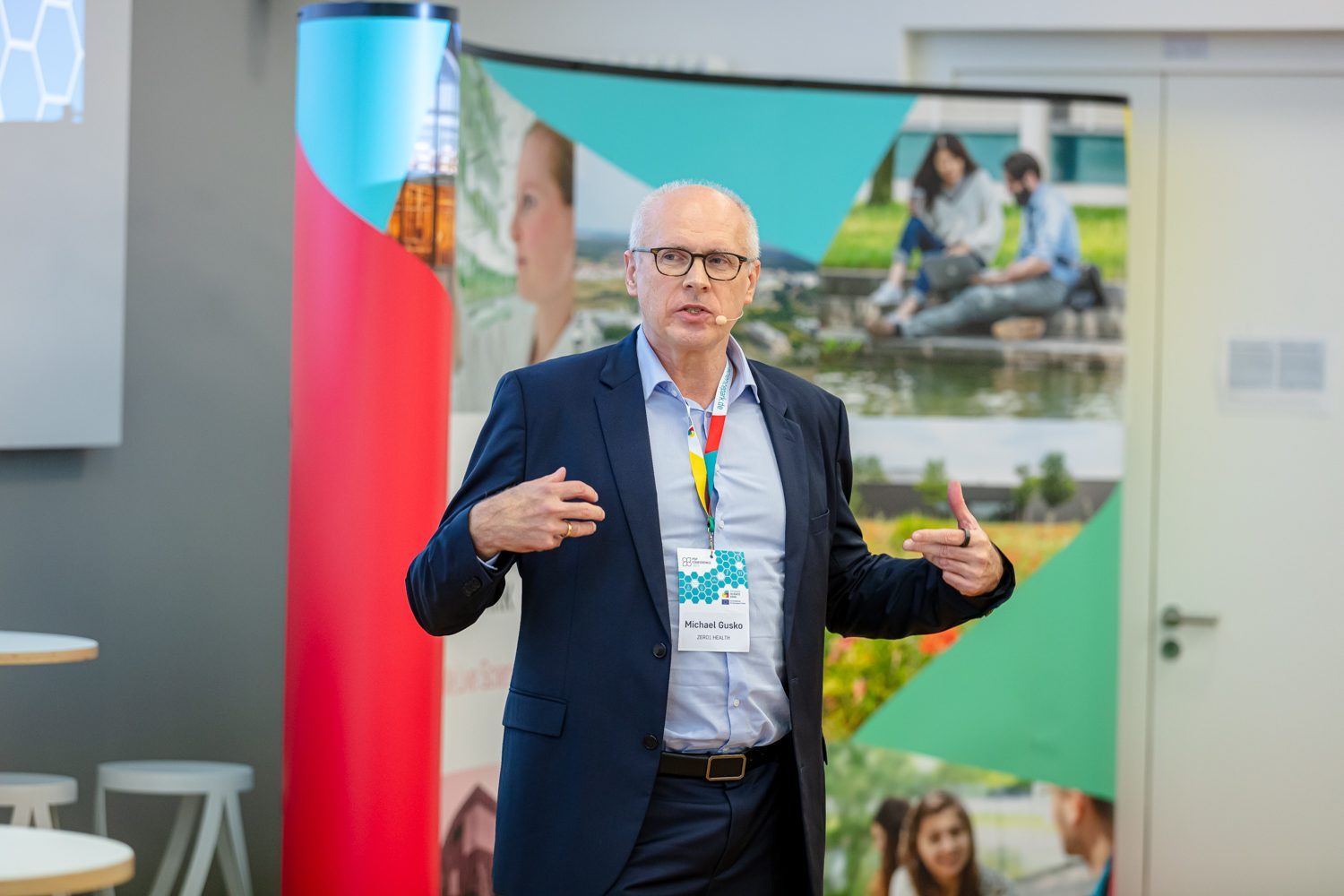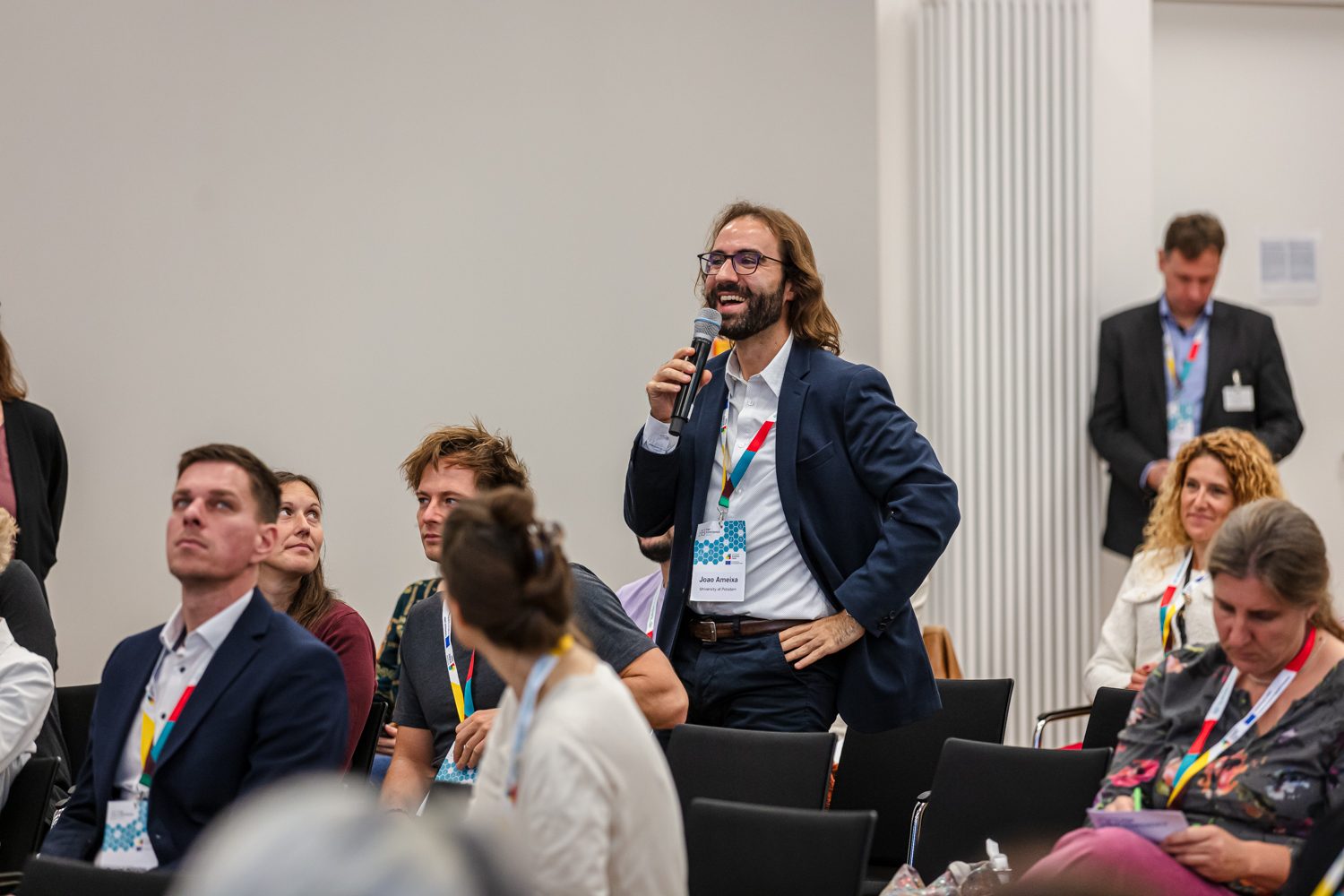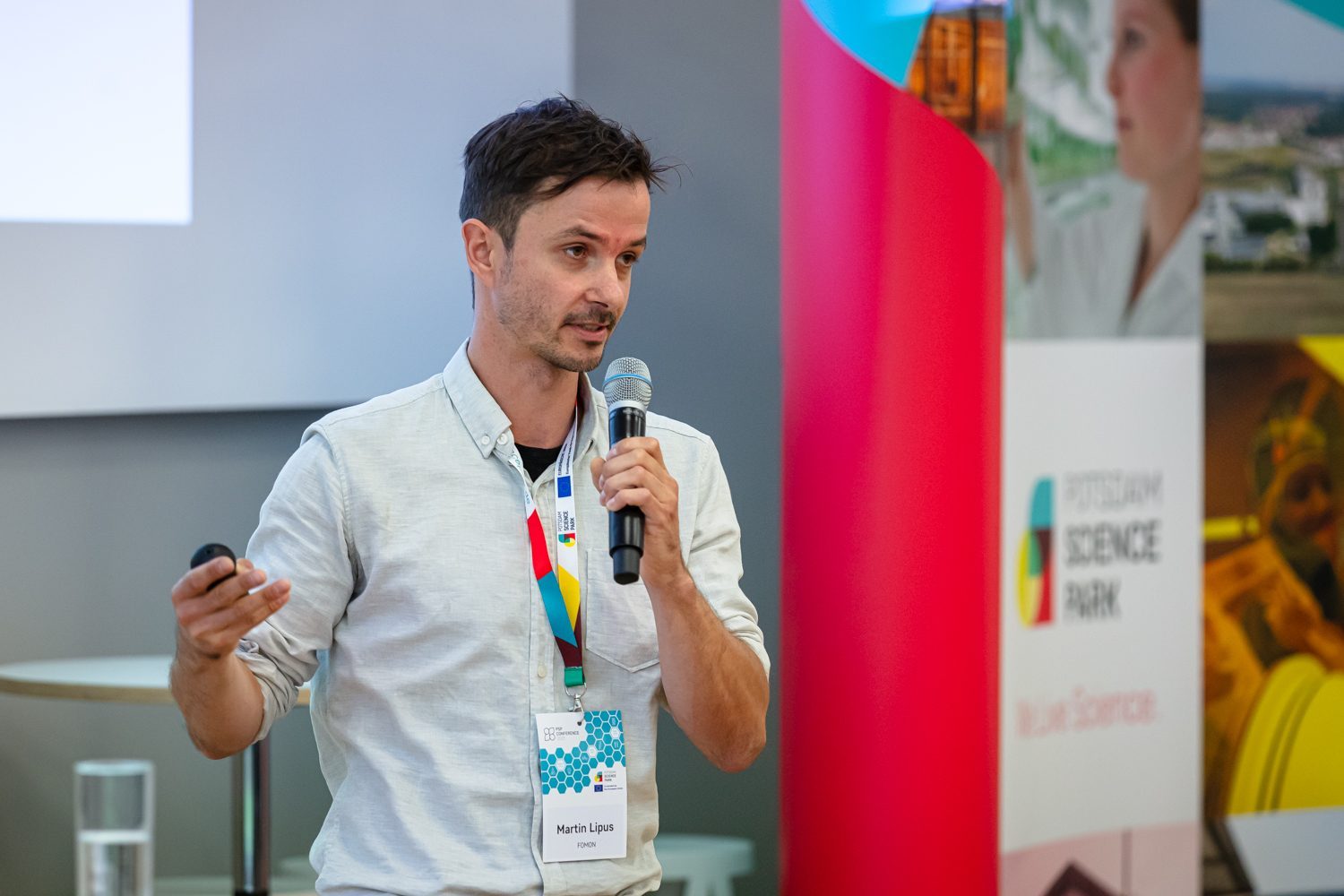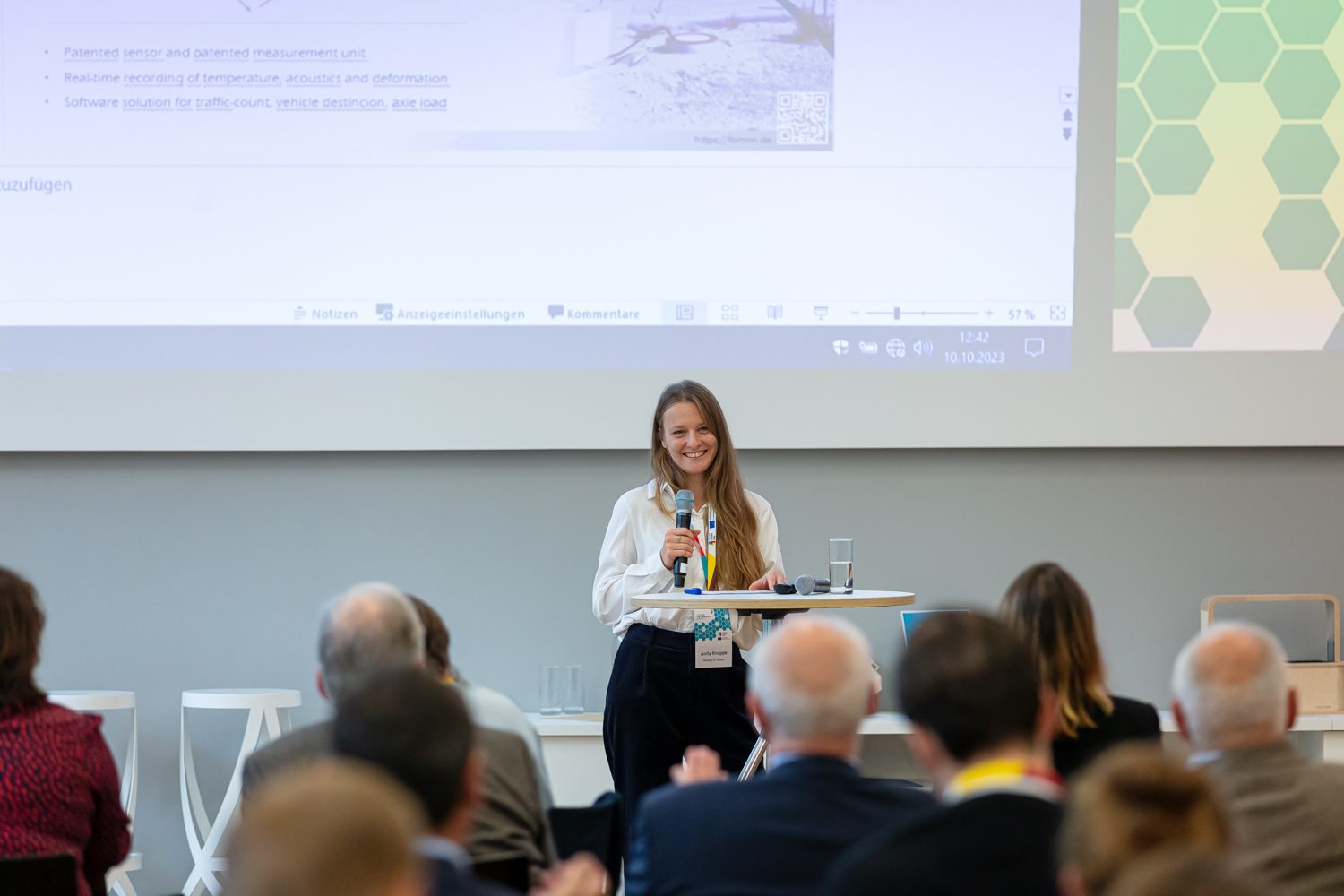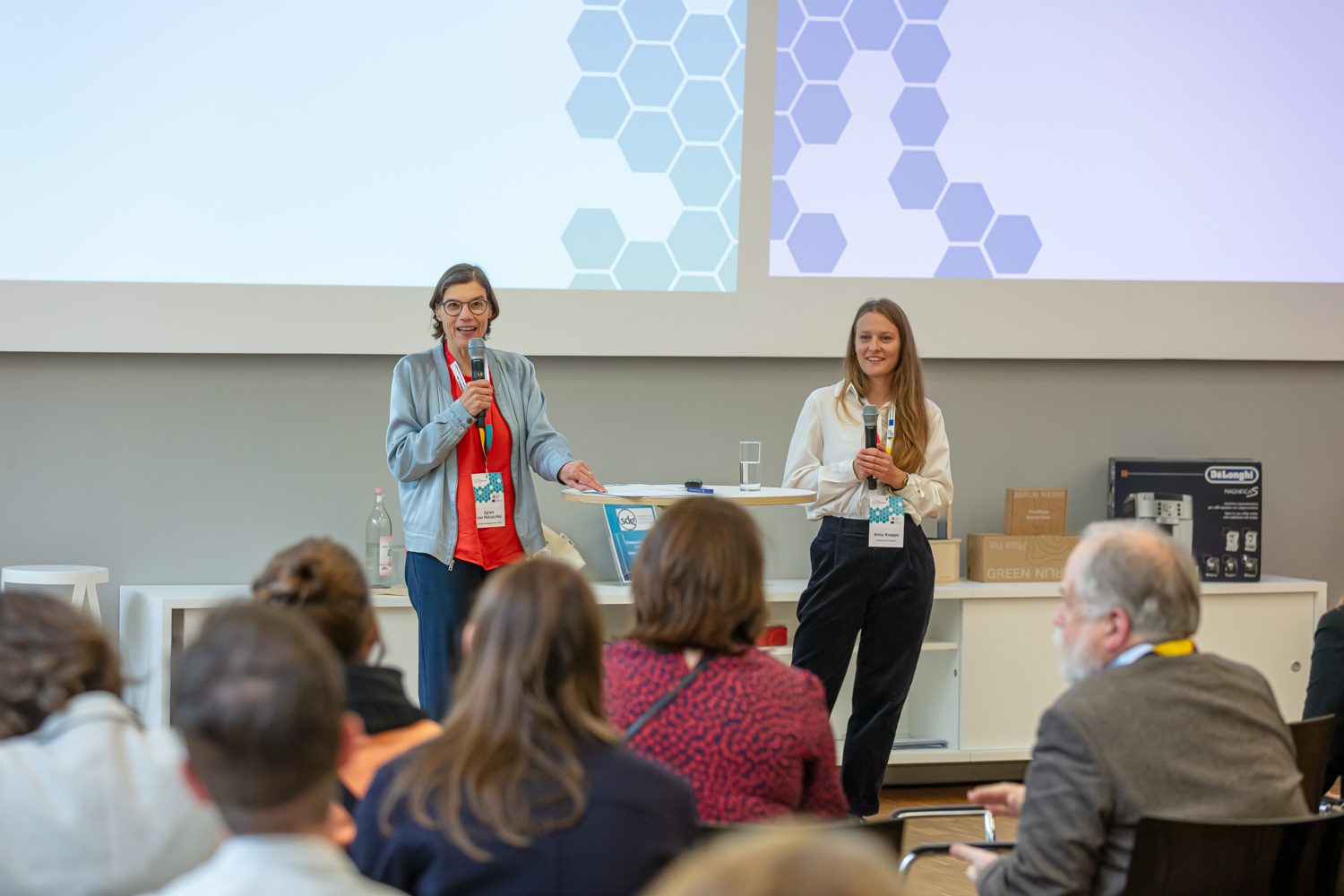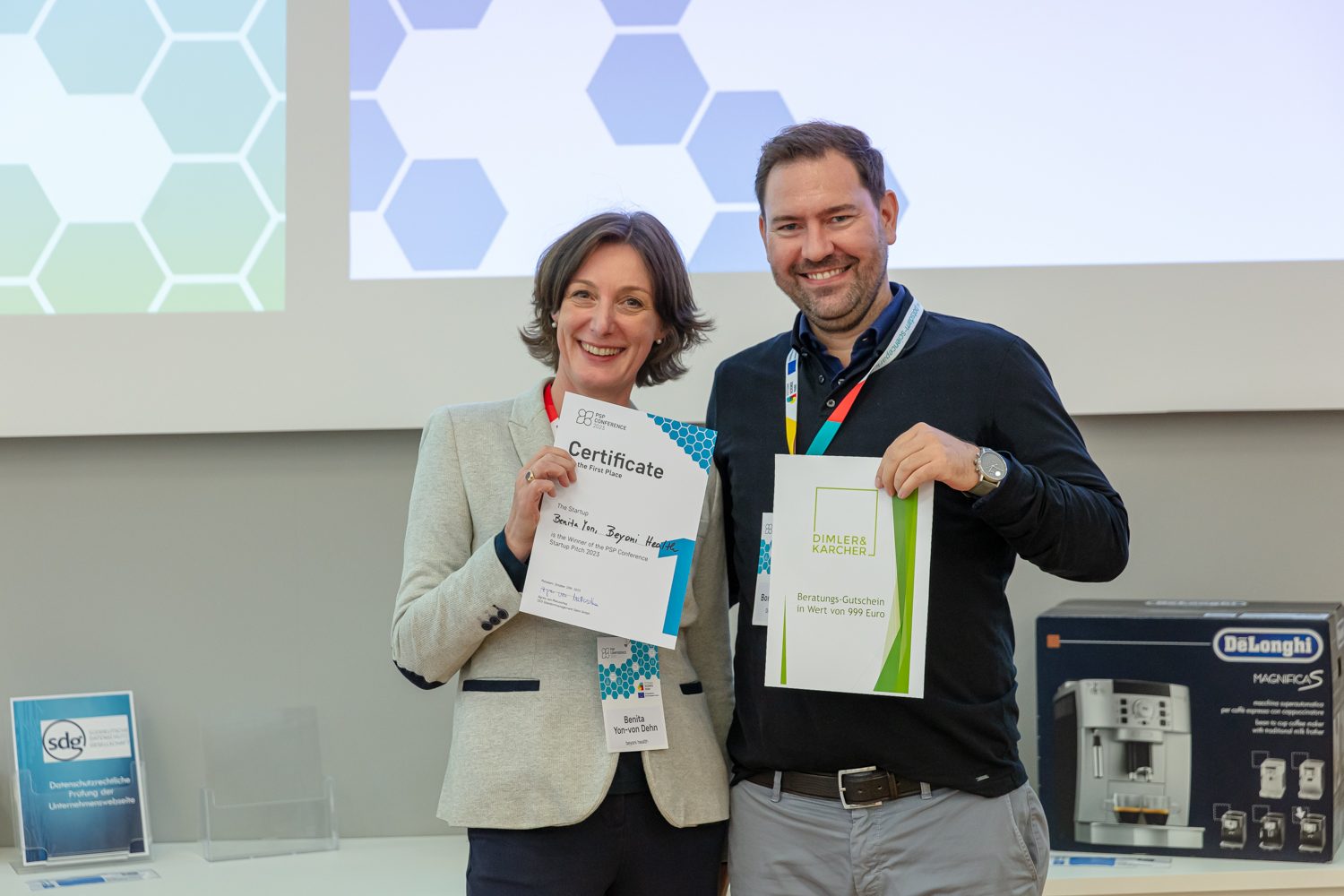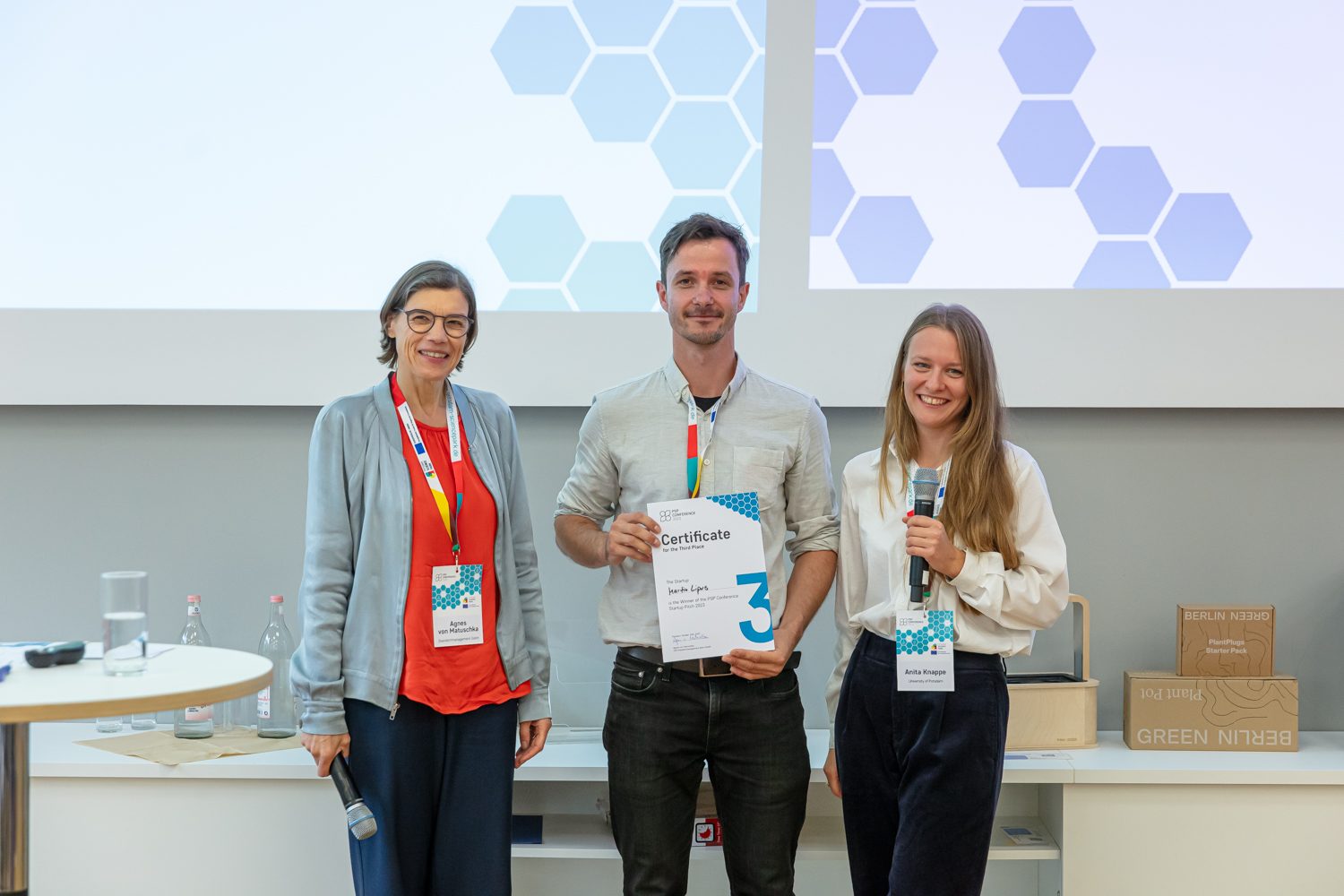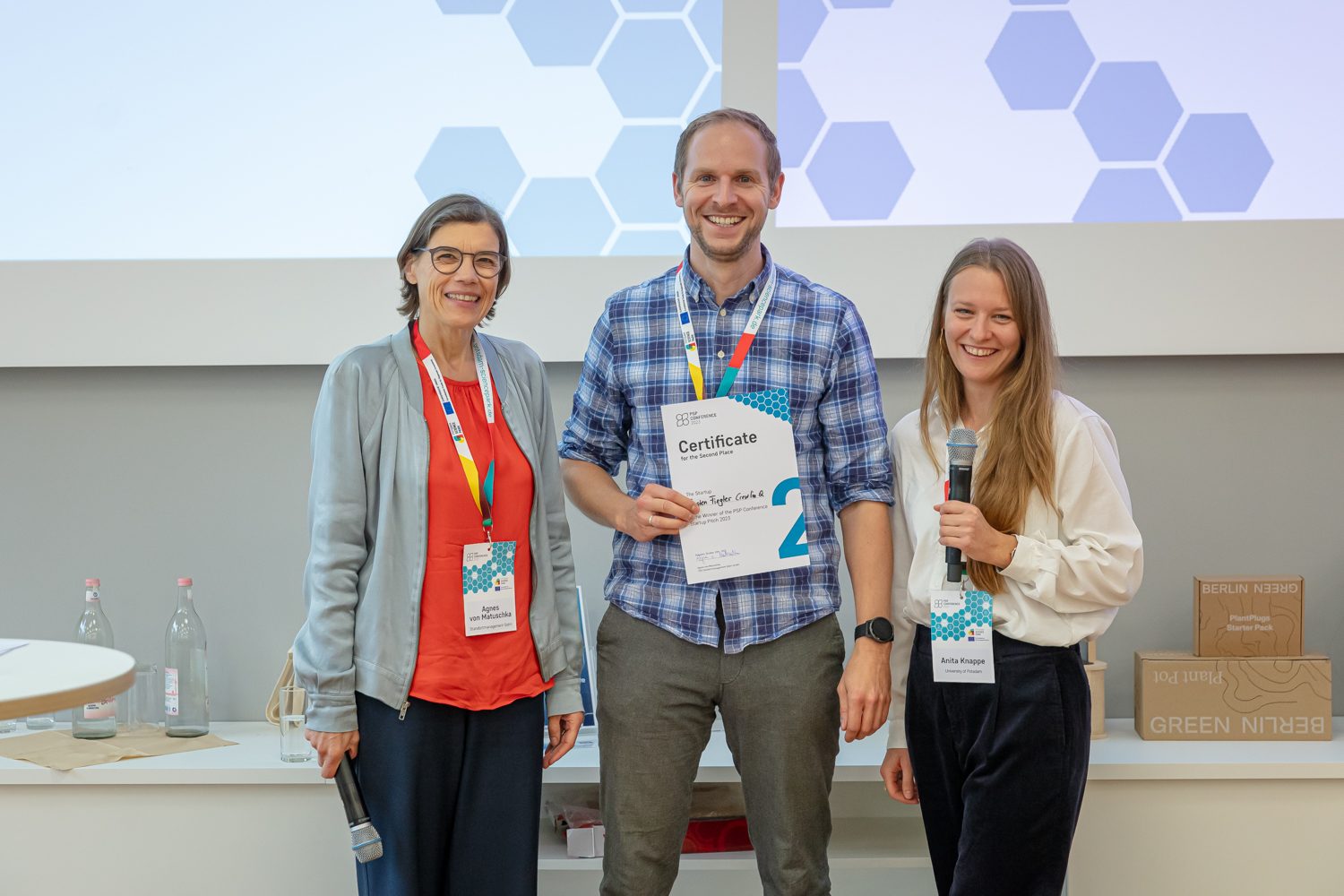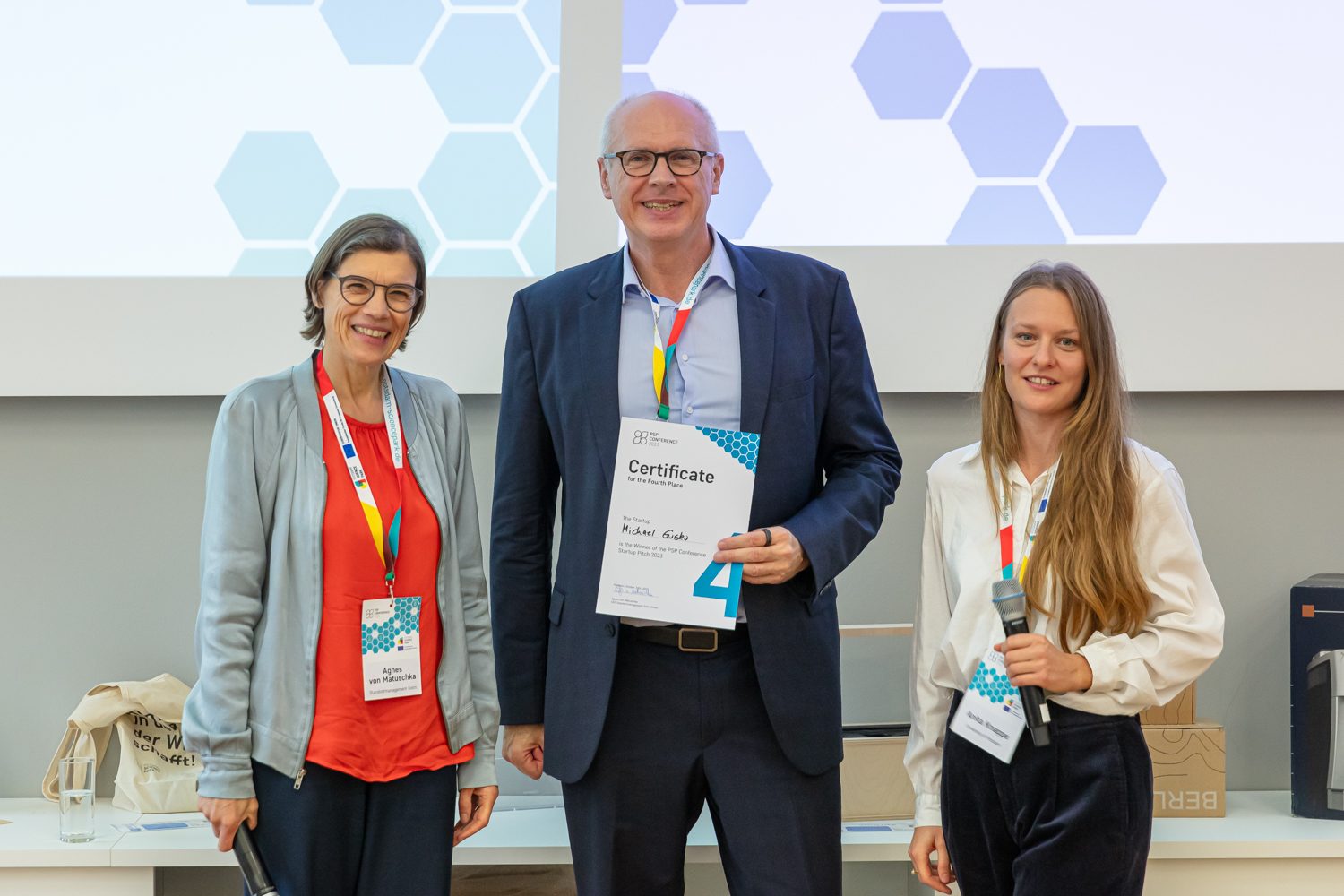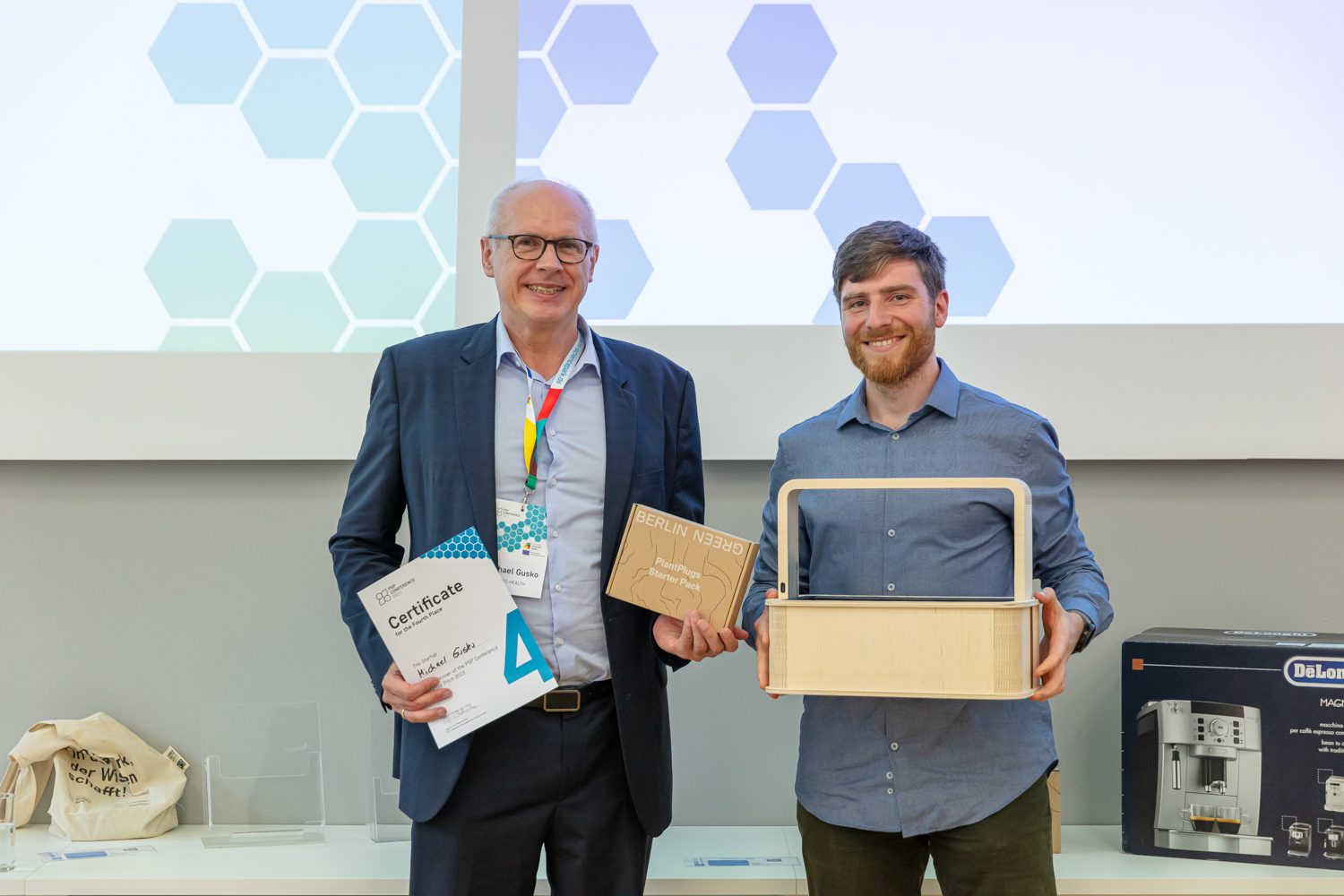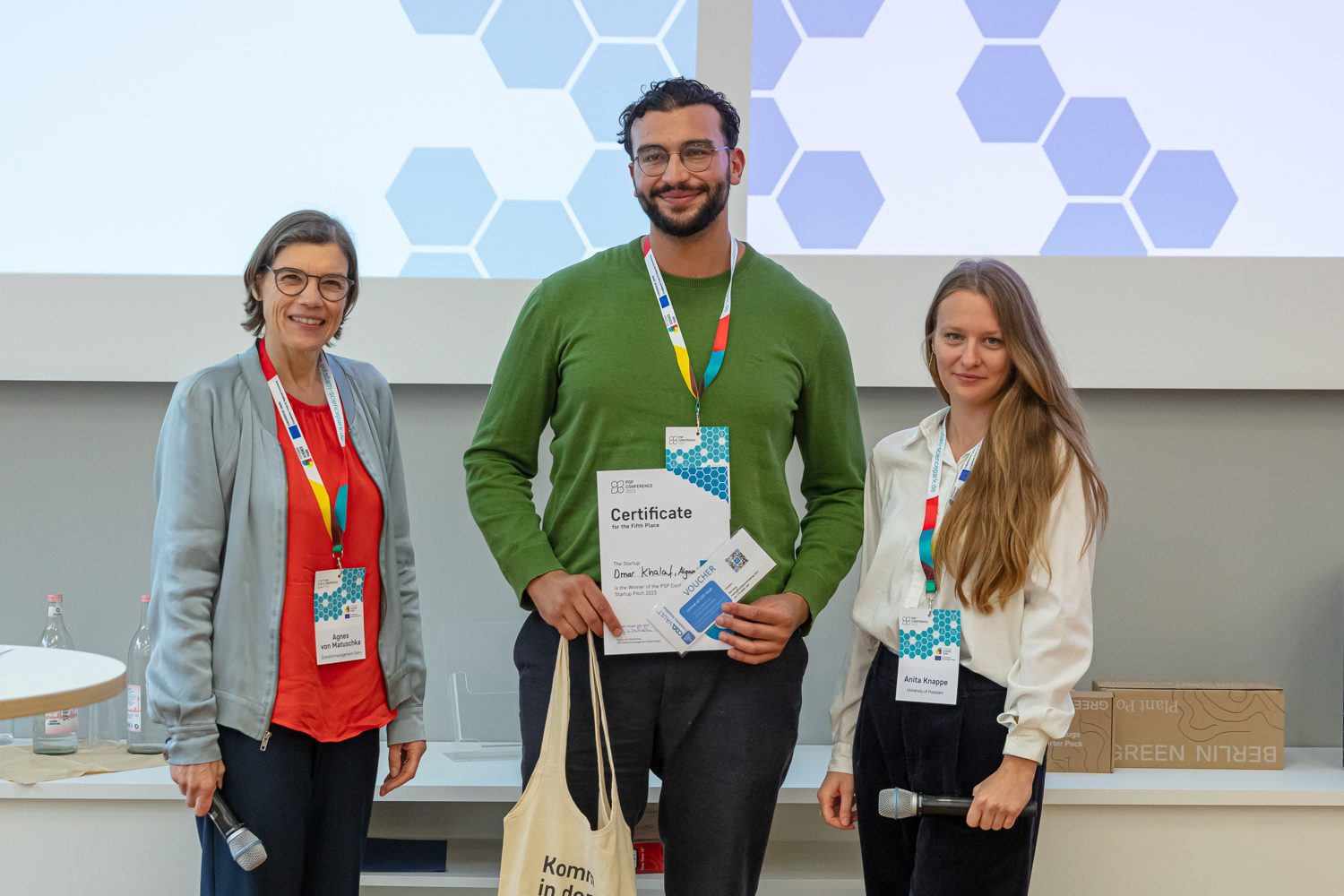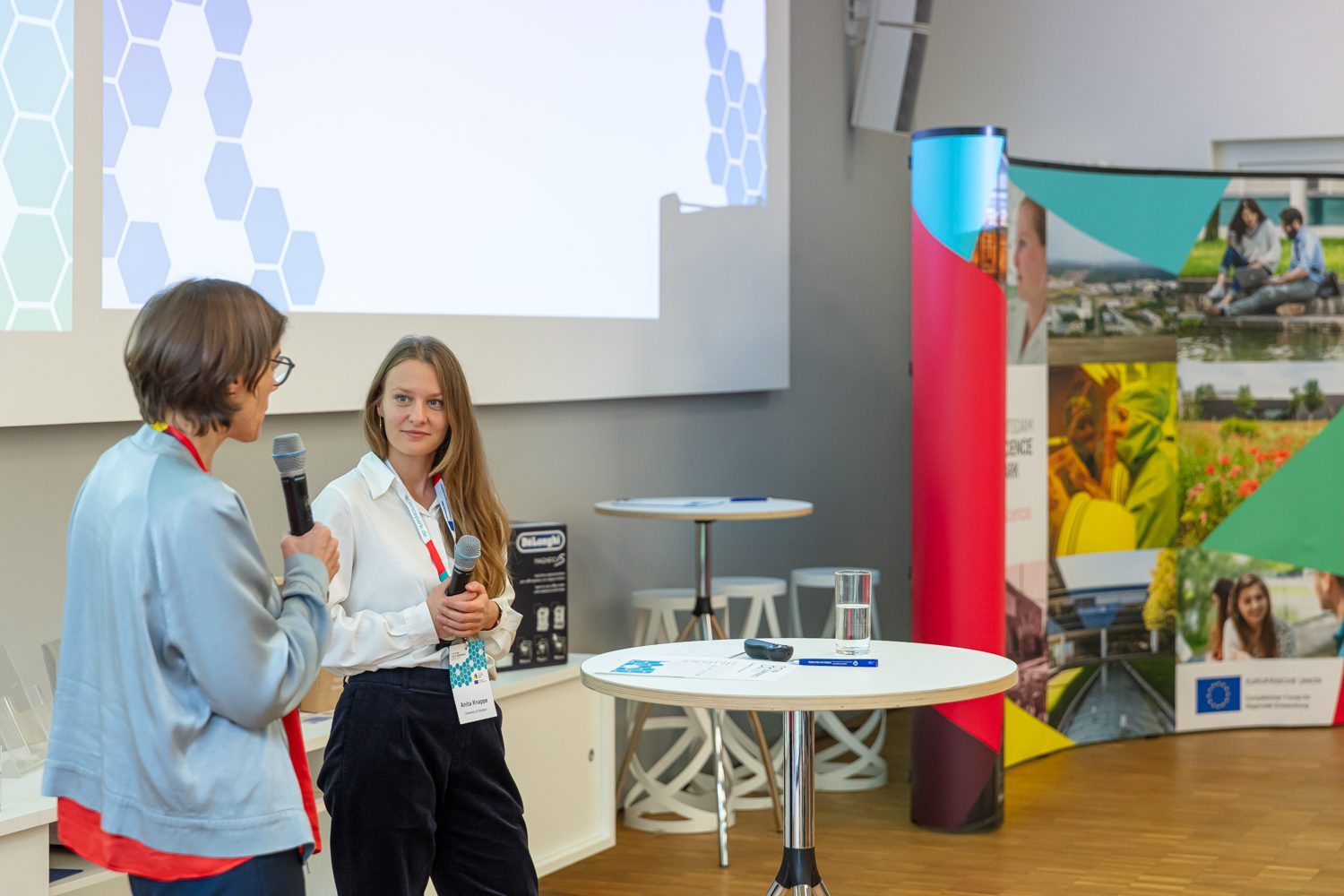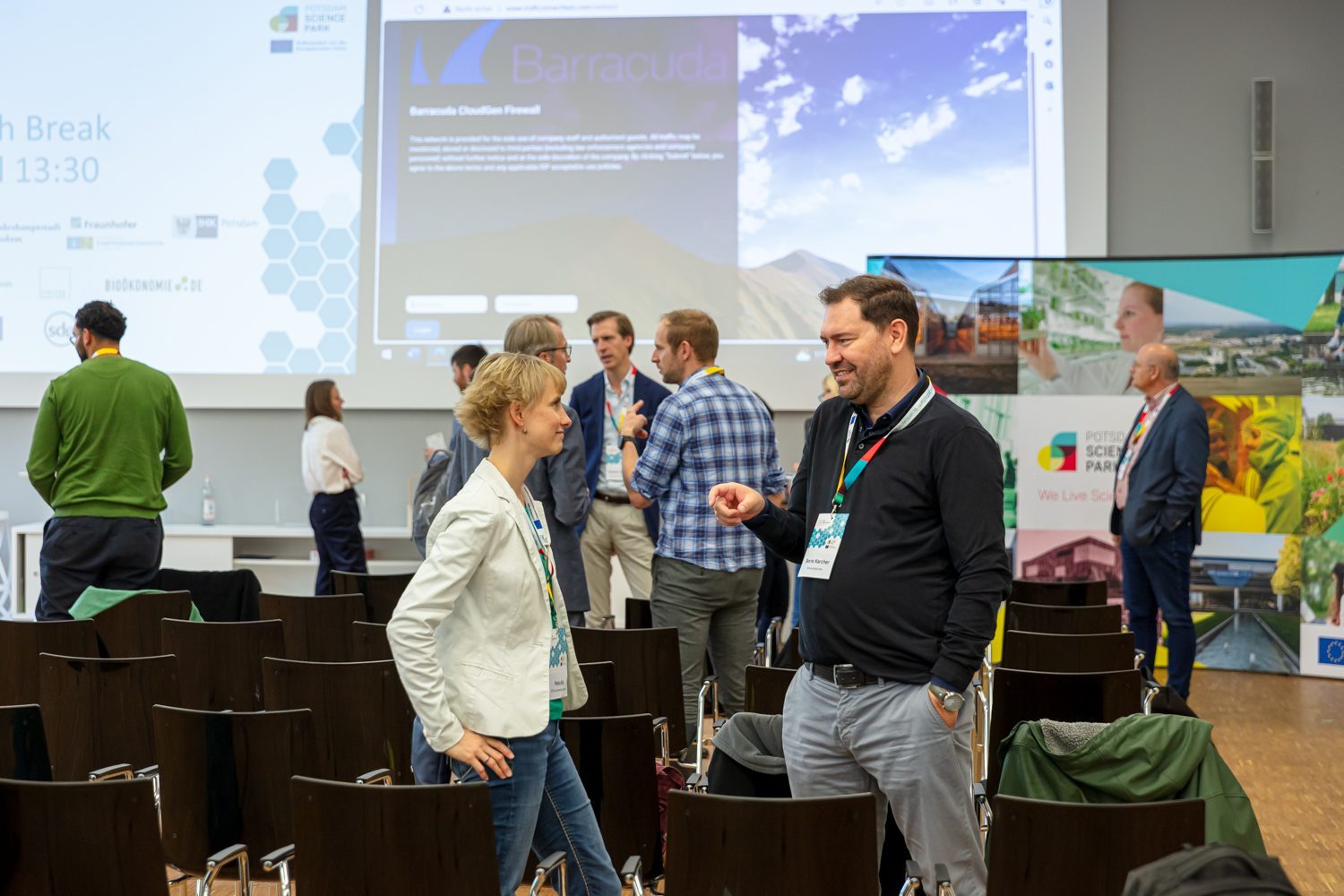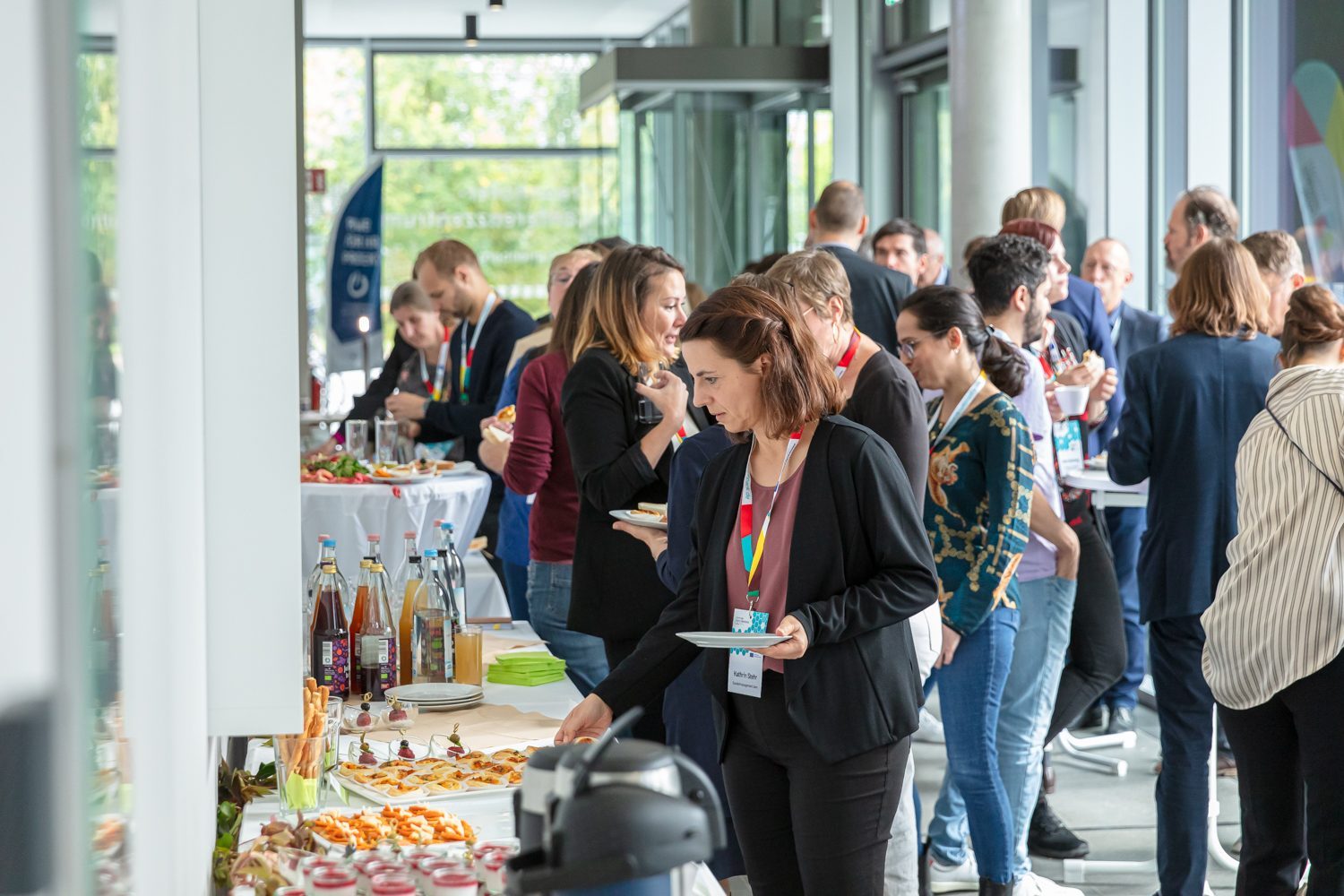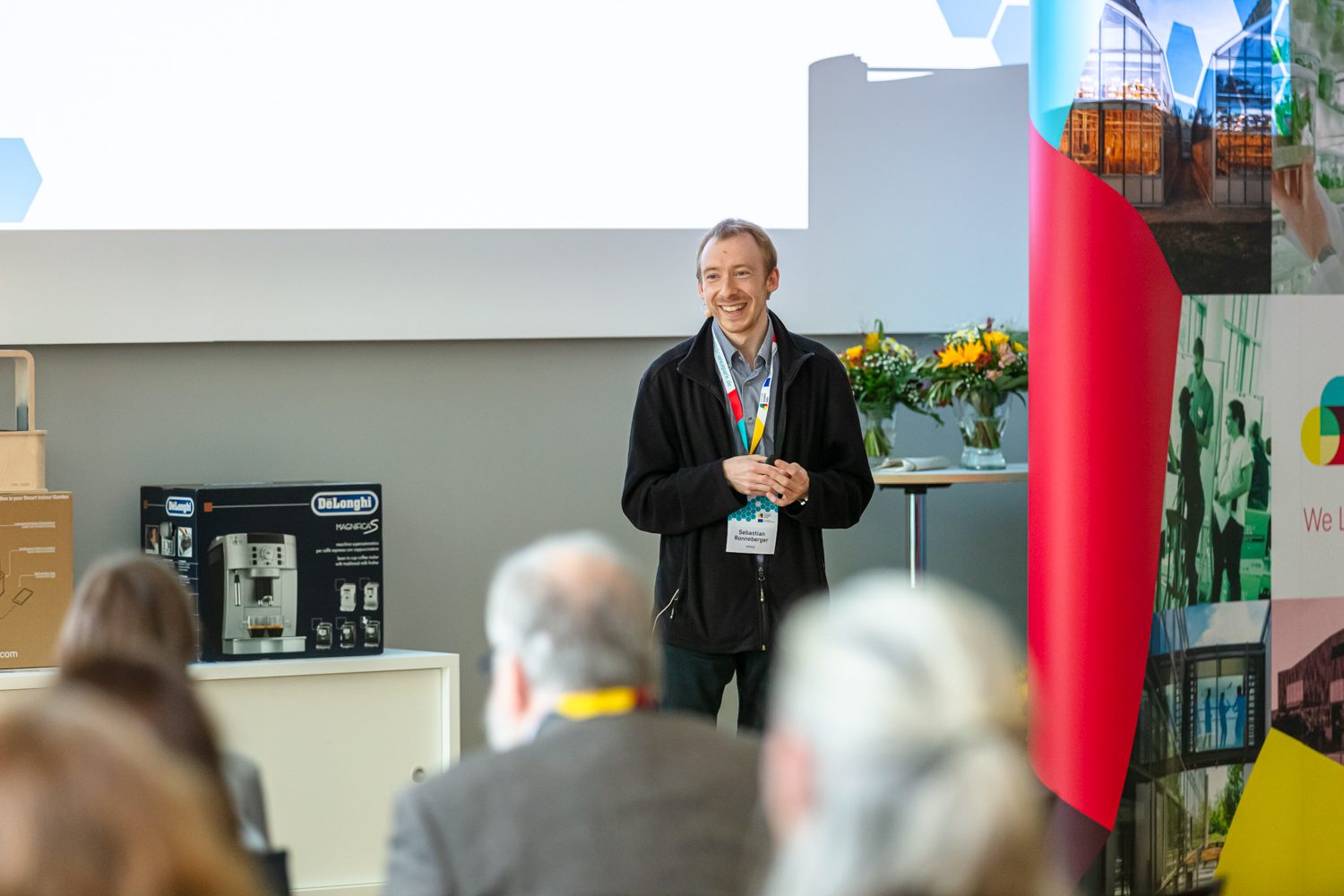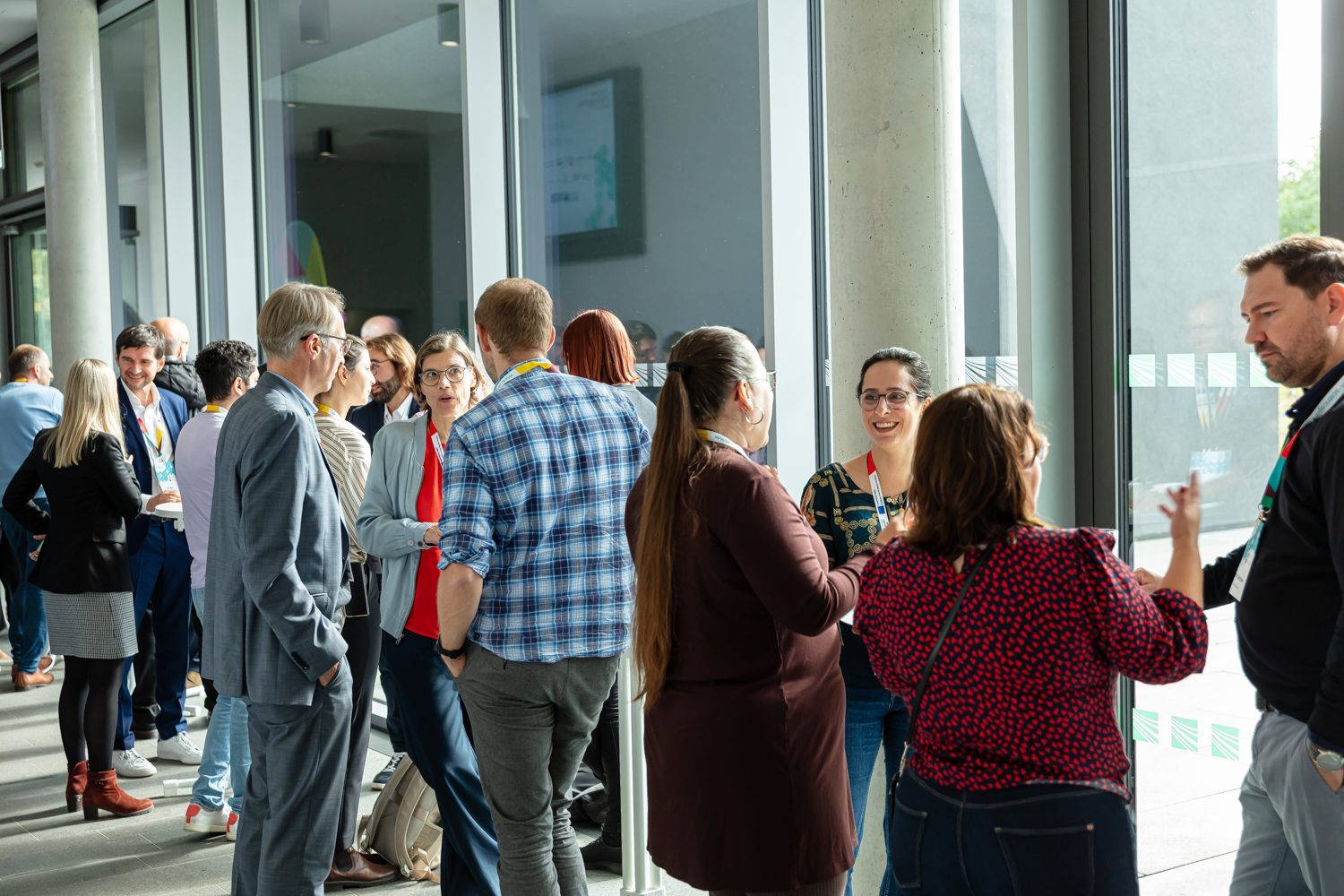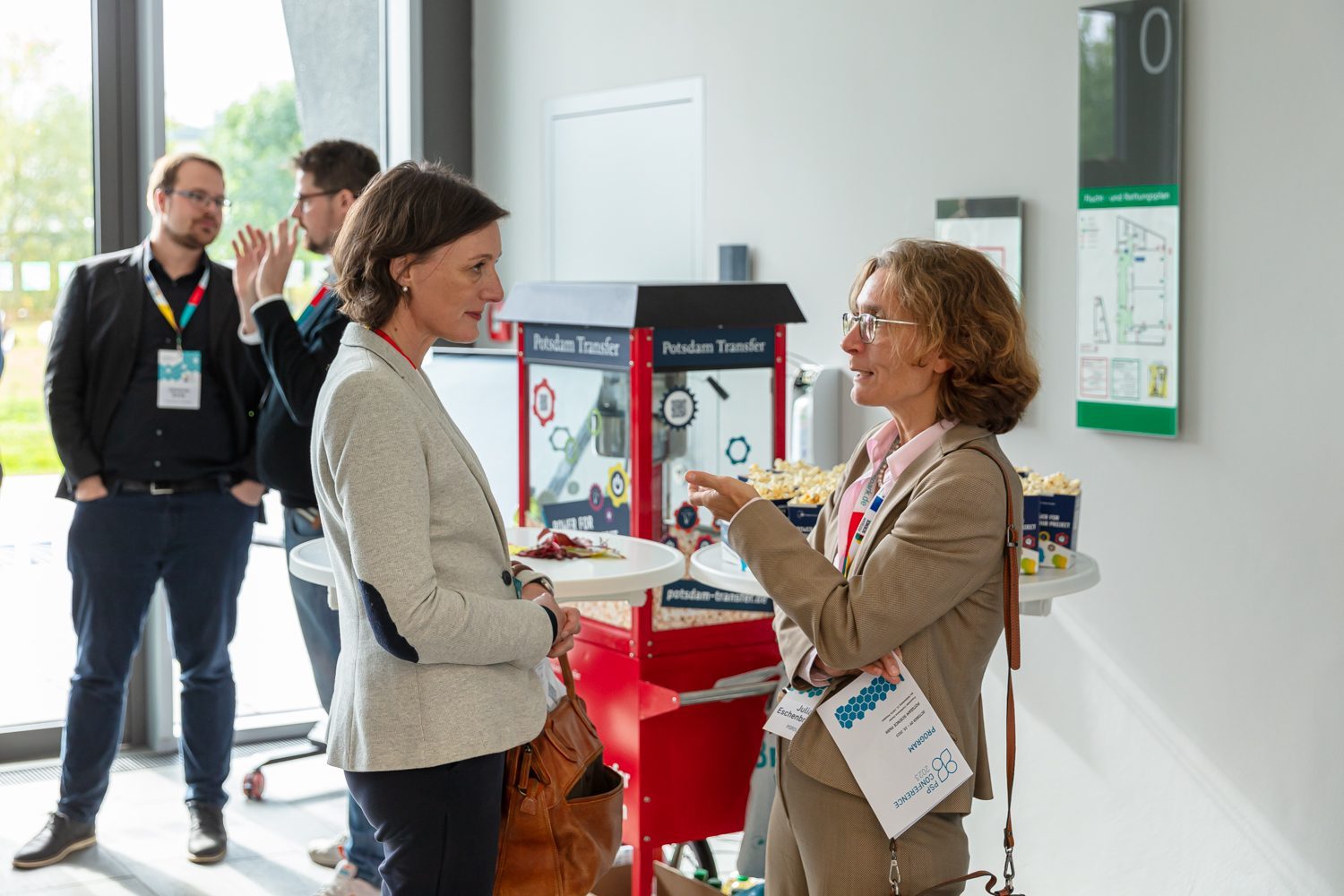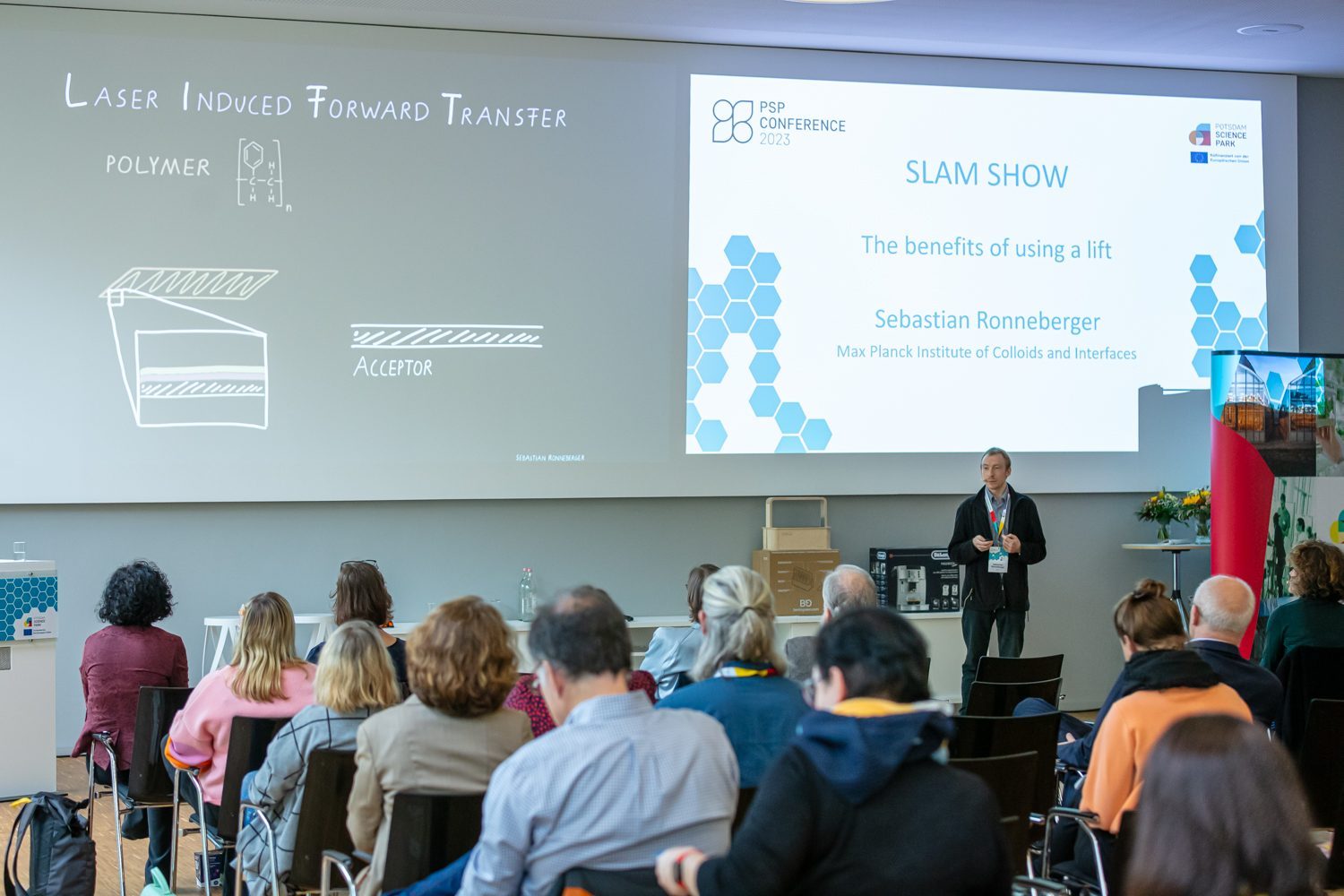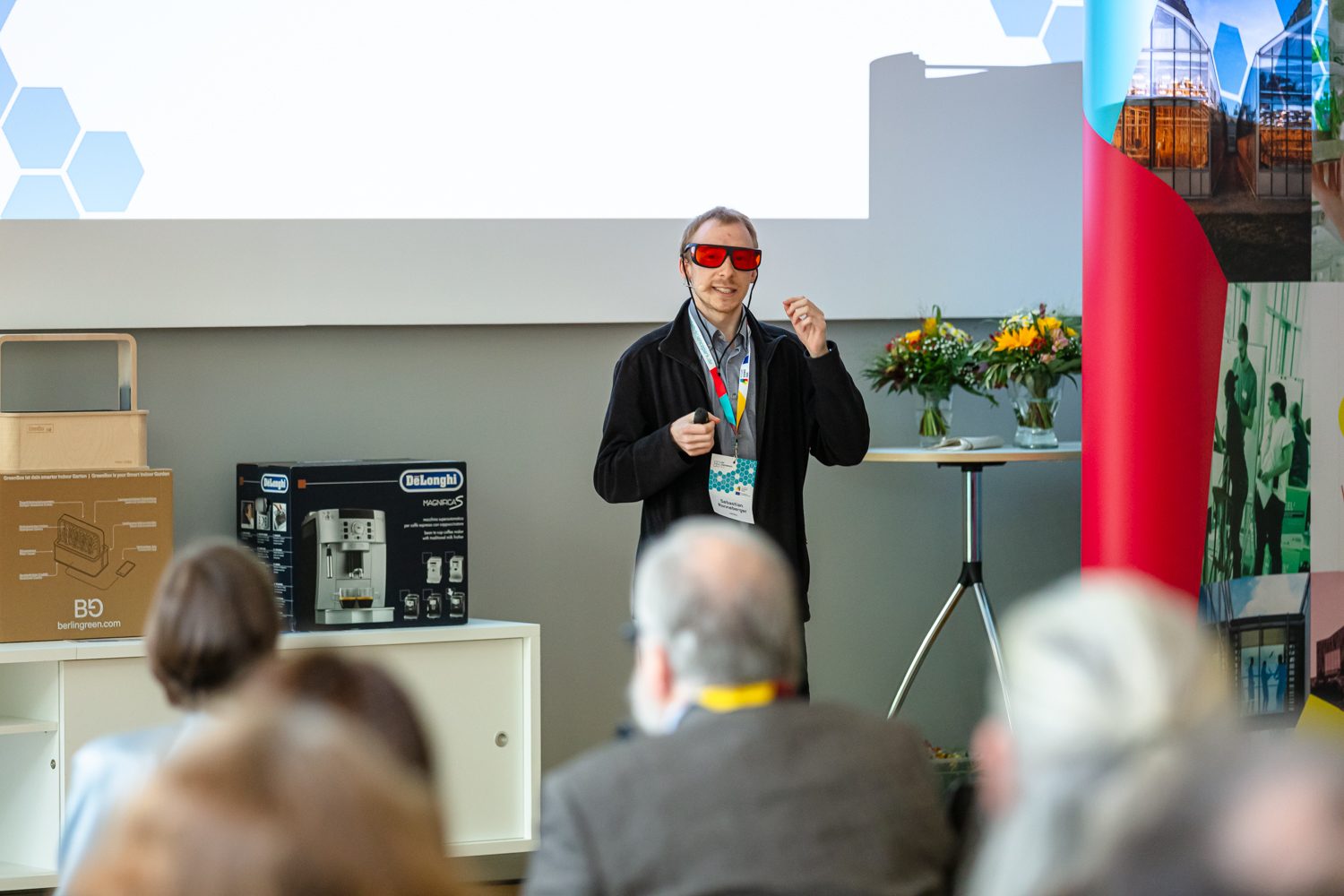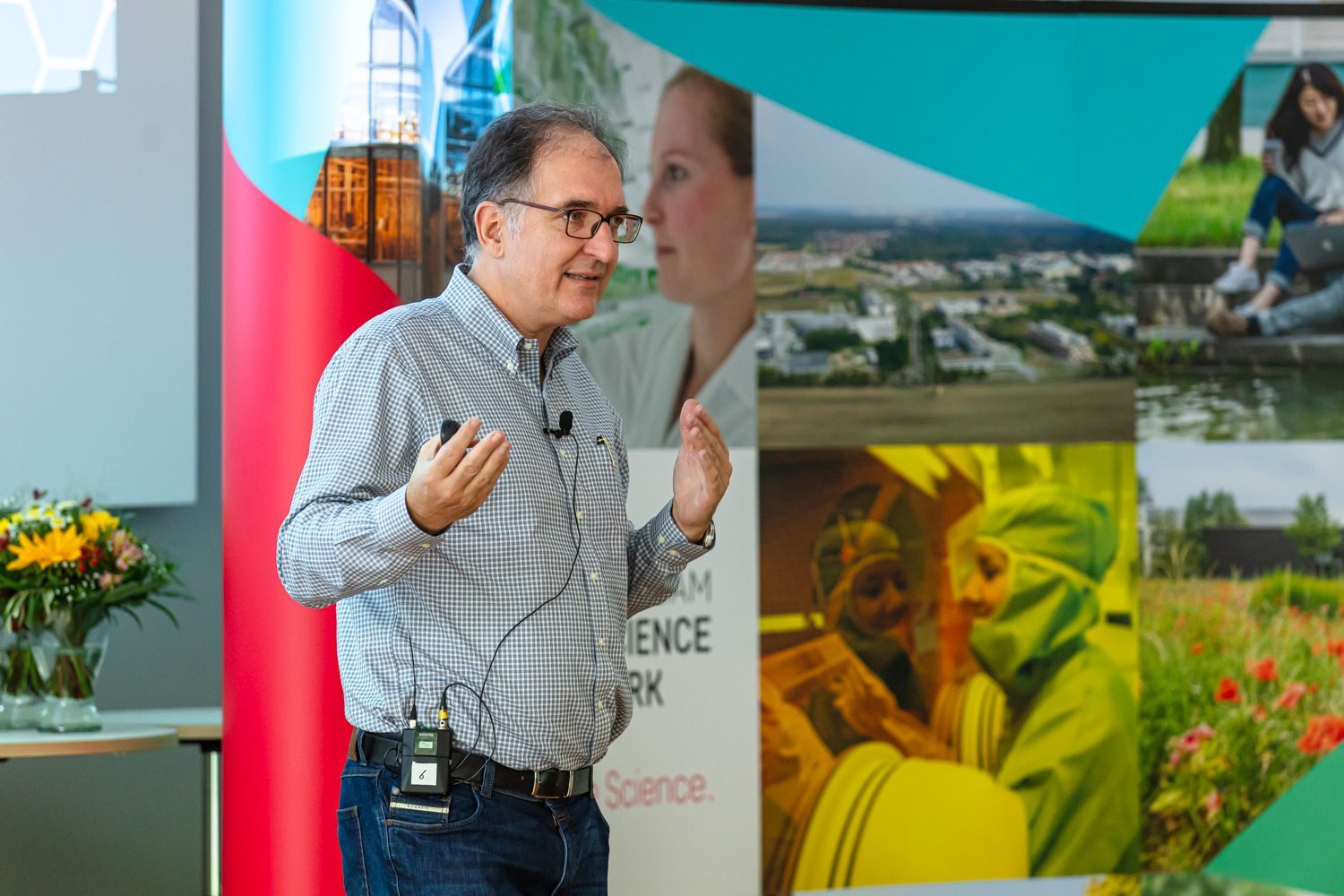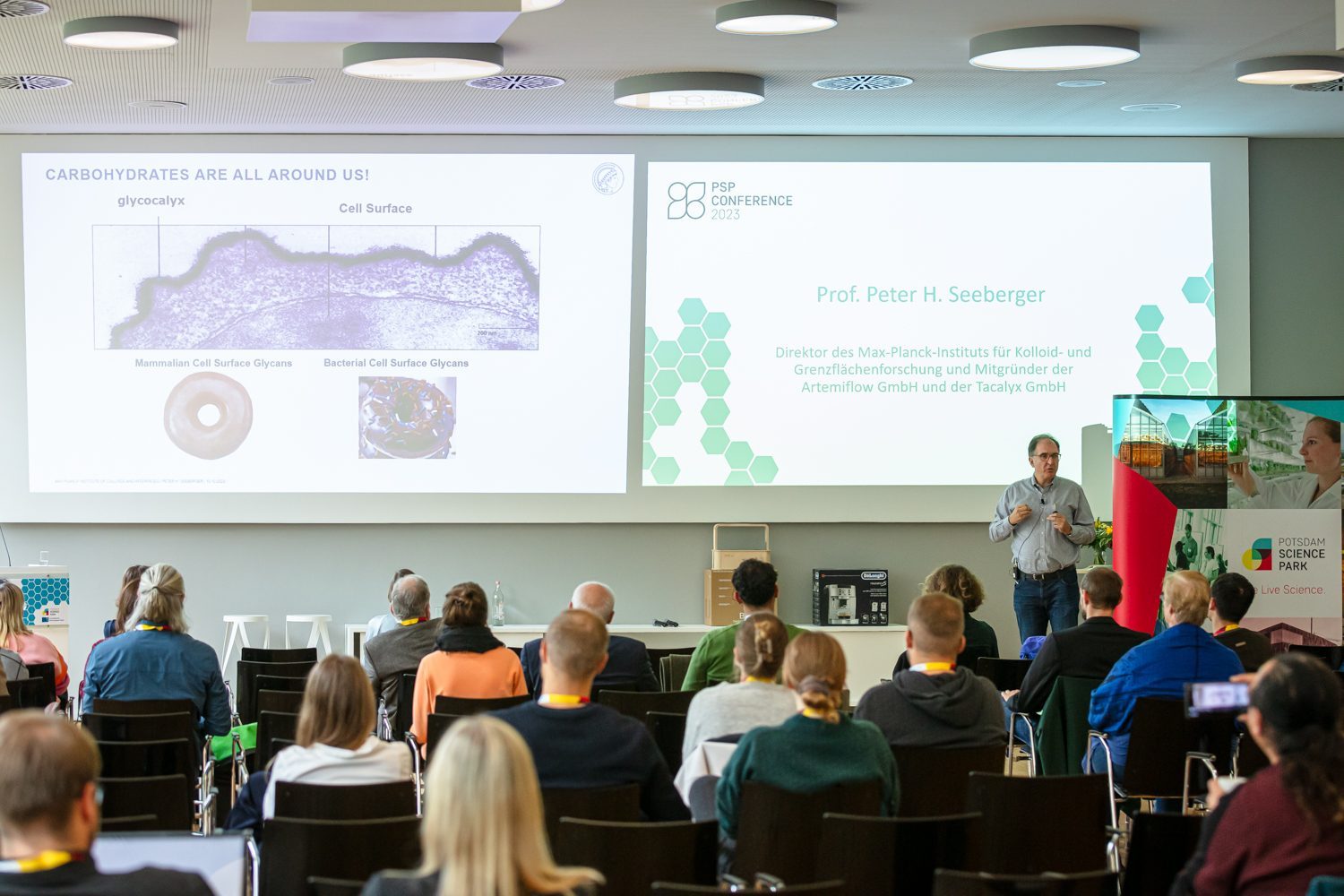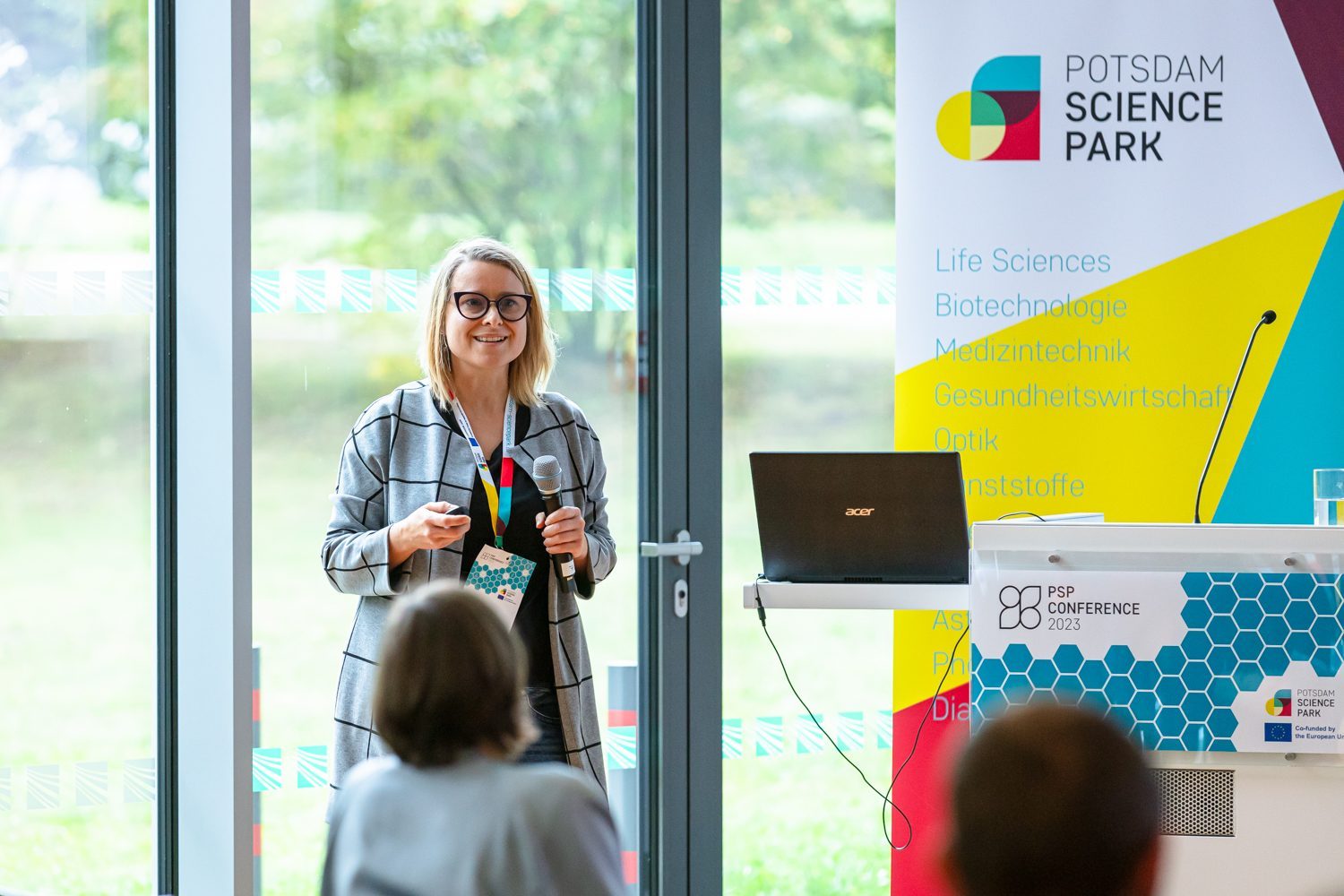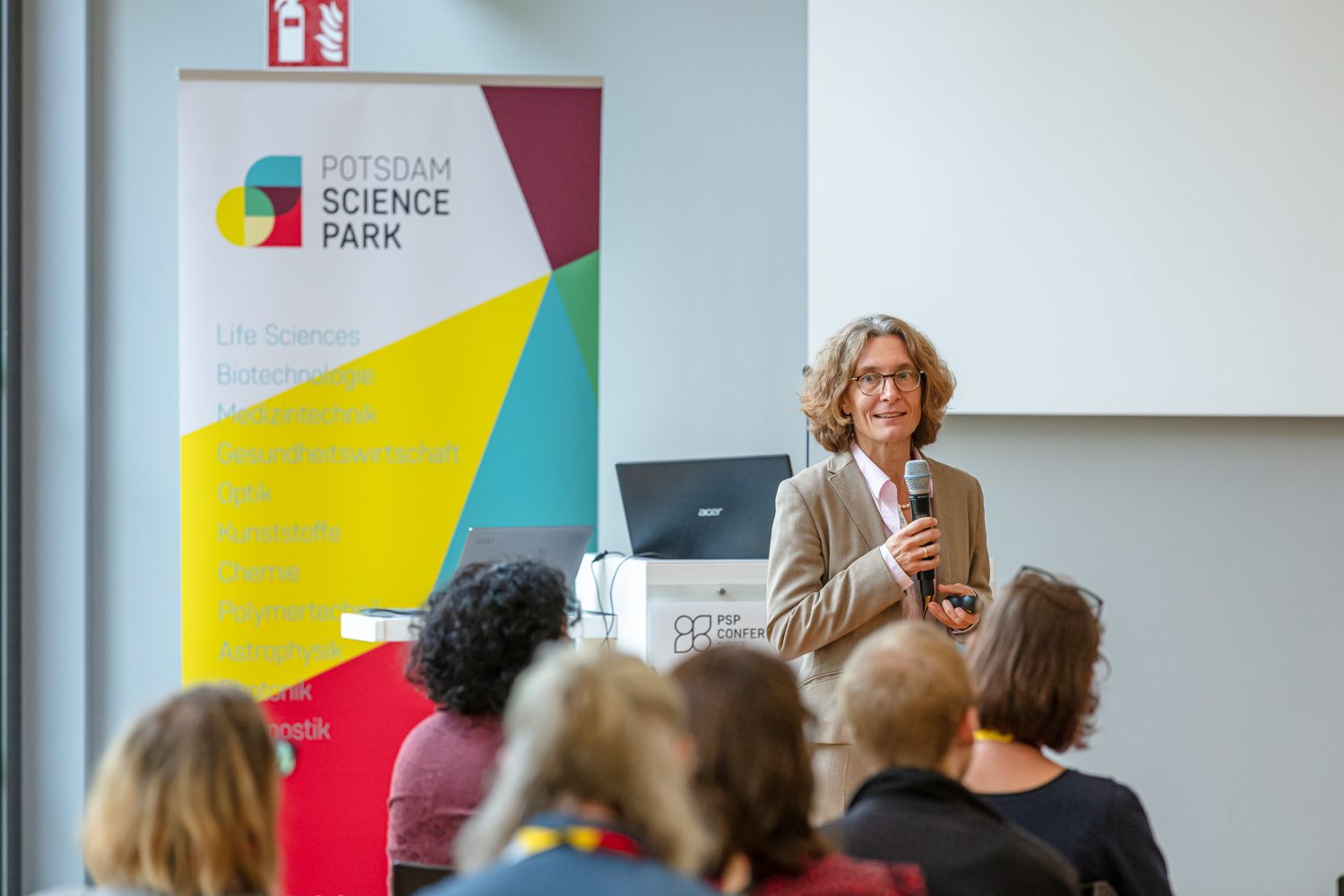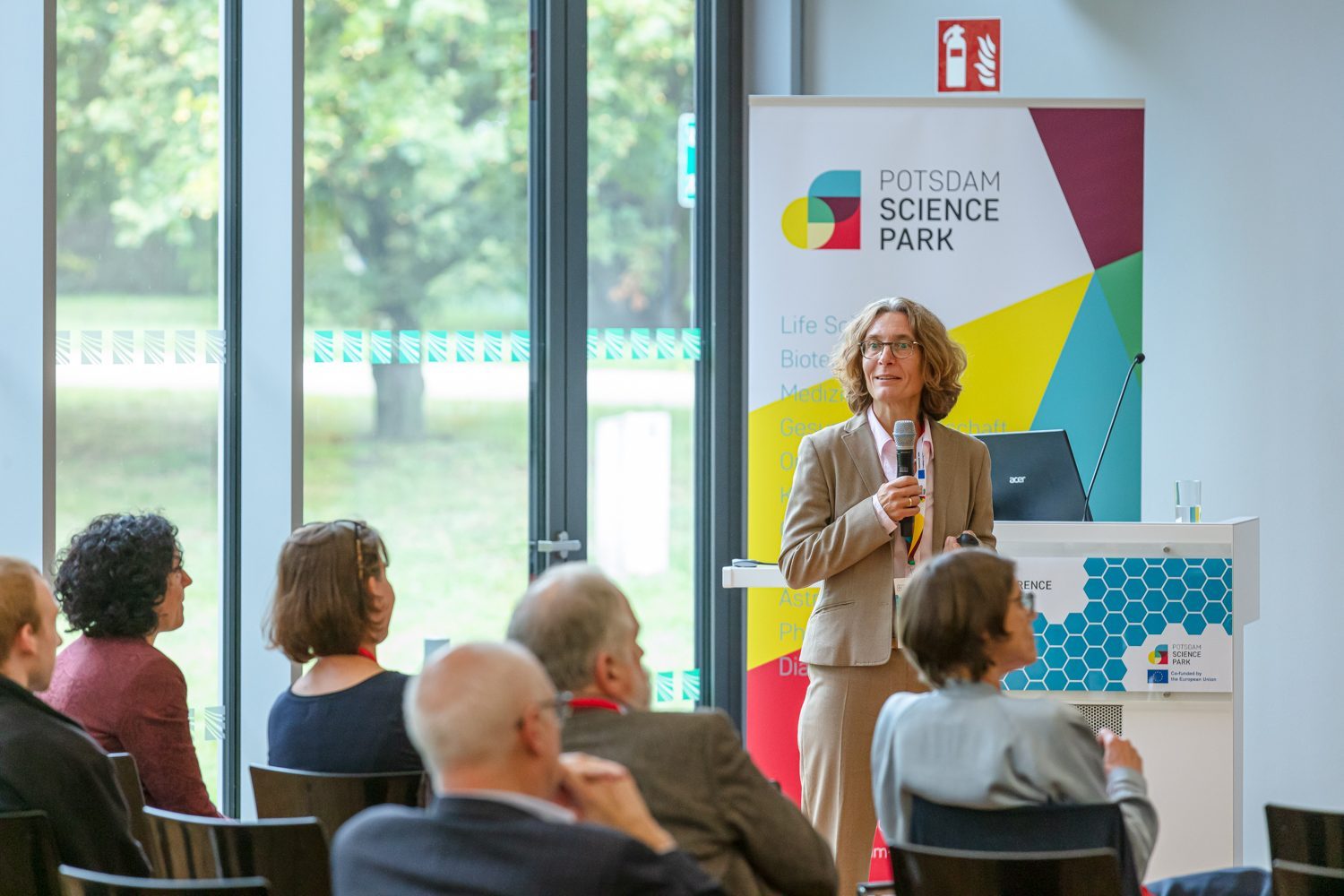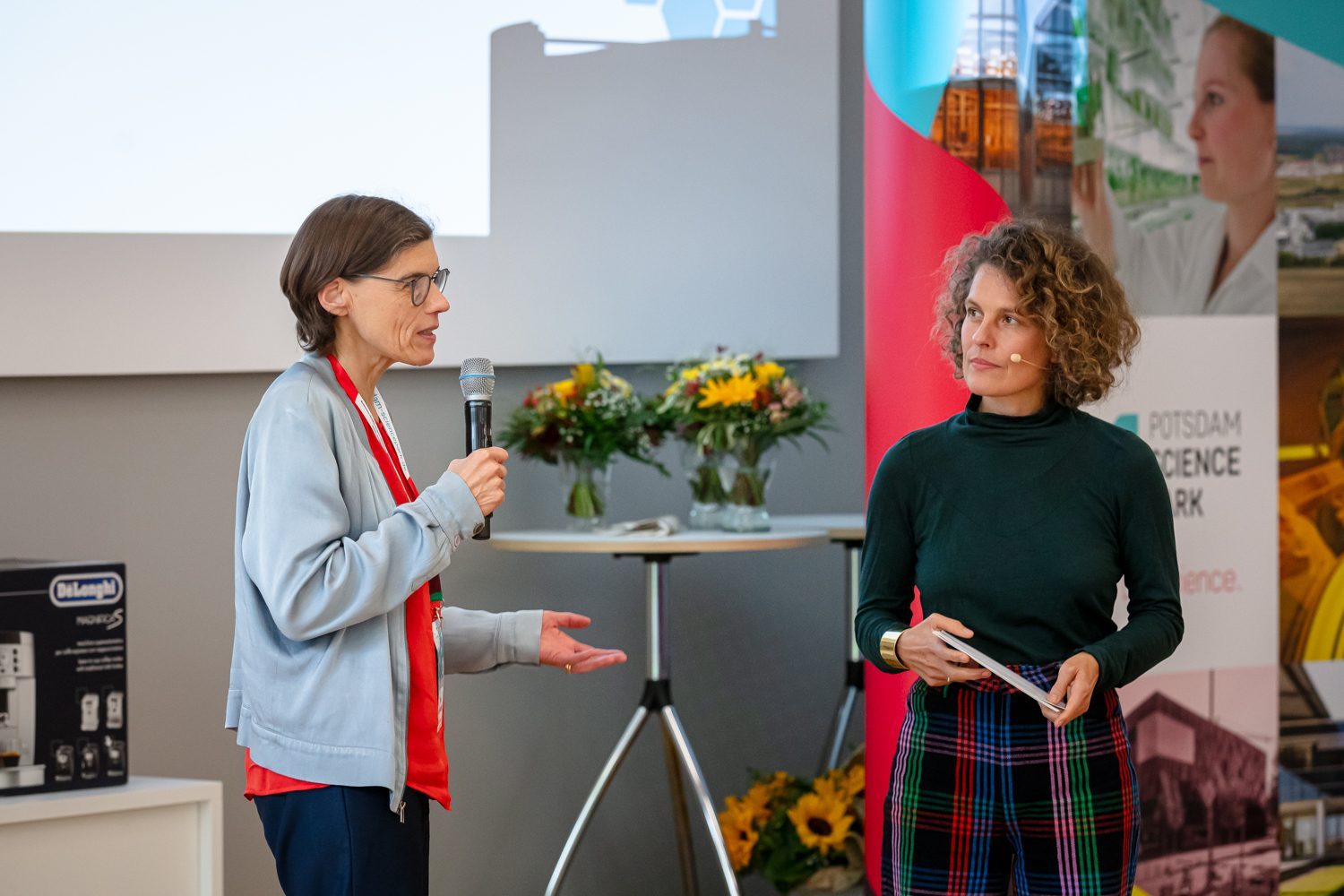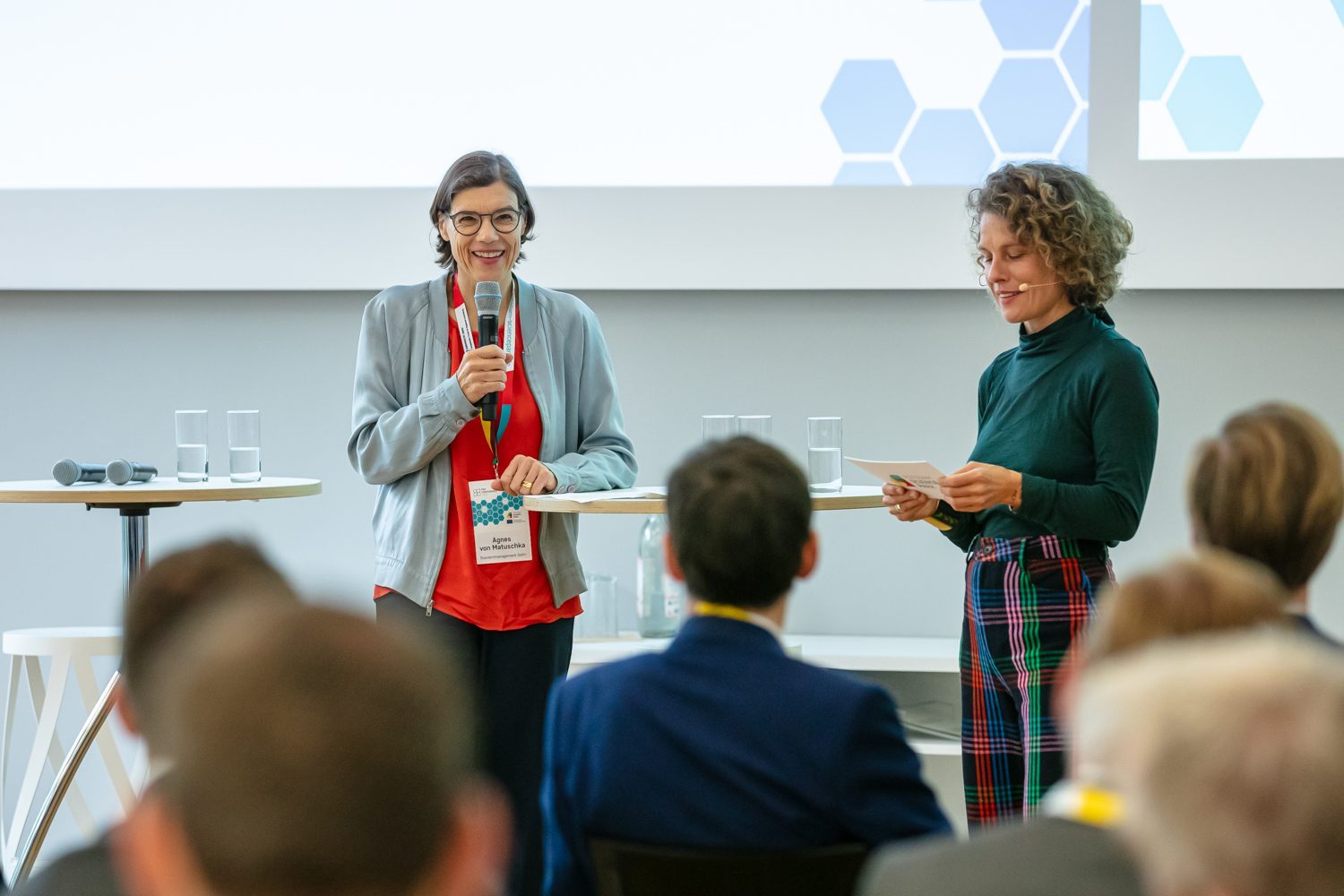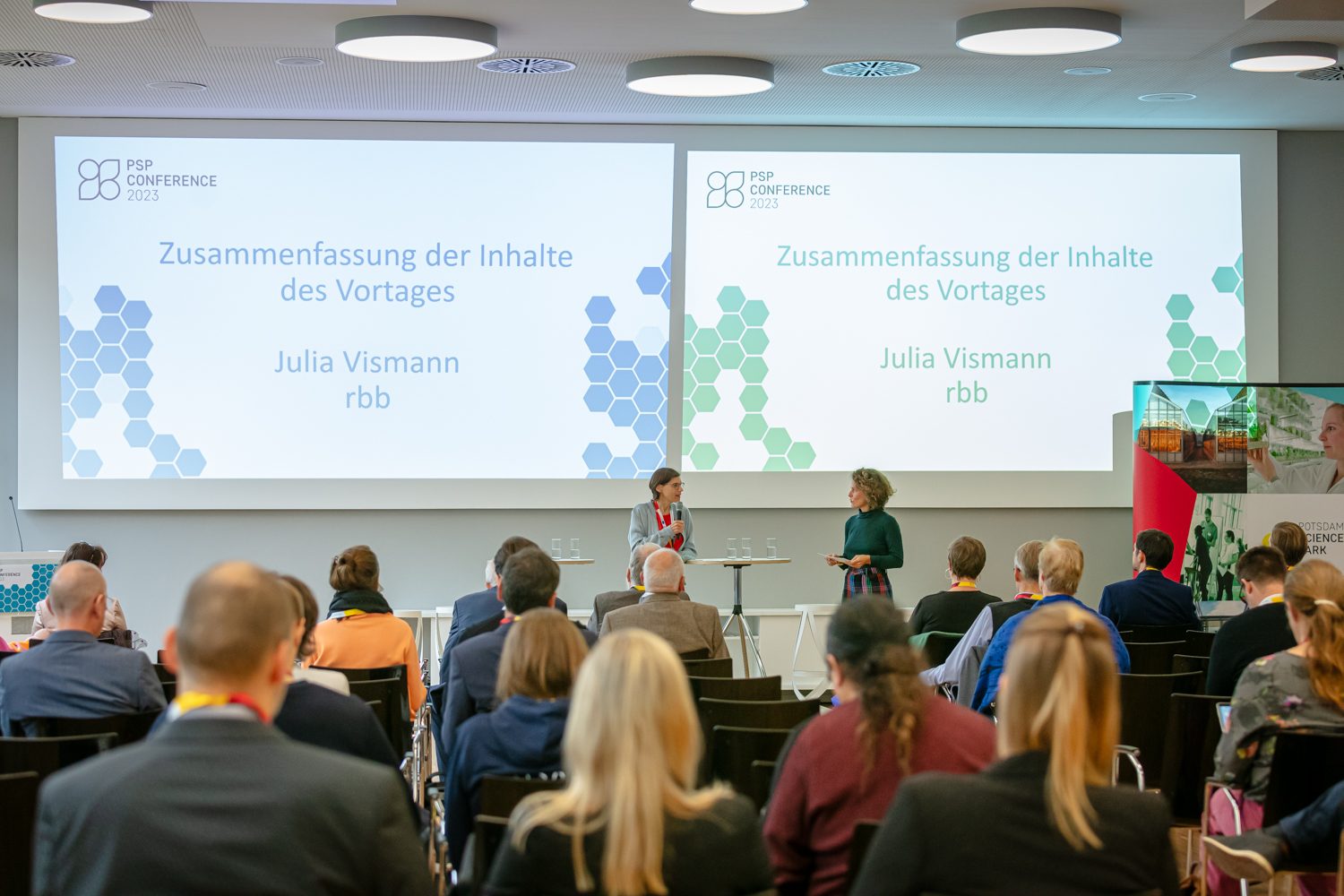
PSP Conference
This year’s PSP CONFERENCE – SUSTAINABILITY marked a long-lasting attempt by Potsdam Science Park to build bridges between science, business, and society — creating spaces where ideas meet opportunity and research grows into real solutions. Only through collaboration we can build a truly sustainable future.
PSP Conference 2025 – SUSTAINABILITY
The 2025 Potsdam Science Park (PSP) Conference on Sustainability once again turned the spotlight on collaboration as the driving force for a greener future. Scientists, entrepreneurs, innovators, and policymakers came together to showcase bold ideas and discuss how sustainable technologies and research can shape tomorrow’s world. But one message resonated louder than any keynote or panel: collaboration must go both ways. Scientists don’t need to be forced into thinking like entrepreneurs — what they truly need is support in finding the right partners from business and industry to turn their discoveries into real-world impact. At the same time, companies must be curious enough to knock on the lab door, explore what’s happening in research, and help bring innovation to life.
Check out the photo gallery from the event below, and here is a quick recap of the two conference days:
Recap Highlights from Day 1 – October 13, 2025
The conference began with welcoming remarks from Agnes von Matuschka (CEO Standortmanagement Golm), Prof Oliver Günther (President of the University of Potsdam) and Dr Friederike Haase (State Secretary, Ministry for Economic Affairs, Labour, Energy and Climate Action of the State of Brandenburg).
Opening the program Prof Silvia Vignolini (Director of the Max Planck Institute of Colloids and Interfaces (MPICI) delivered a visionary keynote on colour engineering inspired by nature. She explored how vibrant structural colours—seen in plants and animals—can be recreated by designing nanoscale structures from natural materials like cellulose.
Sustainability initiatives in Brandenburg were showcased through short talks, including:
The Sustainability Platform Brandenburg – a network for exchanging ideas and solutions (Dr Ira Matuschke; GFZ), and
Raising awareness for hydrogen as an energy storage system (Jan Gühne; PROOH2V)
A panel discussion explored pathways to bring sustainable technologies from research to market, with insights from organizations like Impact Hub Berlin (Harsha Jagasia), Klimatic Group (Aneri Pradhan) and Potsdam Science Park (Agnes von Matuschka). Key insight: success depends not only on researchers adopting entrepreneurial mindsets but on building interdisciplinary teams, especially including business experts, supported by the right infrastructure and opportunities.
In the afternoon, materials innovation took center stage with presentations by:
Prof Alexander Böker showed how, from recycling to bio-based innovation, Fraunhofer Institute for Applied Polymer Research IAP is reimagining materials paving the way toward a circular, low-carbon world.
Through smart integration of materials science, catalysis, and advanced manufacturing, Prof Francesca Toma presented how at Helmholtz-Zentrum hereon biomass and residues are converted into clean fuels and functional materials.
By preserving natural materials and uniting science with design, Dr Charlett Wenig (MPICI) amazed the audience with fashion textiles made from wood — showing how bark can become beauty.
The PSP Offsprings session showcased Potsdam Science Park alumni projects turning research into impactful business:
Dr Stefano Mazzanti (Alumnus MPICI, Lab Facility Lead at John Cockerill Hydrogen) with his journey from lab research to real-world impact showed how leaving academia can open exciting new paths. With curiosity and a willingness to grow, challenges become opportunities to make a difference.
PolliConnect – a project that brings nature and people together by using AI to protect wild pollinators, connect habitats across borders, and make sustainability knowledge accessible to all – was presented by Dr Rodrigo Perez-Garcia (Alumnus MPICI, Senior innovation Manager at Inova DE GmbH & PolyhedraLabs gUG)
The session concluded with a compelling example of how research at Potsdam Science Park is transformed into business: a presentation by Harald Pinger, CEO of Humify GmbH, a spin-off from the MPICI) showcasing how their innovative process turns biomass waste into “superhumus” that boosts soil health, increases crop yields, and captures carbon—offering a scalable solution for climate-smart agriculture.
The day concluded with a focus on bioeconomy and smart infrastructure projects:
Dr Lena Hochrein (BMBF Junior Research Group Leader, University of Potsdam) highlighted how synthetic biology is driving the shift to a circular bioeconomy. The TAILOR project develops synthetic biology tools to generate customized microbial hosts for diverse industrial applications, enabling renewable biomass to be efficiently converted into valuable products—offering sustainable solutions to global challenges like climate change and resource scarcity.
Dr Thomas Hoffmann (Leibniz Institute for Agricultural Engineering and Bioeconomy e.V. (ATB)) presented the Leibniz Innovation Farm (InnoHof©), a cutting-edge, collaborative project near Potsdam Science Park that integrates sustainable farming, bioeconomy, and technology. By combining agriculture, biorefineries, and digital tools, InnoHof develops innovative solutions for a circular bioeconomy — bridging research, industry, and farmers to shape the future of sustainable agriculture.
The closing talk of day one was given by Prof Wagener (Alexander von Humboldt Professor for the Analysis of Hydrological Systems at the University of Potsdam) who emphasized that water is the foundation of life. As we face increasing global challenges, the Potsdam WaterHub brings together researchers across disciplines to find innovative, collaborative solutions for a sustainable water future.
Recap Highlights from Day 2 – October 14, 2025
After a brief recap of Day 1, Dr med Christiane Ambs (German Federal Institute for Risk Assessment, BfR) opened Day 2 with a keynote on the future of plant-based nutrition. Presenting the pioneering COPLANT study, she highlighted how 6,000 participants across Germany and Austria can help uncover the health impacts and sustainability of modern diets — paving the way for evidence-based guidance in a changing food landscape. The study is still looking for participants — join now and be part of the change!
The session “REDUCE, REUSE AND RECOVERY FOR A BETTER TOMORROW” highlighted innovative solutions for a more sustainable future. From plastic alternatives (Dr. Manuel Häußler, MPICI and aevoloop GmbH) and green chemistry (Dr. Bruno Gomes Guimarães, greenCHEM), to biocatalysts for protein synthesis (Ruben Walter, Fraunhofer Institute for Cell Therapy and Immunology, Branch Bioanalytics and Bioprocesses IZI-BB) and sustainable fashion accessories (Ulrike Böttcher, Valupa GmbH), the session showcased how the three R approach can drive real change across industries.
A session on AI and Sustainability explored how smart data management is key to unlocking AI’s full potential in research. Dr Joanna Deek (Collaborative Drug Discovery) emphasized the importance of building robust, FAIR-aligned data infrastructure early on—enabling scalability, collaboration, and AI readiness. The message was clear: handle your data right from the start, and it will drive your future. In the closing talk of the session, Dr Axel Sommer (SOMMERRUST GmbH) presented four provocative scenarios for 2035, showing how AI could both advance and challenge sustainability — prompting reflection on the societal choices and values that will shape our future.
Moving from company presentations to the startup world, Prof Bastian Halecker (University of Potsdam) delivered an inspiring impulse: in today’s fast-paced landscape, speed alone isn’t enough. Deep Tech — rooted in scientific breakthroughs — holds real solutions to urgent challenges. He emphasized that research needs entrepreneurship as a bridge to society. From Potsdam, science and startups must unite to create lasting, sustainable impact.
The Startup Pitch showcased pioneering solutions across energy, subsurface visualization, and ESG-focused AI tools:
Dr Benedict Bender (Find-Your-Software) presented AI-powered software discovery to boost business and ESG impact.
Annika Klausen (Nanolope GmbH) introduced how turning buildings into sustainable batteries.
Dr Rhea Machado (Porelio GmbH) shared innovations in scalable, high-efficiency purification.
Dr Felina Schütz (VFG-Lab GmbH) demonstrated advanced subsurface visualization technologies.
The winner of the pitch competition was Dr Benedict Bender (Find-Your-Software)! Congratulations!
The conference concluded with an engaging science slam by Anika Sander (German Institute of Human Nutrition and Technical University of Munich), who revealed how bilirubin—commonly seen as waste—might protect us from intestinal diseases and even grant us “superpowers.” Following this, Fraunhofer IAP showcased cutting-edge innovations in circular bioplastics and sustainable materials:
Dr Antje Lieske presented advances in flexible PLA grades and chemical recycling efforts toward Germany’s first circular biopolymer production.
Dr Bert Volkert shared a vision to replace petro-based plastics with bio-based, biodegradable alternatives to combat microplastics.
Dr Jens Balko highlighted R&D work to bring sustainable plastics from lab scale to real-world use.
Dr Jens Buller focused on eco-friendly, starch-based adhesives that reduce fossil fuel dependency and promote biodegradable packaging.
Overall the PSP Conference 2025 showcased the power of collaboration across science, entrepreneurship, and innovation to tackle today’s pressing sustainability challenges. From visionary breakthroughs in bio-inspired materials and synthetic biology to cutting-edge AI applications and circular bioeconomy solutions, the conference highlighted the critical role of interdisciplinary teamwork and entrepreneurship in turning research into real-world impact.
Key insights emphasized the need to build strong data foundations, foster cross-sector partnerships, and support startups as bridges between lab and market. Innovations ranged from sustainable fashion and green chemistry to smart infrastructure and plant-based nutrition, all driving us toward a circular, low-carbon future.
Most importantly, the conference reinforced a collective responsibility: by working together—across institutions, disciplines, and industries—we can develop transformative solutions that ensure a sustainable and resilient future for our planet and communities.
About the PSP Conference 2025
PSP Conference 2025 was organized by the Standortmanagement Golm GmbH and Potsdam Transfer of the University of Potsdam together with a large number of partners from Brandenburg (WFBB – Economic Development Agency Brandenburg, High-Performance Center Integration of Biological and Physical-Chemical Material Functions, Potsdam Chamber of Commerce (IHK Potsdam) and Economic development of the state capital Potsdam) and co-financed by funds from the European Union and the State of Brandenburg.
The PSP Conference is also supported by Potsdam Chamber of Commerce (IHK Potsdam), Collaborative Drug Discovery, Süddeutsche Datenschutzgesellschaft mbH, WFBB – Economic Development Agency Brandenburg, Dimler&Karcher, nora by Interface, High-Tech Gründerfonds and VOSSIUS & PARTNER.
Photo Impressions – PSP Conference 2025 – SUSTAINABILITY
Impressionen - PSP Conference 2024 – HEALTH
Impressionen - PSP Conference 2023
Contact
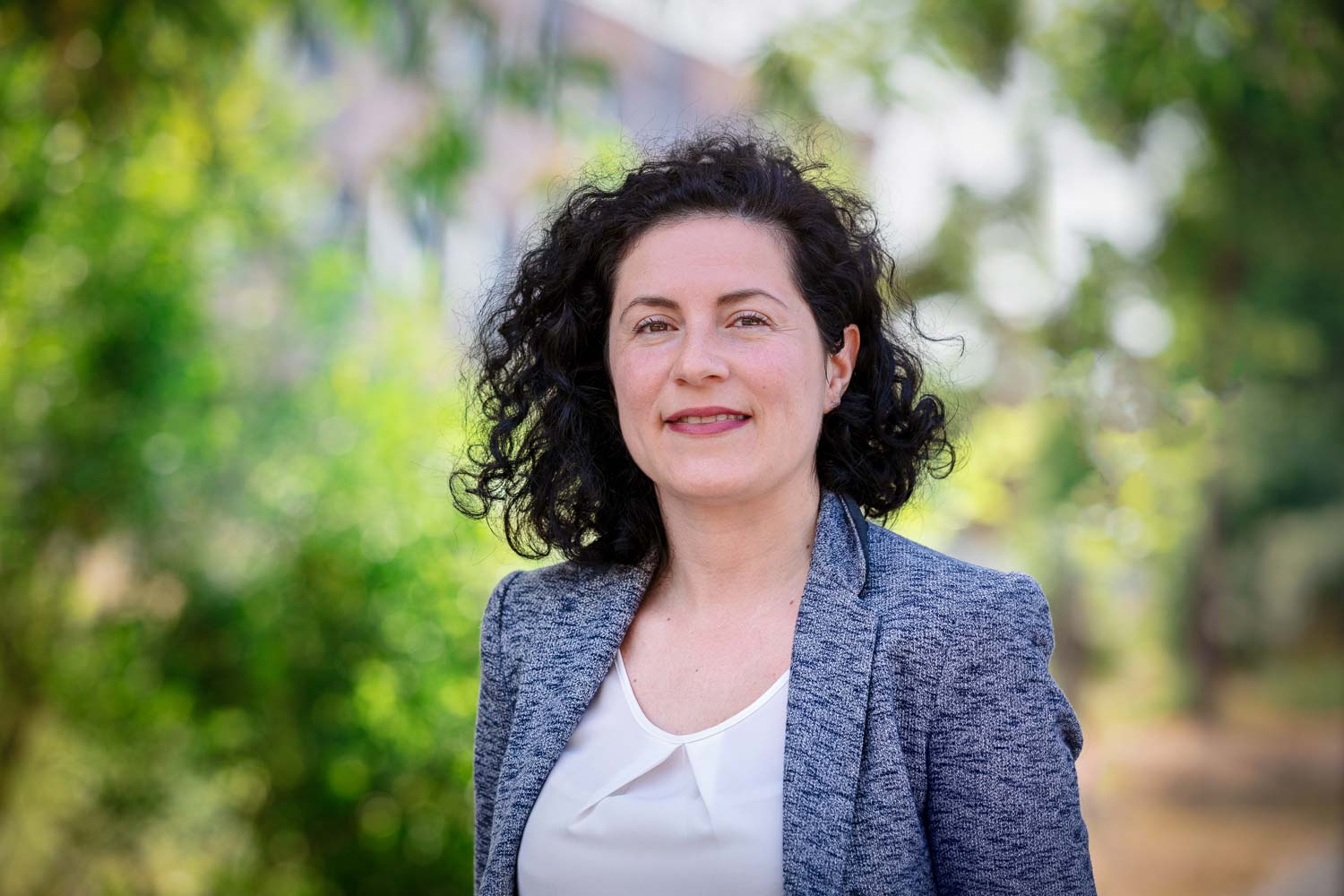
Dr. Maria Grazia Annunziata
Transfer and Cooperation
grazia.annunziata@potsdam-sciencepark.de +49 331 237 351 137